-
The Ark, the Crane & the Turtle
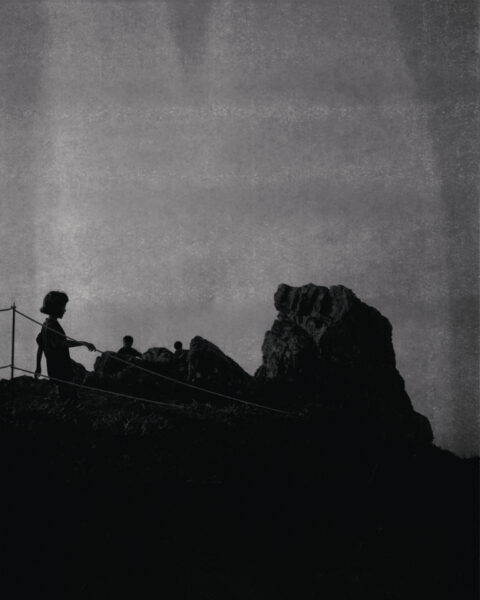
Kagome Kagome_Tsurugi san – Japan 2017
Gelatin silver print / variable size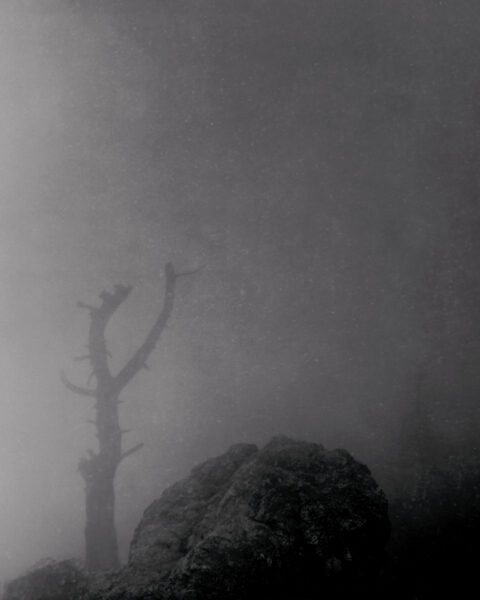
Silent tree_Tsurugi san – Japan 2017
Gelatin silver print / variable size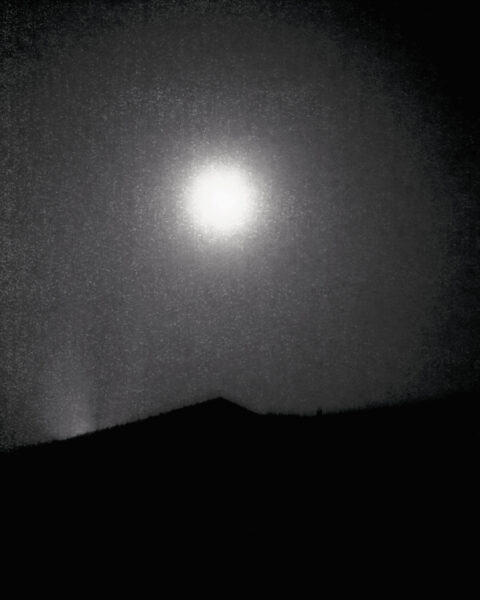
Holy mountain_Tsurugi san – Japan 2017
Gelatin silver print / variable size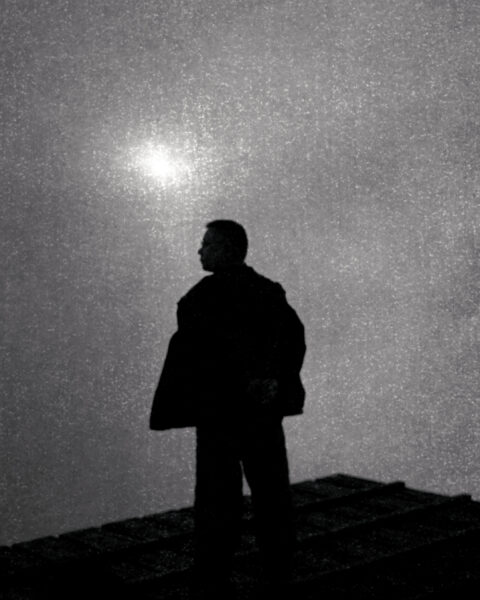
In the night of dawn_Tsurugi san – Japan 2017
Gelatin silver print / variable size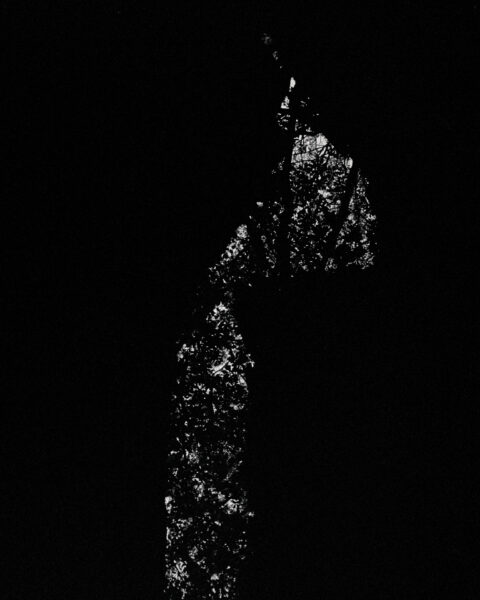
Taurus cave_Tsurugi san – Japan 2017
Gelatin silver print / variable size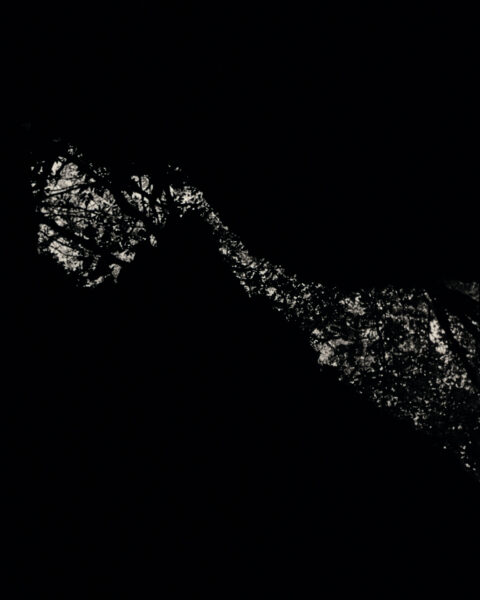
Inner cave_Tsurugi san – Japan 2017
Gelatin silver print / variable size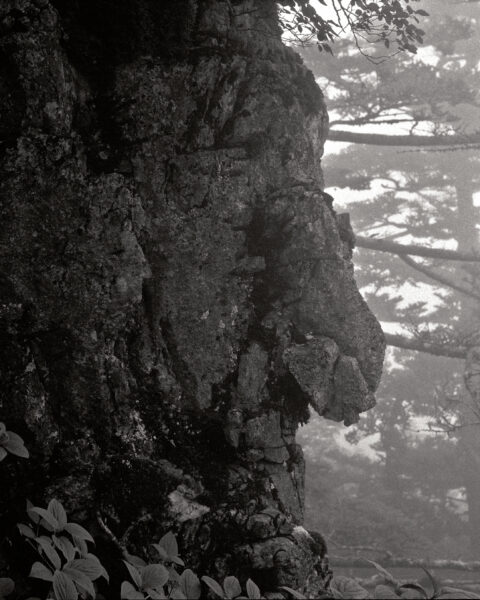
Ancestors_Tsurugi san – Japan 2017
Gelatin silver print / variable size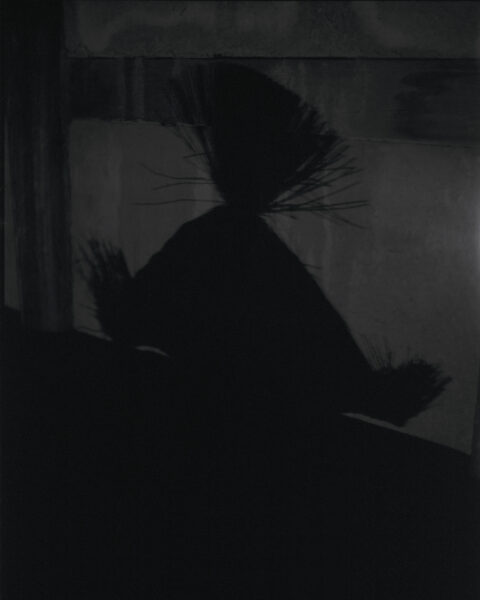
Boshi_Biwako – Japan 2017
Gelatin silver print / variable size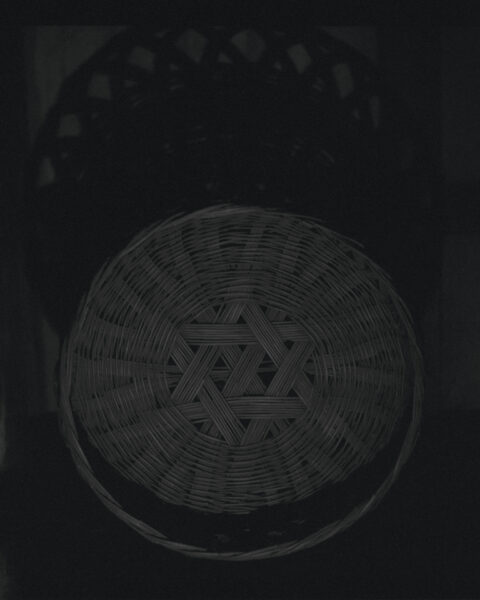
The six pointed star_Biwako – Japan 2017
Gelatin silver print / variable size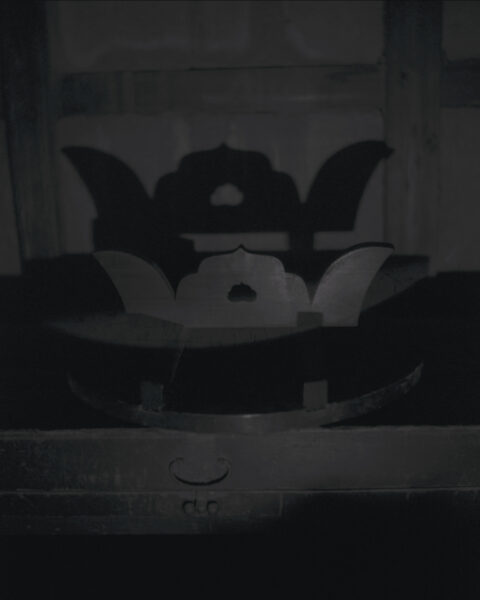
The ark & the cherubims_Biwako – Japan 2017
Gelatin silver print / variable sizeKagome kagome
The bird in the basket,
When, oh when will it come out
In the night of dawn,
The crane and turtle slipped
Who is behind you now?
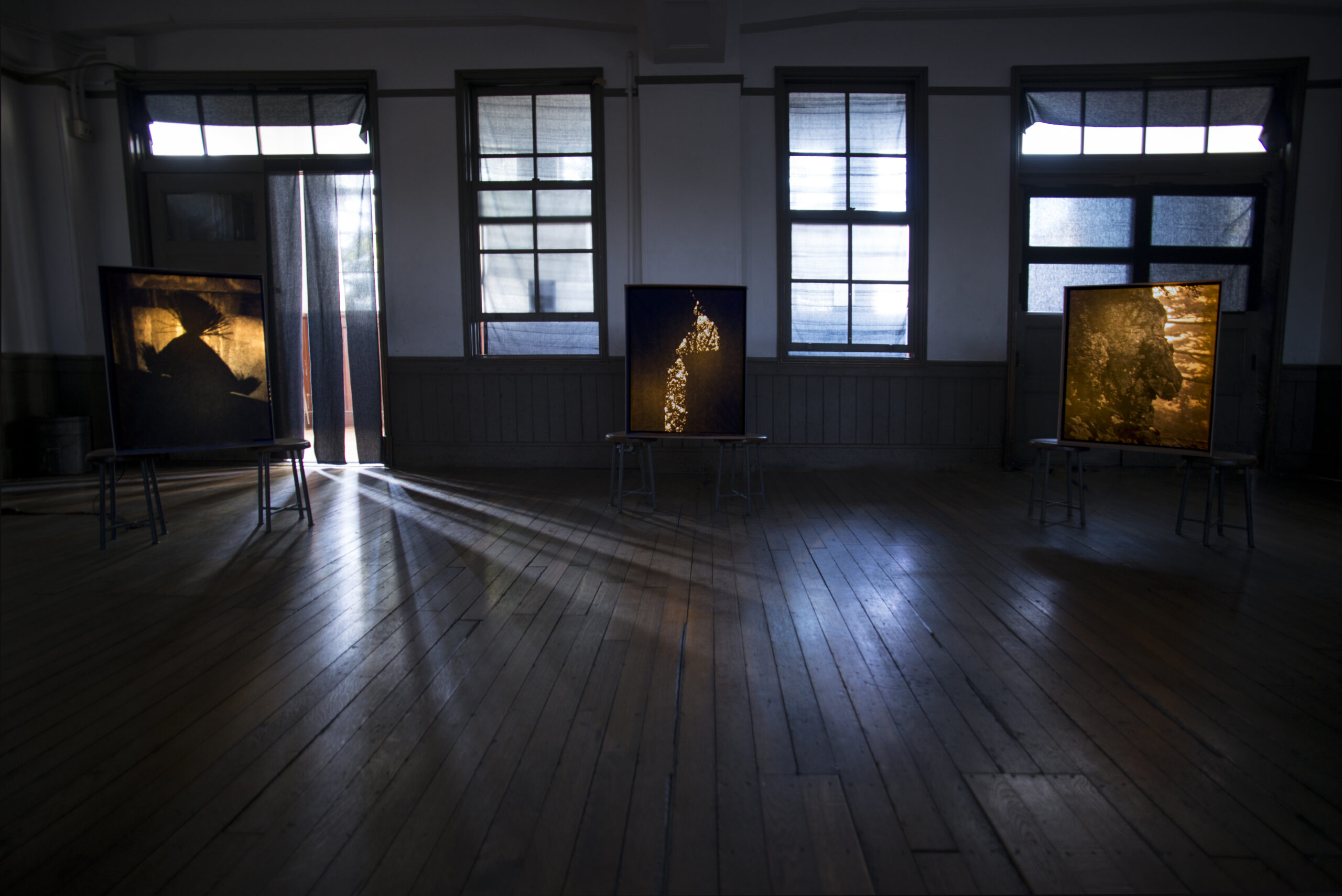
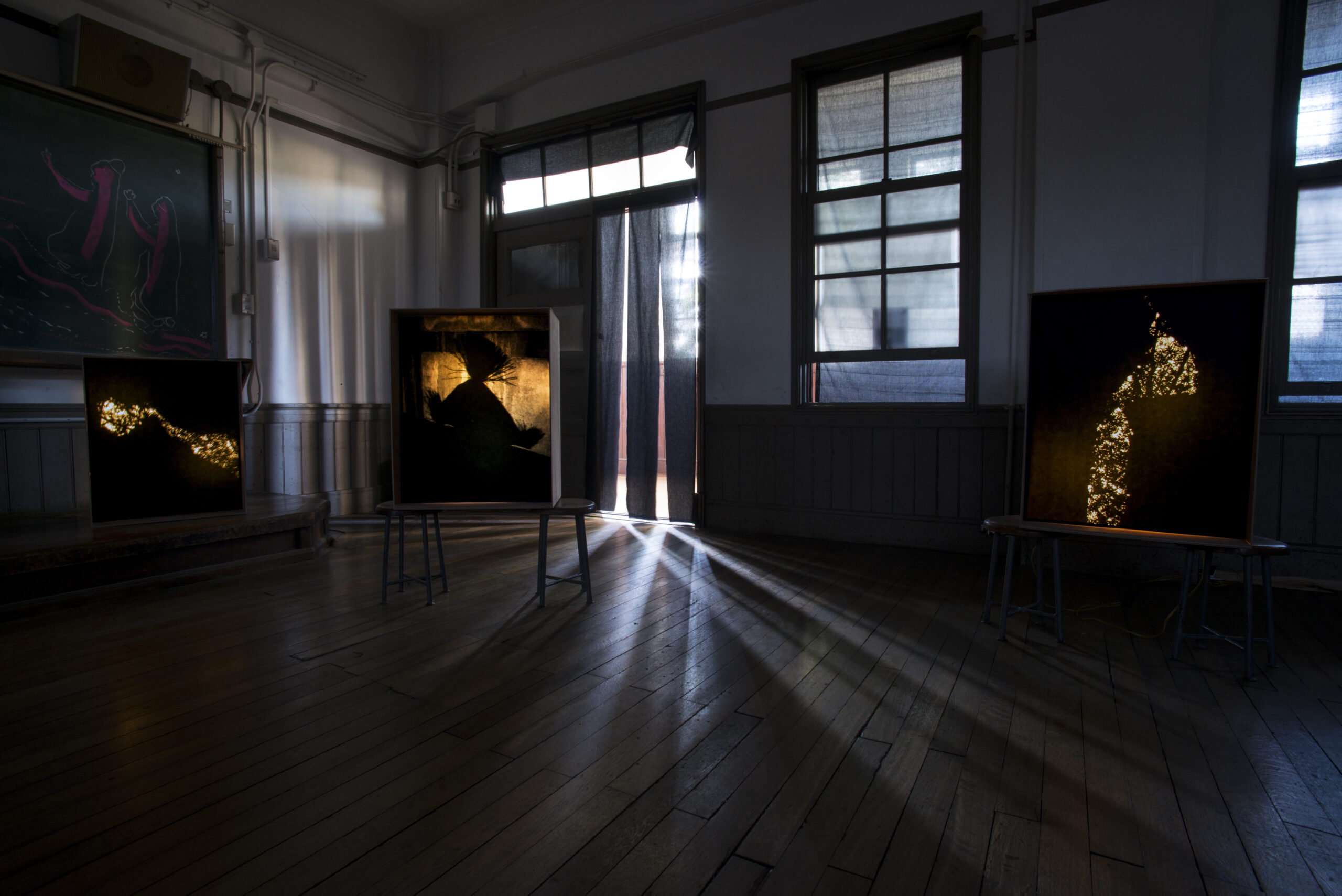
The Ark, the Crane & the Turtle
Installation view | Light boxes on washi paper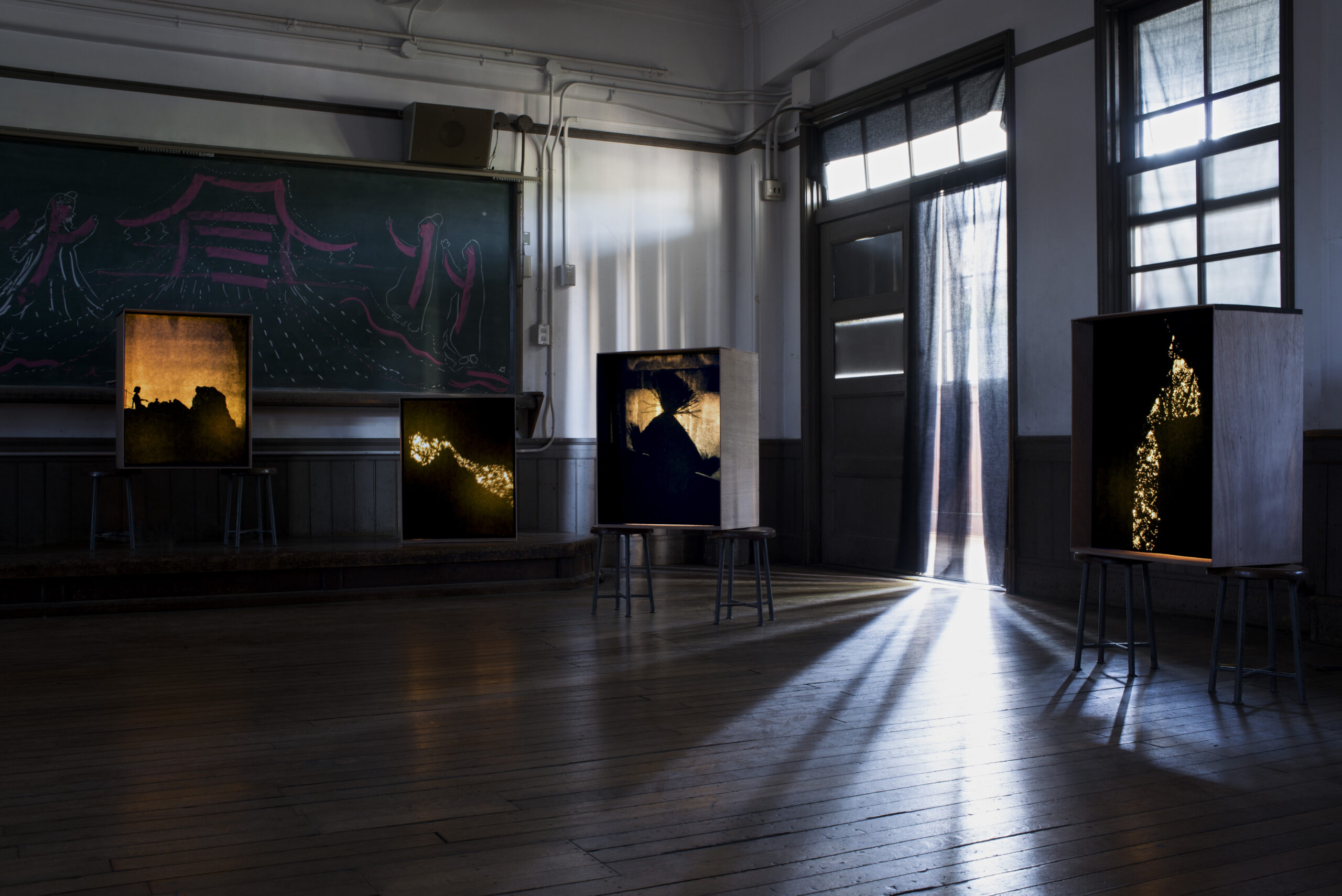
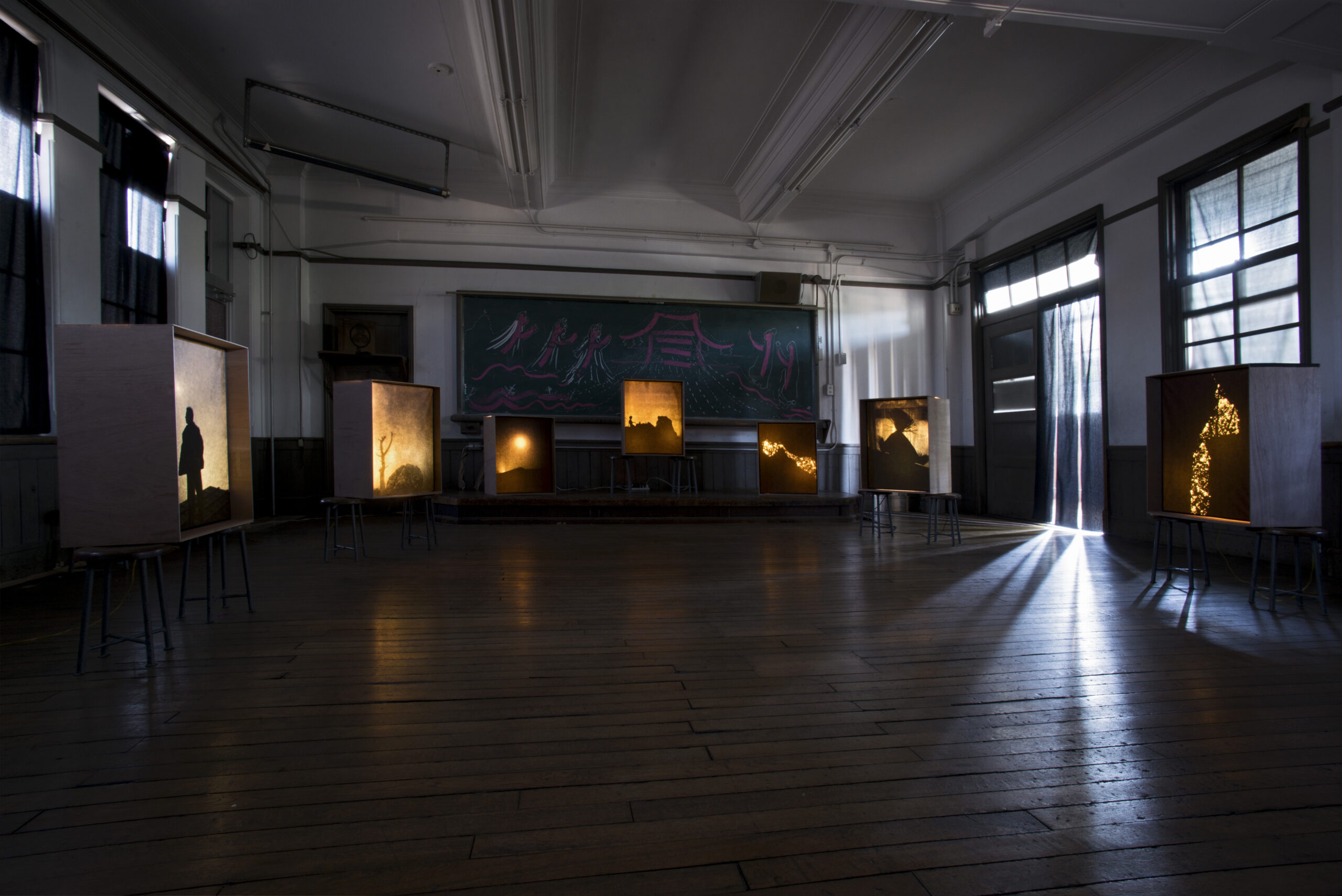
KG+ Award _ Kyotographie
Junpu elementary school _ Kyoto 2017Kagome Kagome (かごめかごめ) is a Japanese children`s game and the song associated with it is a subject of much interest because of its cryptic lyrics.
One interpretation is that the term “Kagome” refers to the Star of David and is connected to mount Tsurugi, the highest peak of Shikoku island in Japan, where some scholars believe that the Ark of Covenant is secretly hidden in a cave. According to this idea, after the destruction of the Temple of Jerusalem, communities of ancient Israeli people relocated Far East.
These exiled tribes walking along the Silk Road, following the stars and crossing the sea, finally landed in central Japan 2.700 years ago.
The reliance on this theory, and the comparison between spiritual symbols and biblical stories, disclose striking similarities.“The Ark, the Crane & the Turtle” opens up this legend throughout a visual journey, describing the imaginary footsteps of ancient people connecting their path with the light of the Universe.


Film stills from the short film:
The Ark, the Crane & the Turtle -
Circo
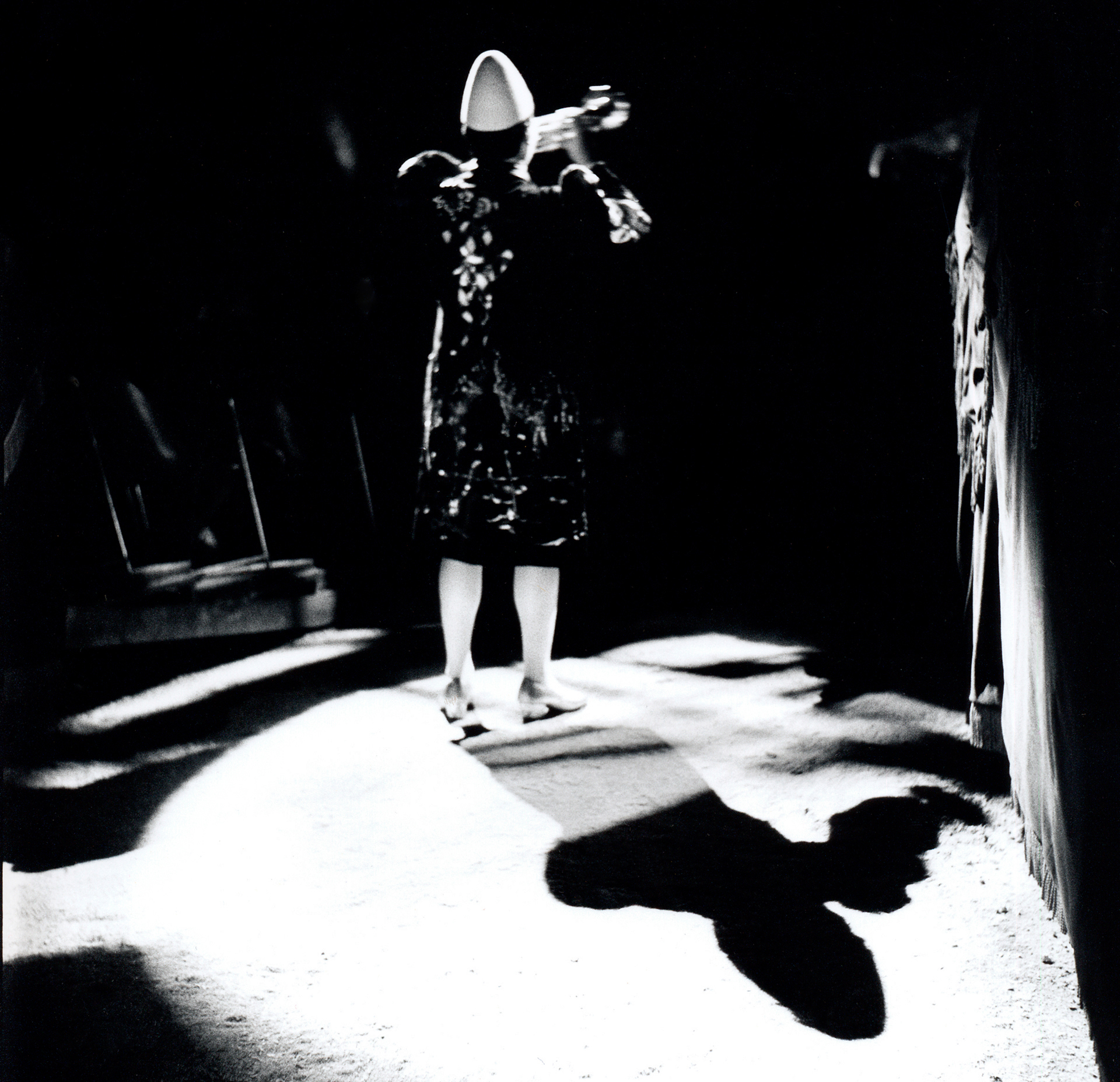
The White Clown_Medrano circus – Milan 2001
Gelatin silver print / variable size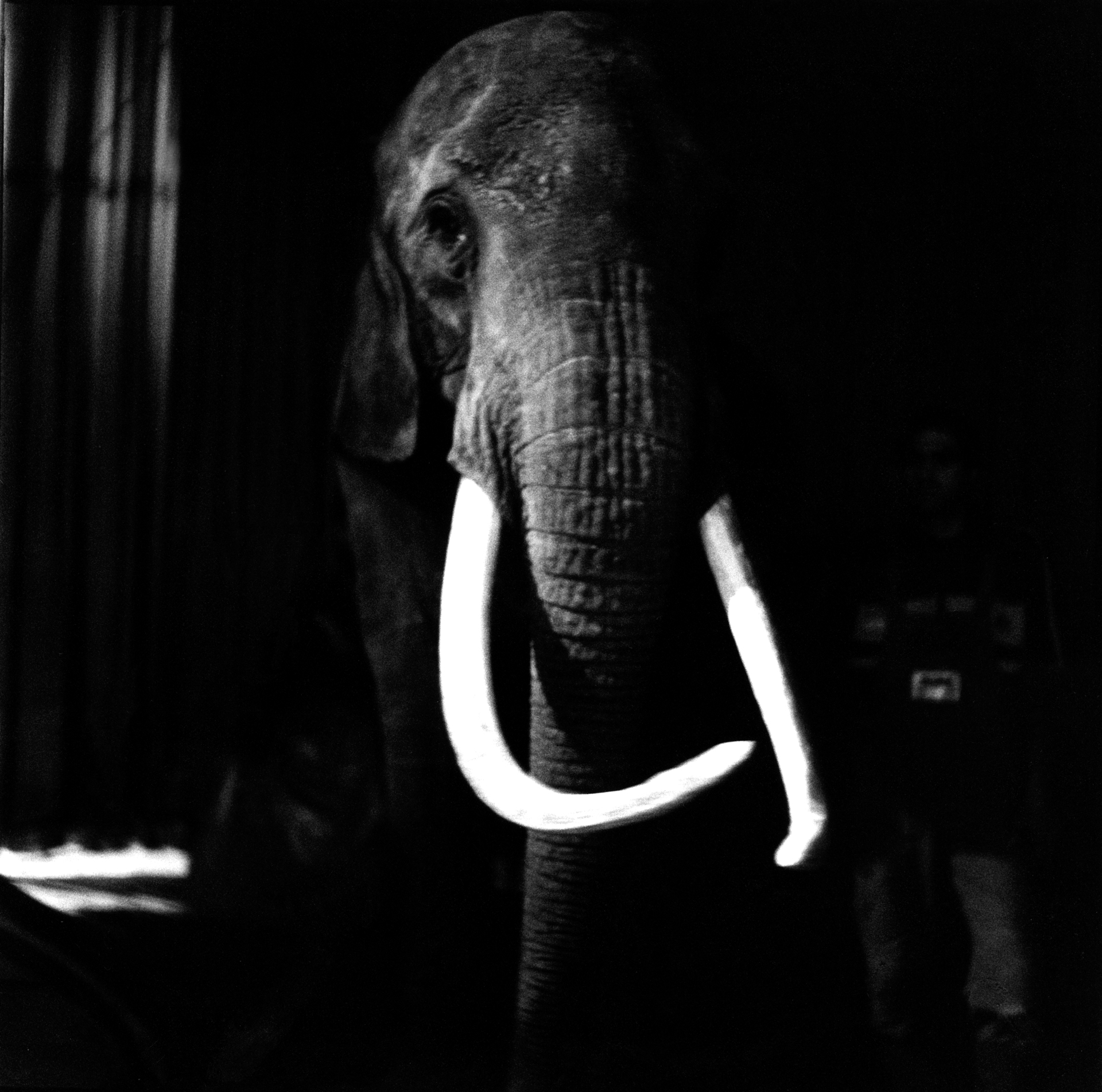
The elephant’s gaze_Medrano circus – Milan 2001
Gelatin silver print / variable size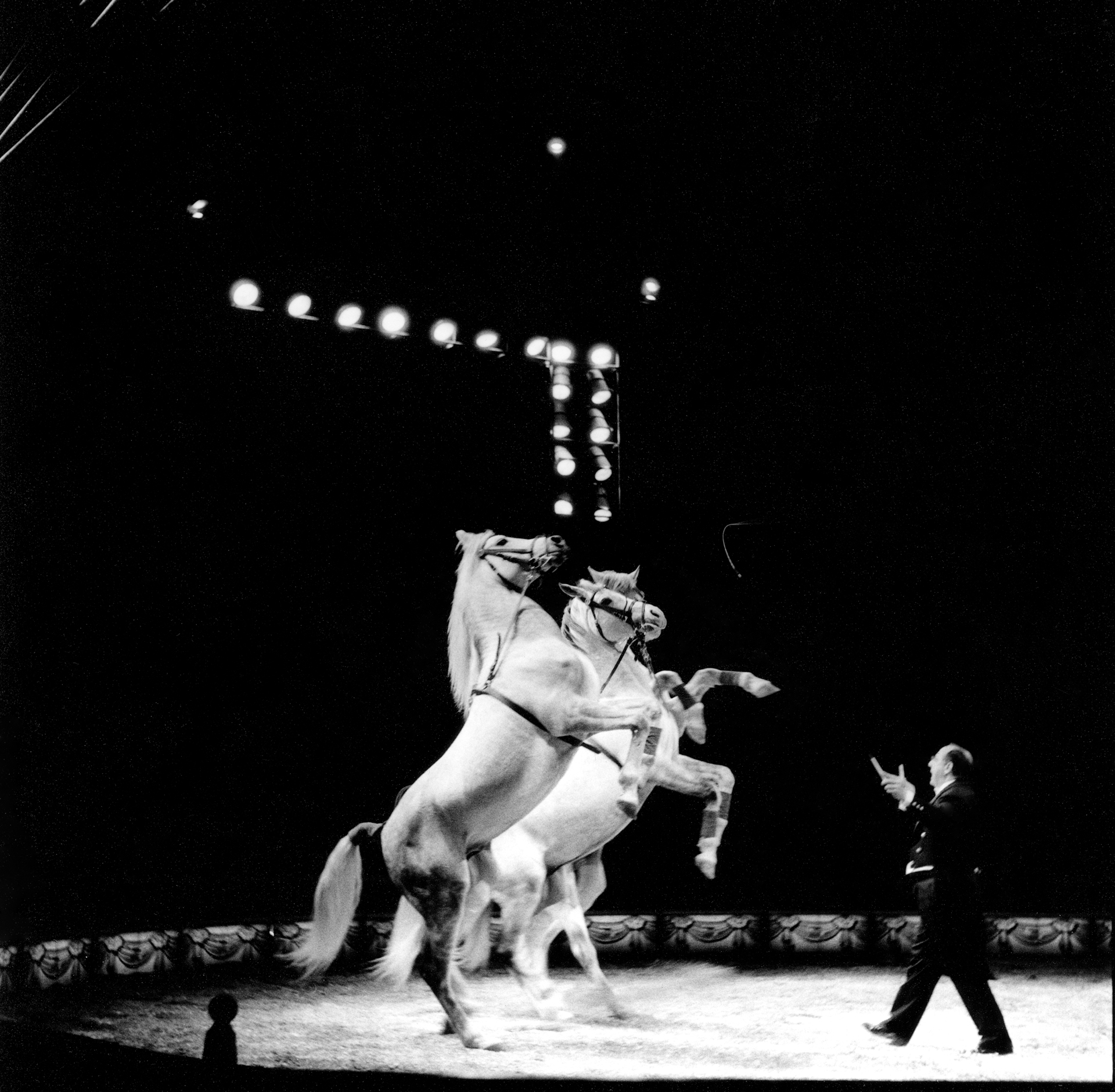
Alta scuola equestre_Medrano circus – Milan 2001
Gelatin silver print / variable size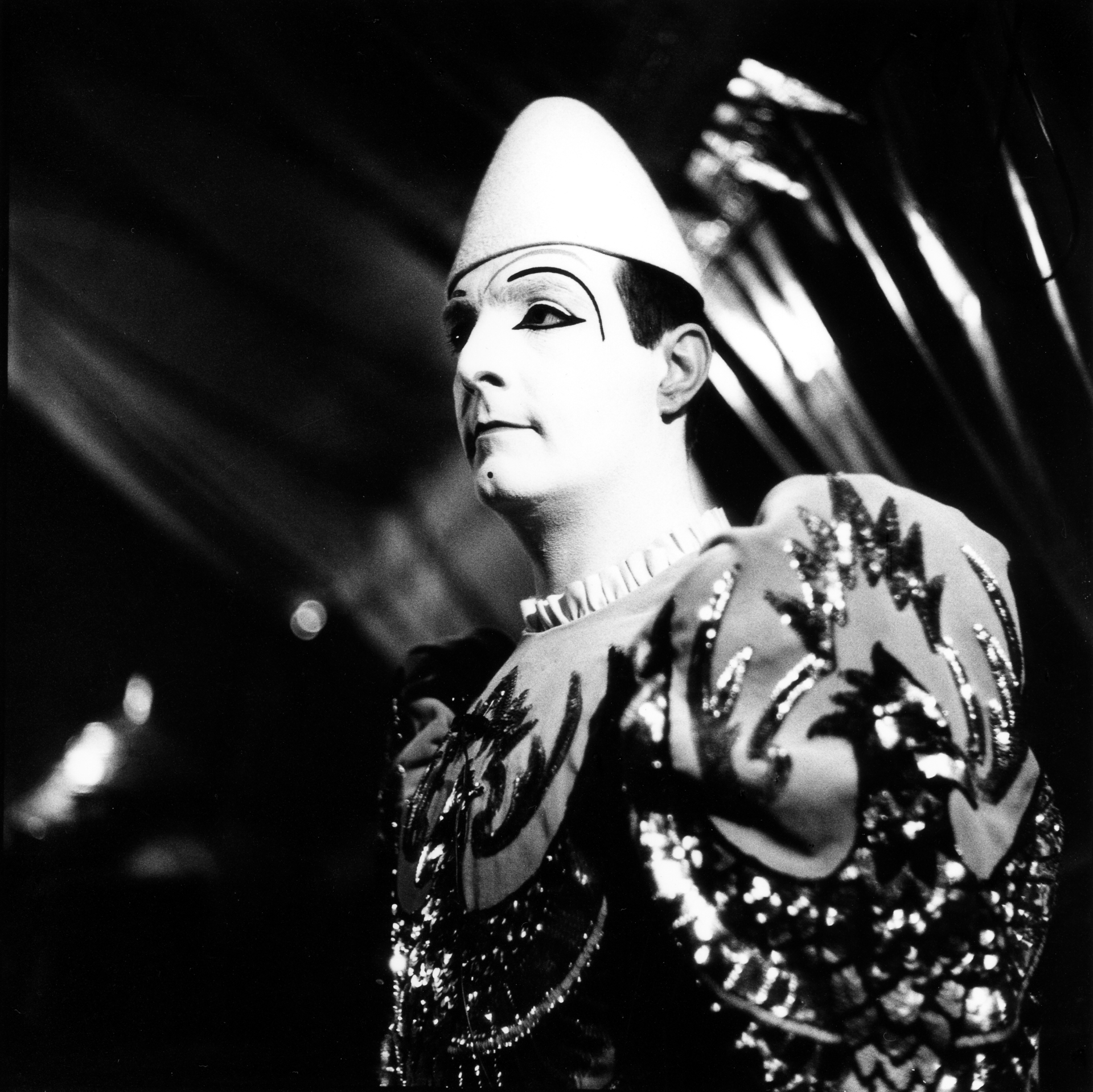
Pierrot_Yann Rossi_Medrano circus
Gelatin silver print / variable size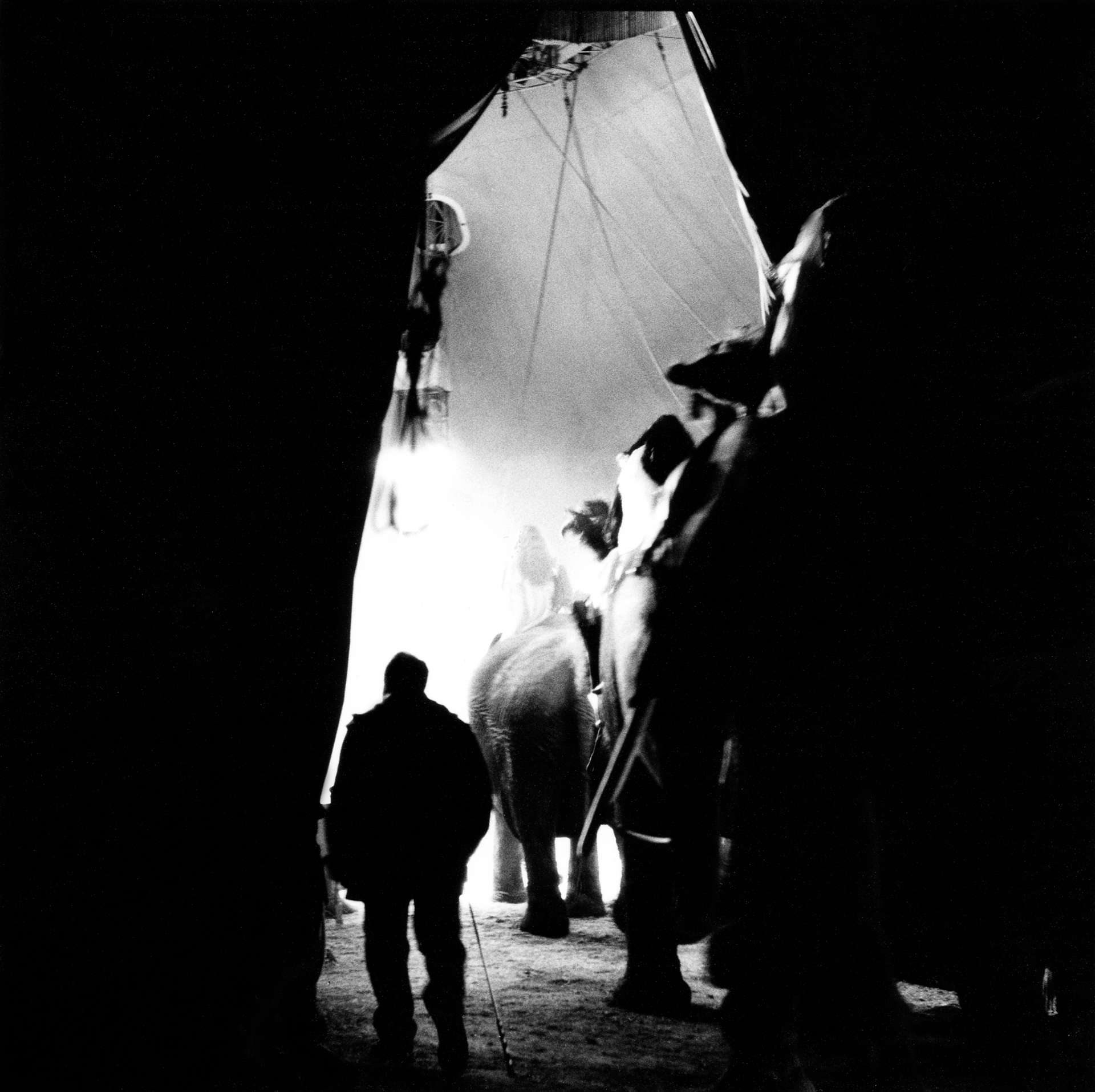
Davio & Elephants_Medrano circus – Milan 2001
Gelatin silver print / variable size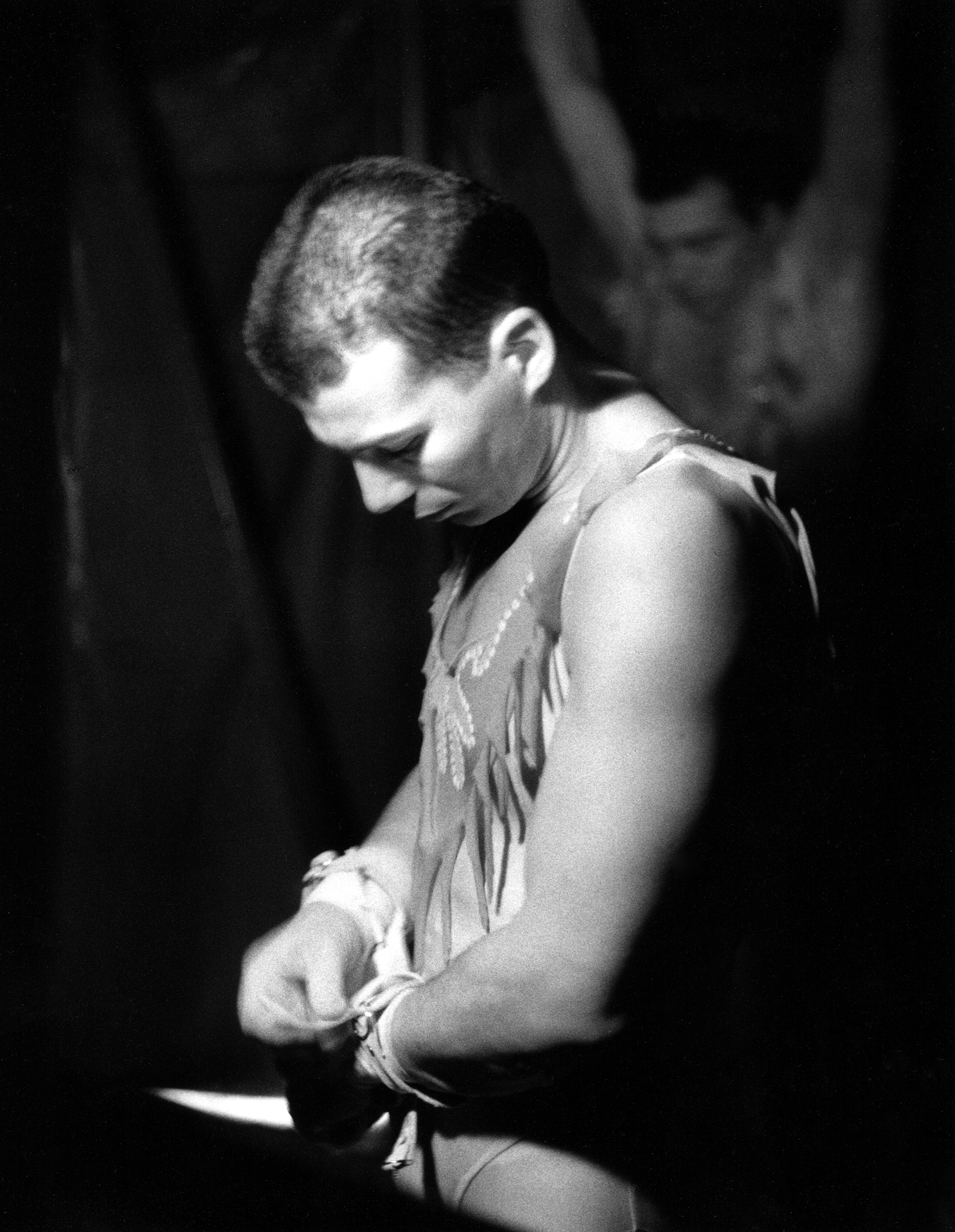
The trapezist_Medrano circus – Milan 2001
Gelatin silver print / variable size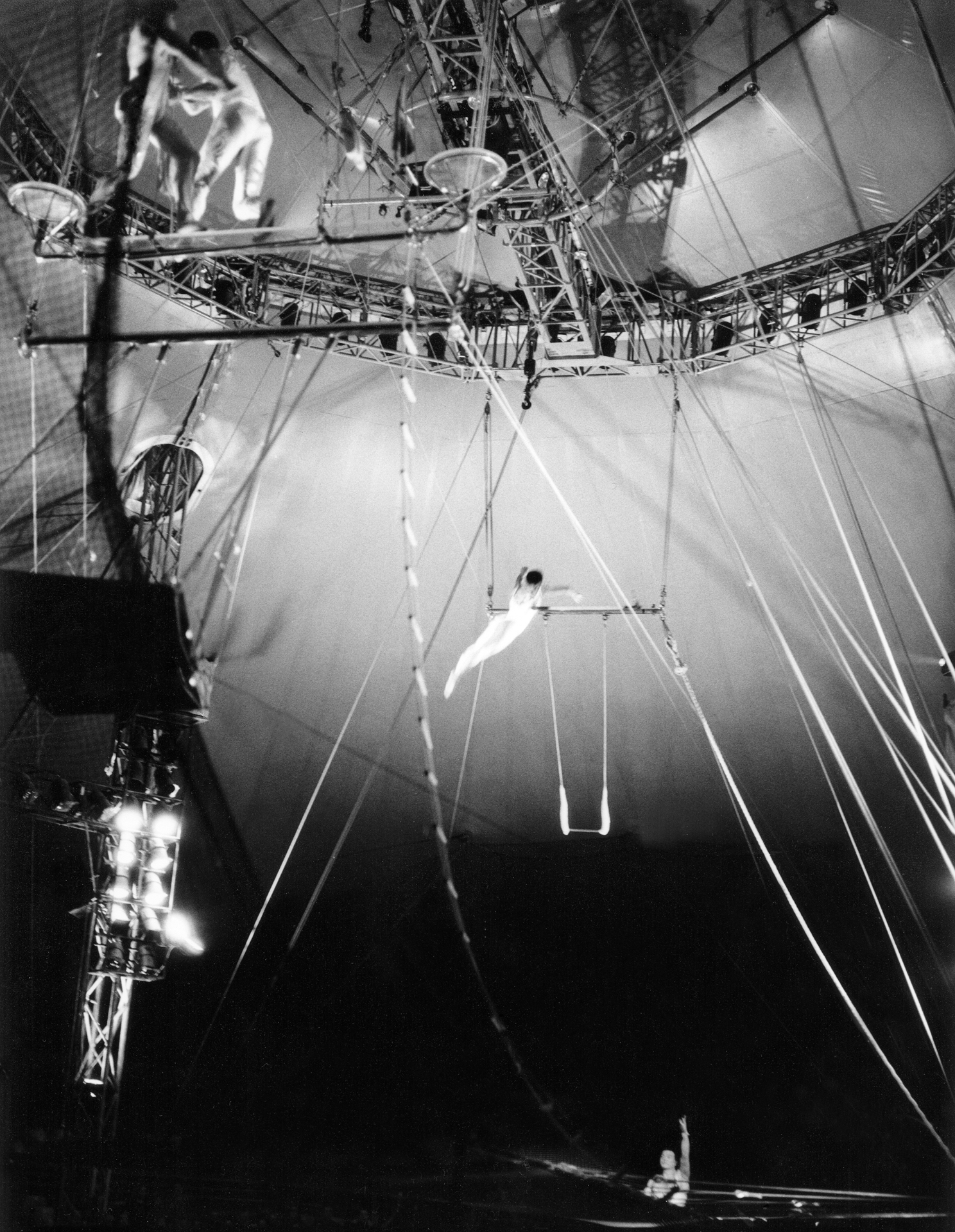
Flying Angels_Medrano circus – Milan 2001
Gelatin silver print / variable size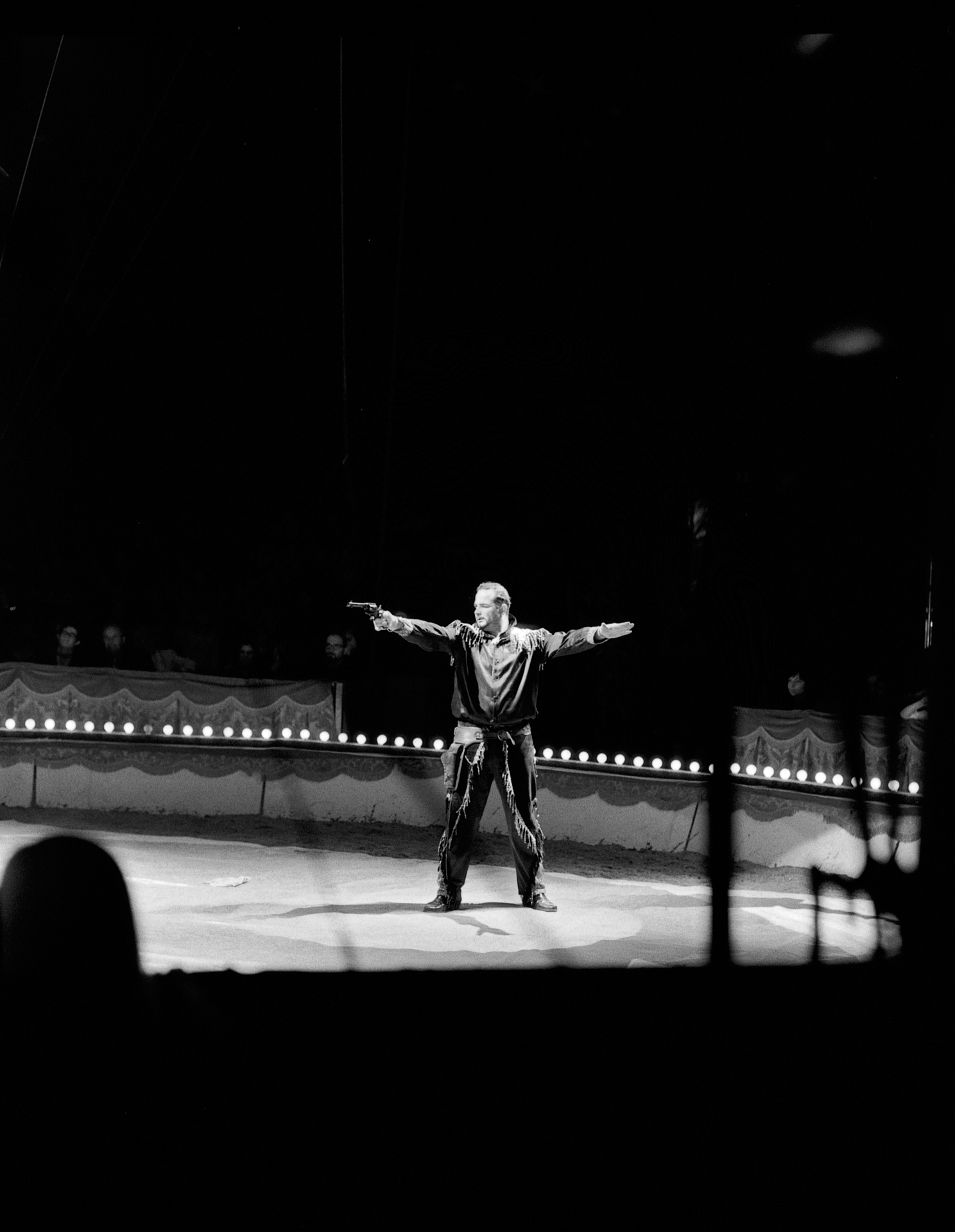
The gunshot_American circus – Milan 2002
Gelatin silver print / variable size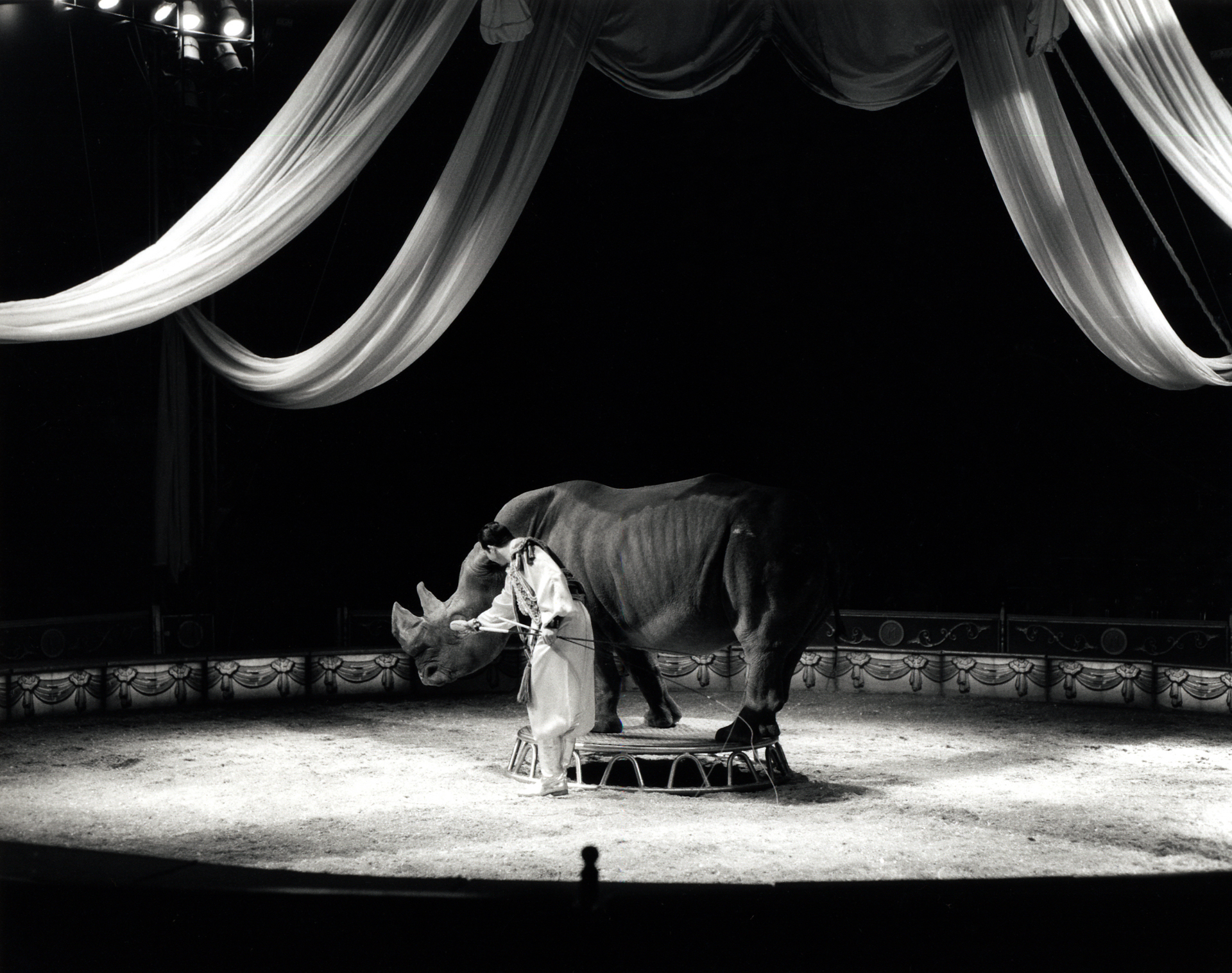
White Rino_Medrano circus – Milan 2001
Gelatin silver print / variable size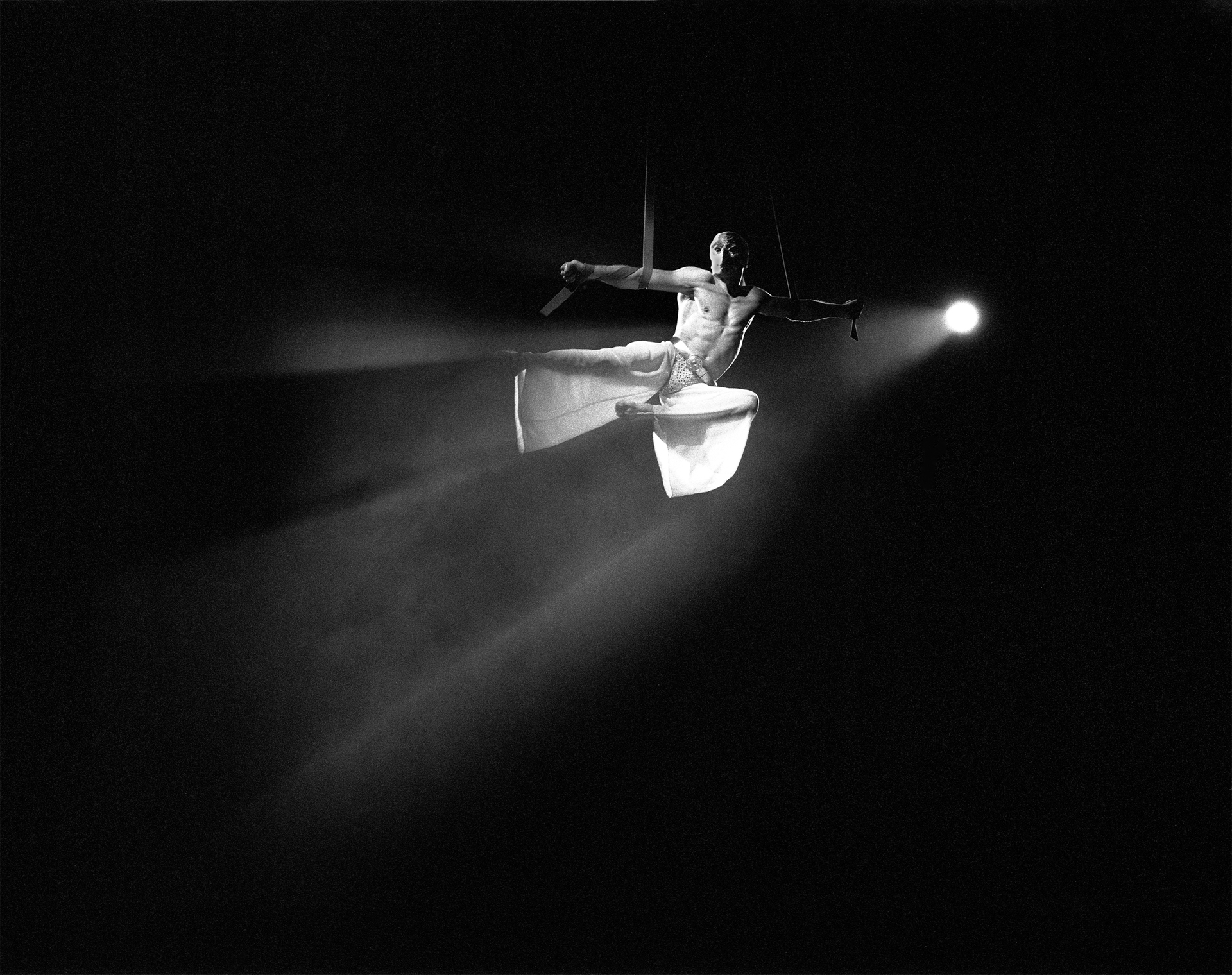
Venetian trapezist_Darix Togni circus – Milan 2003
Gelatin silver print / variable size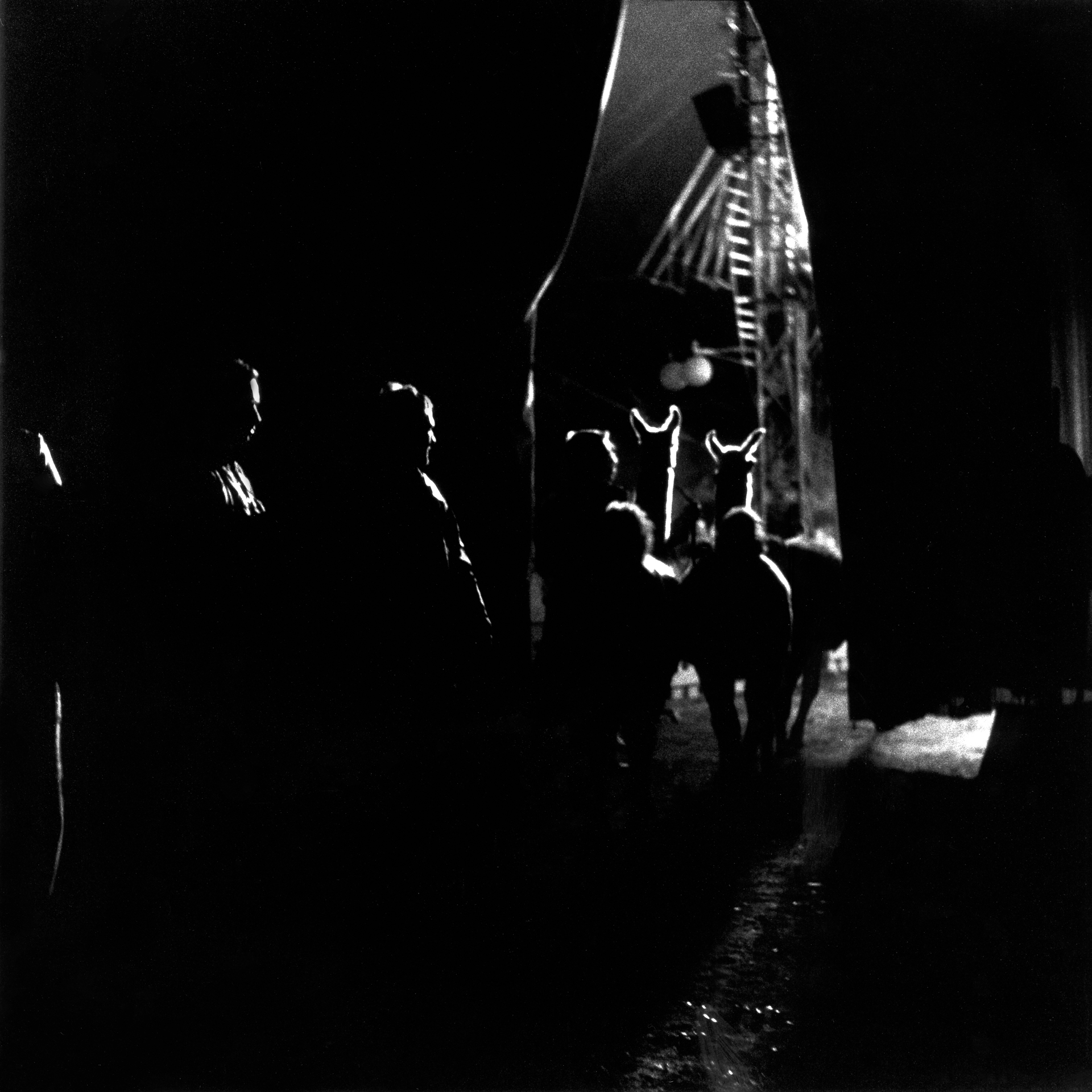
Il numero silenzioso_Medrano circus – Milan 2001
Gelatin silver print / variable size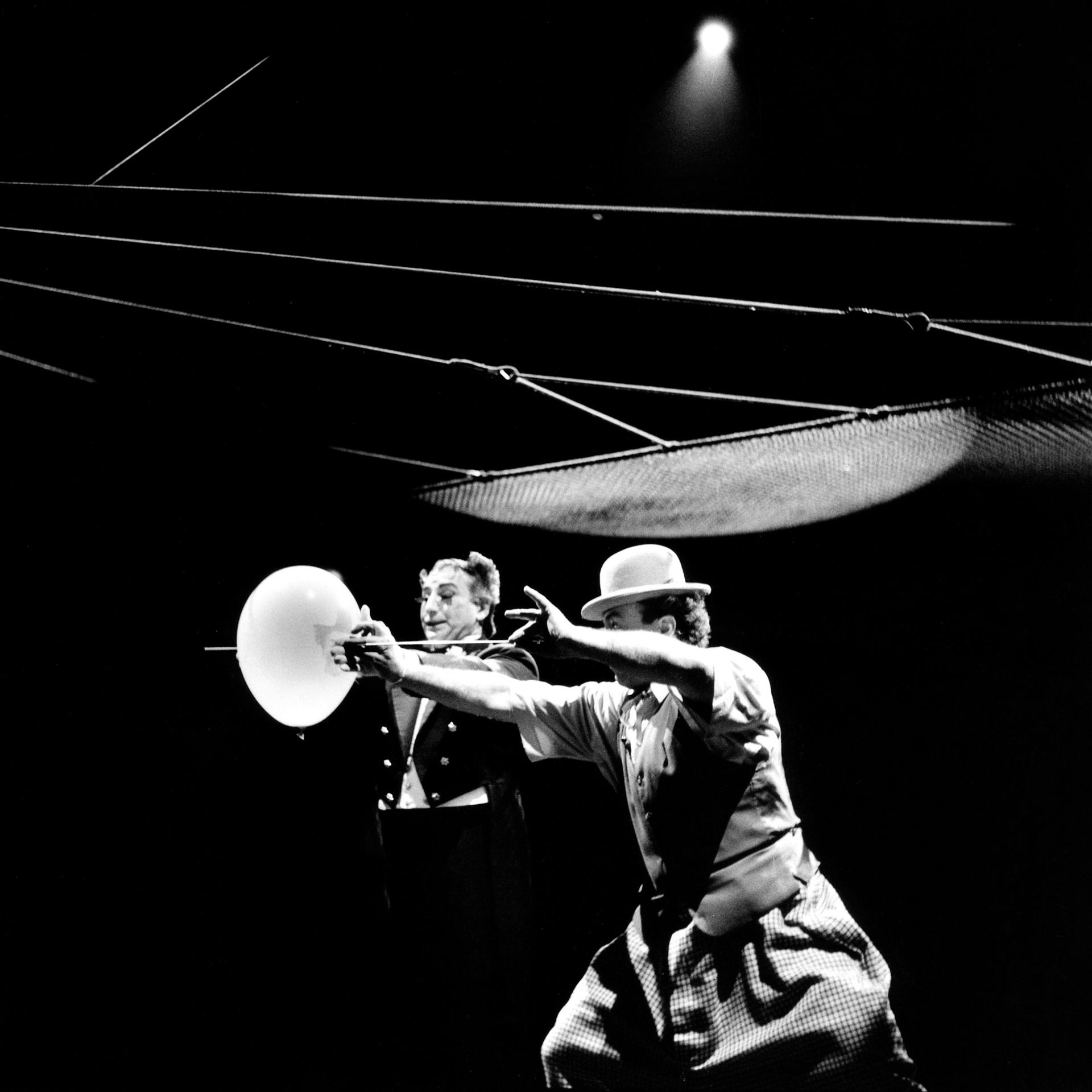
Magia_Medrano circus – Milan 2001
Gelatin silver print / variable size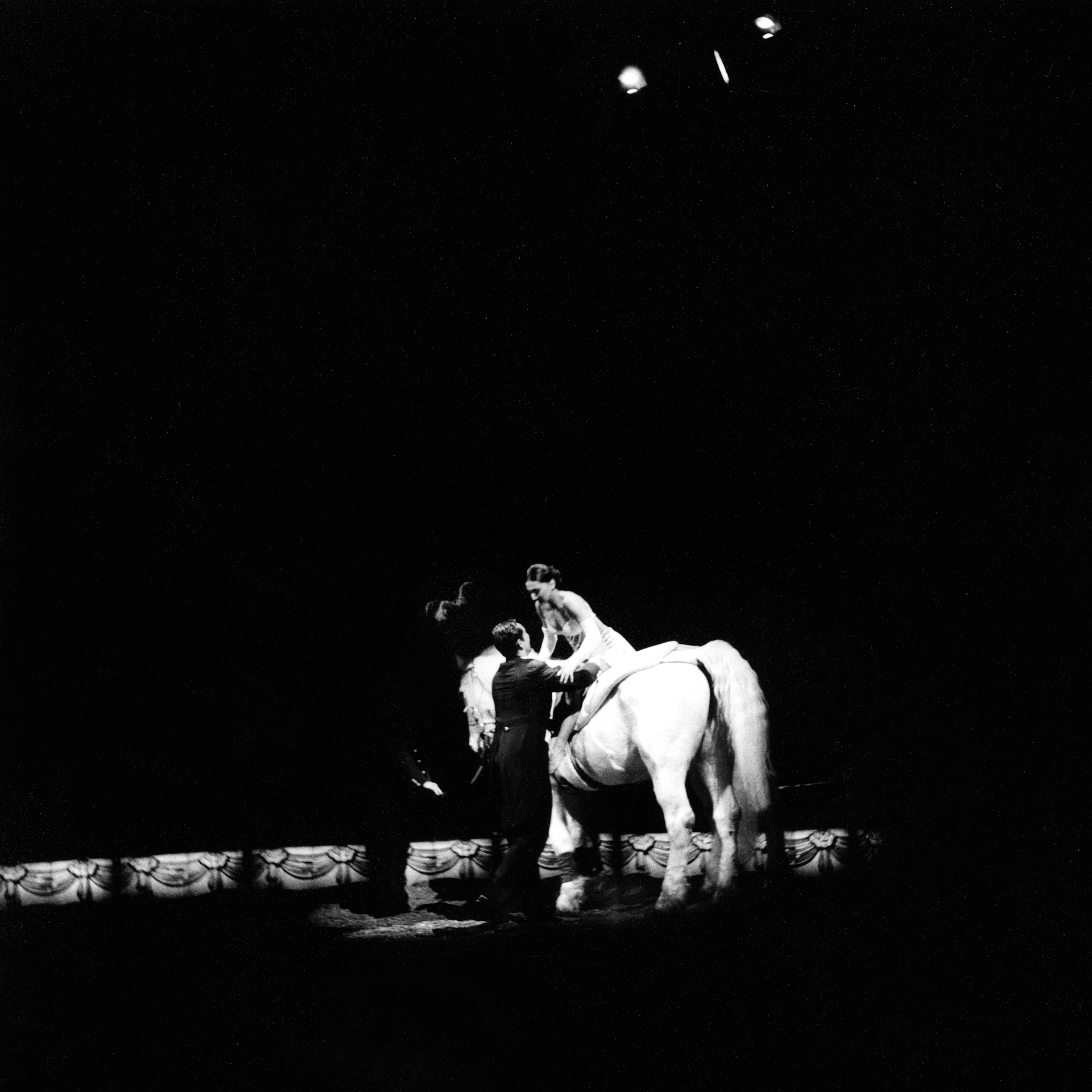
L’amazzone_Medrano circus – Milan 2001
Gelatin silver print / variable size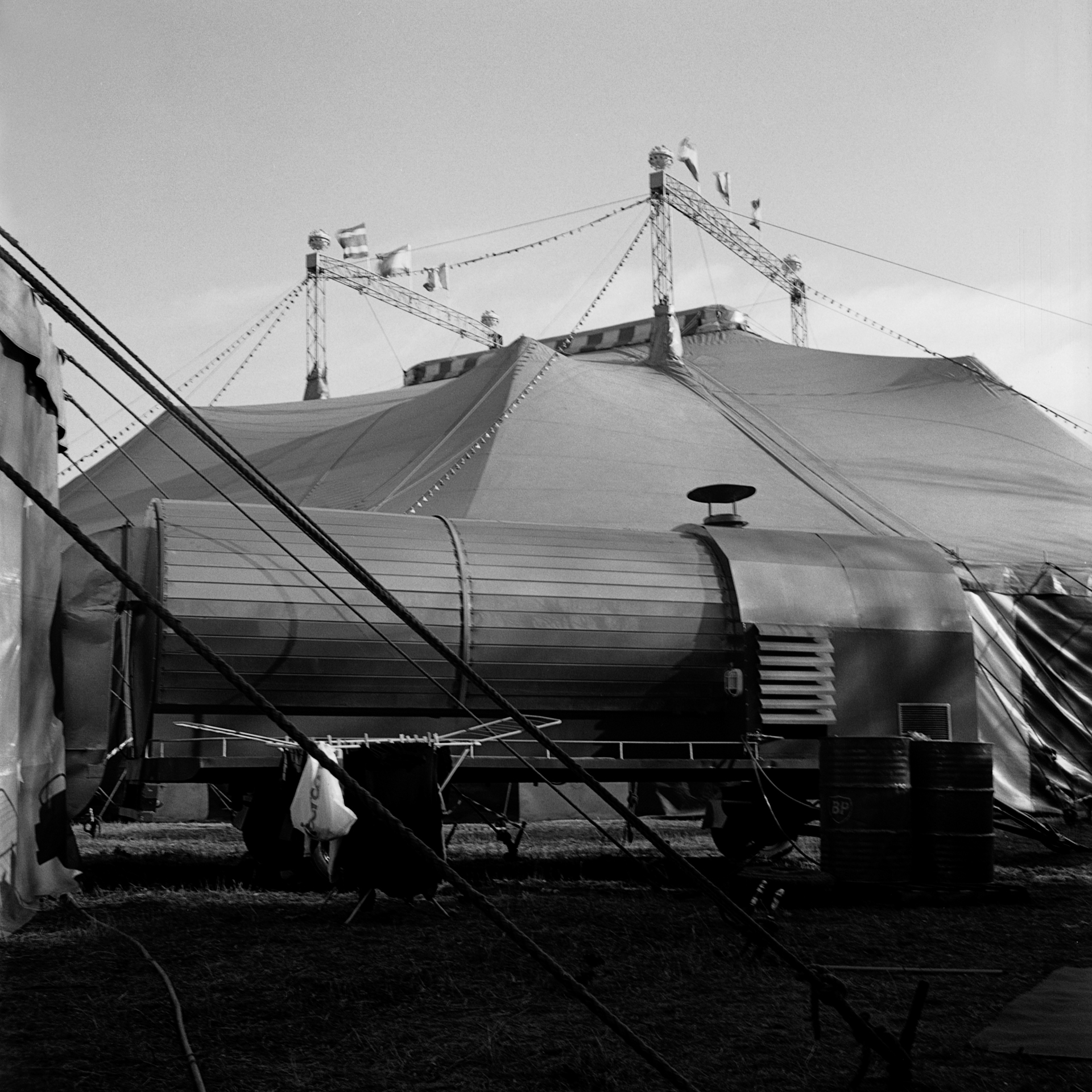
The big top_Barcellona circus – Milan 1999
Gelatin silver print / variable size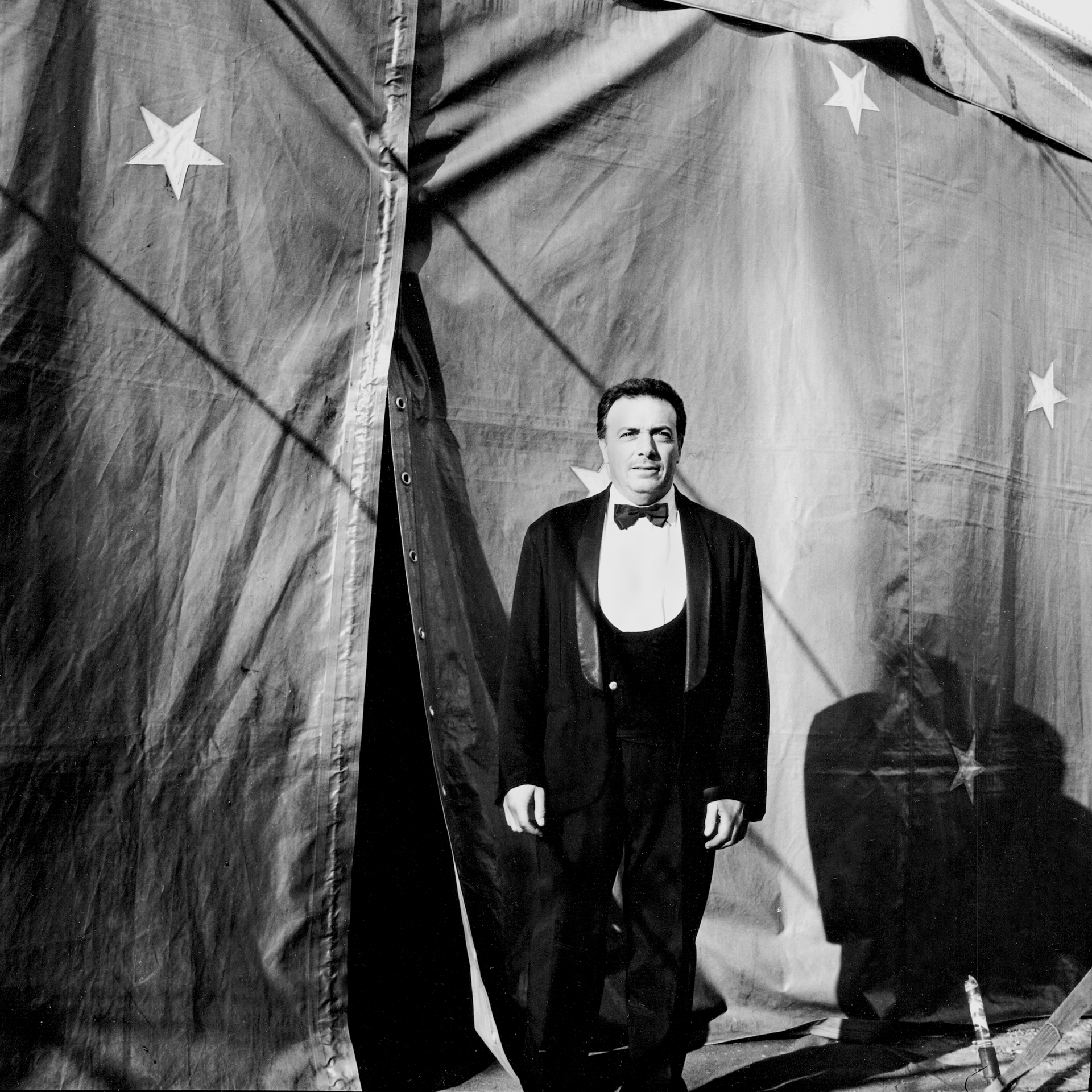
Enzo_Barcellona circus – Milan 1999
Gelatin silver print / variable size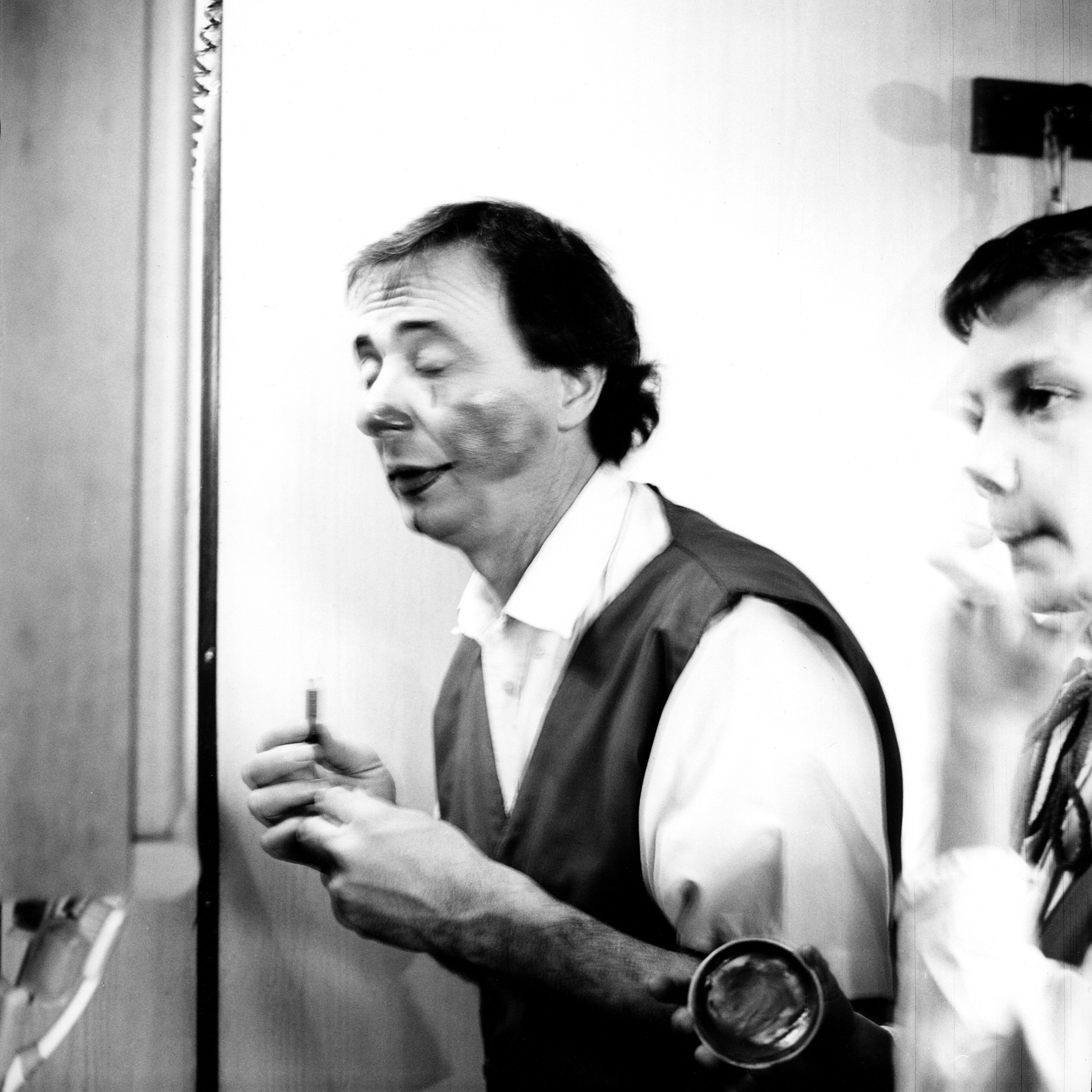
Enis & Luke_Barcellona circus – Milan 1999
Gelatin silver print / variable size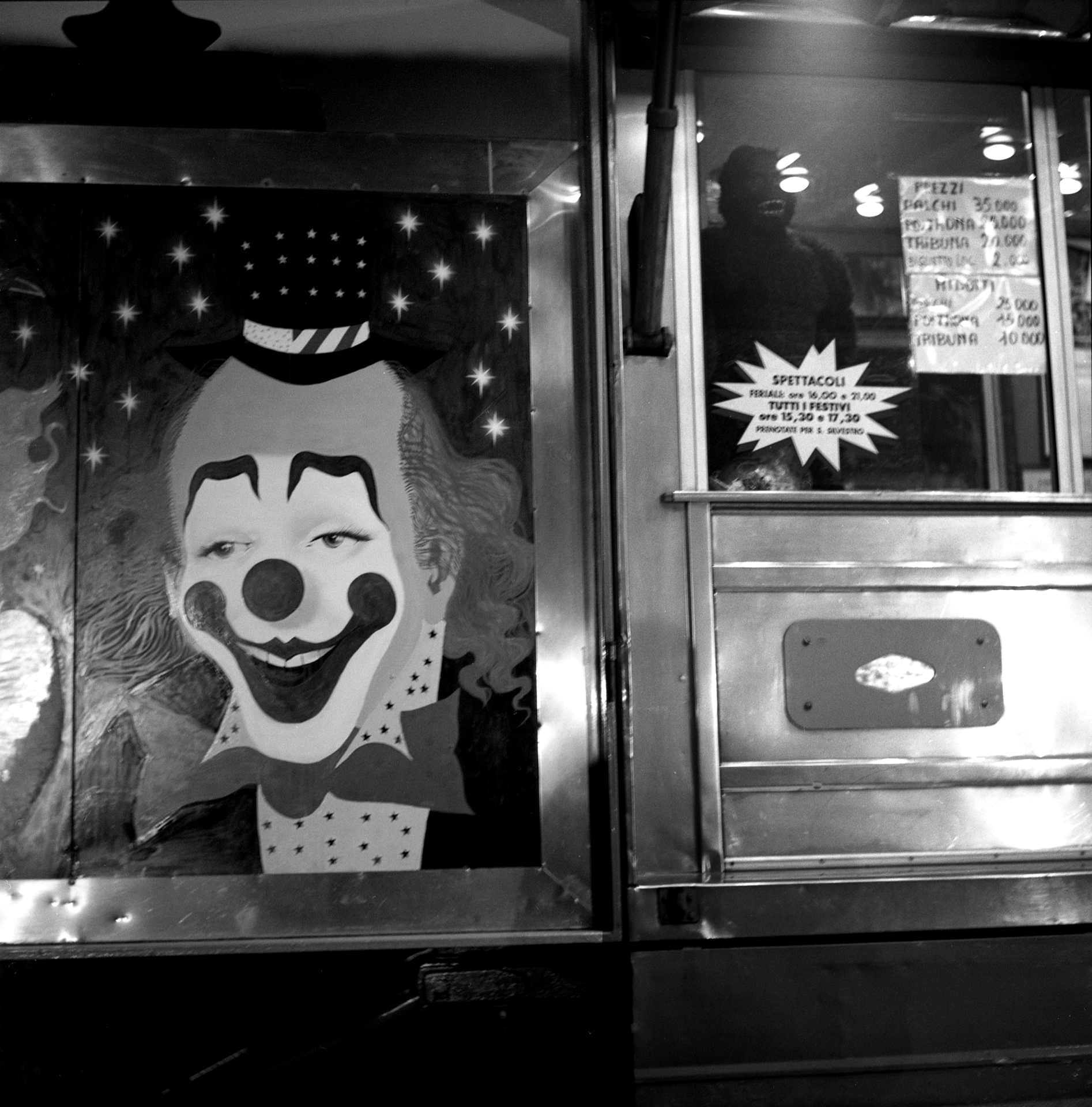
Box office_Barcellona circus – Milan 2000
Gelatin silver print / variable size
Magia_Barcellona circus – Milan 2000
Gelatin silver print / variable size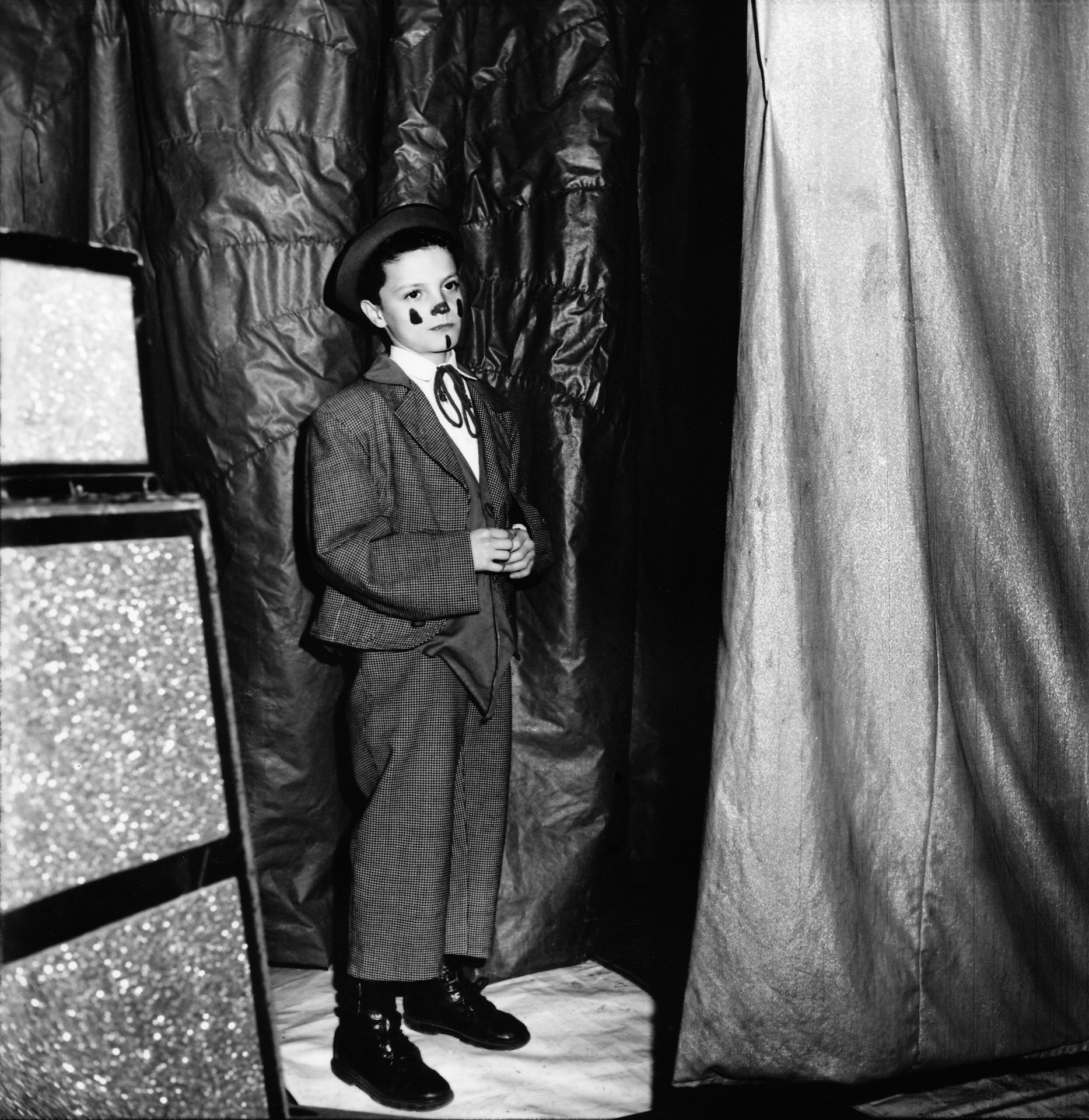
Luke_Barcellona circus – Milan 1999
Gelatin silver print / variable size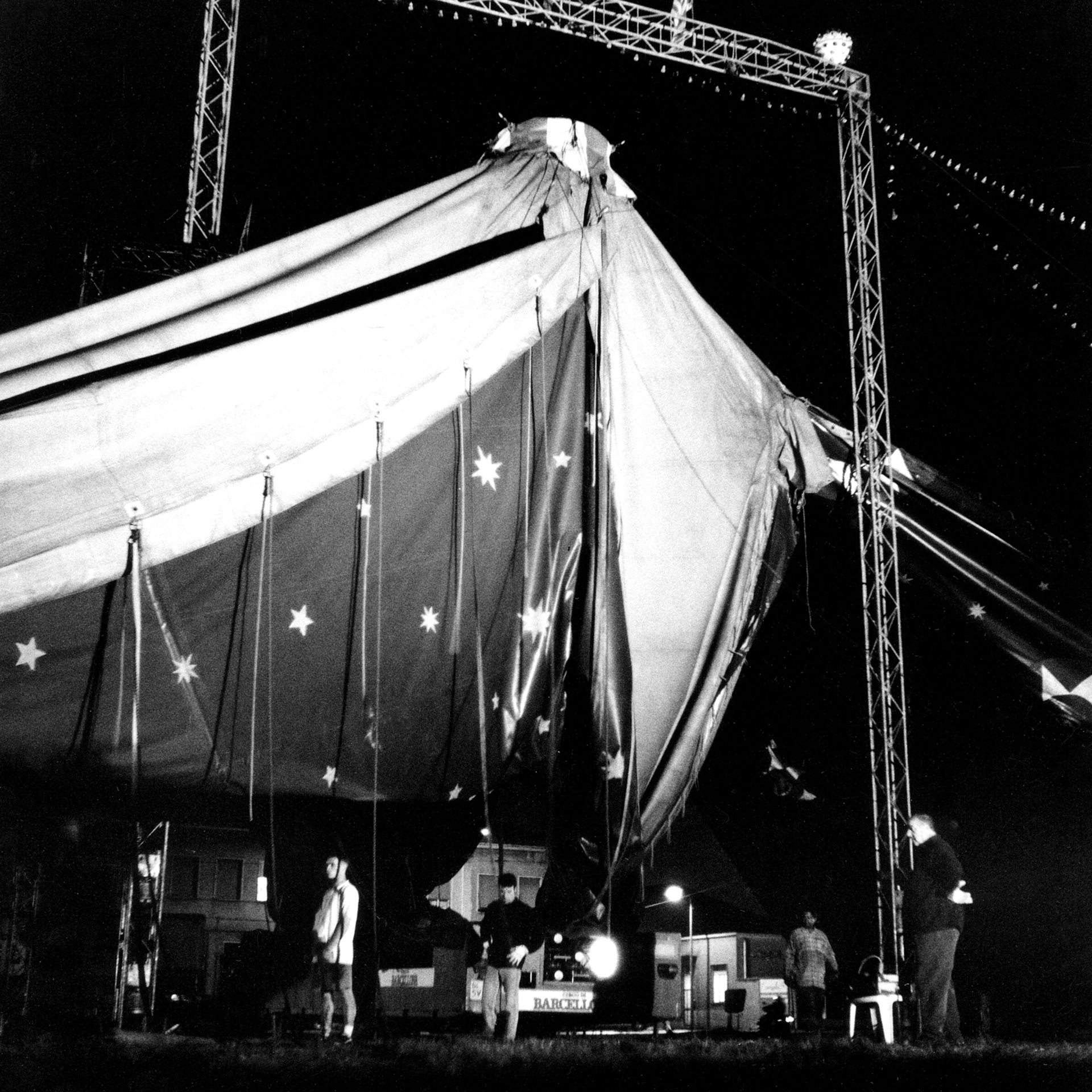
The big top_Barcellona circus – Varese 1999
Gelatin silver print / variable size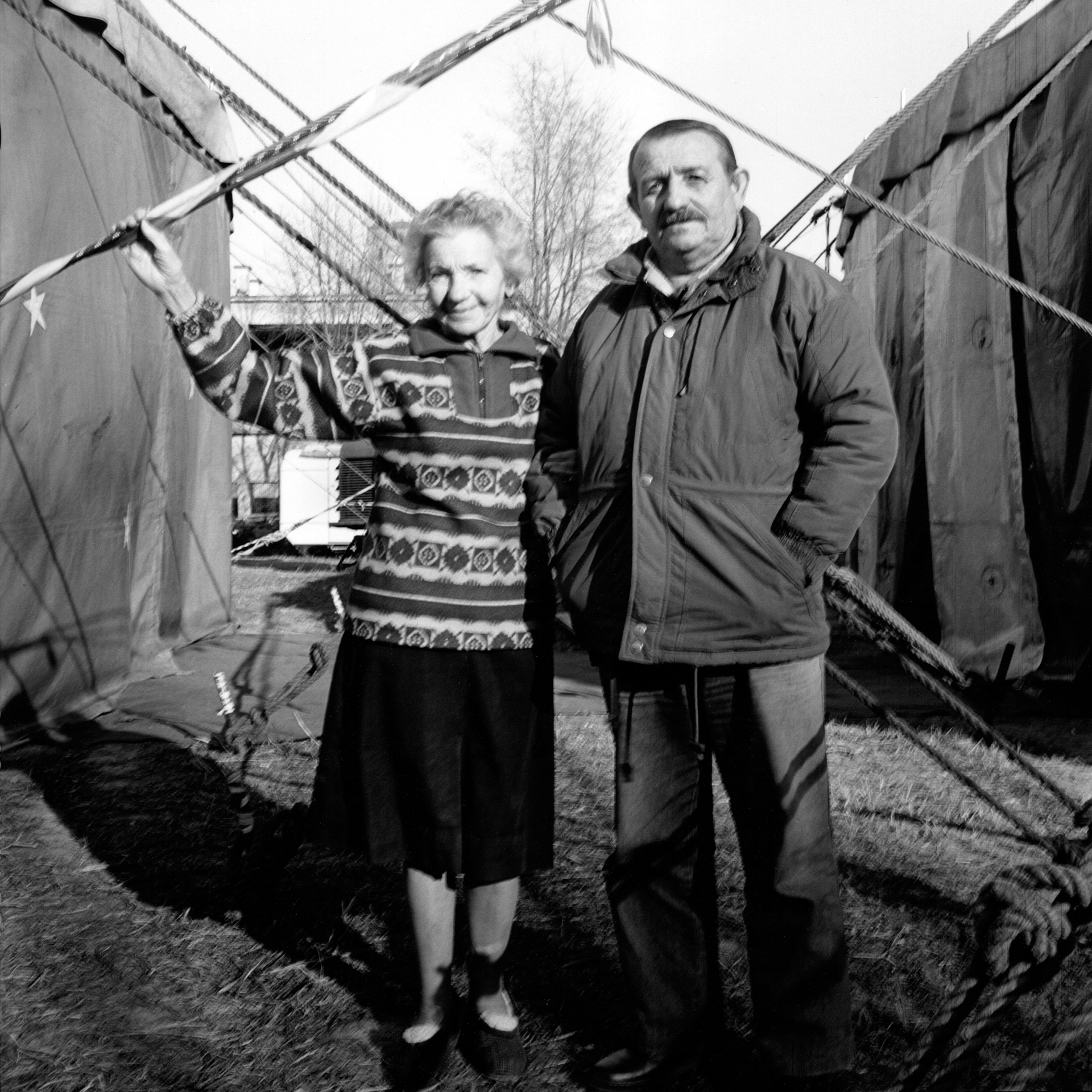
The ancestors_Barcellona circus – Milan 1999
Gelatin silver print / variable size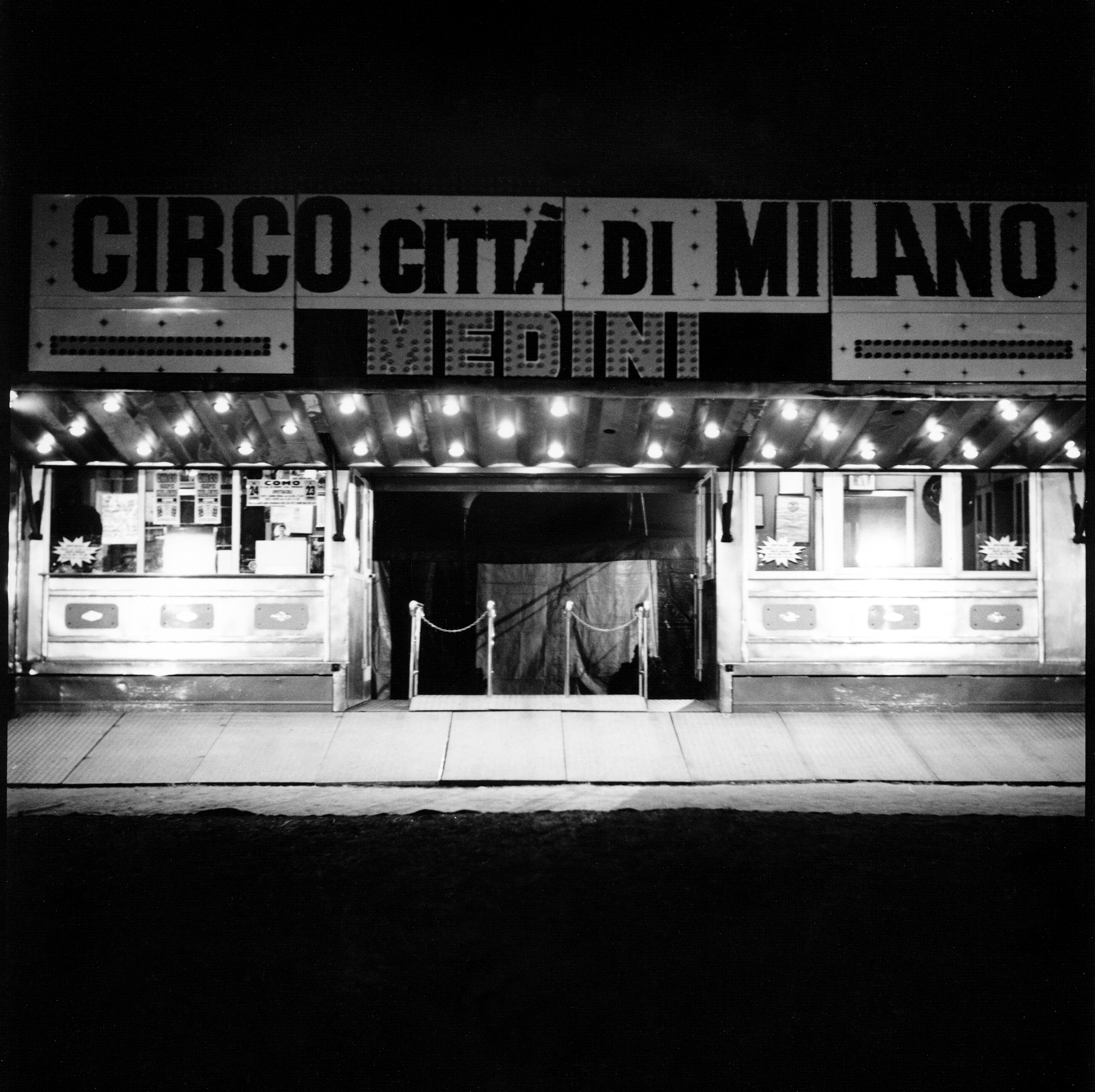
The last show_Barcellona circus – Como 2000
Gelatin silver print / variable size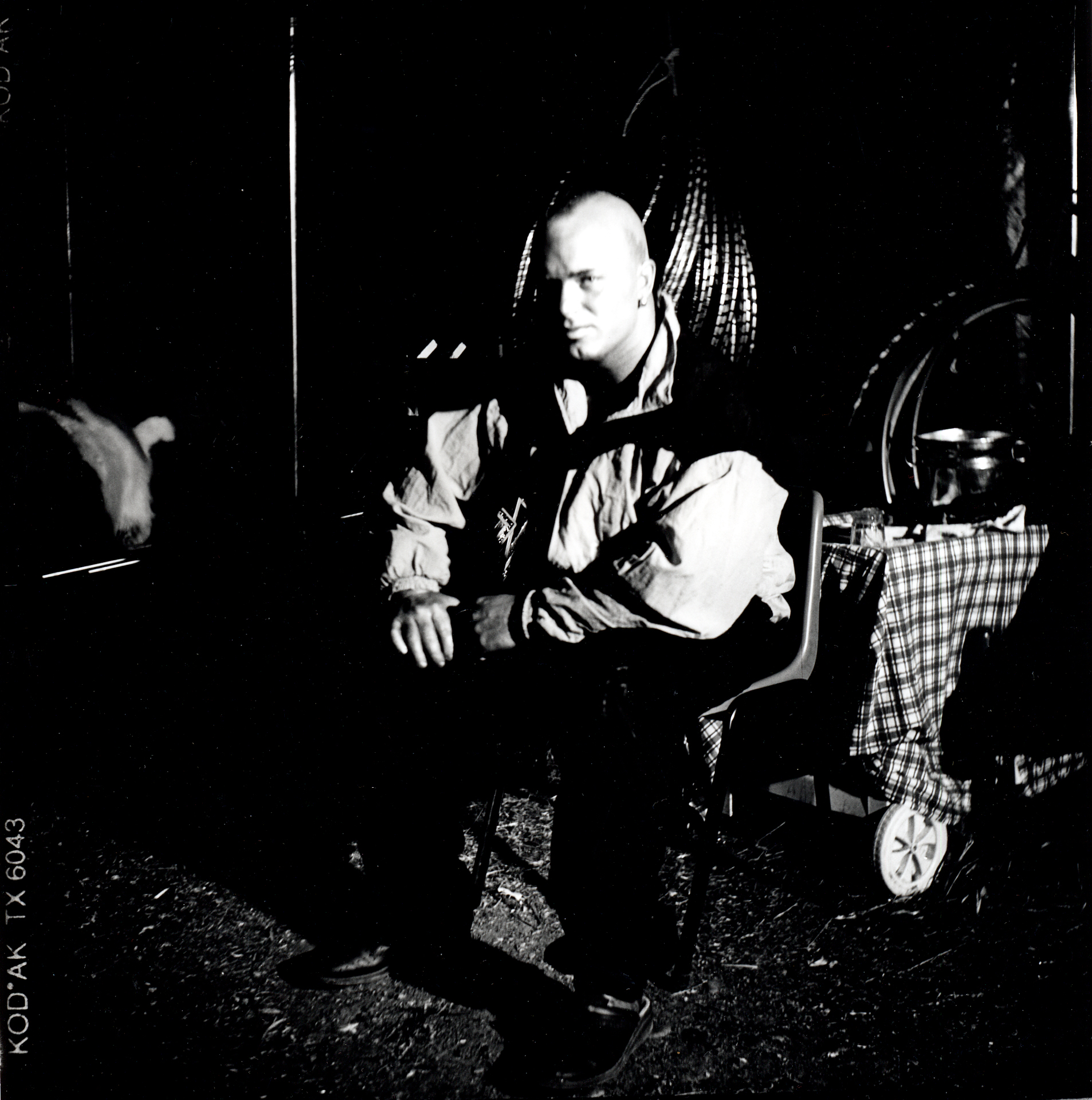
Sasha_Barcellona circus – Milan 1999
Gelatin silver print / variable size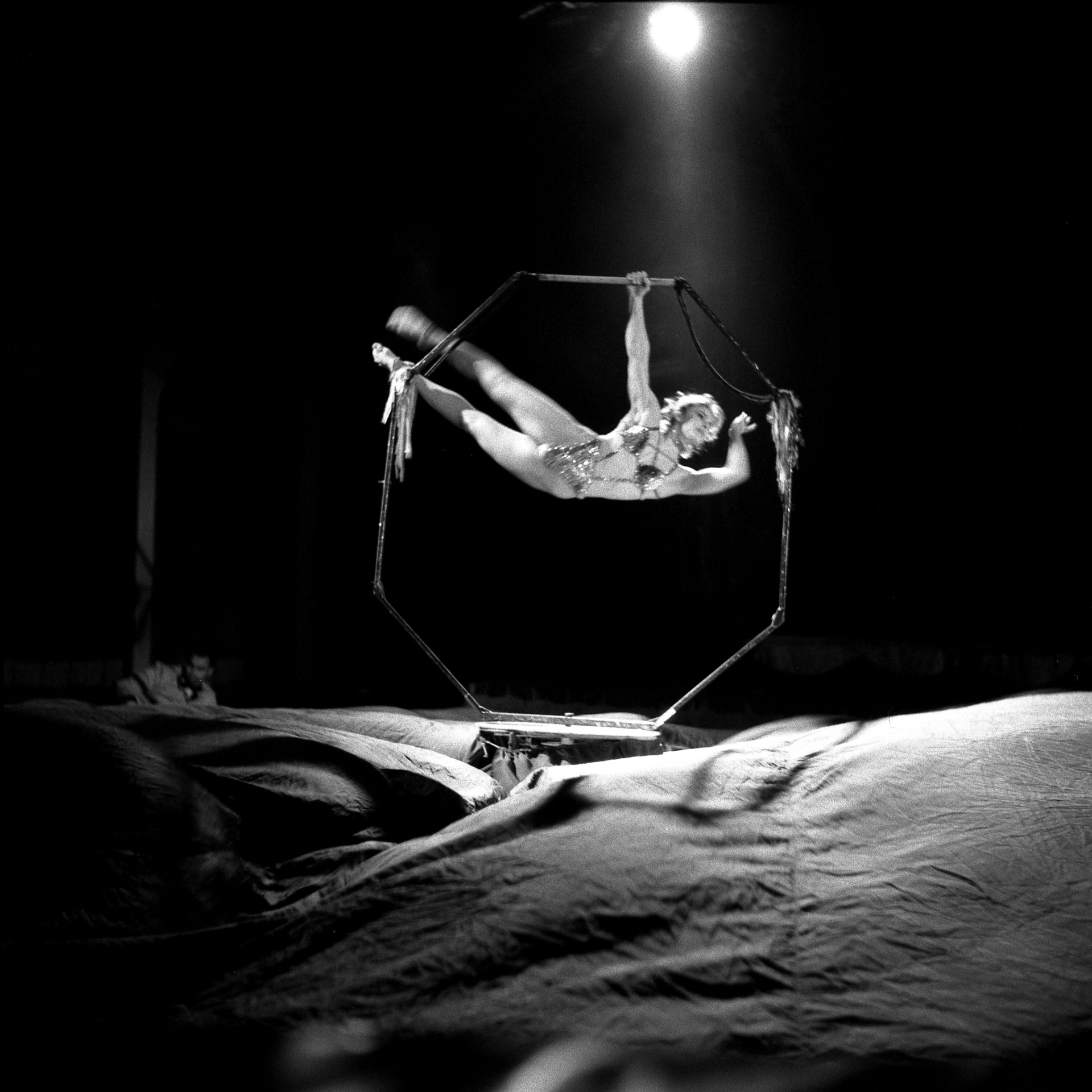
Acrobacy_Nando Orfei circus – Milan 2002
Gelatin silver print / variable size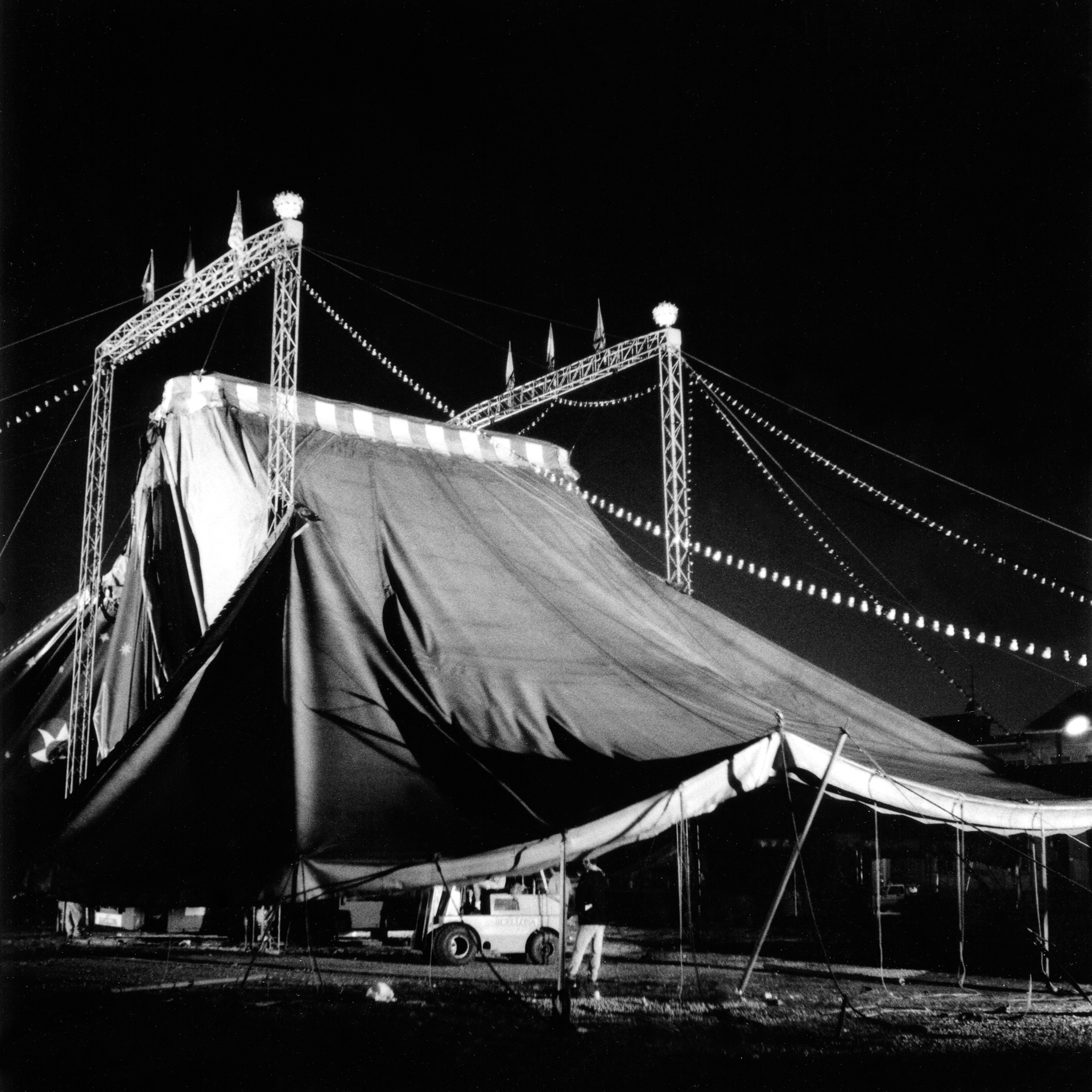
The circus tent_Barcellona circus – near Milan 2000
Gelatin silver print / variable size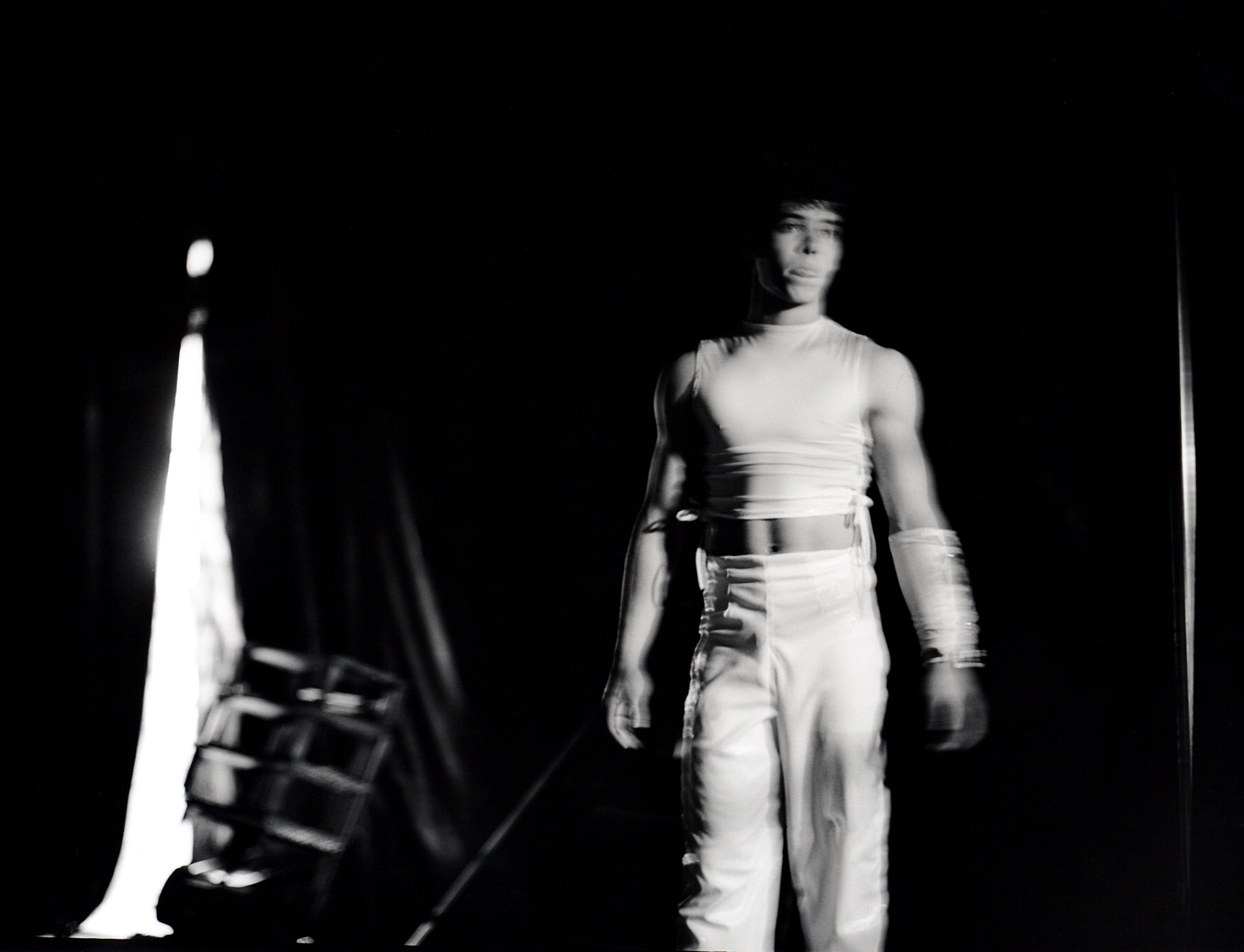
Young acrobat_Barcellona circus – Milan 2000
Gelatin silver print / variable size“First, entering the circus, there… we always come across the double gate, behind which stands the keeper of the Circus observing us from a crystal ball
… … …
Look at me: I am the mistress of gymnasts, clowns, young girls – jumping and flying. They are all my toys, just for my delight, but I let you come in anyway.”Ramón Gómez de la Serna, “El Circo” – 1917
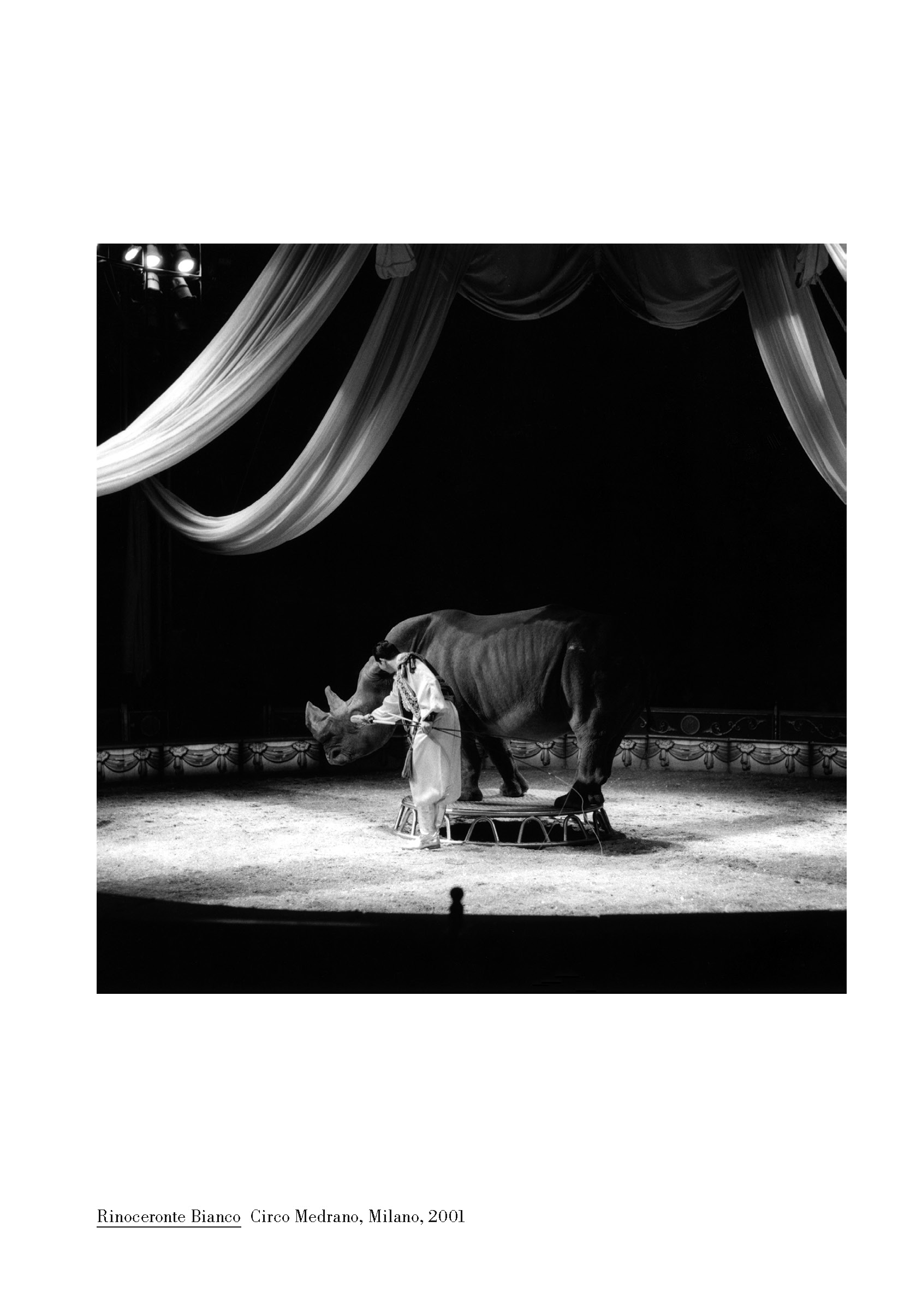
My work about the circus started in 1997 in Milan; sharing the journeys of three Italian circus families: the Franchetti (Circus Barcellona), the Casartelli (Medrano) and the Togni (Darix Togni and American Circus). Year after year, I was able to see new things through the perspective of the caravan’s life. The bonds forged inside a circus family became familiar to me.
Sometimes the big top was transforming itself; becoming a magical entity and disclosing an unexpected reality, while revealing to the circus children their own craft and destiny.
As Fellini said: “… the acrobat, the magician and the lion trainer represent eternal values: force, courage, rigor, physical ability.” But the clown is making fun of everything, and questioning the human being about the fragility and absurdity of life.
Stepping through the entrance into the circus is, in a way, as if I am stepping through a small door into my childhood.
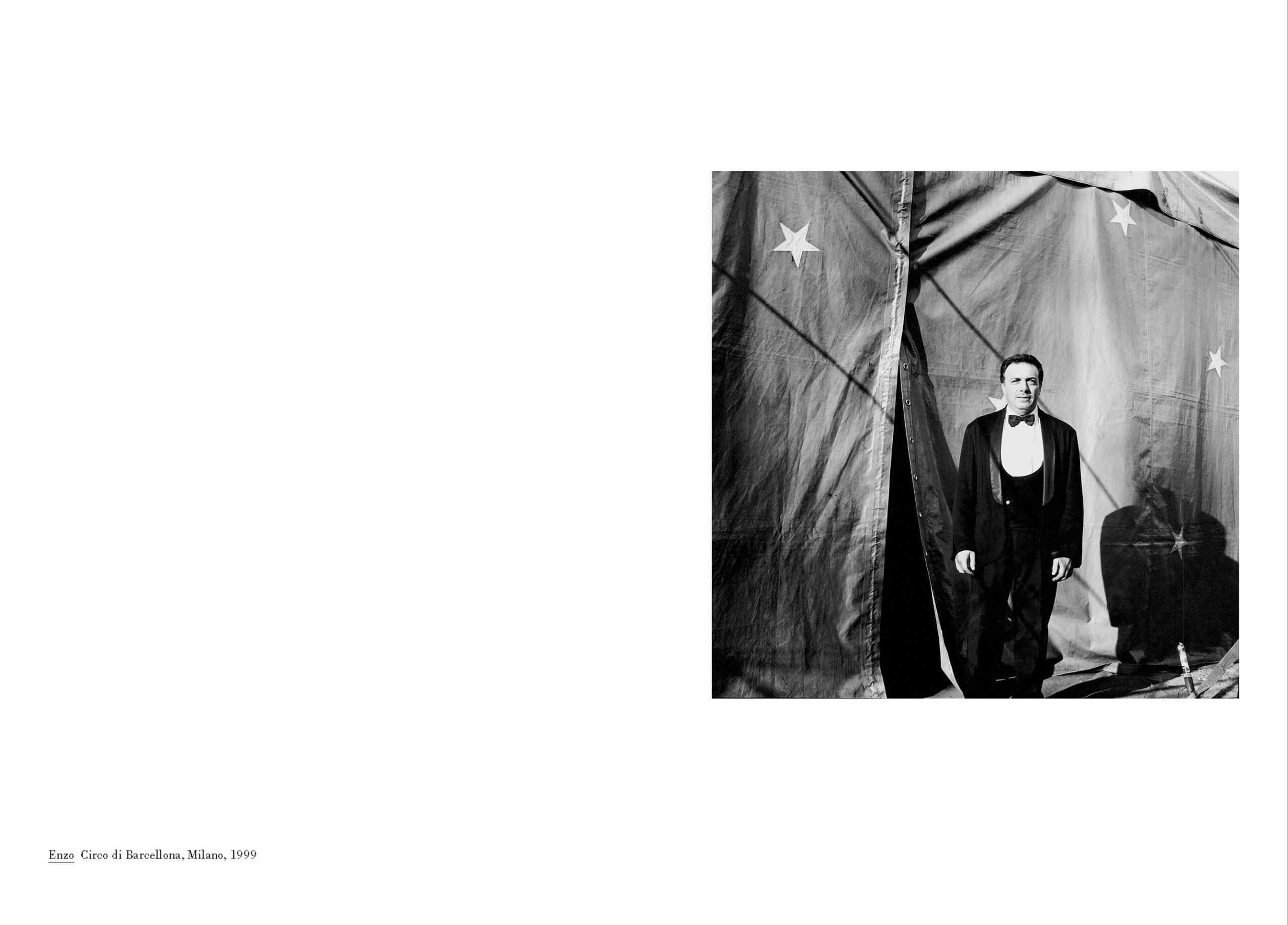
A monograph by the title: “Il Circo” by Leo Pellegatta with aphorism of the surrealist Spanish writer Ramón Gómez de la Serna was presented at Utrecht / NowIdea in Tokyo & N.Y. Art Book Fair in 2009. The book is also featuring a short story by Japanese writer Shinji Ishii and has been published in 1.500 copies + 50 limited editions.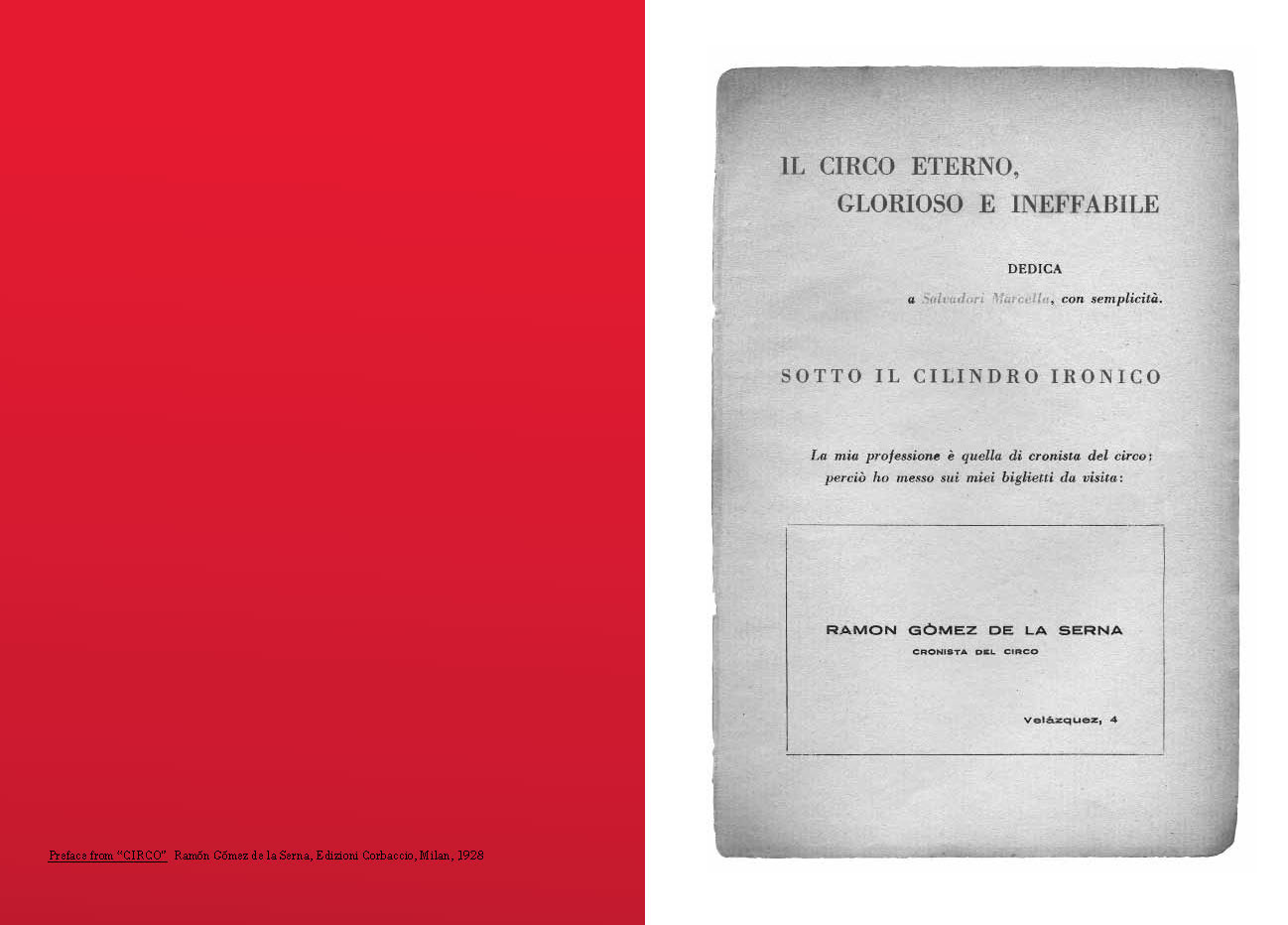
-
Tropical tree
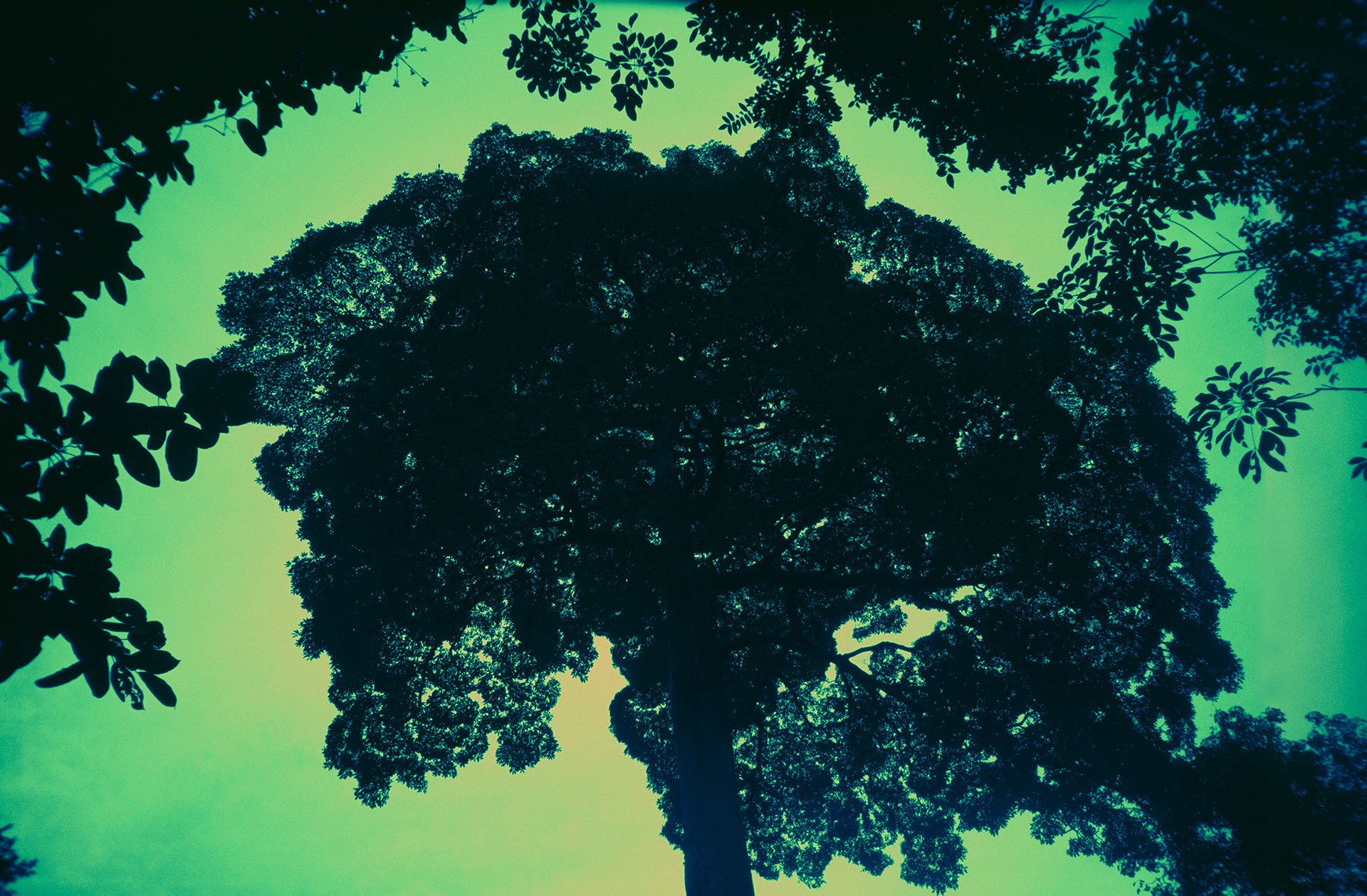
Pala Ubin # 1 _ Singapore 2015
Archival pigment print on washi paper
29,7 x 42 cm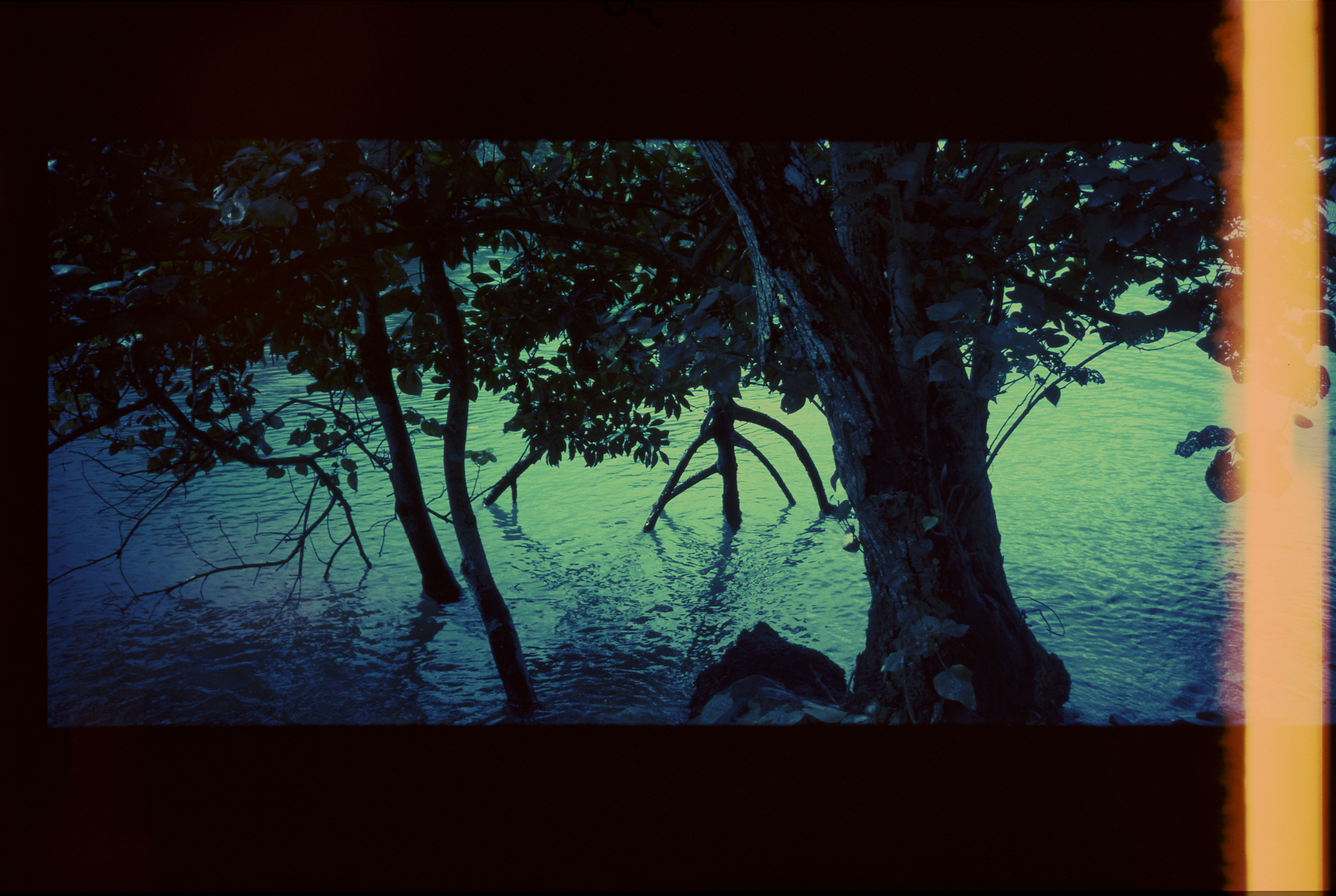
Pala Ubin # 2 – Singapore 2015
Archival pigment print on washi paper
29,7 x 42 cm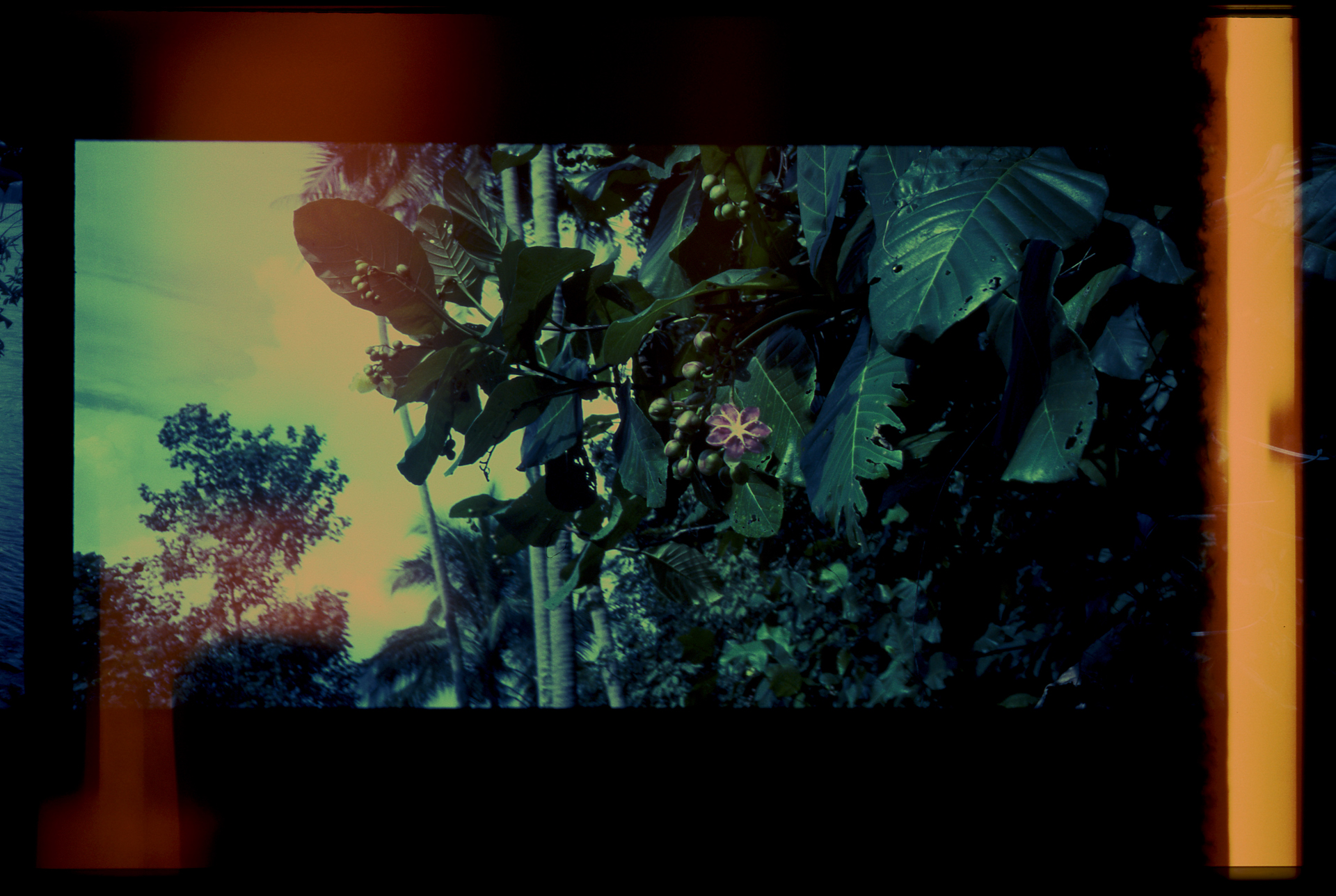
Pala Ubin # 3 – Singapore 2015
Archival pigment print on washi paper
29,7 x 42 cm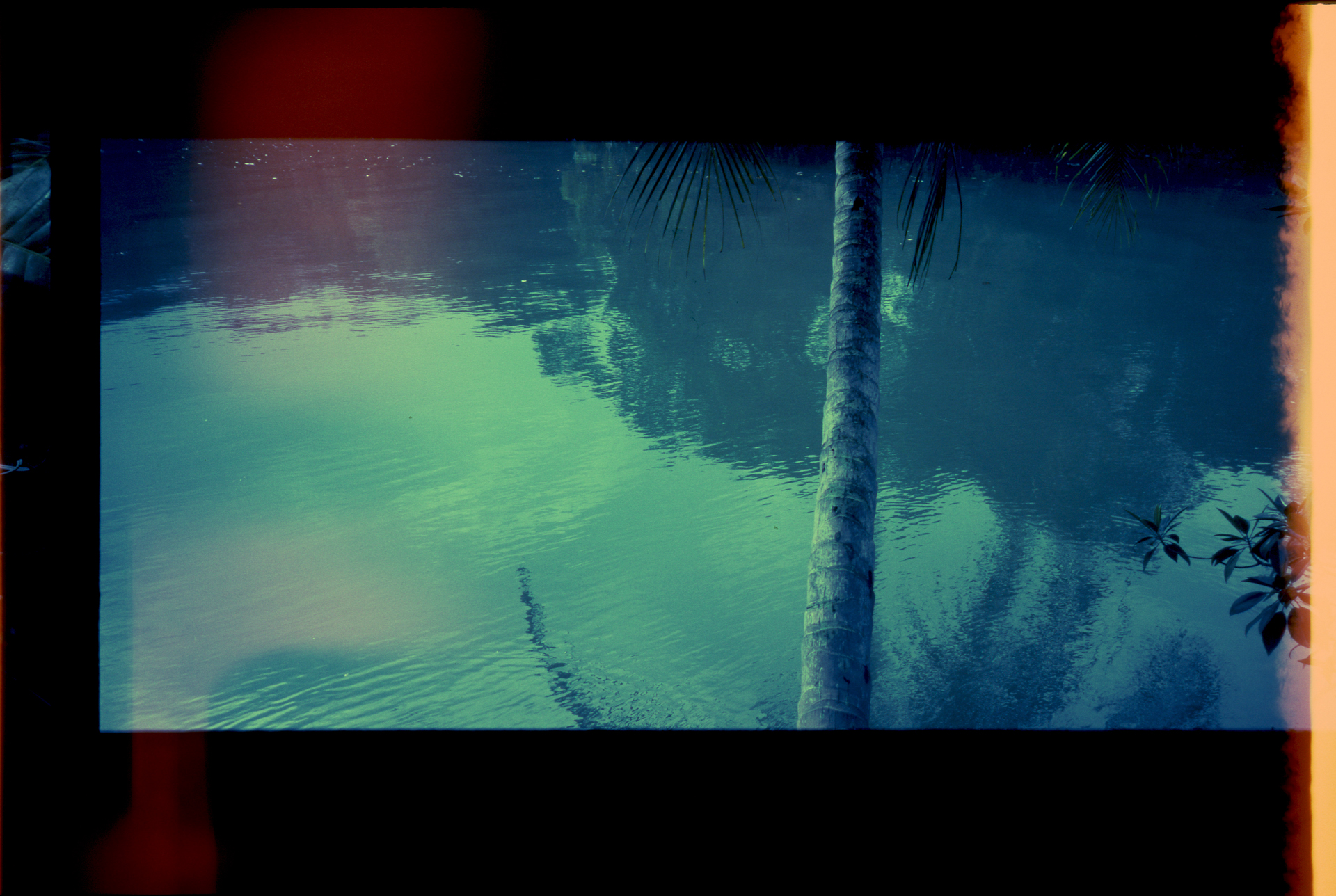
Pala Ubin # 4 – Singapore 2015
Archival pigment print on washi paper
29,7 x 42 cm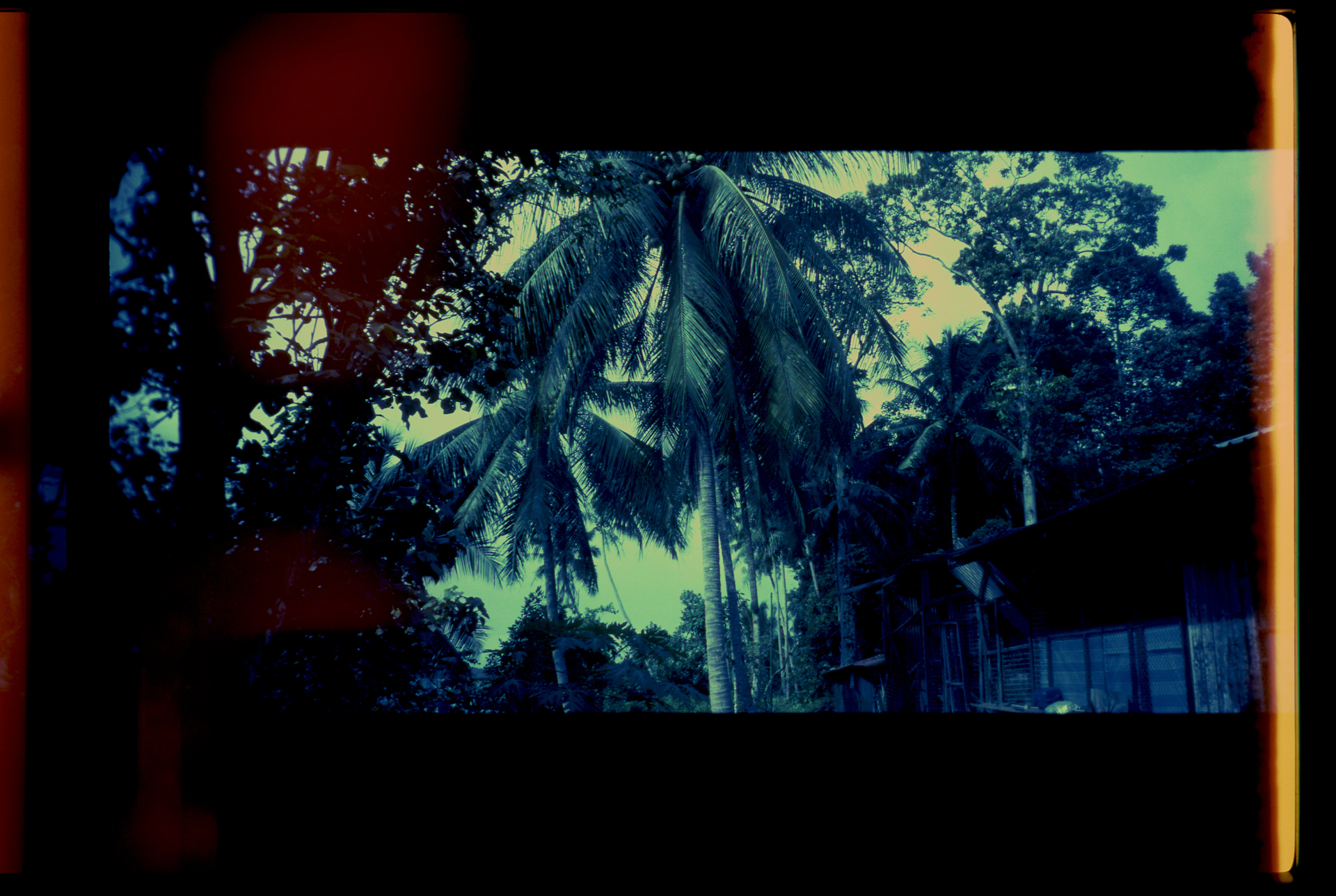
Pala Ubin # 5 – Singapore 2015
Archival pigment print on washi paper
29,7 x 42 cm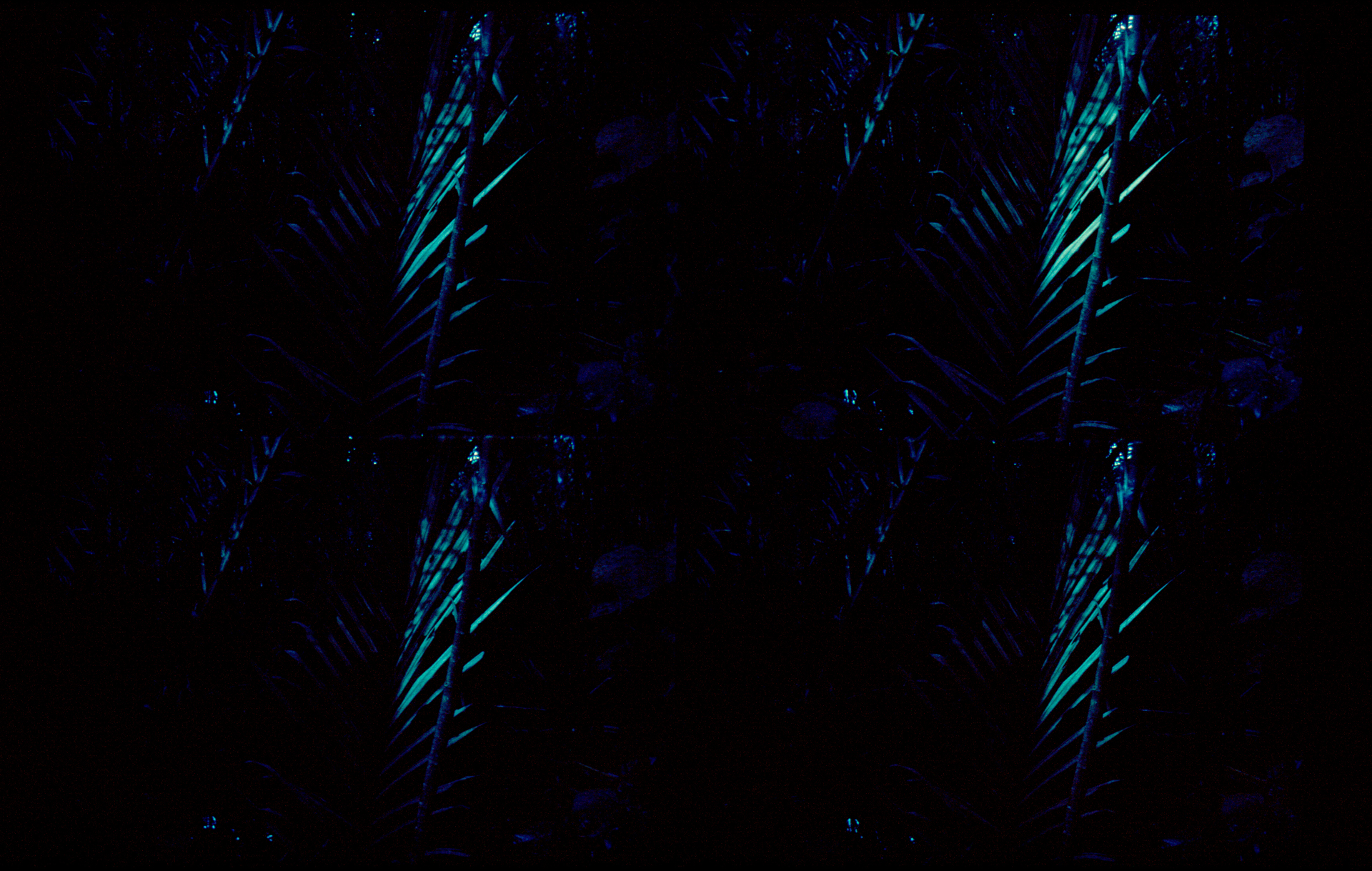
Pala Ubin # 6 – Singapore 2015
Archival pigment print on washi paper
29,7 x 42 cm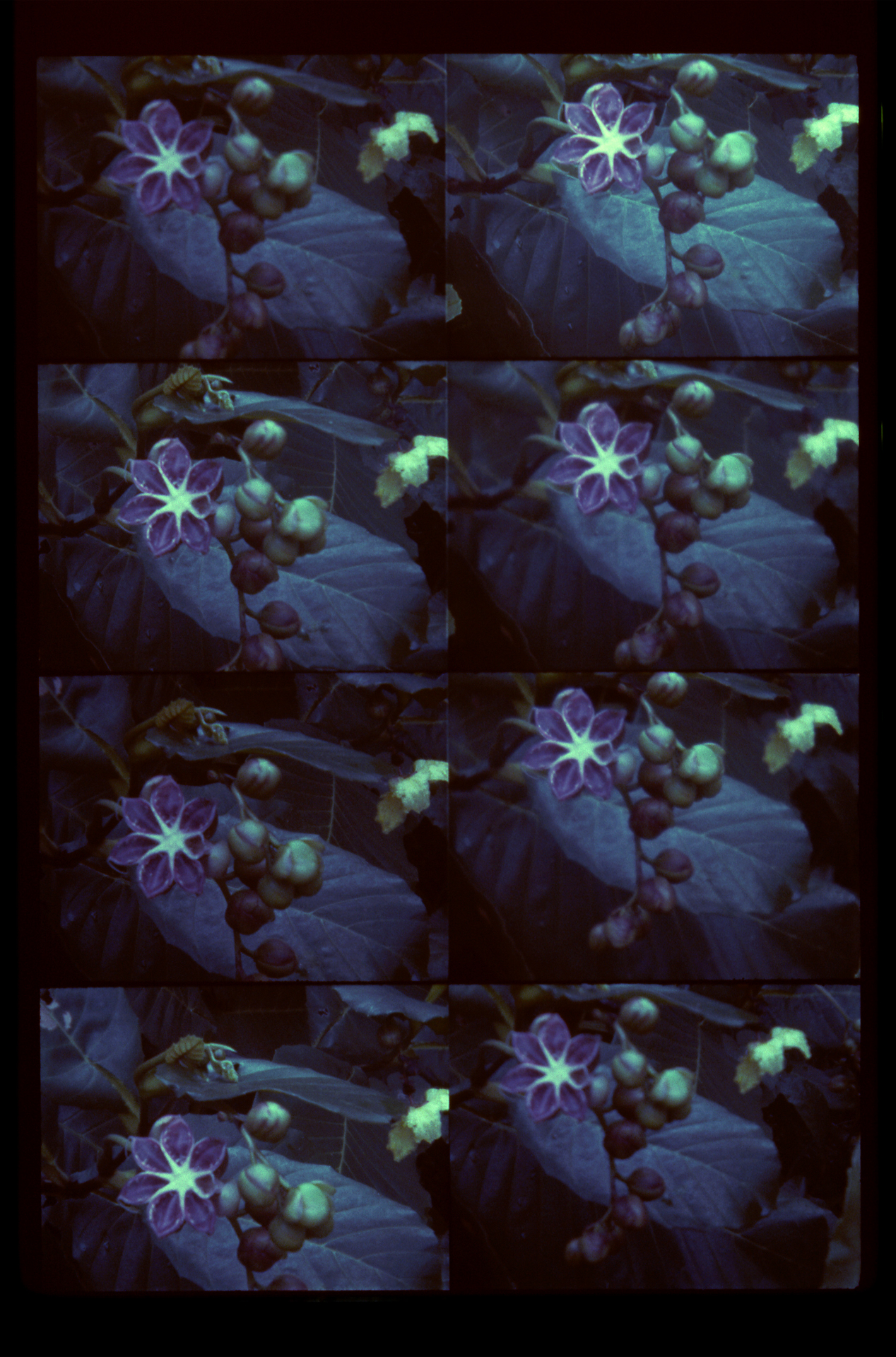
Pala Ubin # 7 – Singapore 2015
Archival pigment print on washi paper
29,7 x 42 cm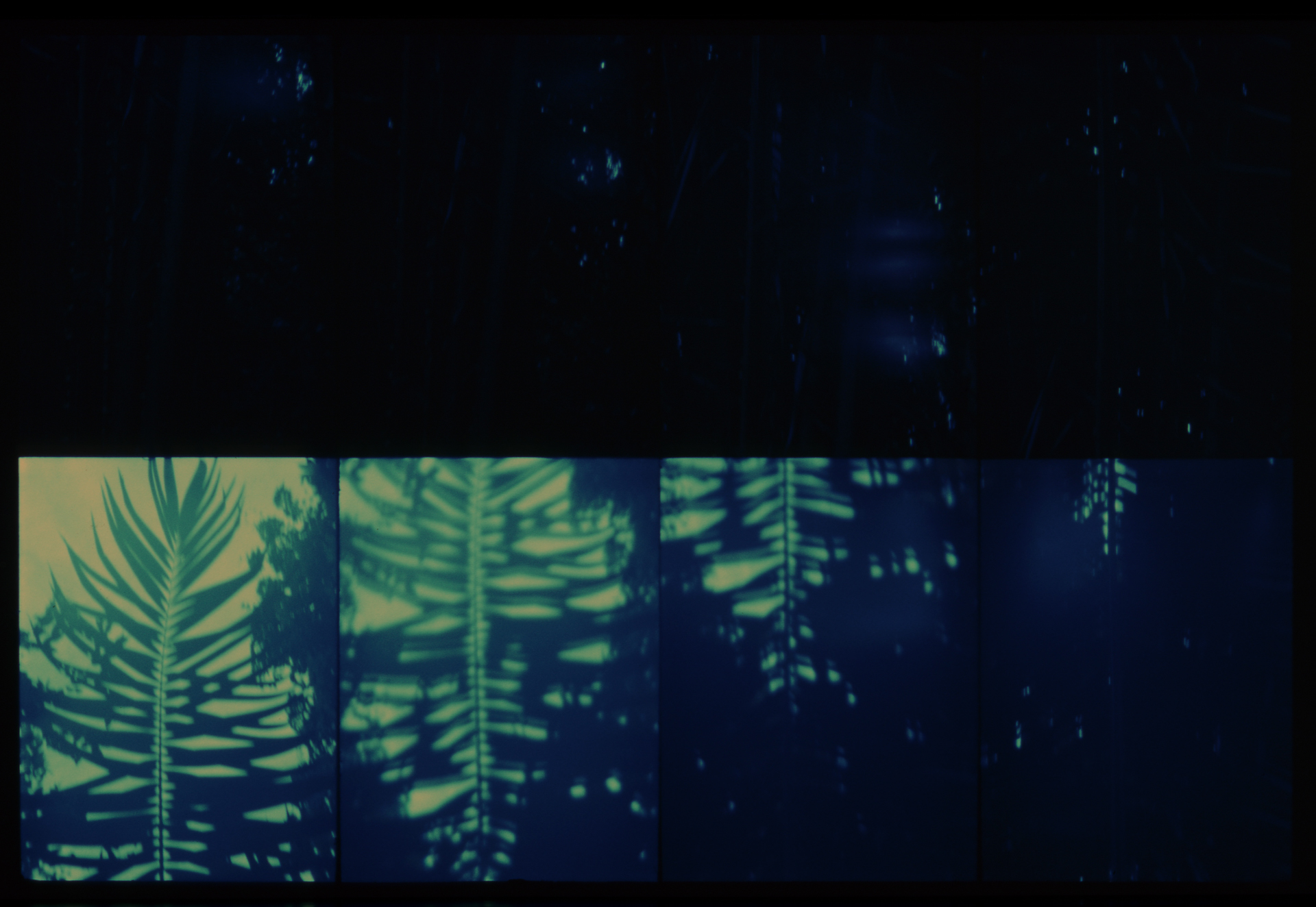
Pala Ubin # 8 – Singapore 2015
Archival pigment print on washi paper
29,7 x 42 cm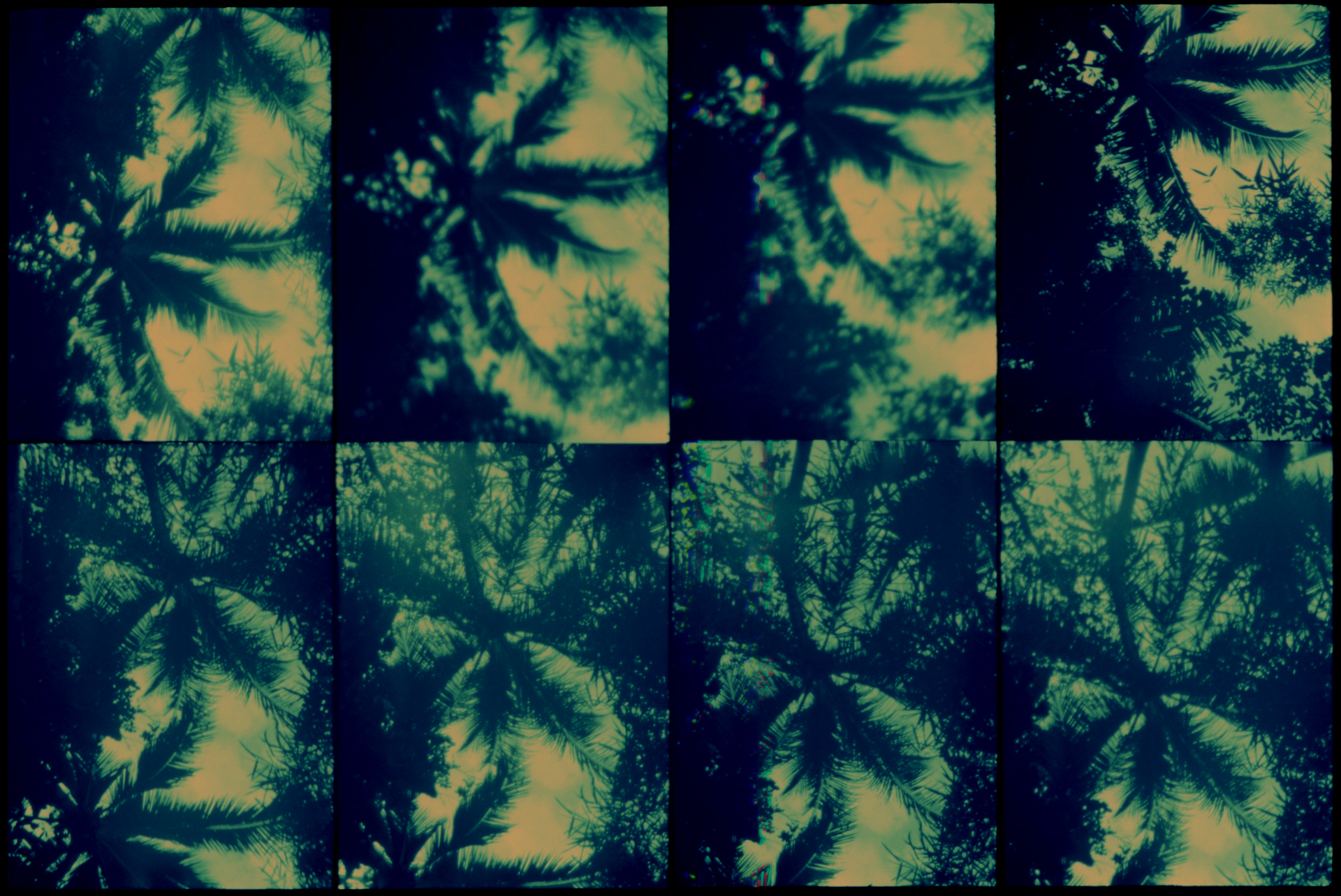
Pala Ubin # 8 – Singapore 2015
Archival pigment print on washi paper
29,7 x 42 cm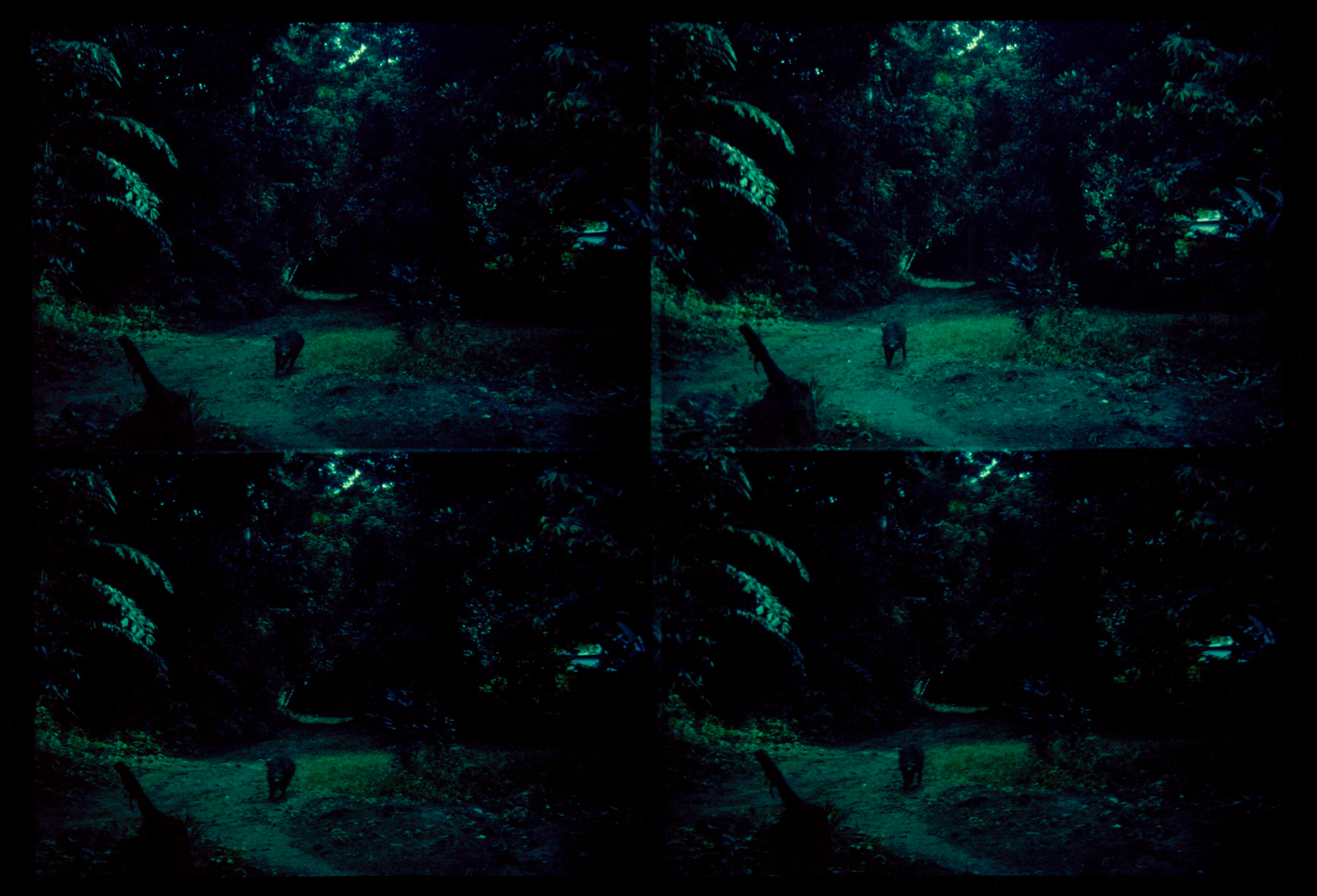
Pala Ubin # 9 – Singapore 2015
Archival pigment print on washi paper
29,7 x 42 cm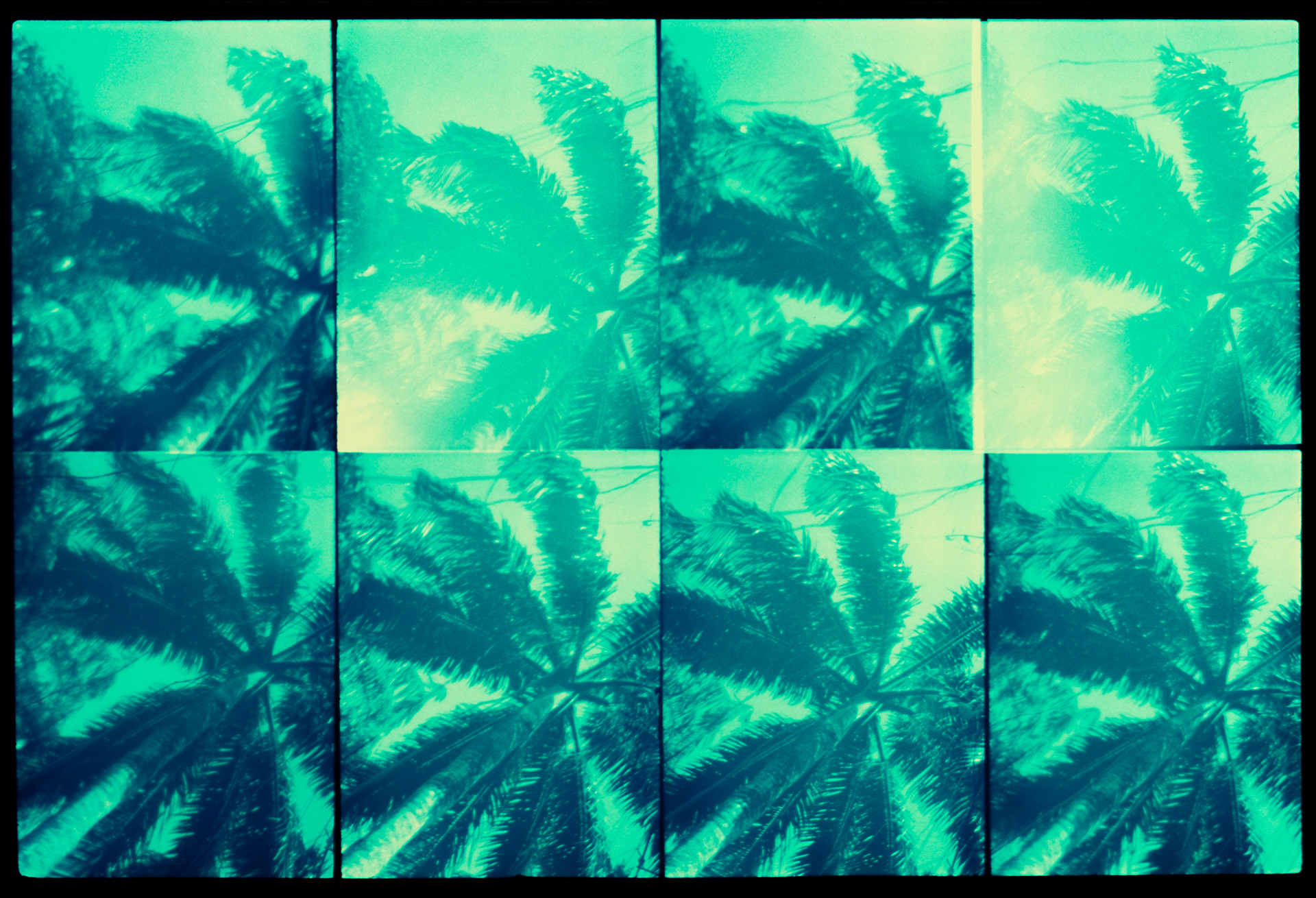
Pala Ubin # 11 – Singapore 2015
Archival pigment print on washi paper
29,7 x 42 cm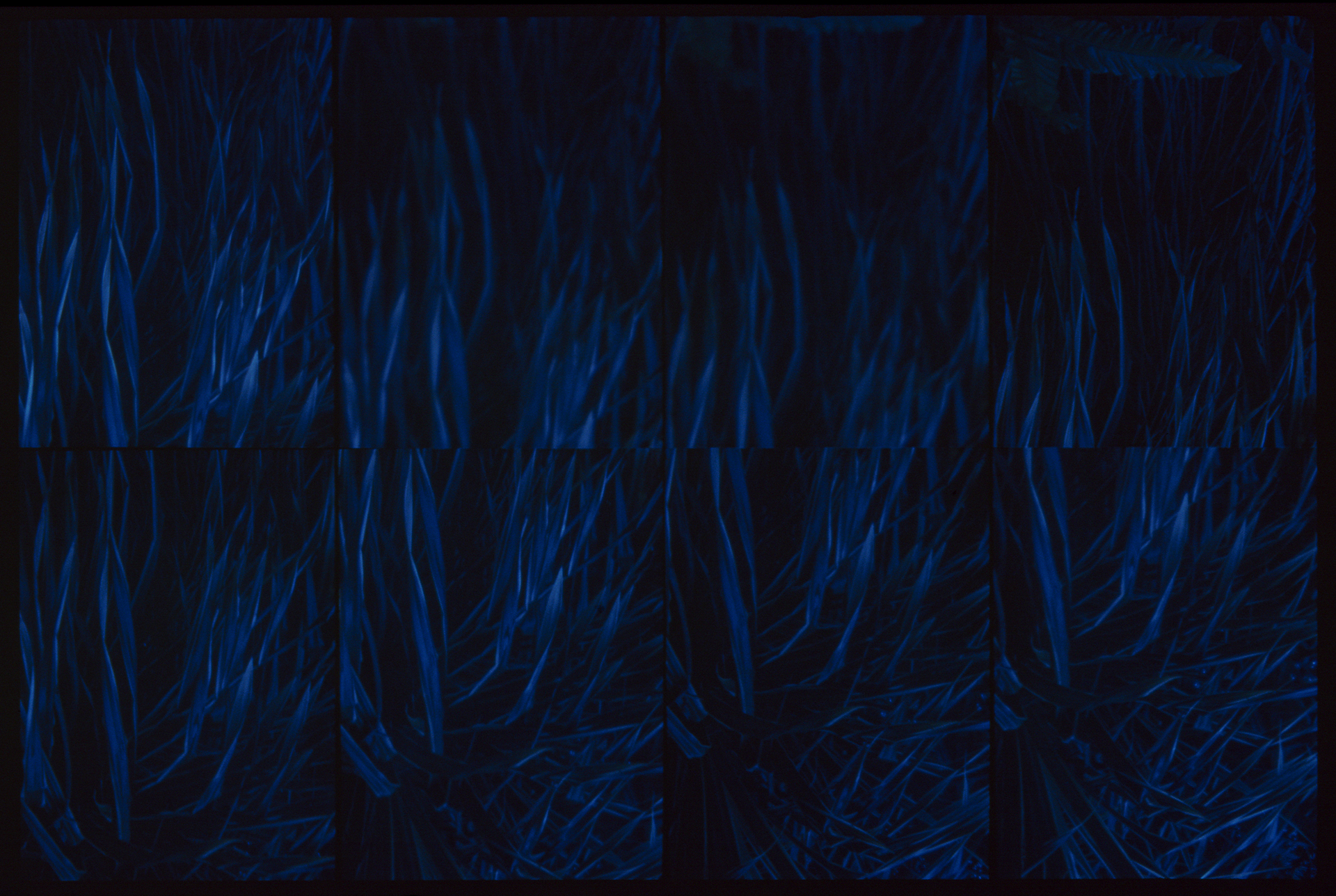
Pala Ubin # 12 – Singapore 2015
Archival pigment print on washi paper
29,7 x 42 cm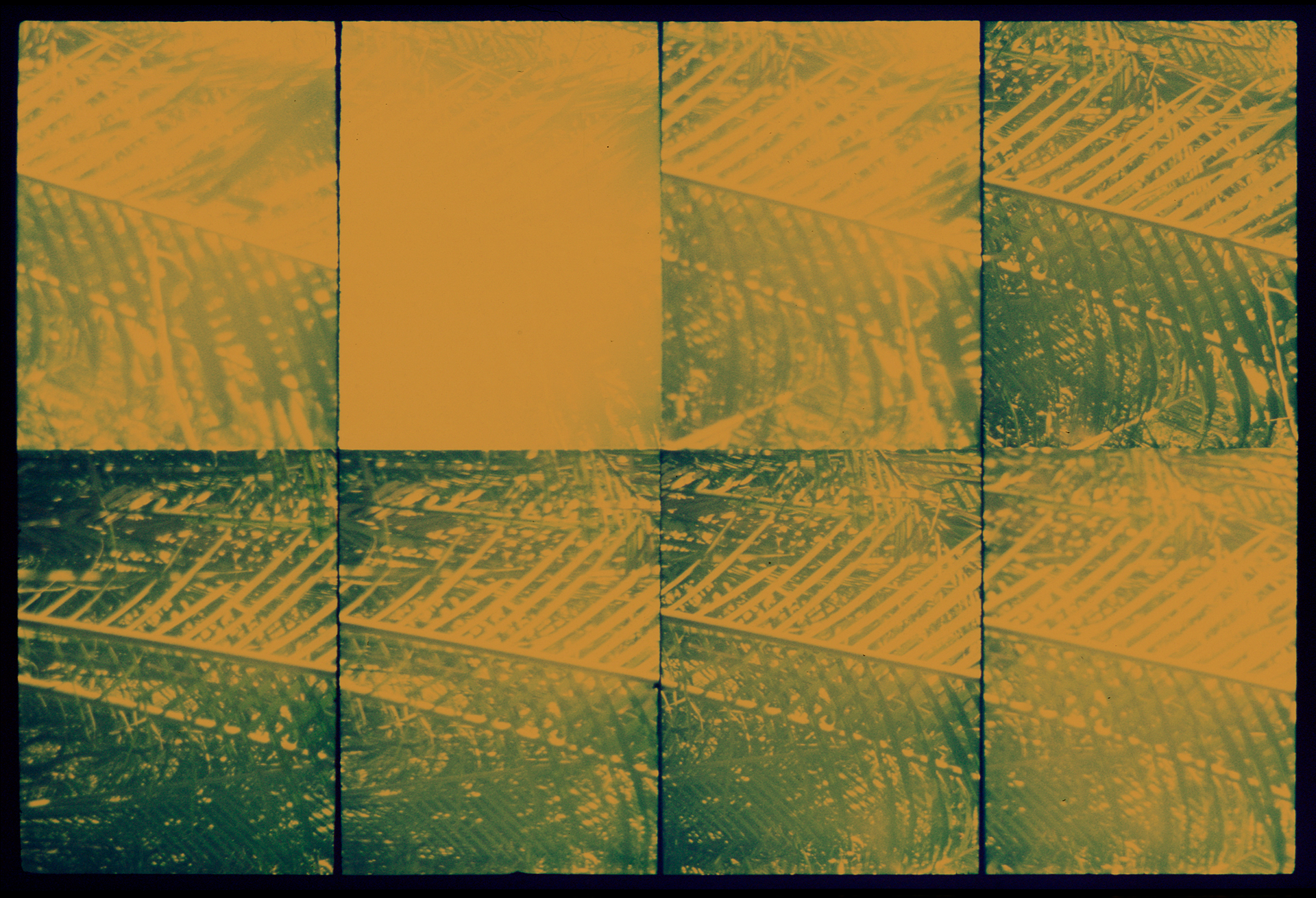
Pala Ubin # 16 – Singapore 2015
Archival pigment print on washi paper
29,7 x 42 cm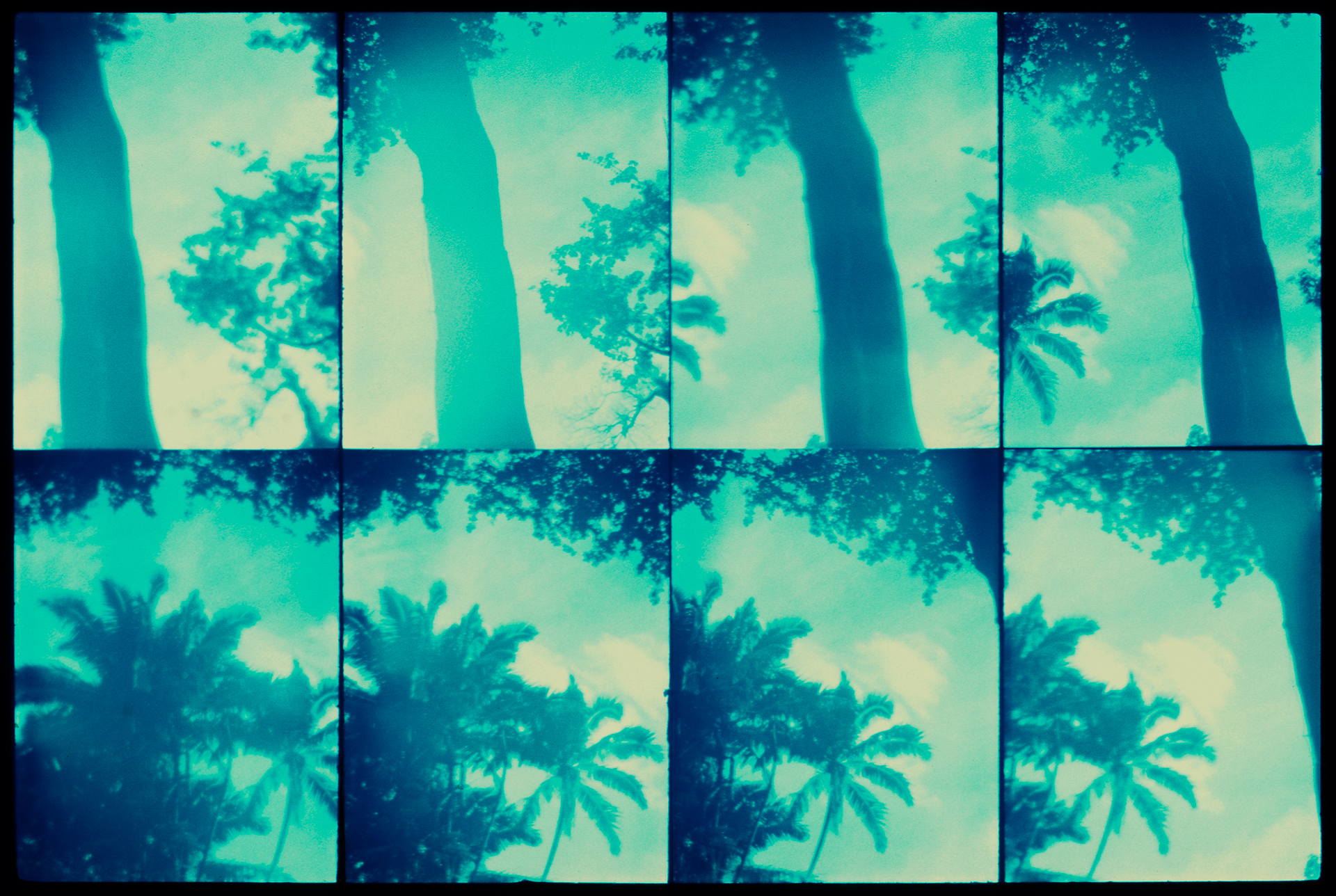
Pala Ubin # 13 – Singapore 2015
Archival pigment print on washi paper
29,7 x 42 cm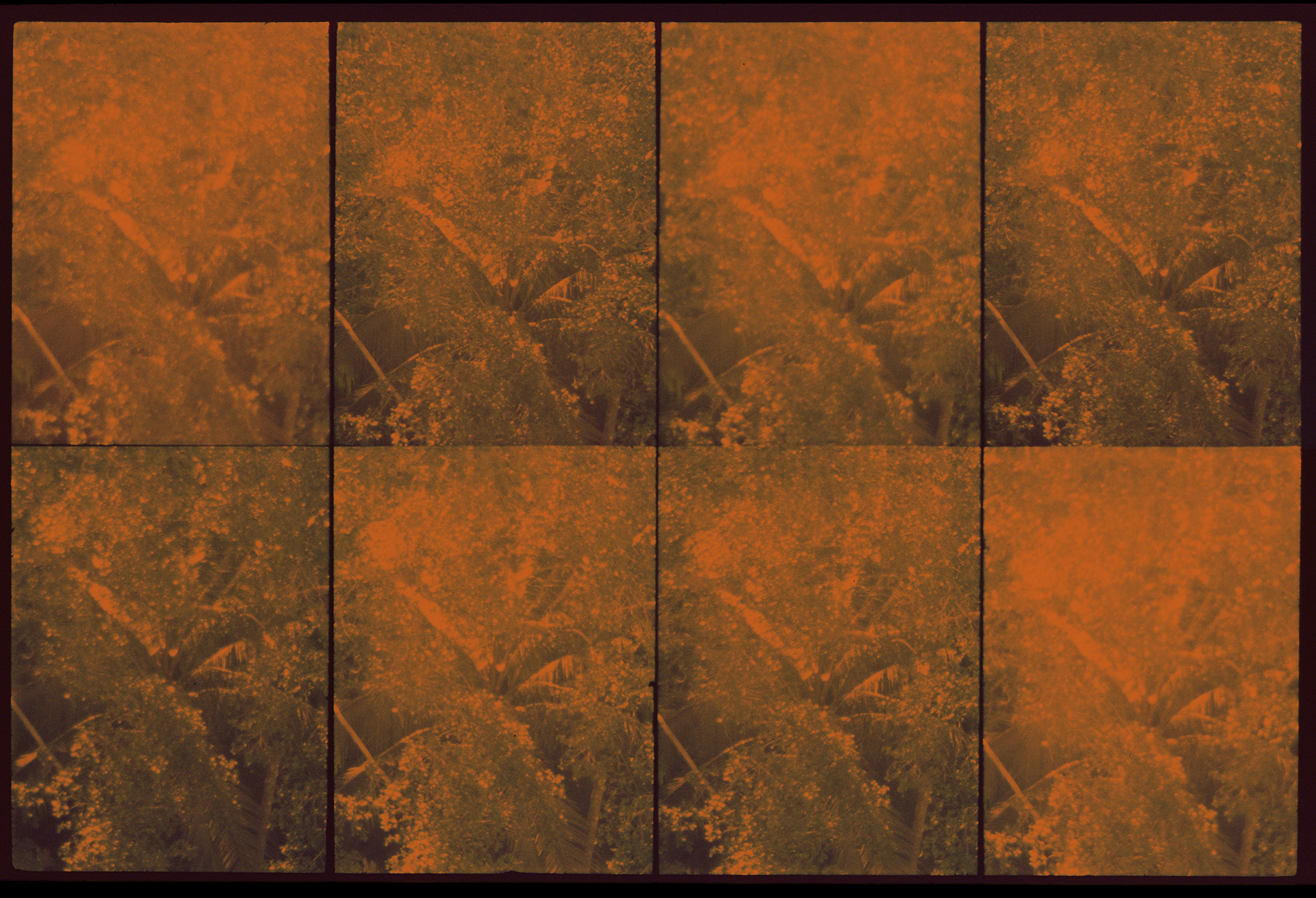
Pala Ubin # 15 – Singapore 2015
Archival pigment print on washi paper
29,7 x 42 cm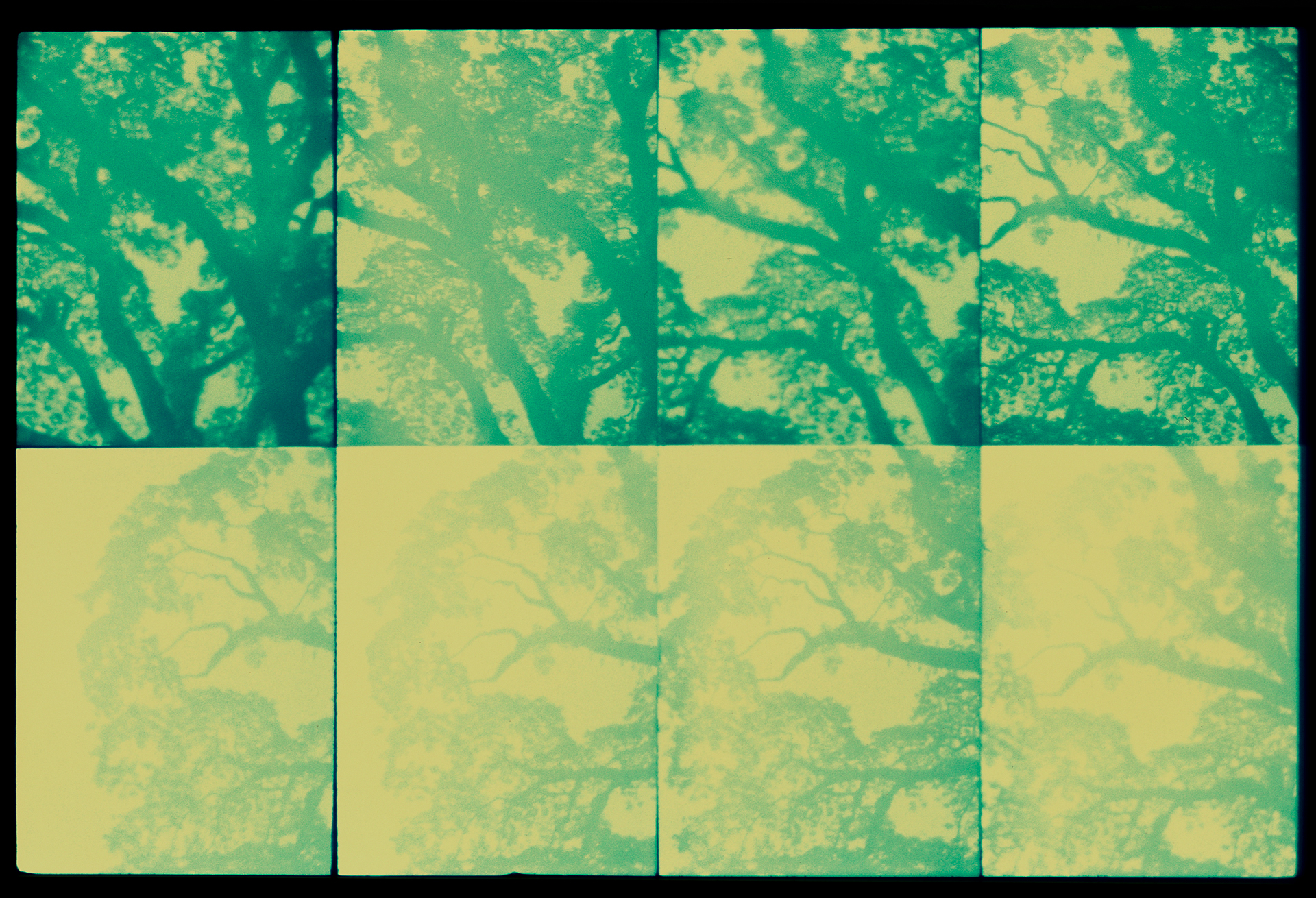
Pala Ubin # 14 – Singapore 2015
Archival pigment print on washi paper
29,7 x 42 cm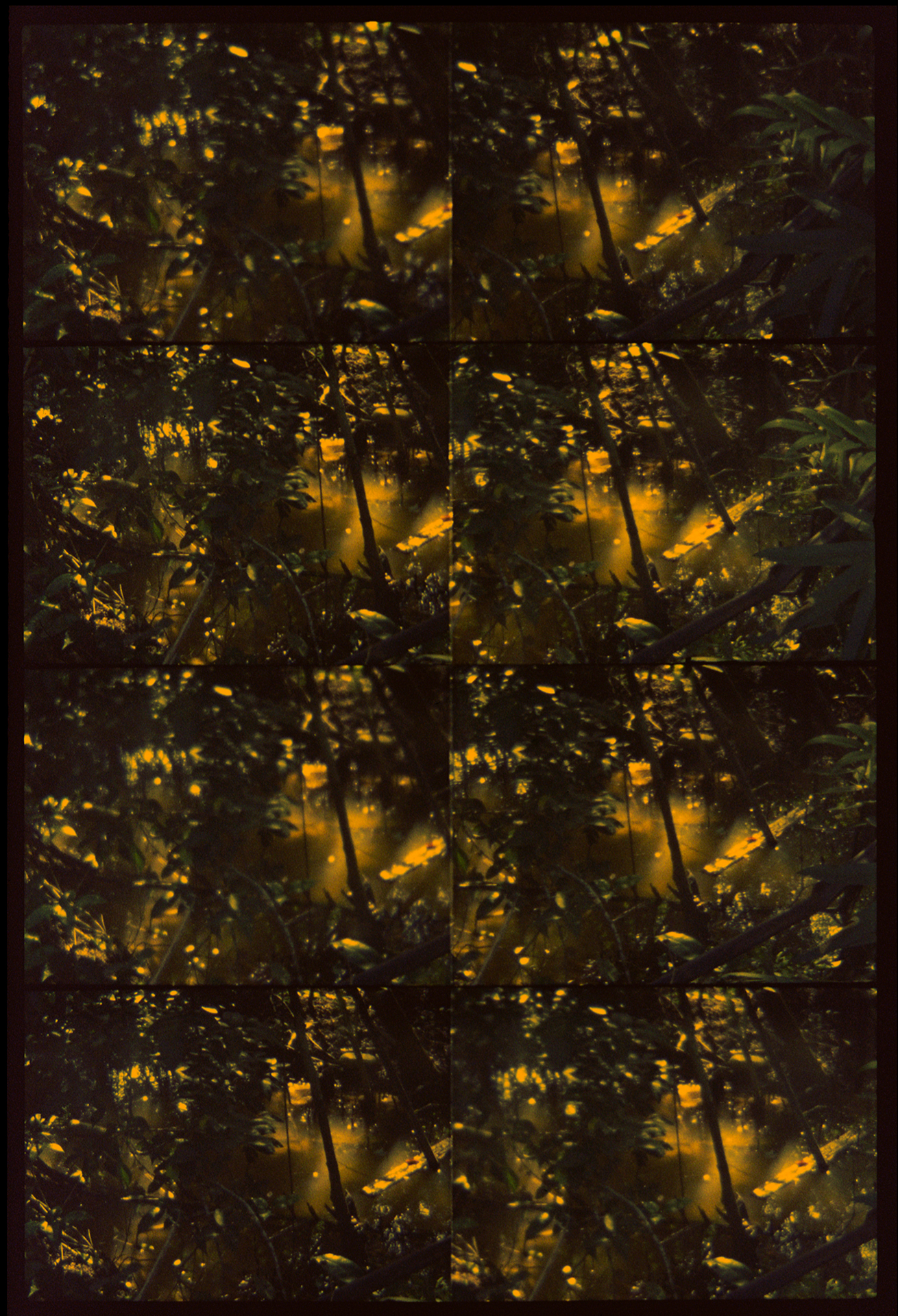
Pala Ubin # 17 – Singapore 2015
Archival pigment print on washi paper
29,7 x 42 cm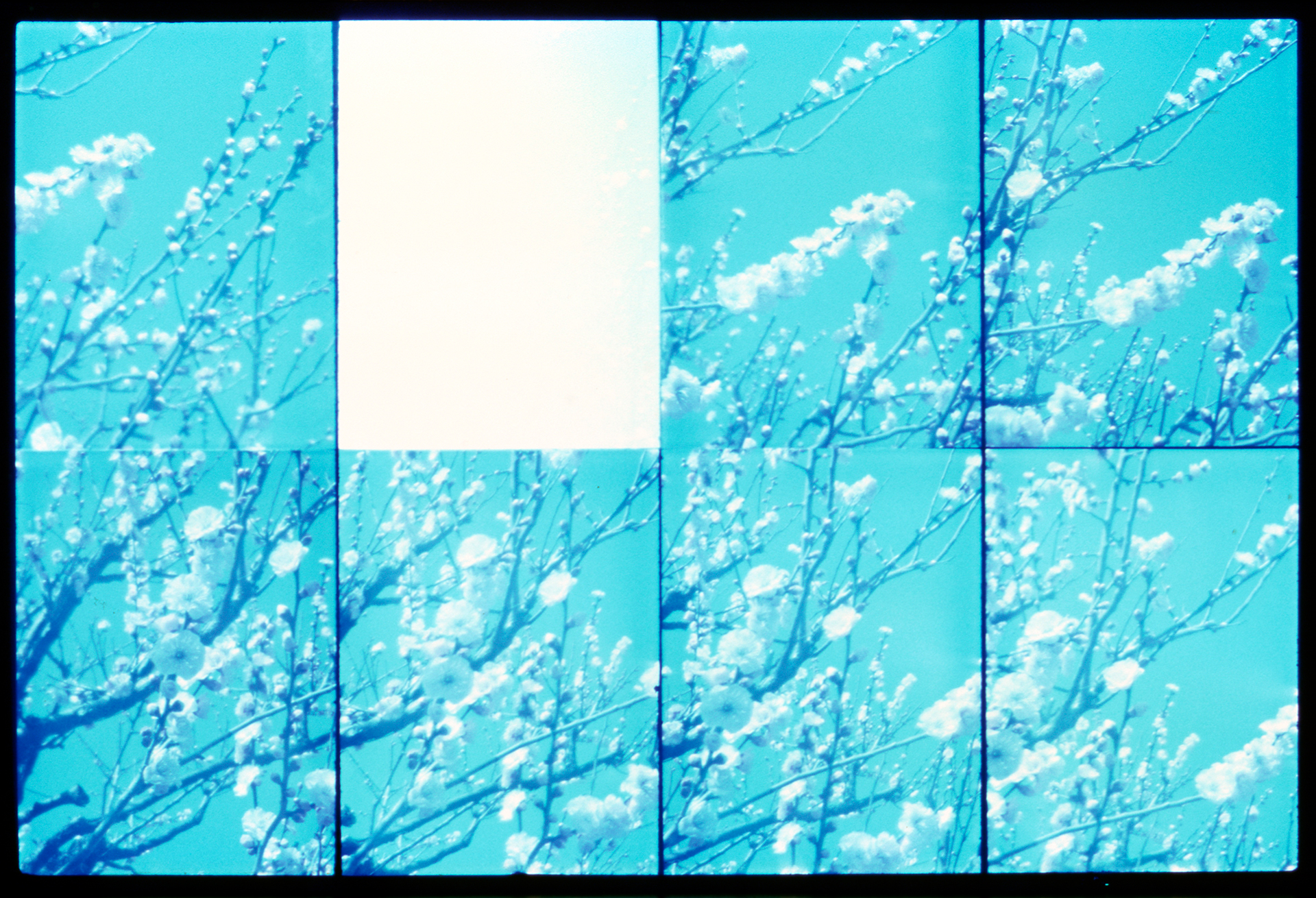
Sakura # 1 – Tokyo 2018
Archival pigment print on washi paper
29,7 x 42 cm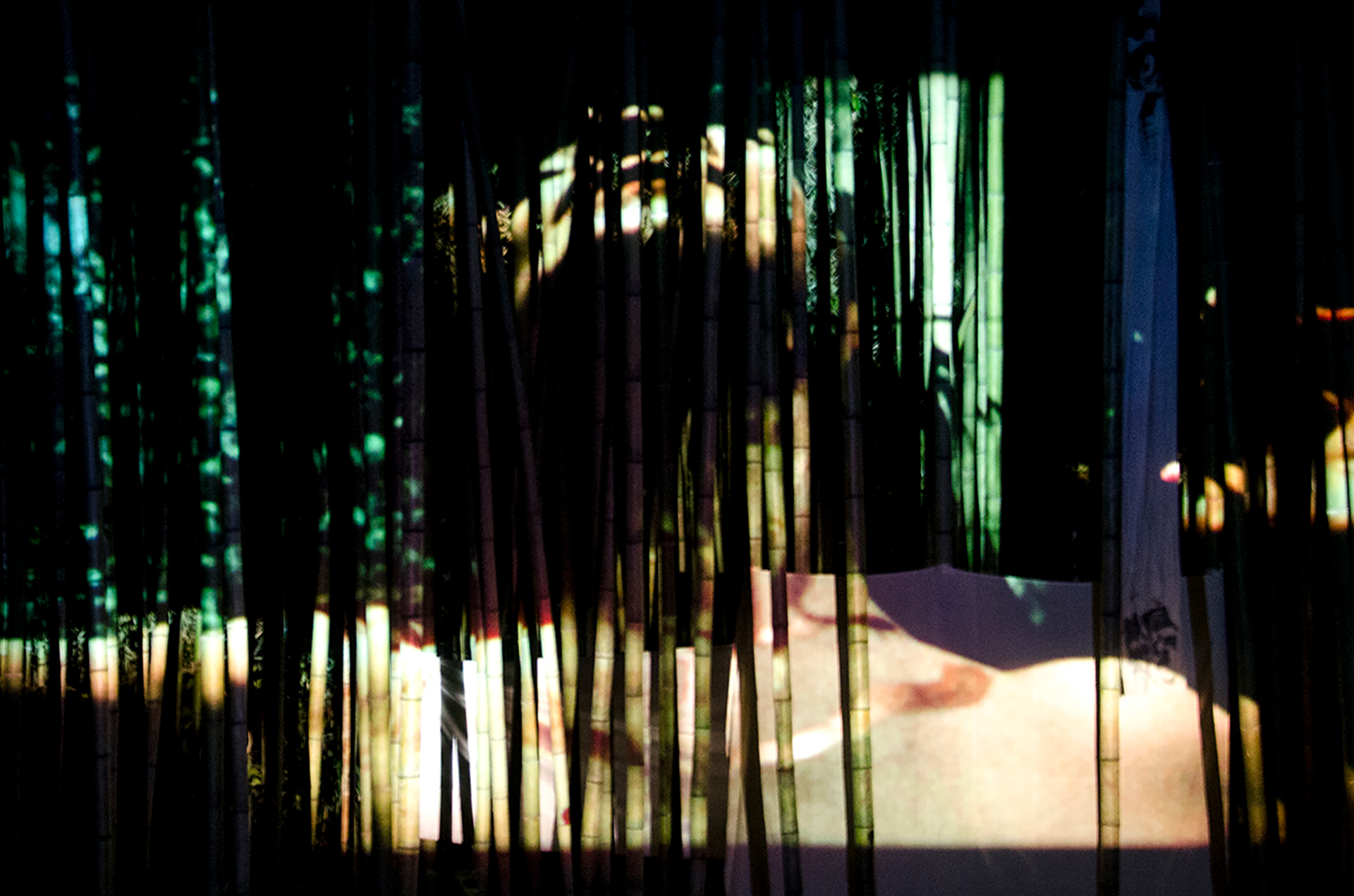
Tropical Tree Ensemble
AIOE festival – Japan 2016
Installation view & performance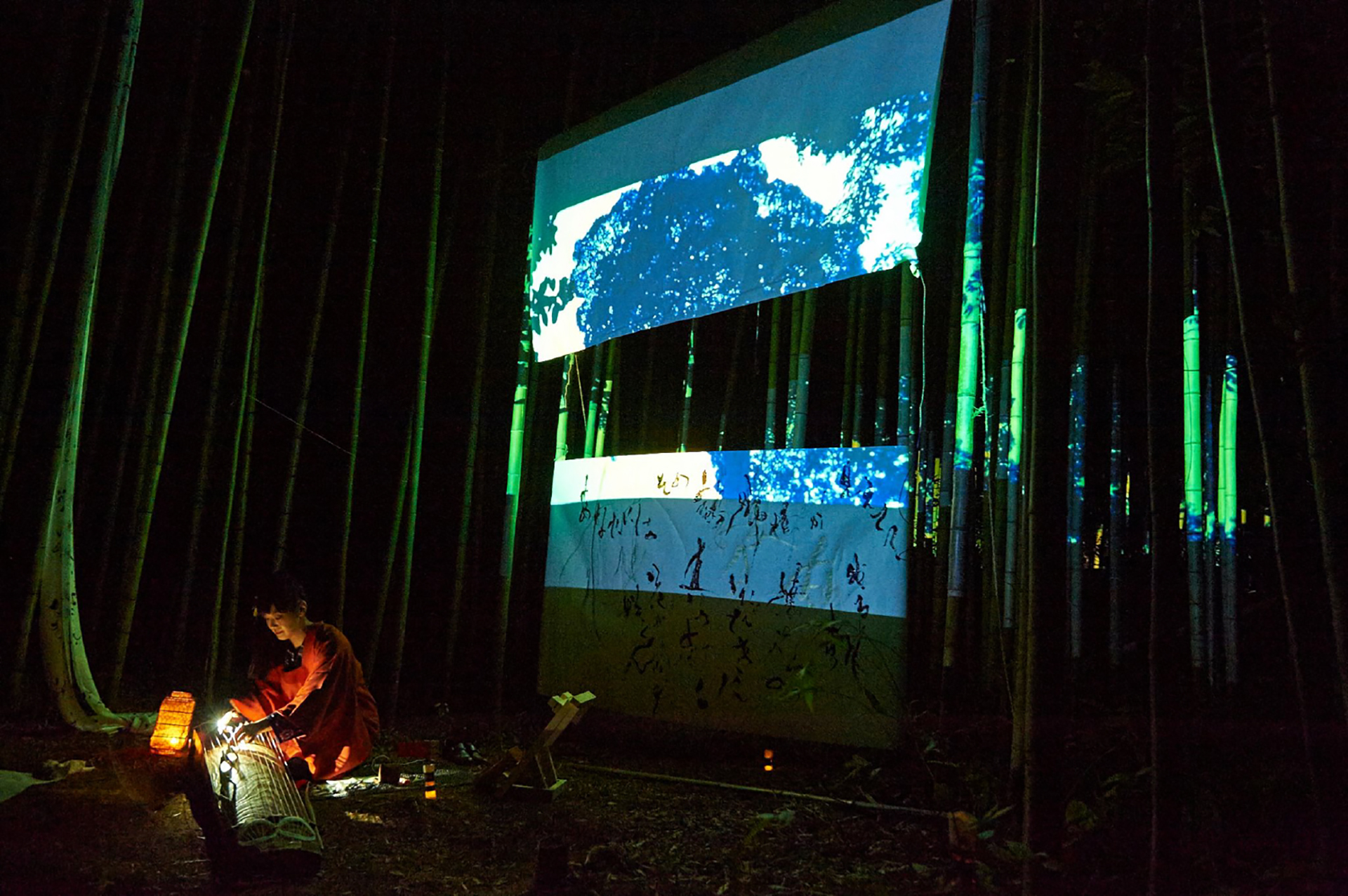
Tropical Tree Ensemble
AIOE festival – Japan 2015
Performance with Reiko Imanishi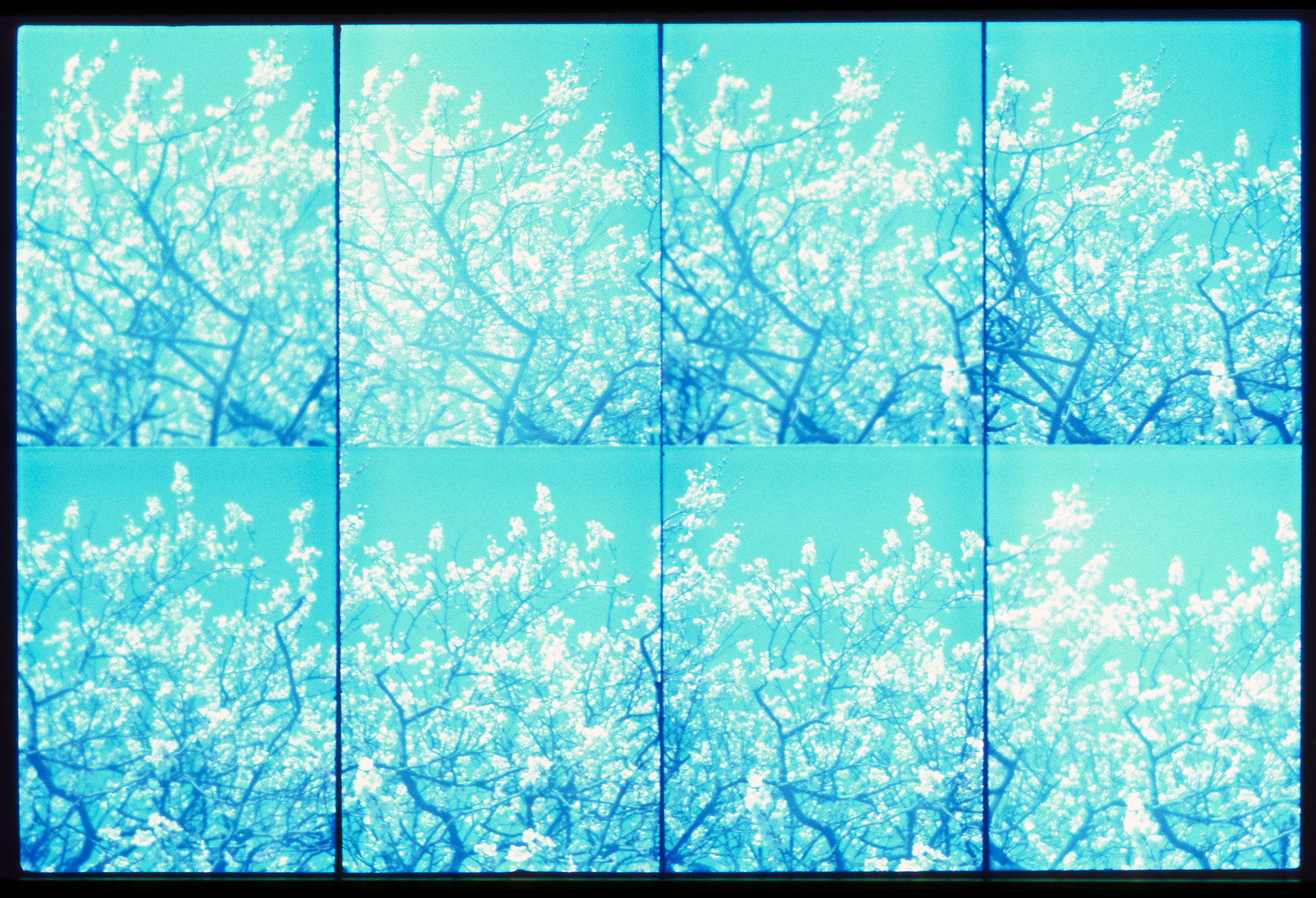
Sakura # 2 – Tokyo 2018
Archival pigment print on washi paper
29,7 x 42 cmTropical Tree is a multimedia project inspired by the 1960`s play Nettaiju by Yukio Mishima.
In this play a tragic drama takes place amid the uncluttered minimalist setting of a Japanese garden, inside of which a mysterious tropical tree is rising outrageously.
Drawing upon abstract dialogues and memories, Mishima creates a story where nature stands as a mirror for the people`s feelings and passions.Throughout a filmic and musical undertaking and the cooperation between visual artist Leo Pellegatta and composer Nicol Faer, the project evolved with the aim to open up Mishima`s literary work to an imaginary landscape and extend the horizon to several themes and allegories associated with the tree.
Tropical Tree has been presented as a multi-media installation and as an innovative form of musical theater, in gallery spaces and outdoor art festivals, exploring the dialogue between photography, cinema, improvised music and performance.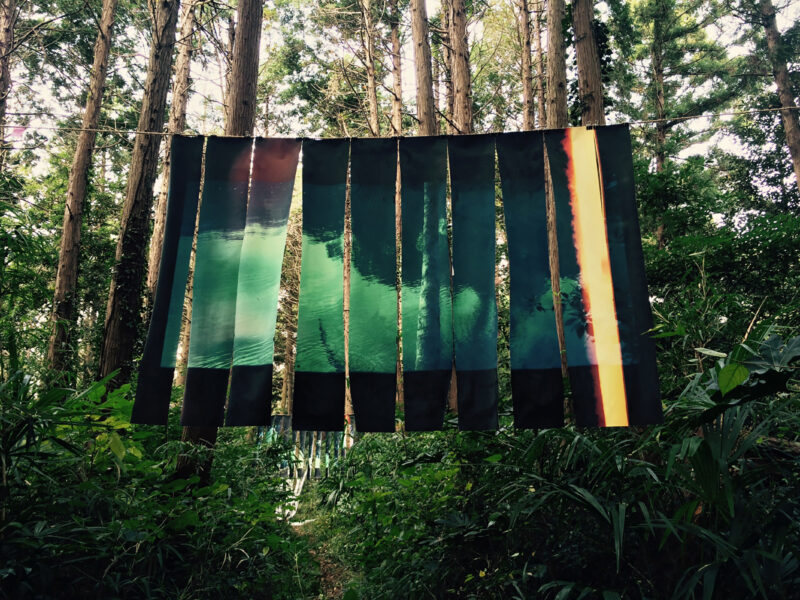
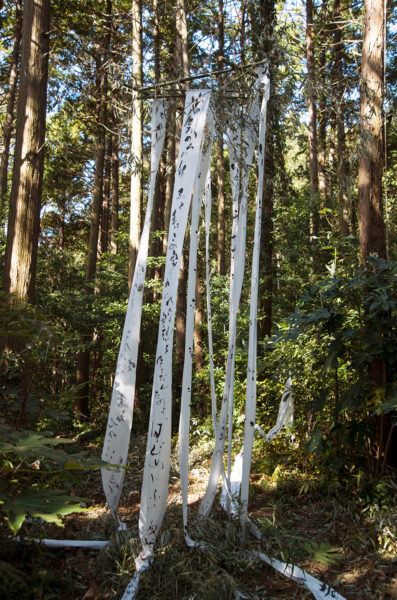
Tropical Tree _ AIOE festival 2016
Installation view + calligraphy
Leo Pellegatta & Setsuhi ShiraishiOne of the main impulses of the idea has been the desire to bring together in a creative exchange and performance, artists from different cultures, backgrounds and practices.
For instance, the richness of the meeting with Japanese culture allowed assimilating in the project elements of ancestral disciplines such as Shôdo, Ikebana and Gagaku, as well as contemporary radical forms of expression like Butoh.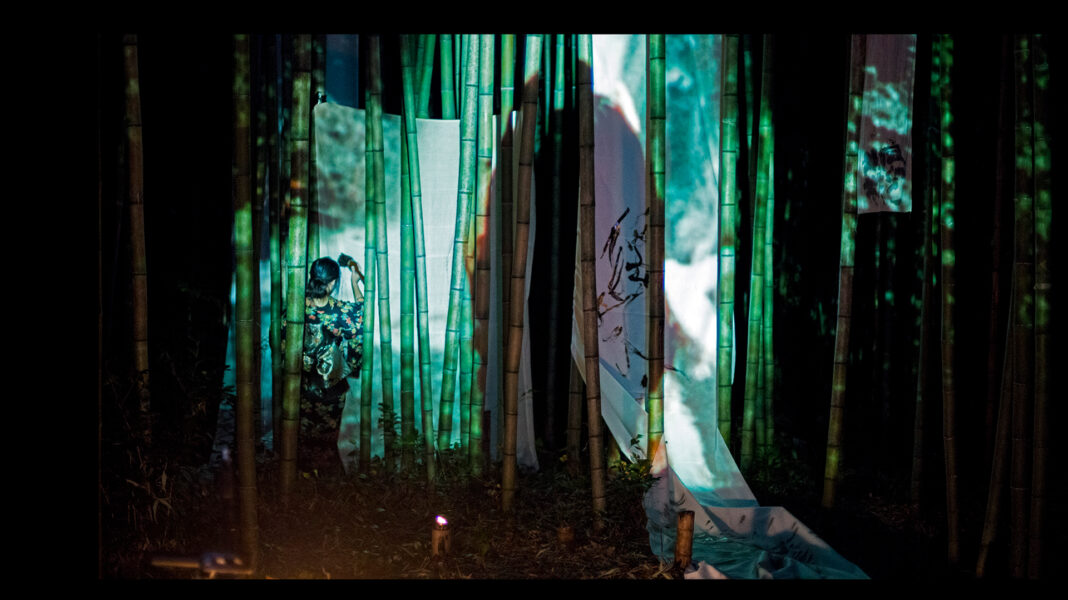
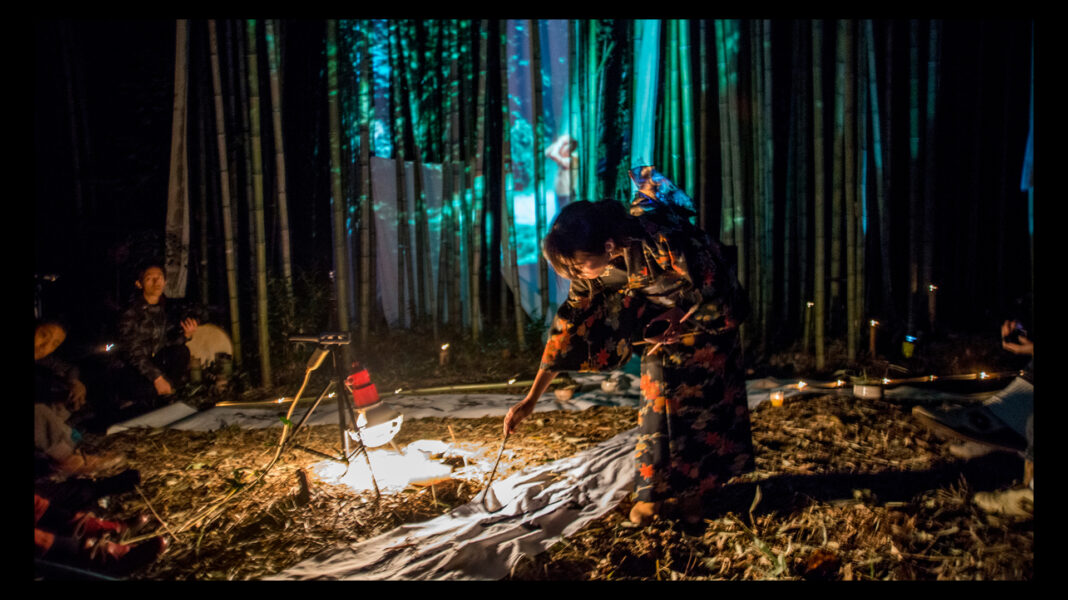
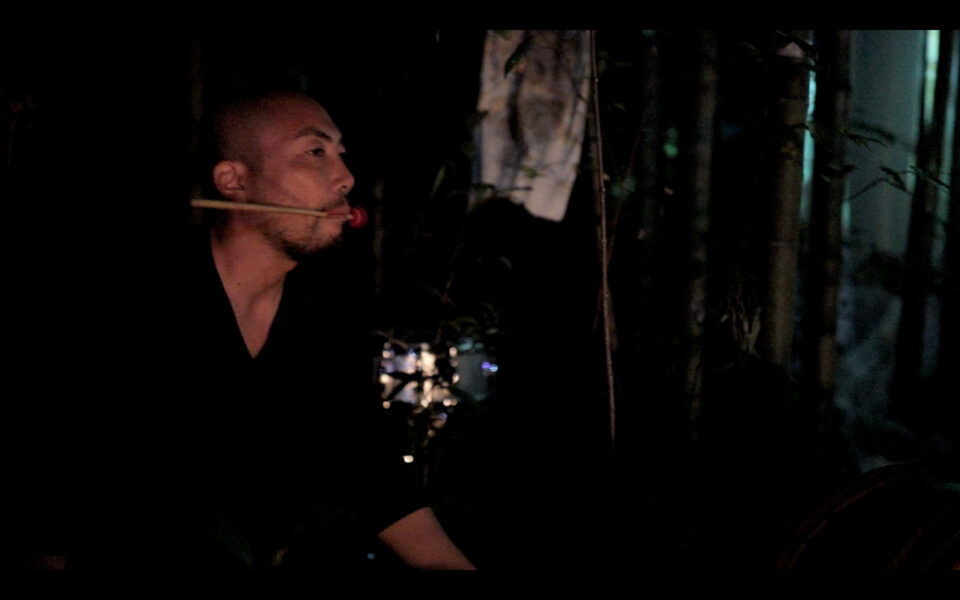
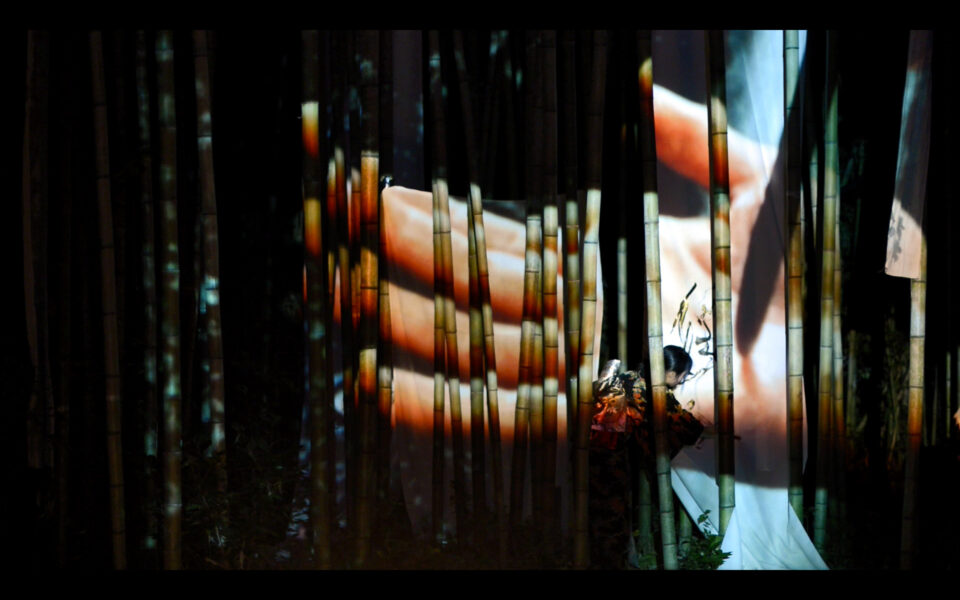
Tropical Tree Ensemble
Performance at AIOE festival 2017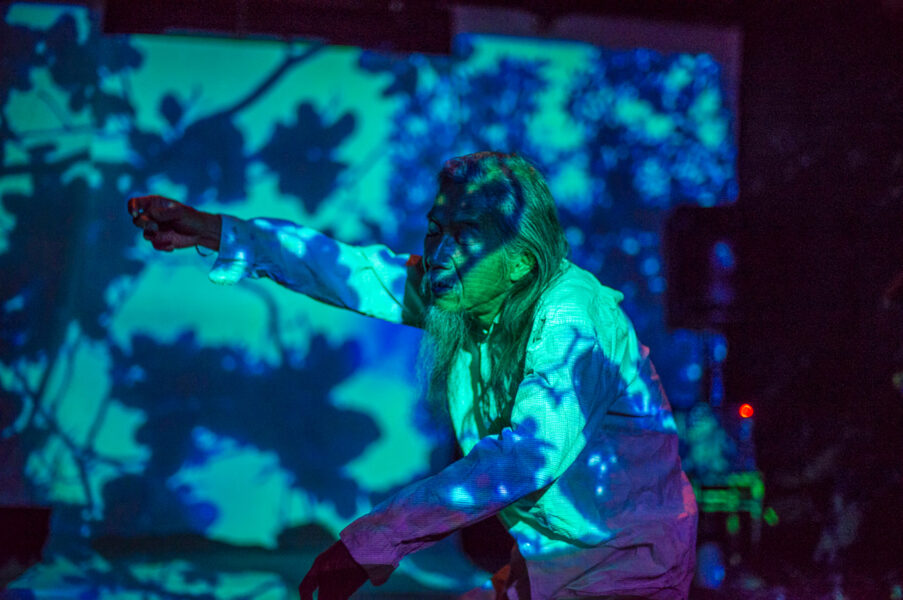
Tropical Tree Ensemble
Butoh performance with Mushimaru Fujieda
DOC, Paris 2018Several photographs created for the Tropical Tree, have been taken with a sequence photography camera.
In this way the project wishes to be as well, an ode to the pioneering artistic experiments made at the birth of silent cinema. -
The Box Man
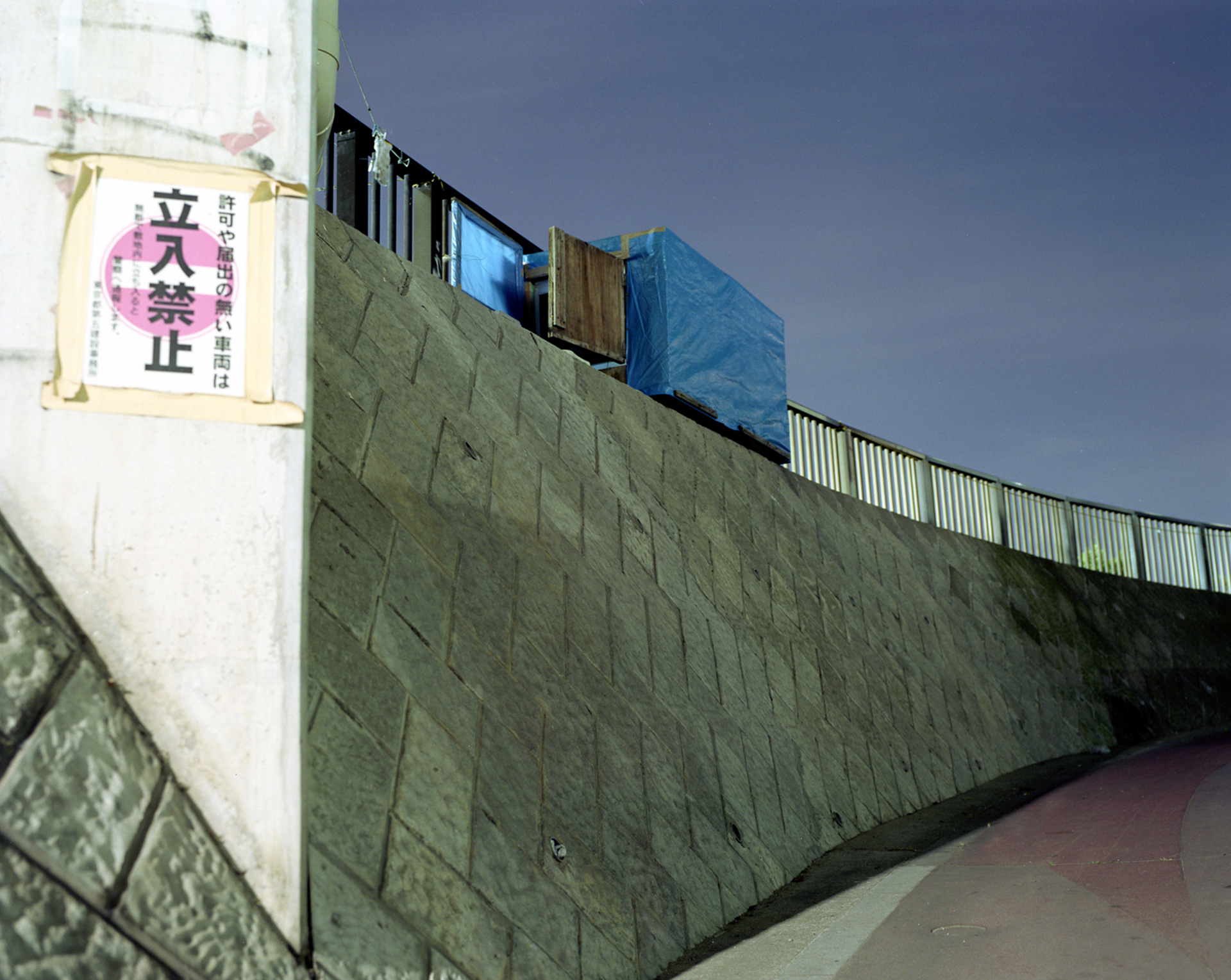
The Box Man | L`uomo scatola 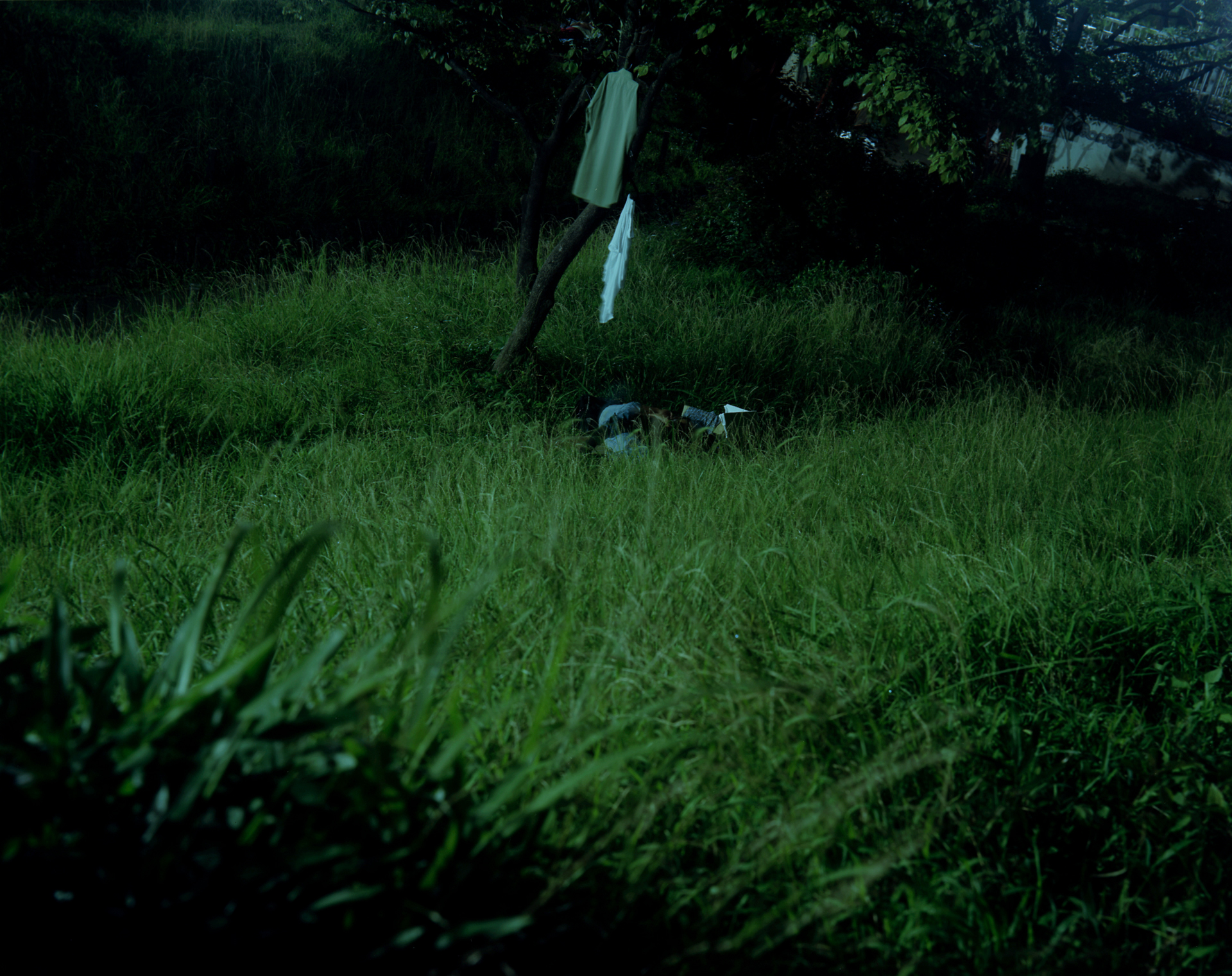
The Box Man | L`uomo scatola 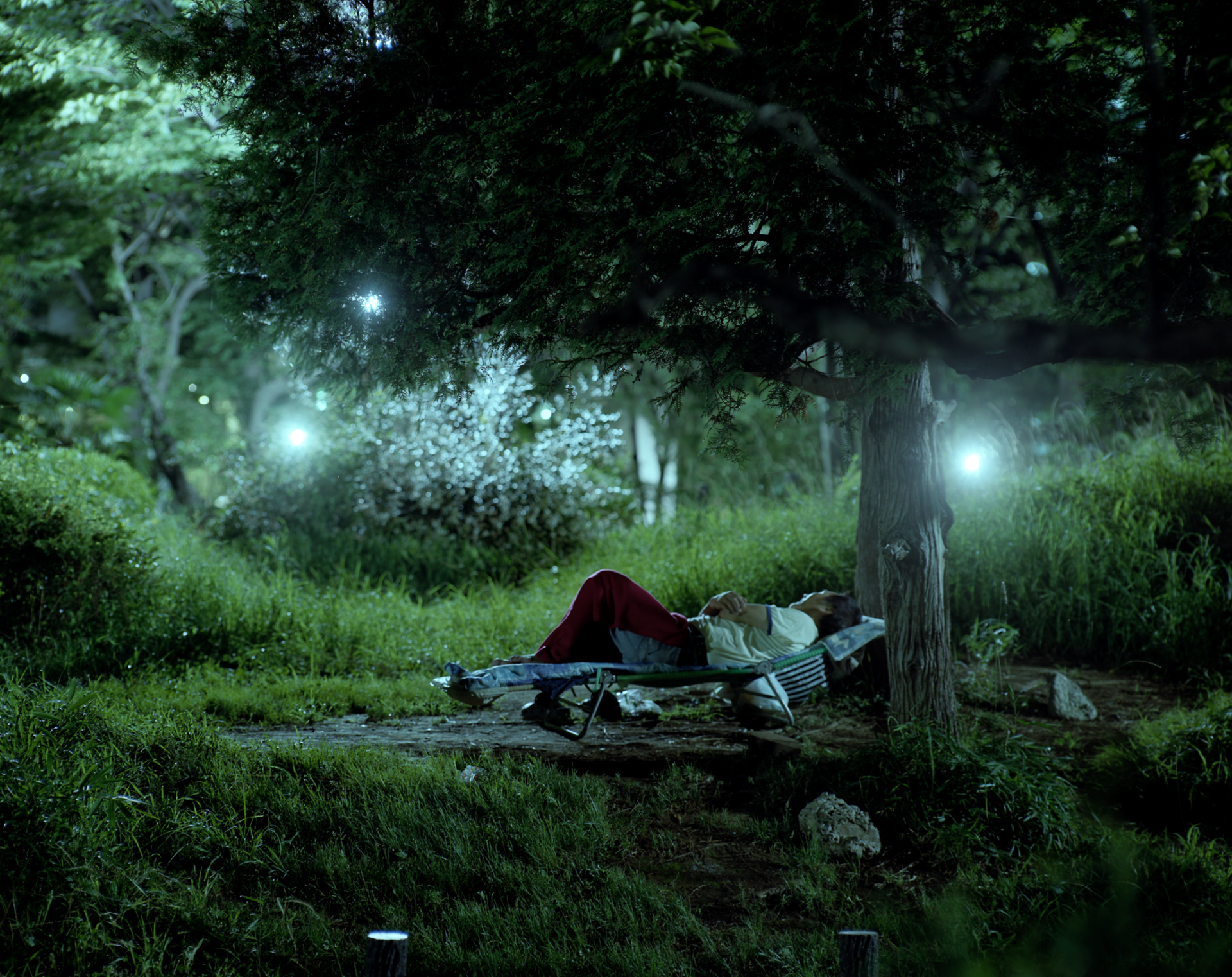
The Box Man | L`uomo scatola 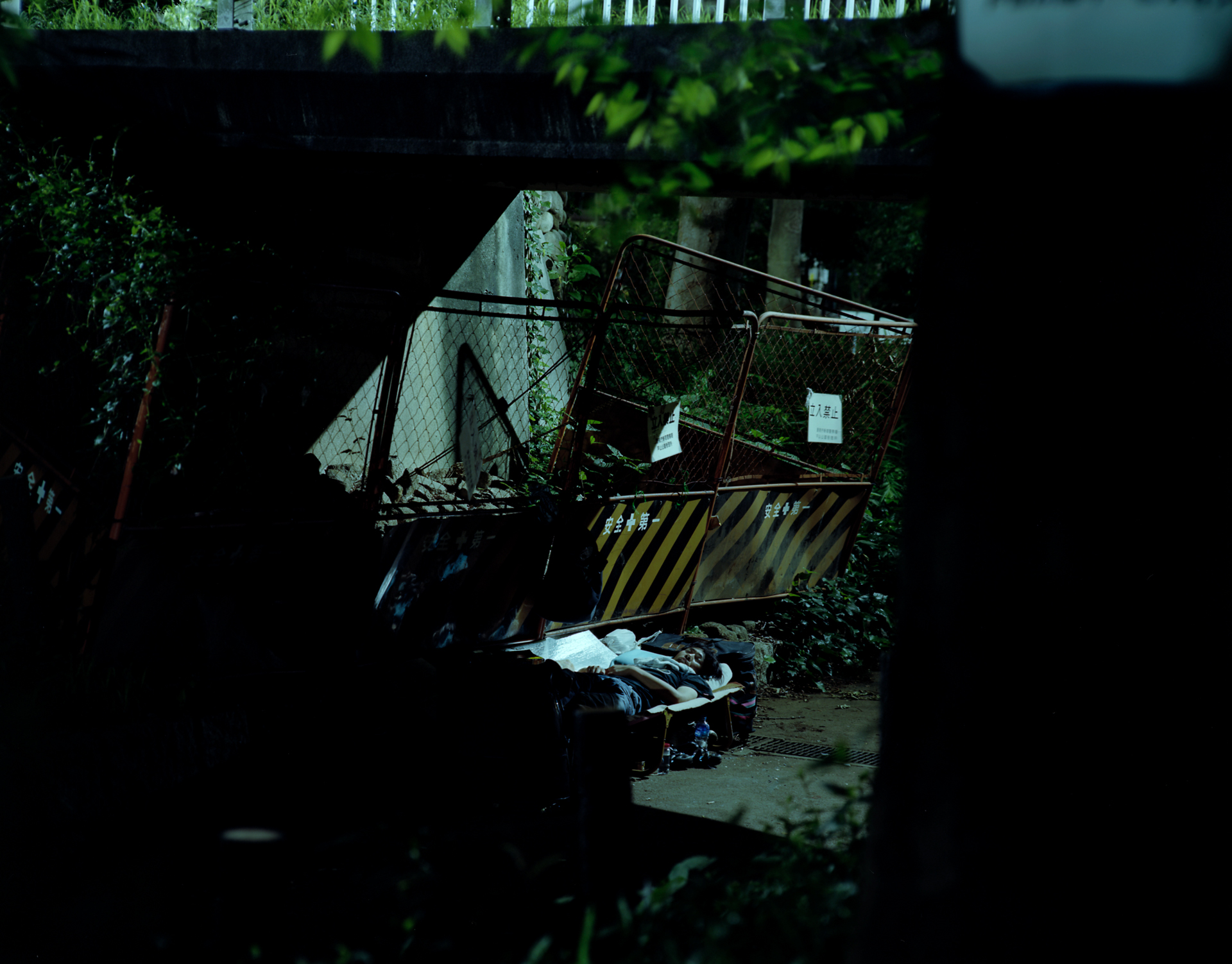
The Box Man | L`uomo scatola 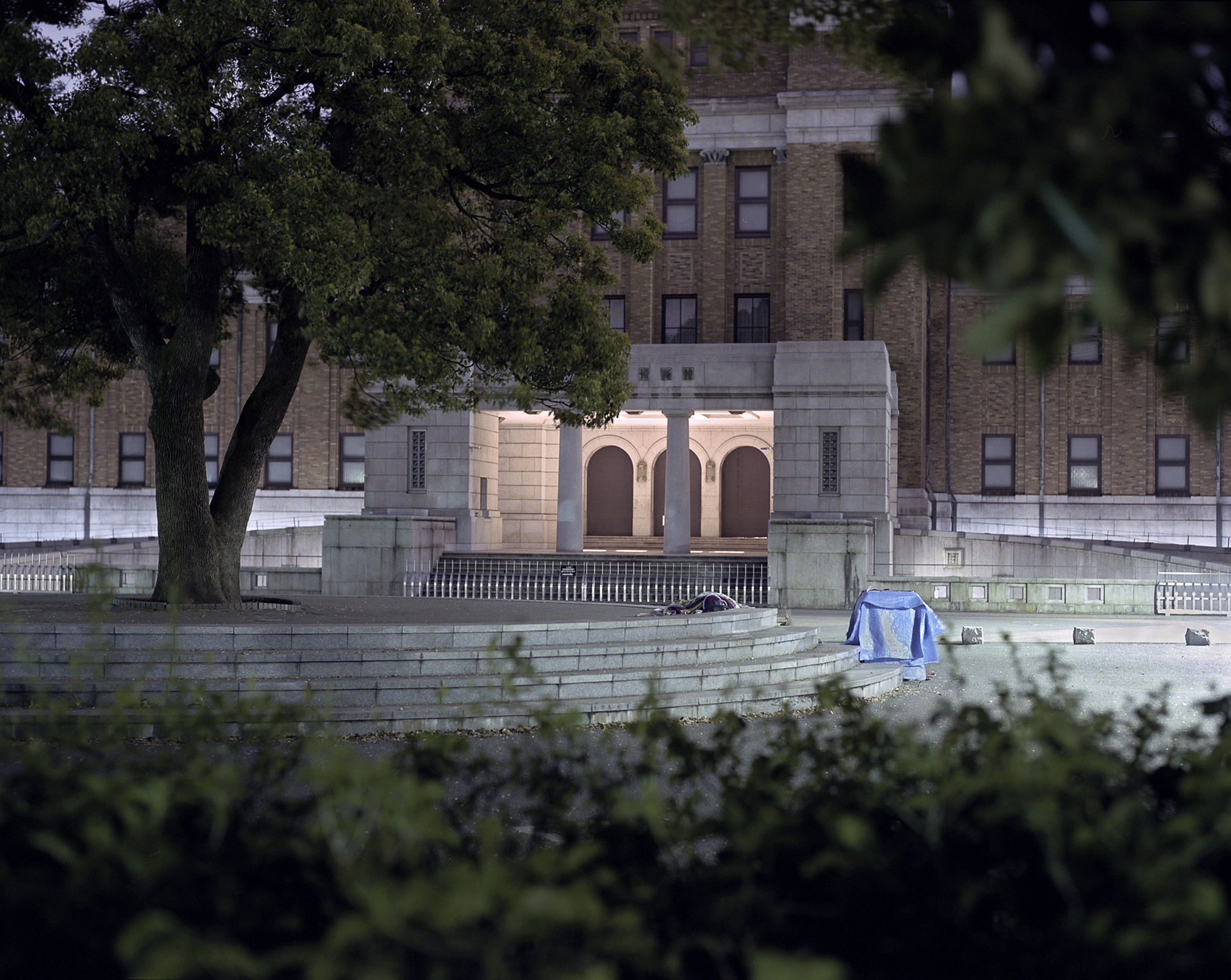
The Box Man | L`uomo scatola 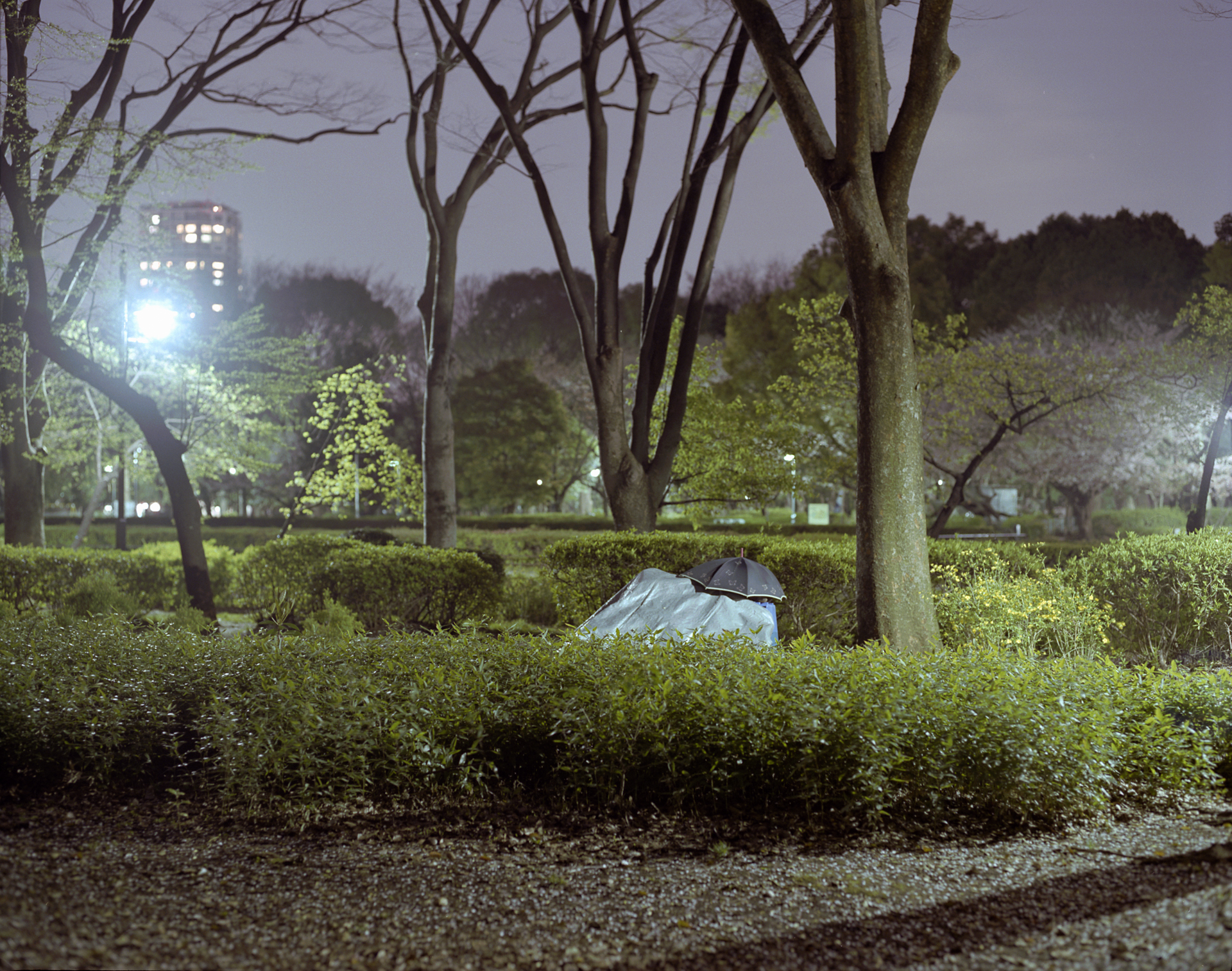
The Box Man | L`uomo scatola 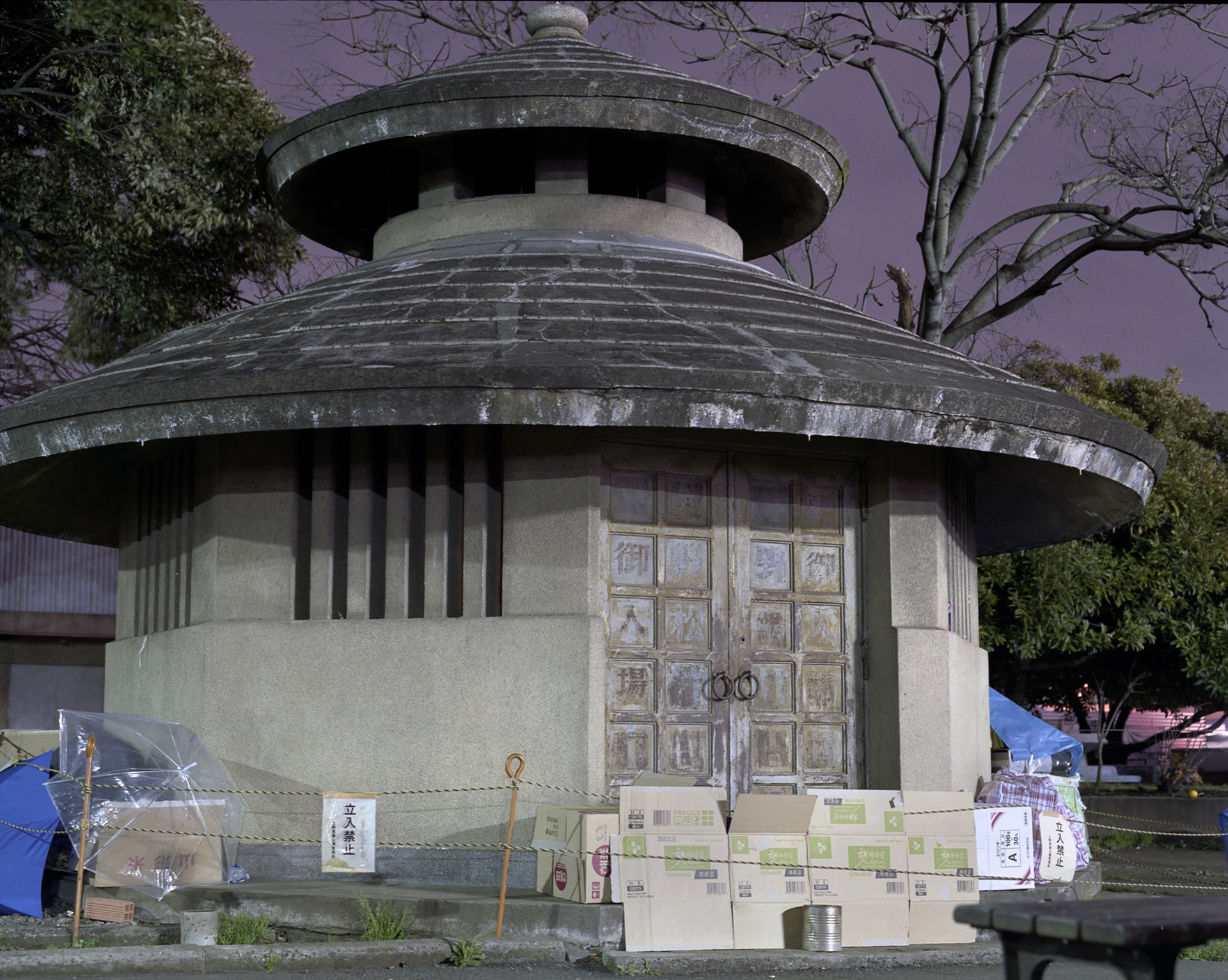
The Box Man | L`uomo scatola 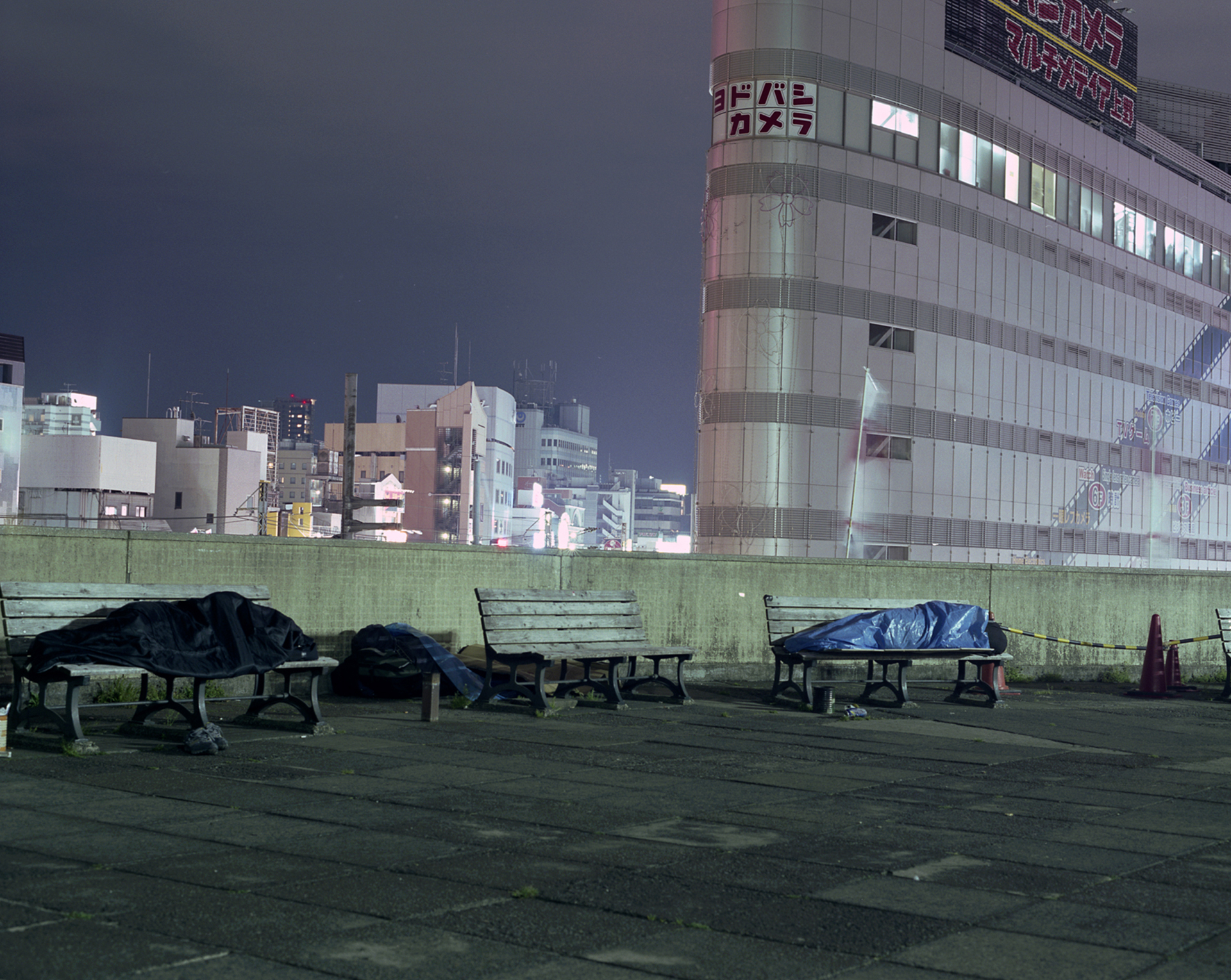
The Box Man | L`uomo scatola 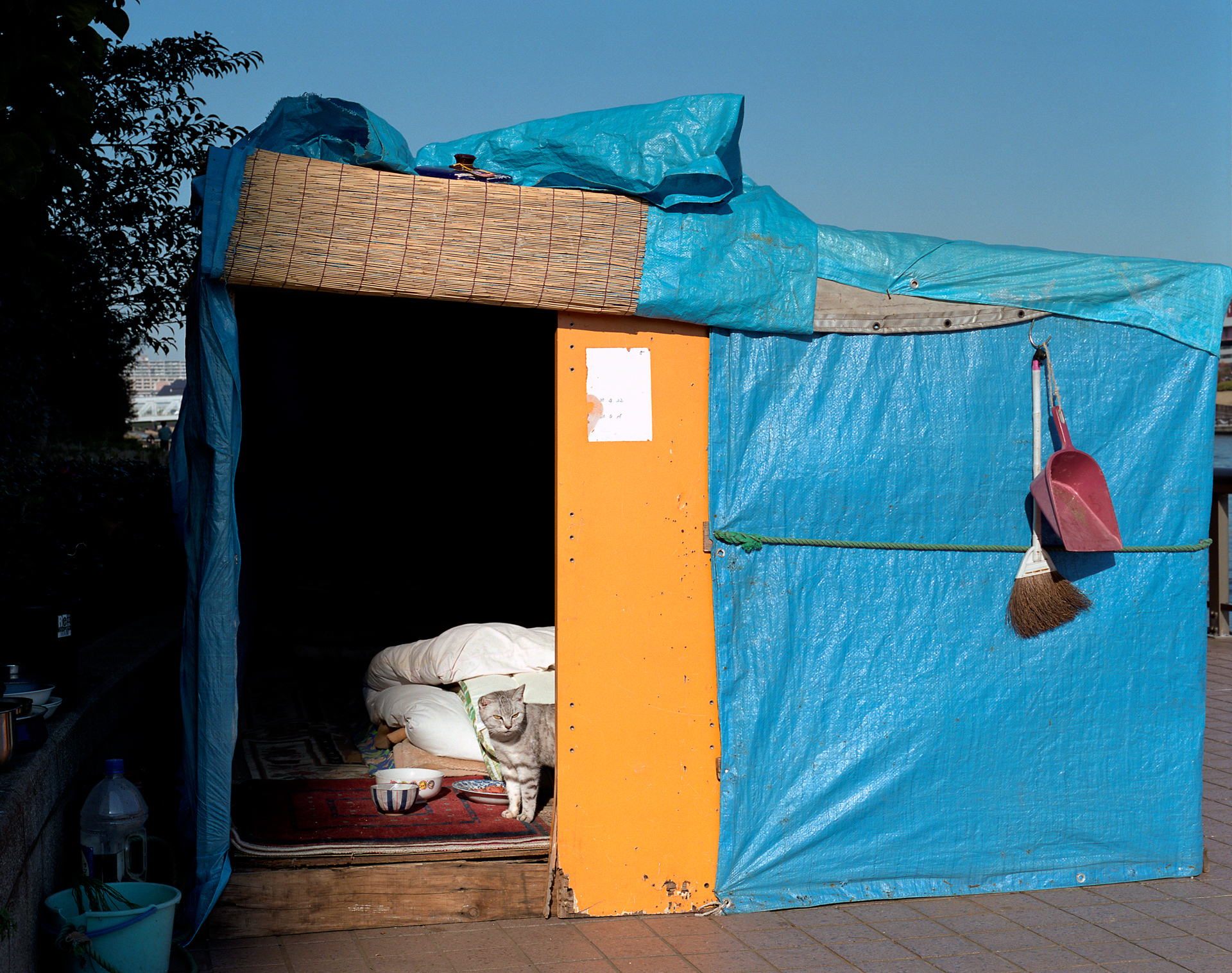
The Box Man | L`uomo scatola 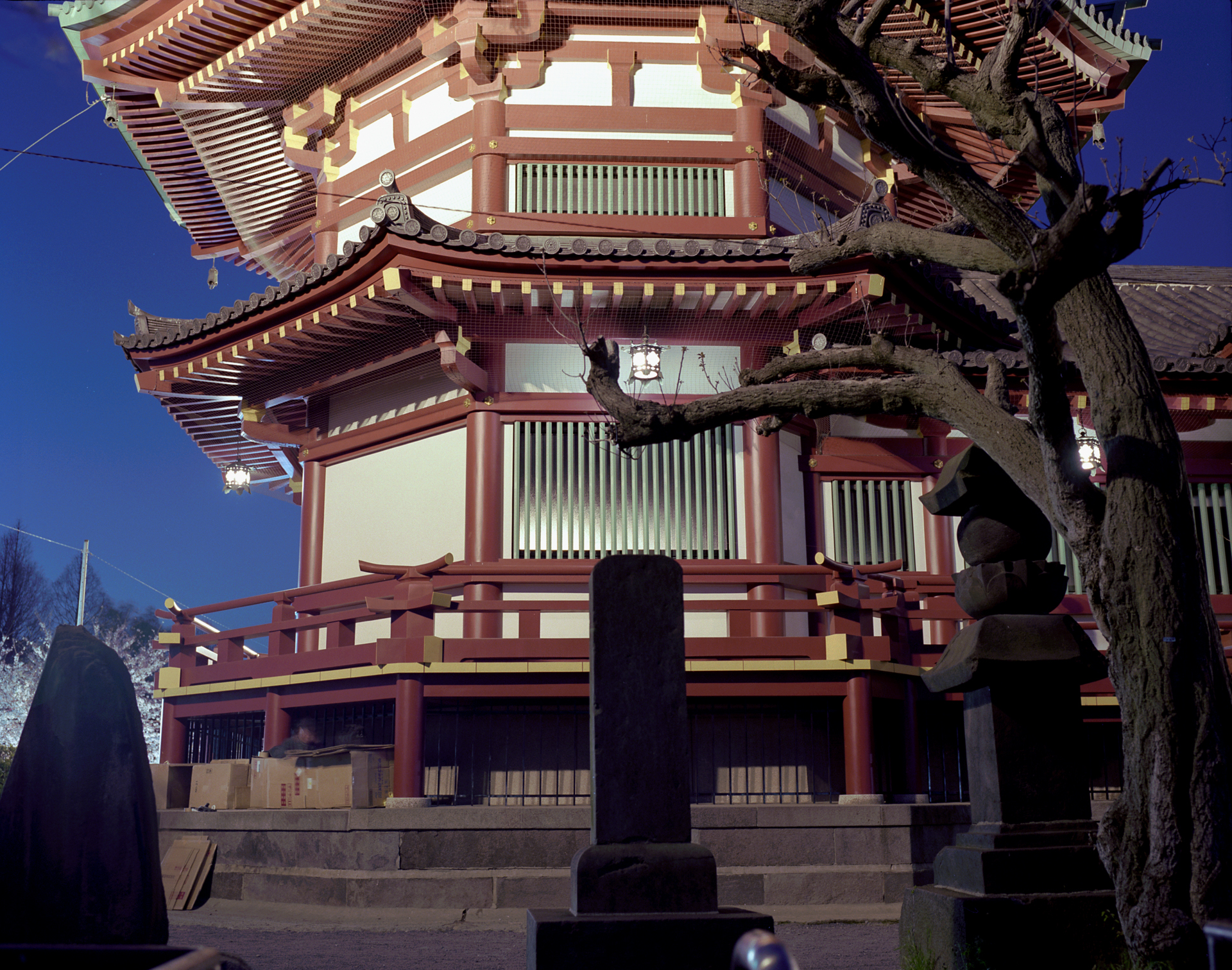
The Box Man | L`uomo scatola 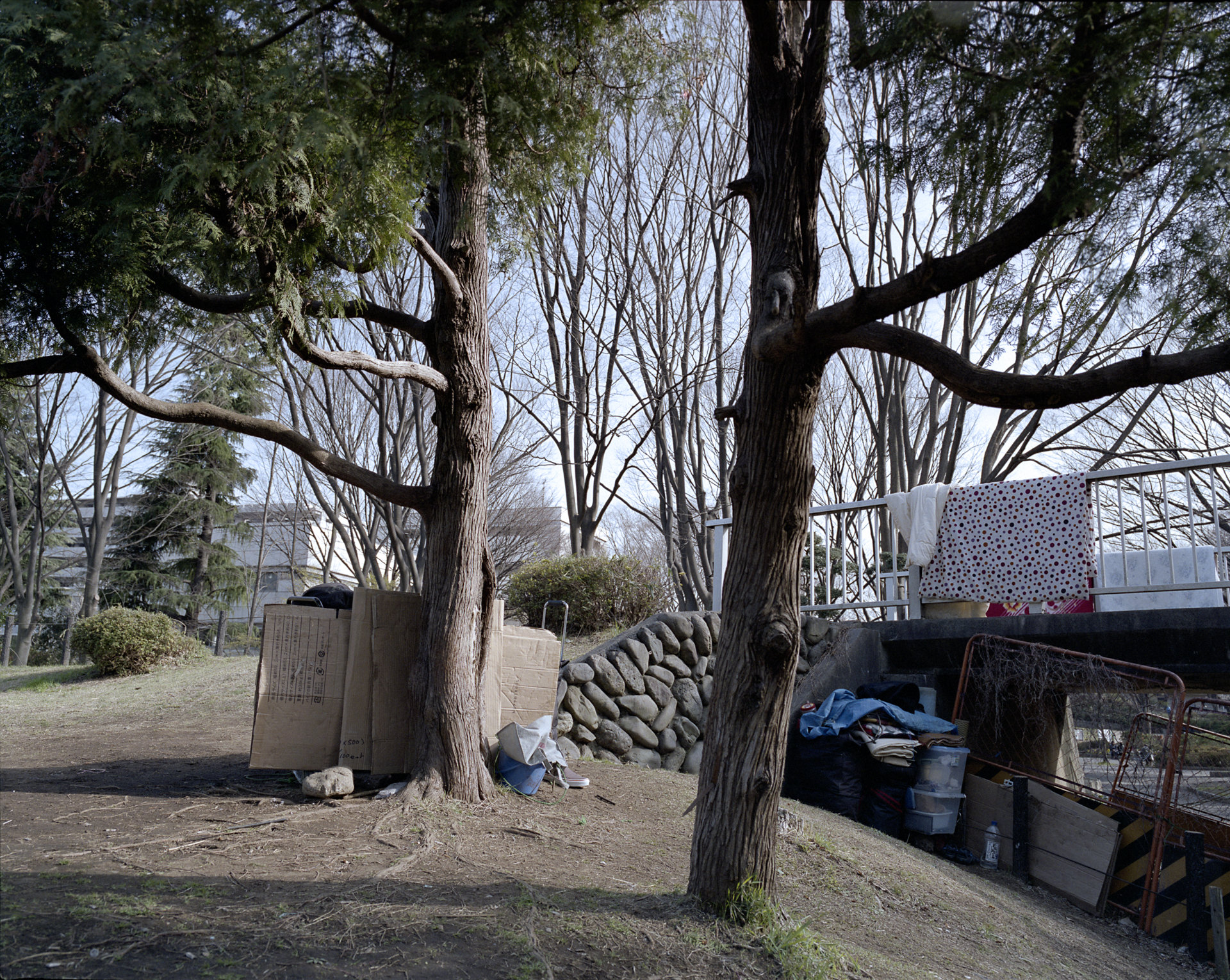
The Box Man | L`uomo scatola 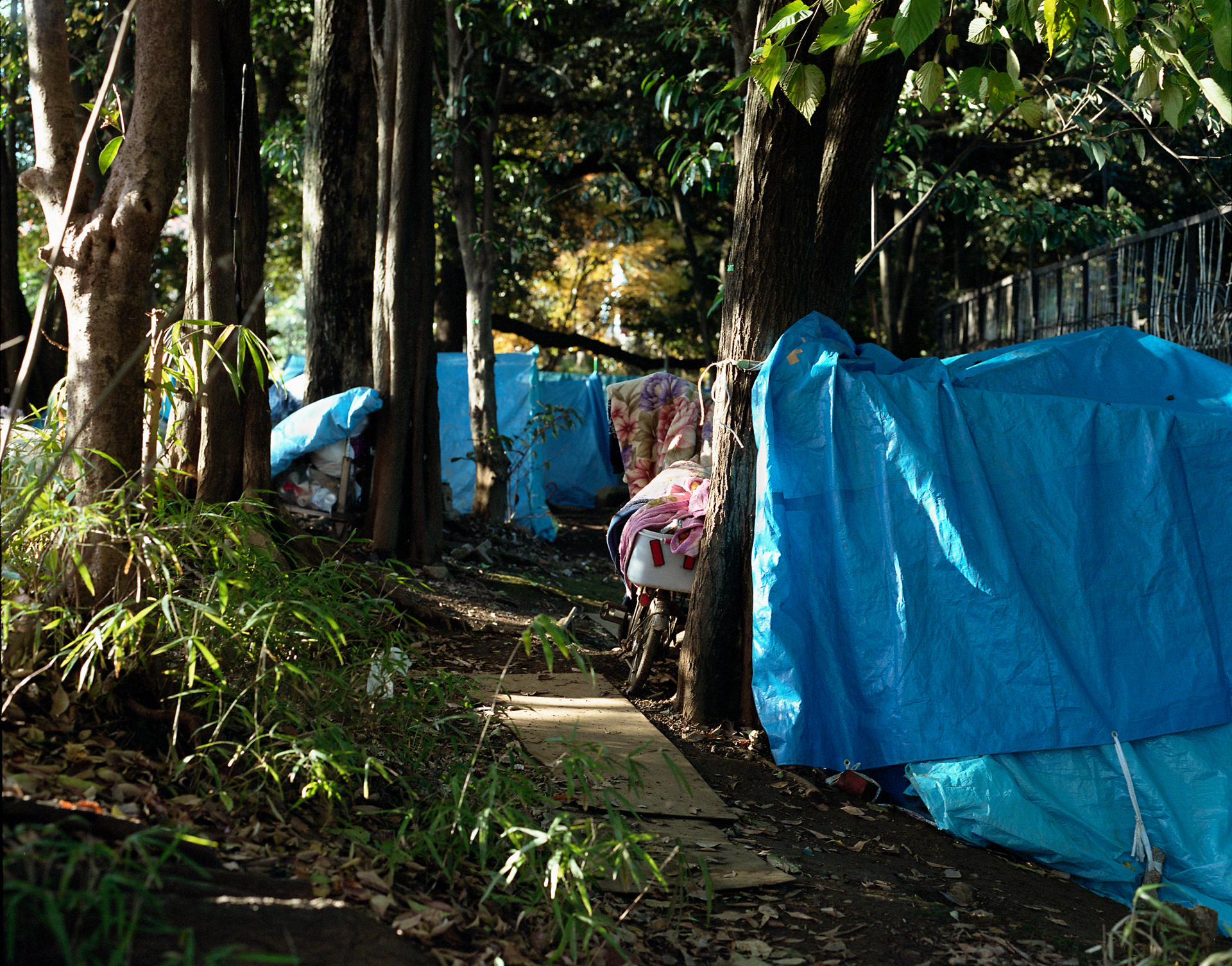
The Box Man | L`uomo scatola 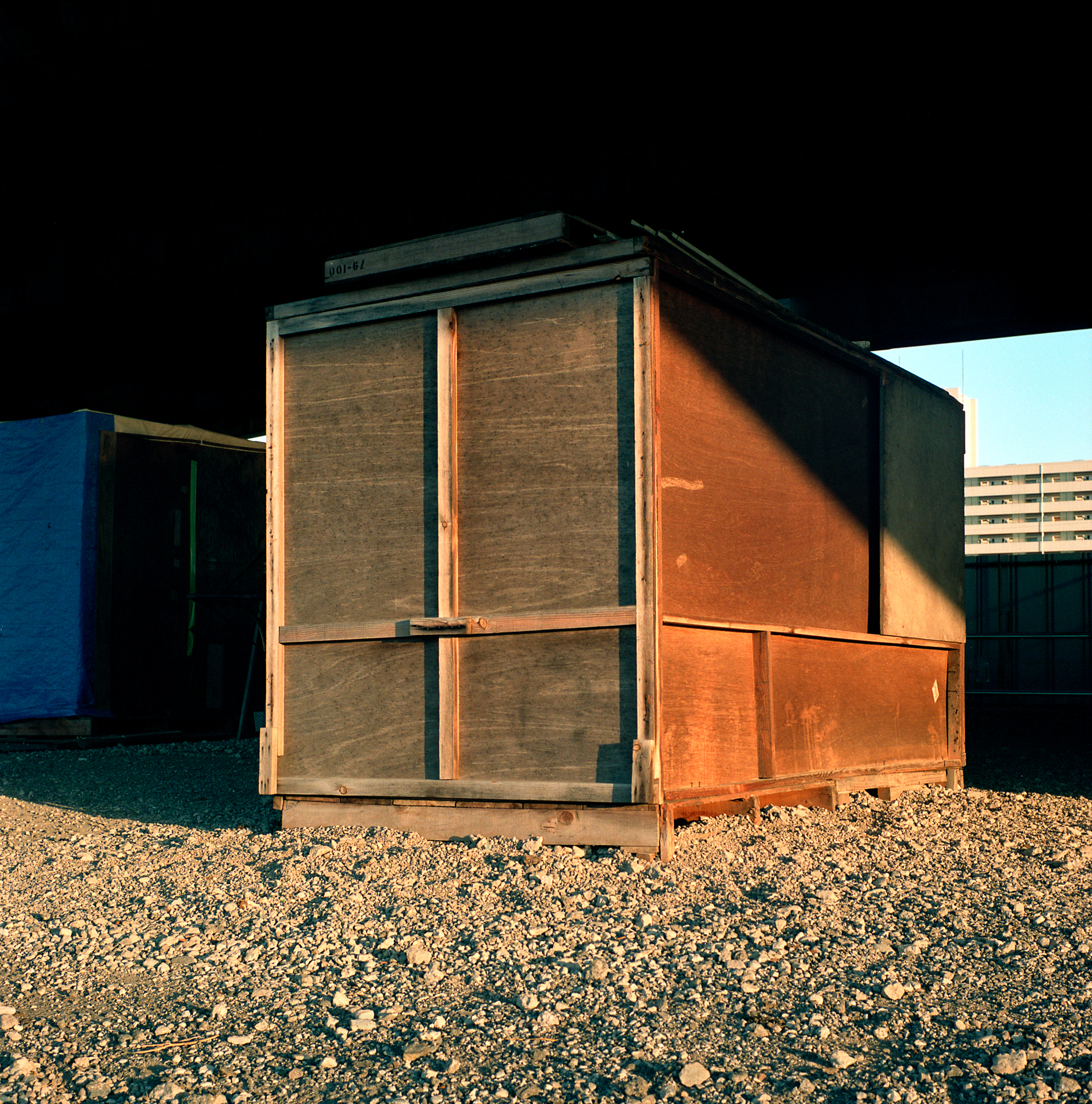
The Box Man | L`uomo scatola 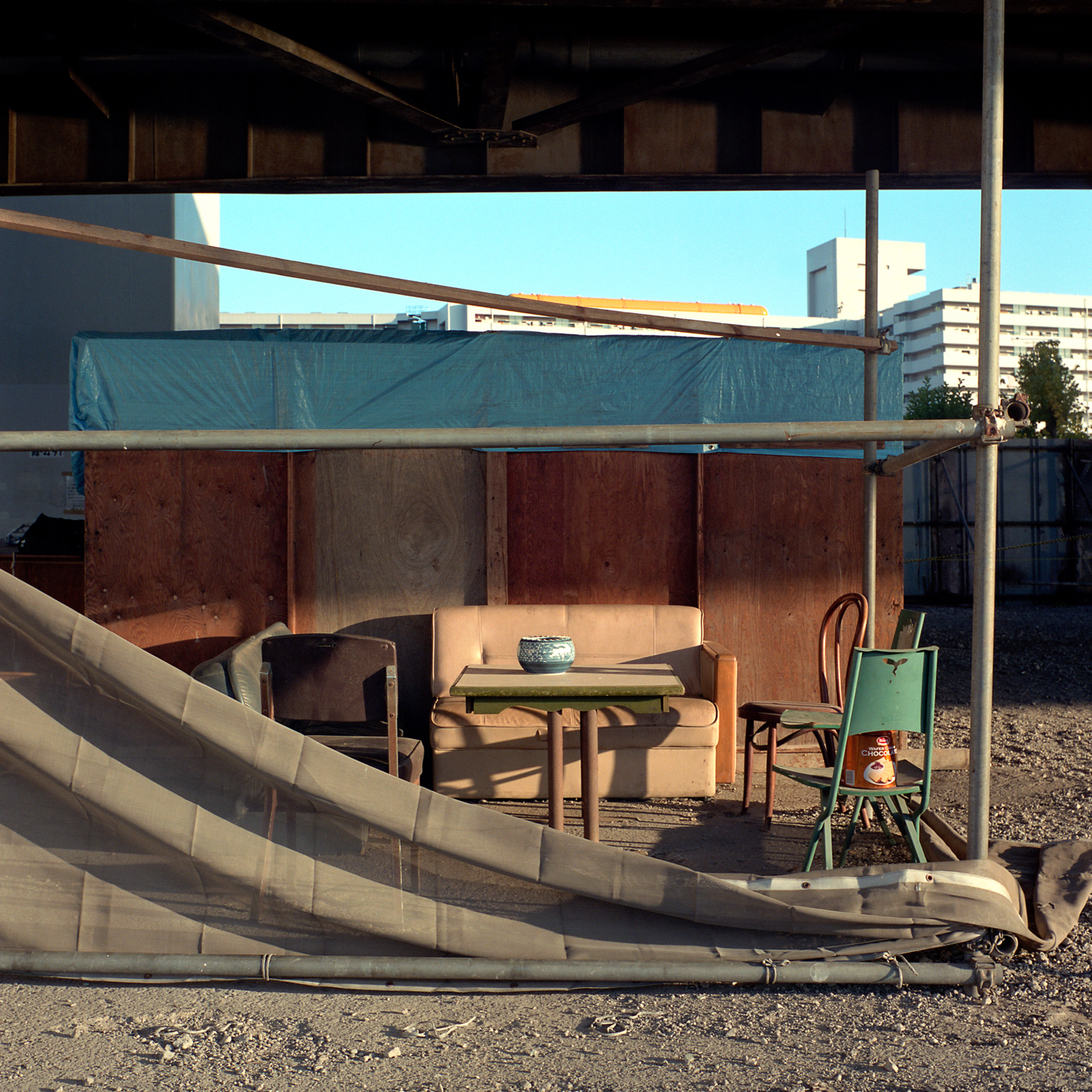
The Box Man | L`uomo scatola 
The Box Man | L`uomo scatola 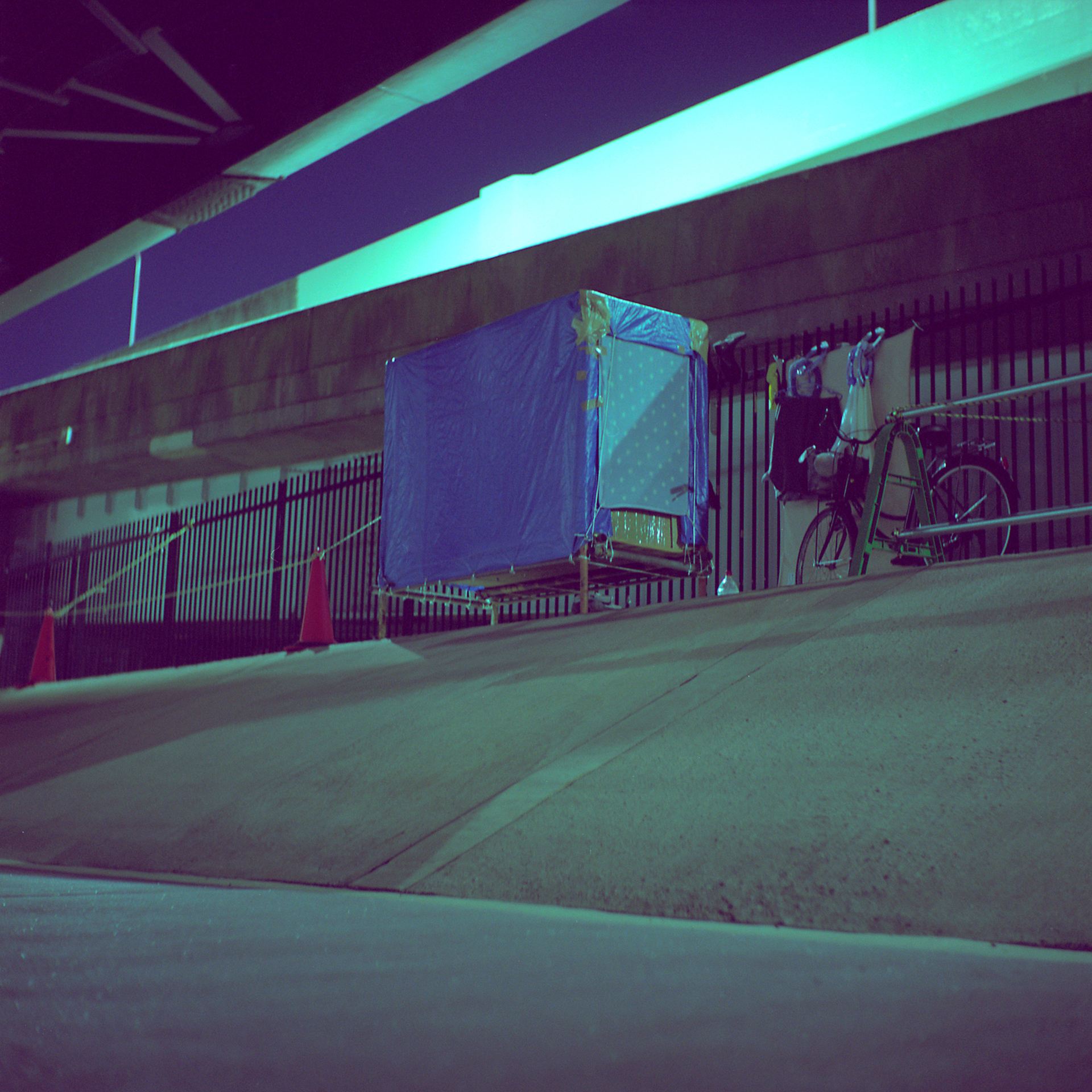
The Box Man | L`uomo scatola 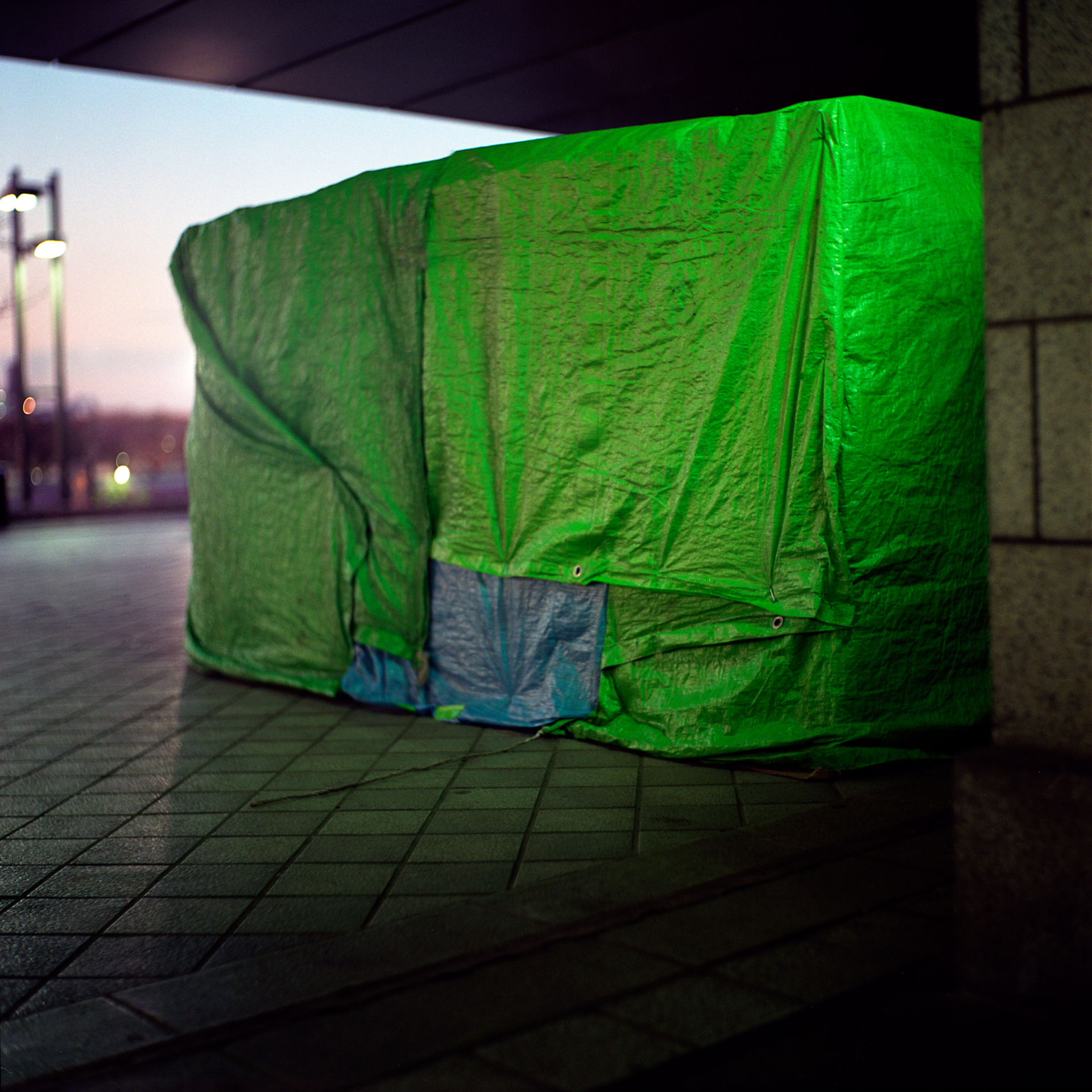
The Box Man | L`uomo scatola 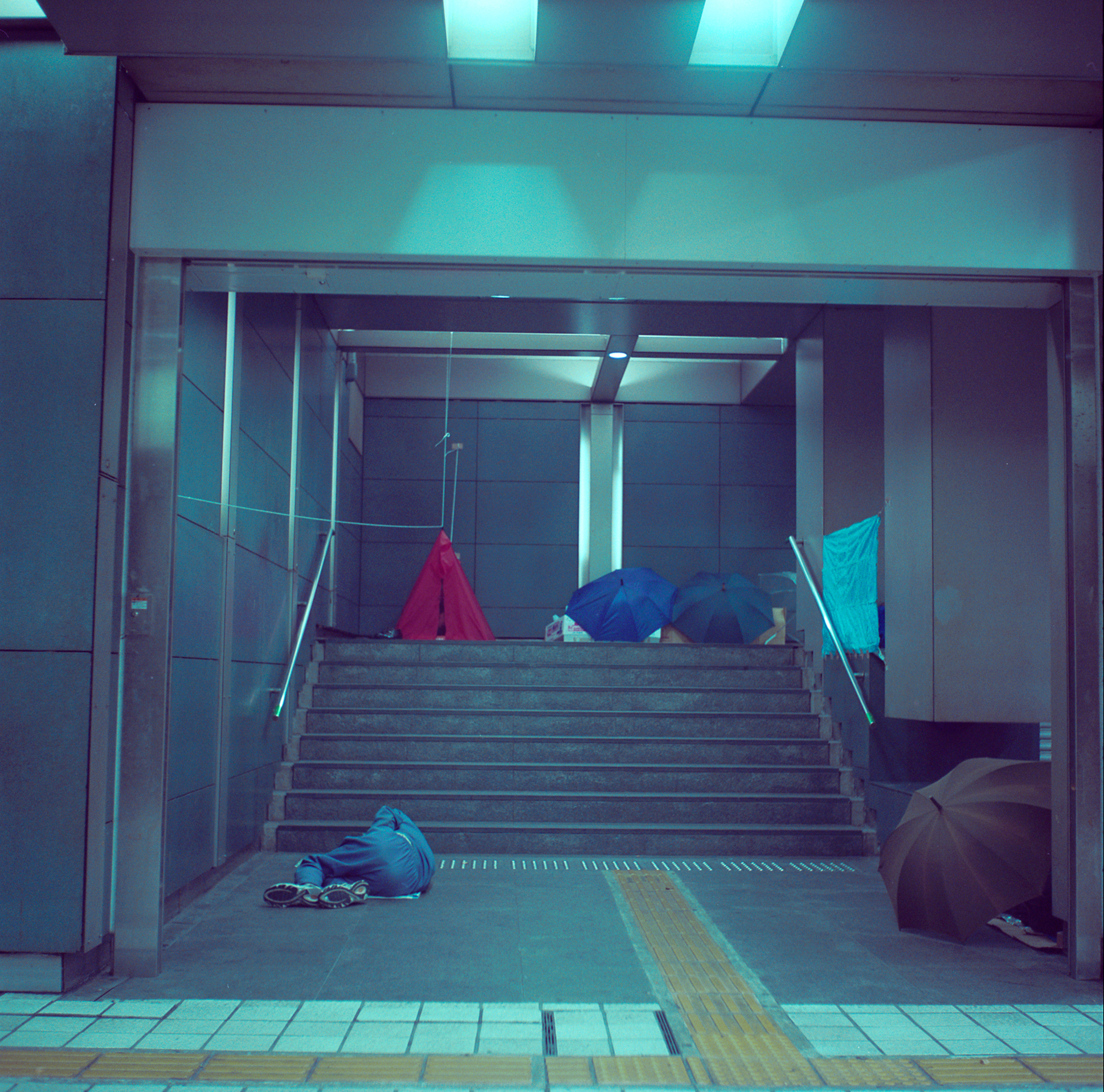
The Box Man | L`uomo scatola 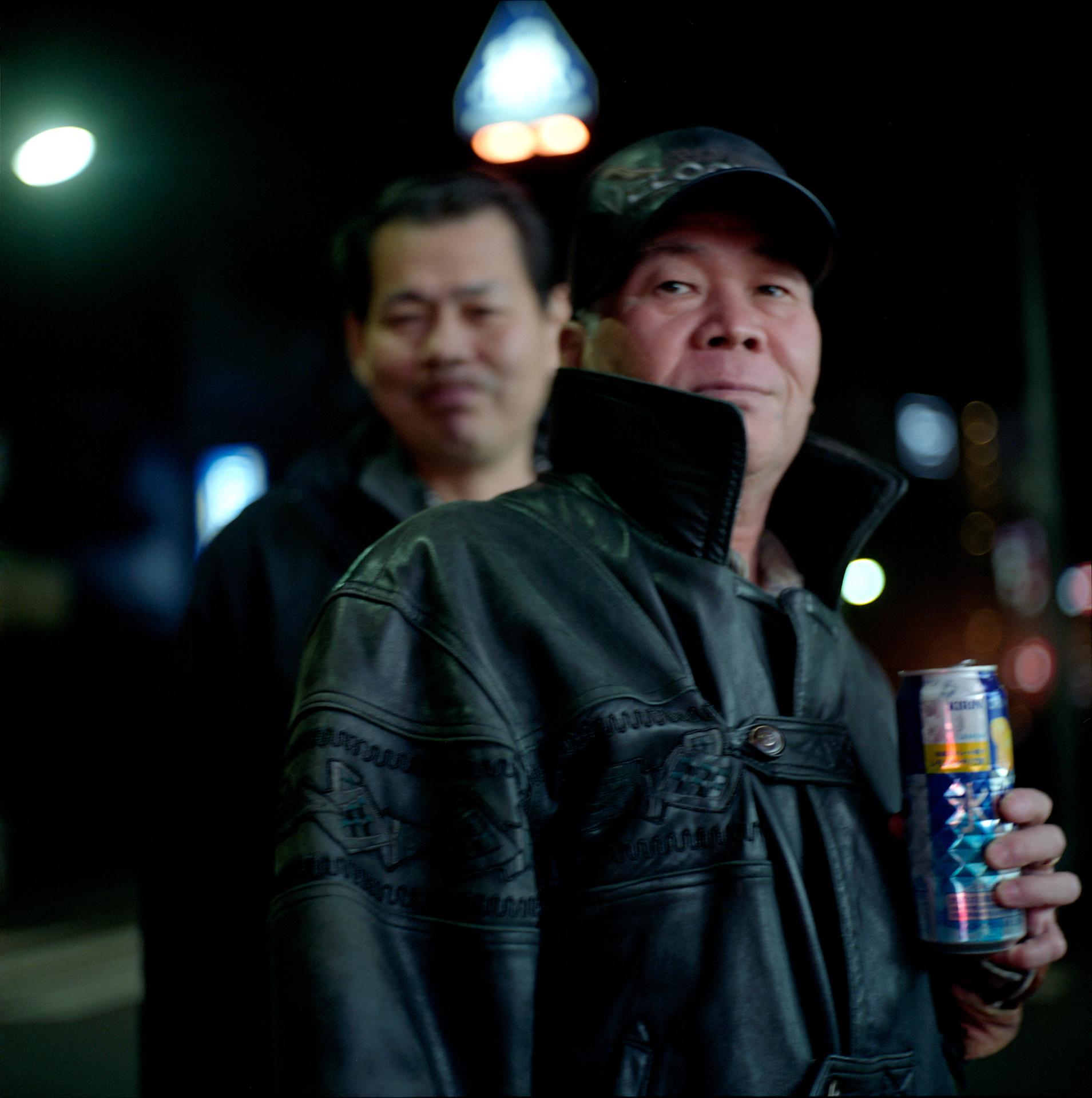
The Box Man | L`uomo scatola 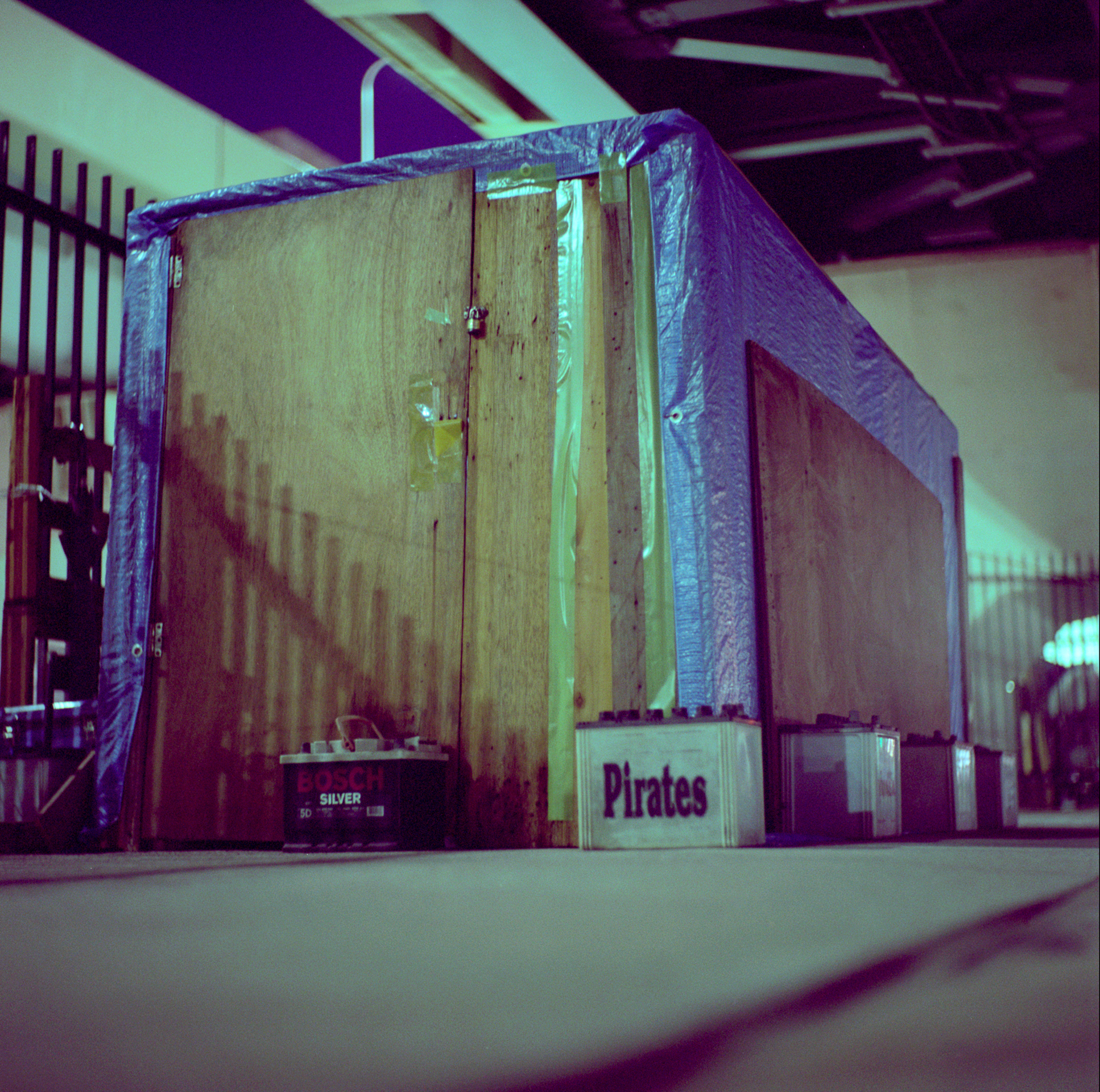
The Box Man | L`uomo scatola
“ I personally feel that a box, far from being a dead end, is an entrance to another world.
I don’t know to where, but an entrance to somewhere, some other world.”— Kobo Abe — The Box Man / Hako Otoko
These few lines from “The Box Man”, a prominent novel by Abe Kobo, are the starting point of an extensive journey into a secret city.
The first place I visit is Ueno Park in Tokyo. Here many homeless are still “invisible” residents since several decades: unfolding their card-board houses to rest at night and re-folding them every morning in a silent compromise with the authorities, to preserve the harmony of the park.
From Ueno I move a bit further East towards the old city of Asakusa, and then following upstream the Sumida, Arakawa and Edo river, where a vast sea of semipermanent cardboard accommodations form a hidden city within the city.While discovering so many flimsy accommodations along the river of such a megalopolis, I feel that all these sheltered boxes away from exposure and hiding into the wilderness, mimic the establishment of a primordial society and altogether confirm the human kind `s struggle to endure within our contemporary world.
From this perspective I feel that “the box man” is an ordinary person, a no one like each of us…
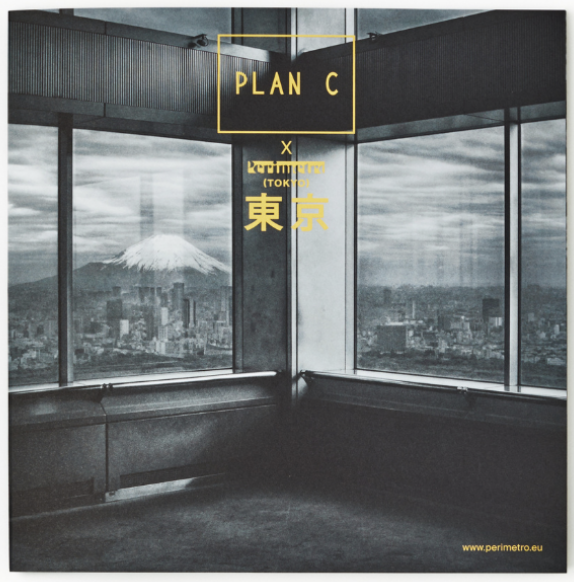
In occasion of the Milan Fashion Week, Perimetro & Plan C present “Tokyo and its Contemporary Storytellers” a special project to celebrate beloved Tokyo highlighting an exhibition, a dedicated magazine – featuring “the Box man” and other photo essays – and a number of experiences relating to contemporary Japan.Open to public
24th – 26th September 2021
12pm to 7pm
Via Tajani, 1A Milan -
Indefinite Path
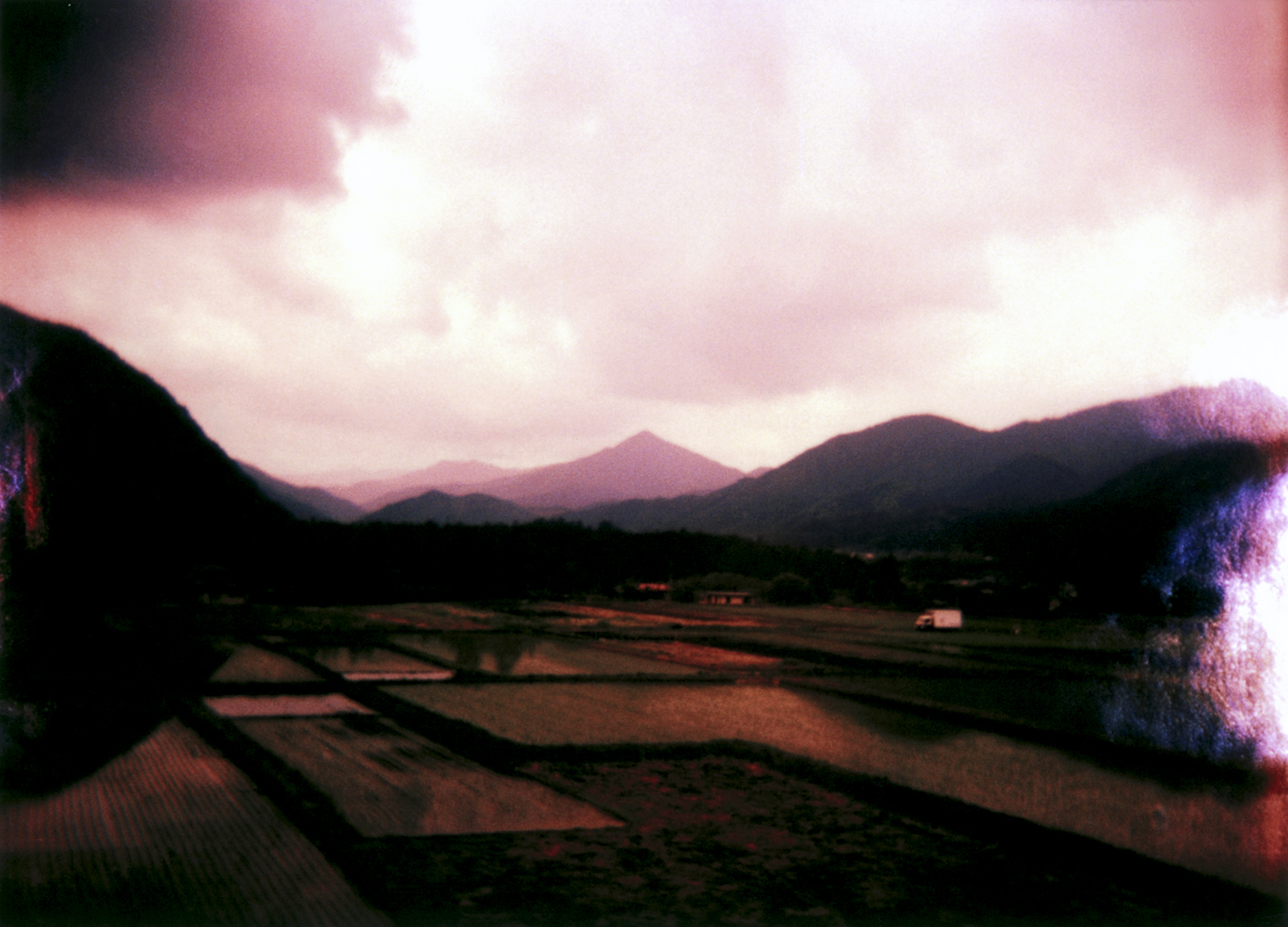
Rice Field, Japan 2006
Archival pigment print on organic gauze
90 x 125 cm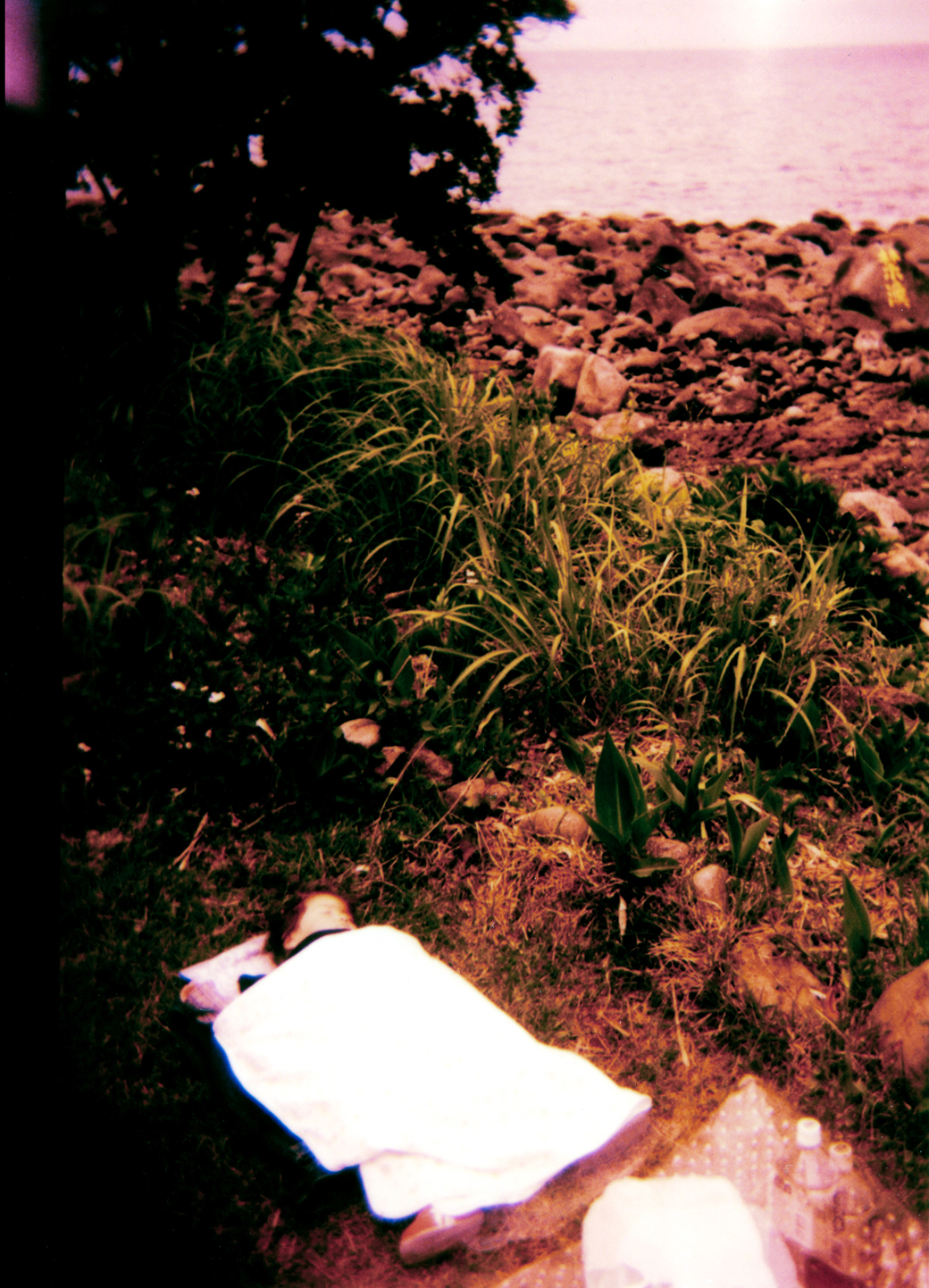
Daydream, Japan 2006
Light box
24 x 30 cm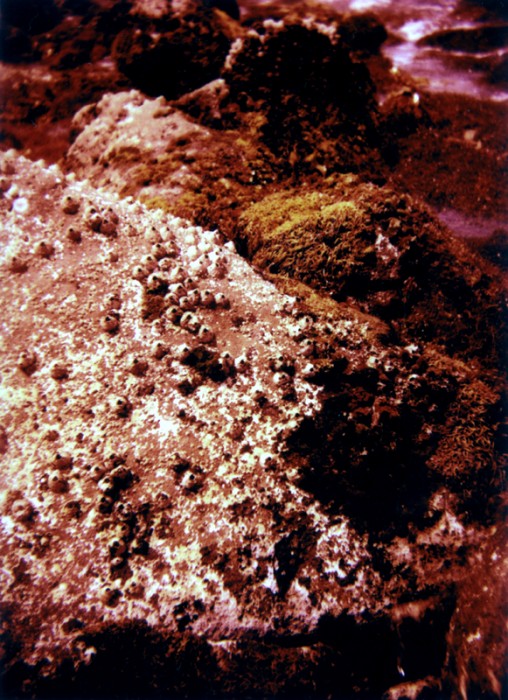
Seashells, Japan 2006
Light box
24 x 30 cm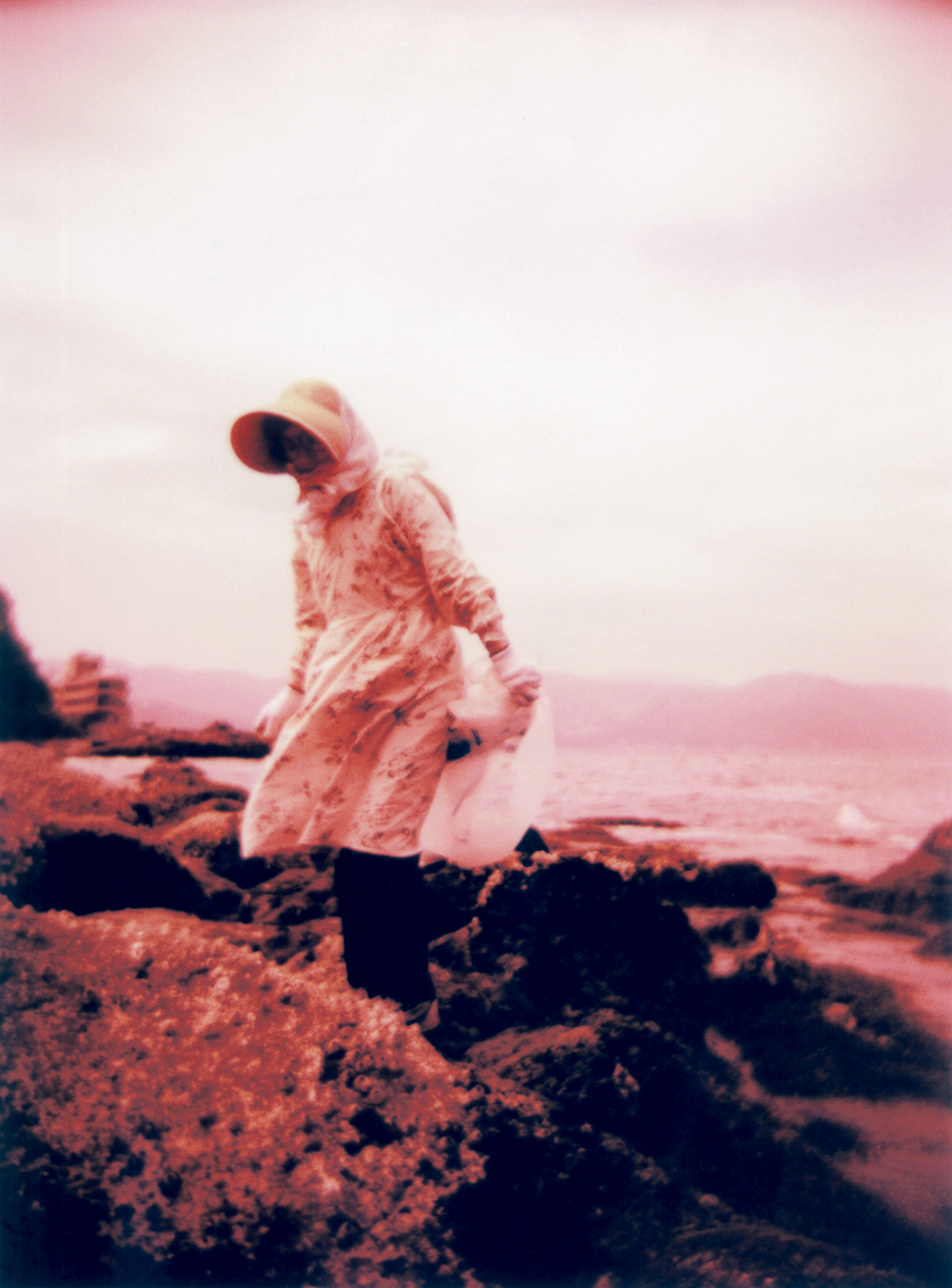
Shell fisher, Japan 2006
Light box
24 x 30 cm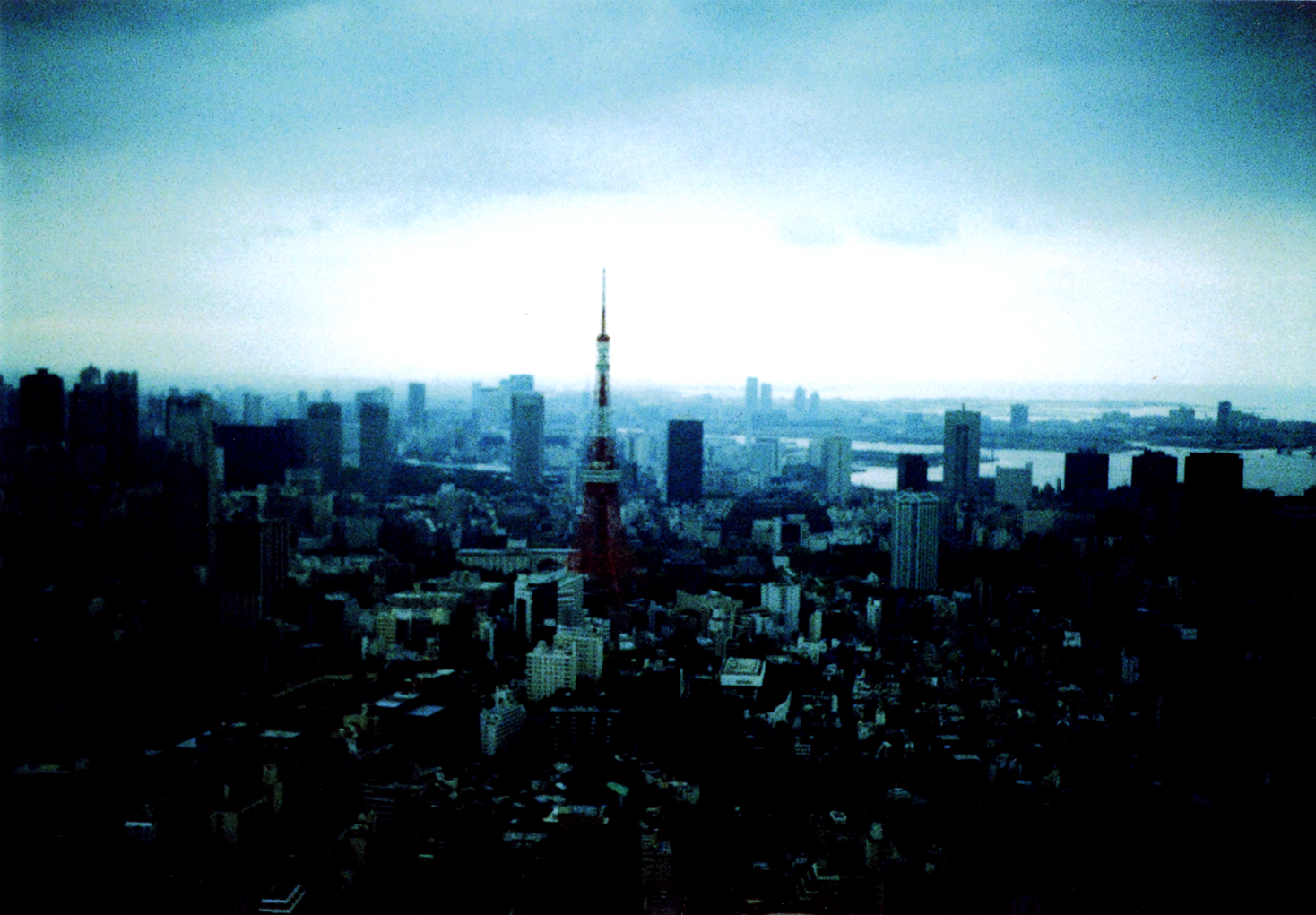
Tokyo tower, Japan 2006
Archival pigment prints on organic gauze
90 x 125 cm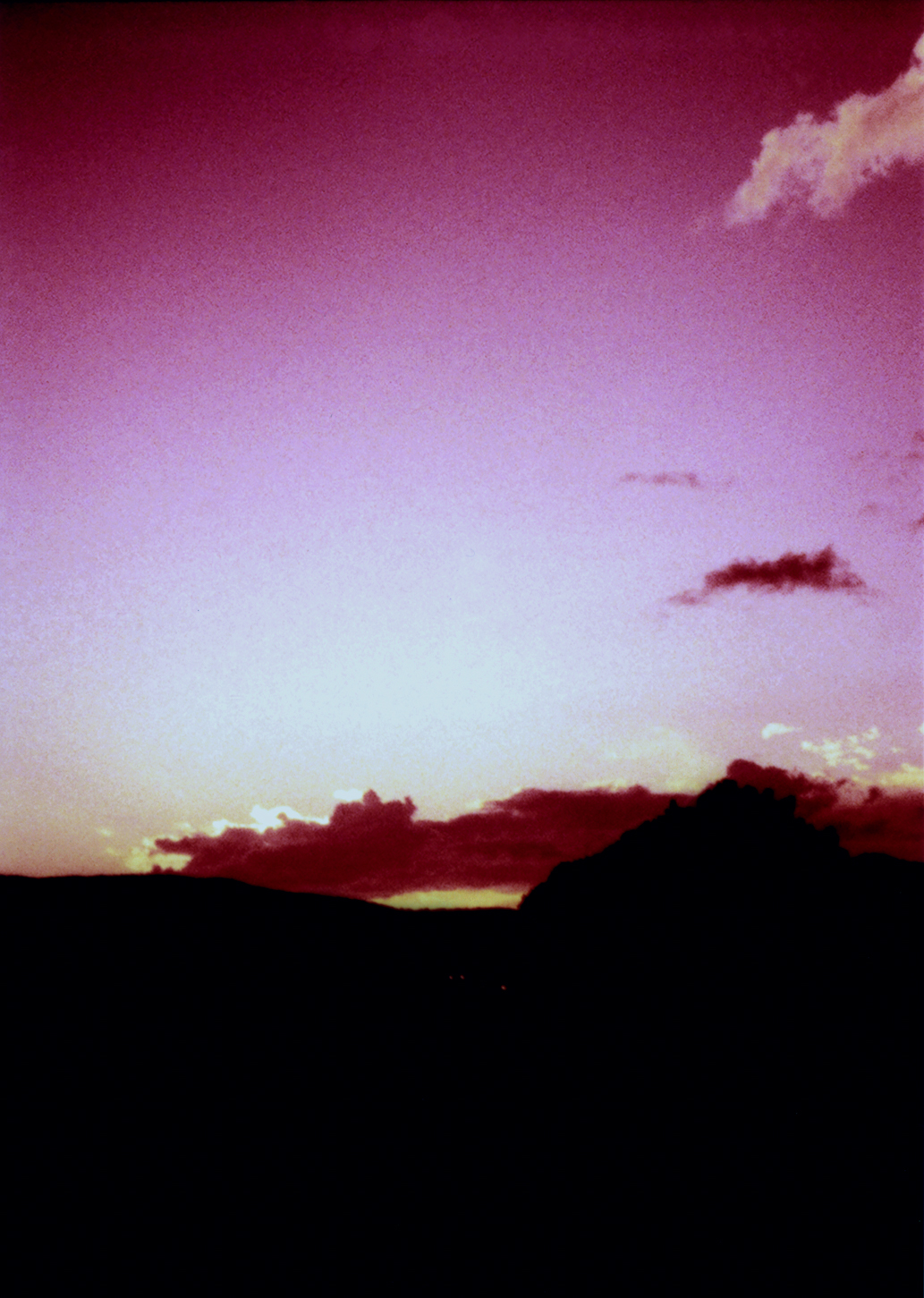
Twilight, Japan 2006
Light box
Edition: 7 + II A.P.
24 x 30 cm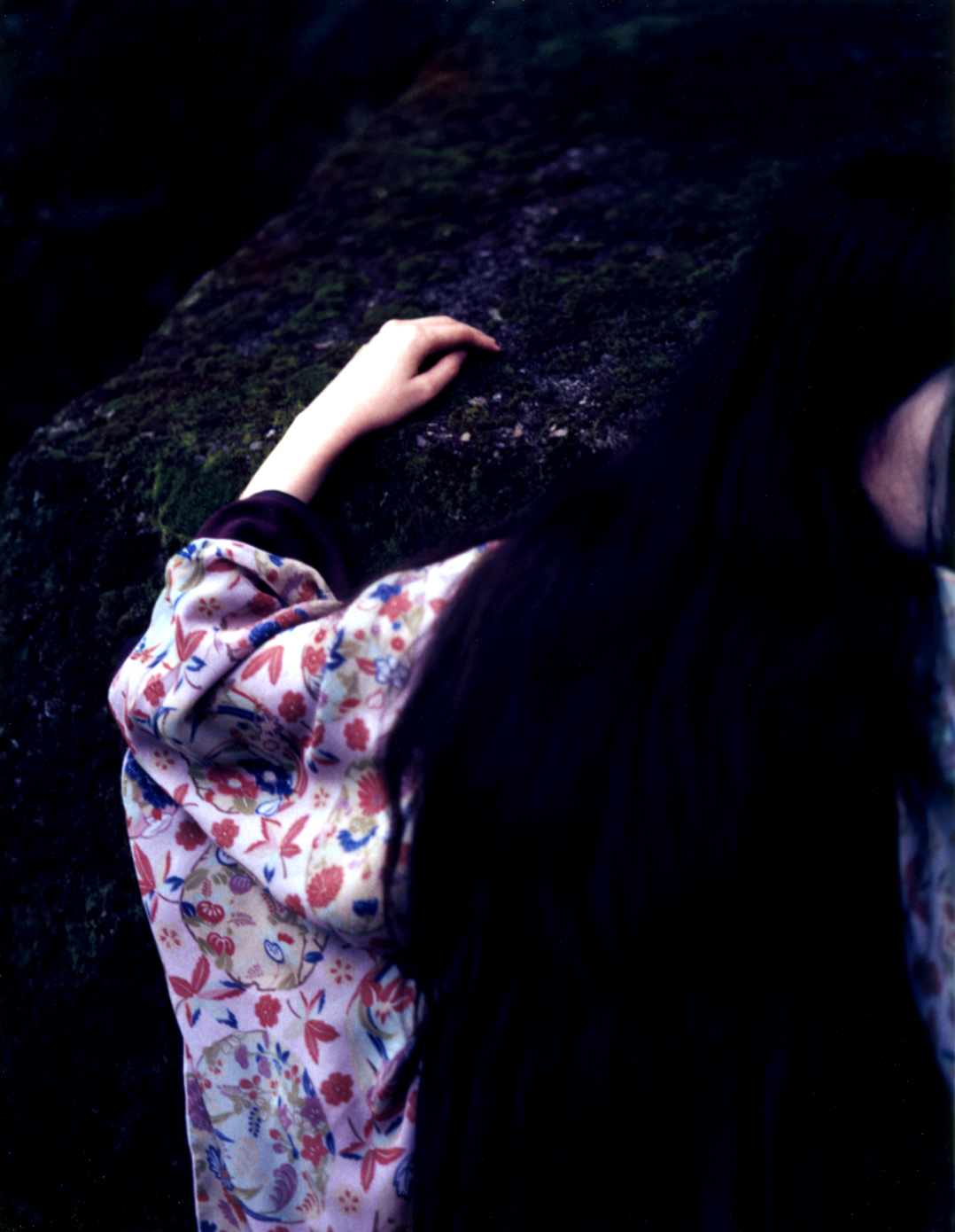
Maki # 2, Japan 2006
Light box
24 x 30 cm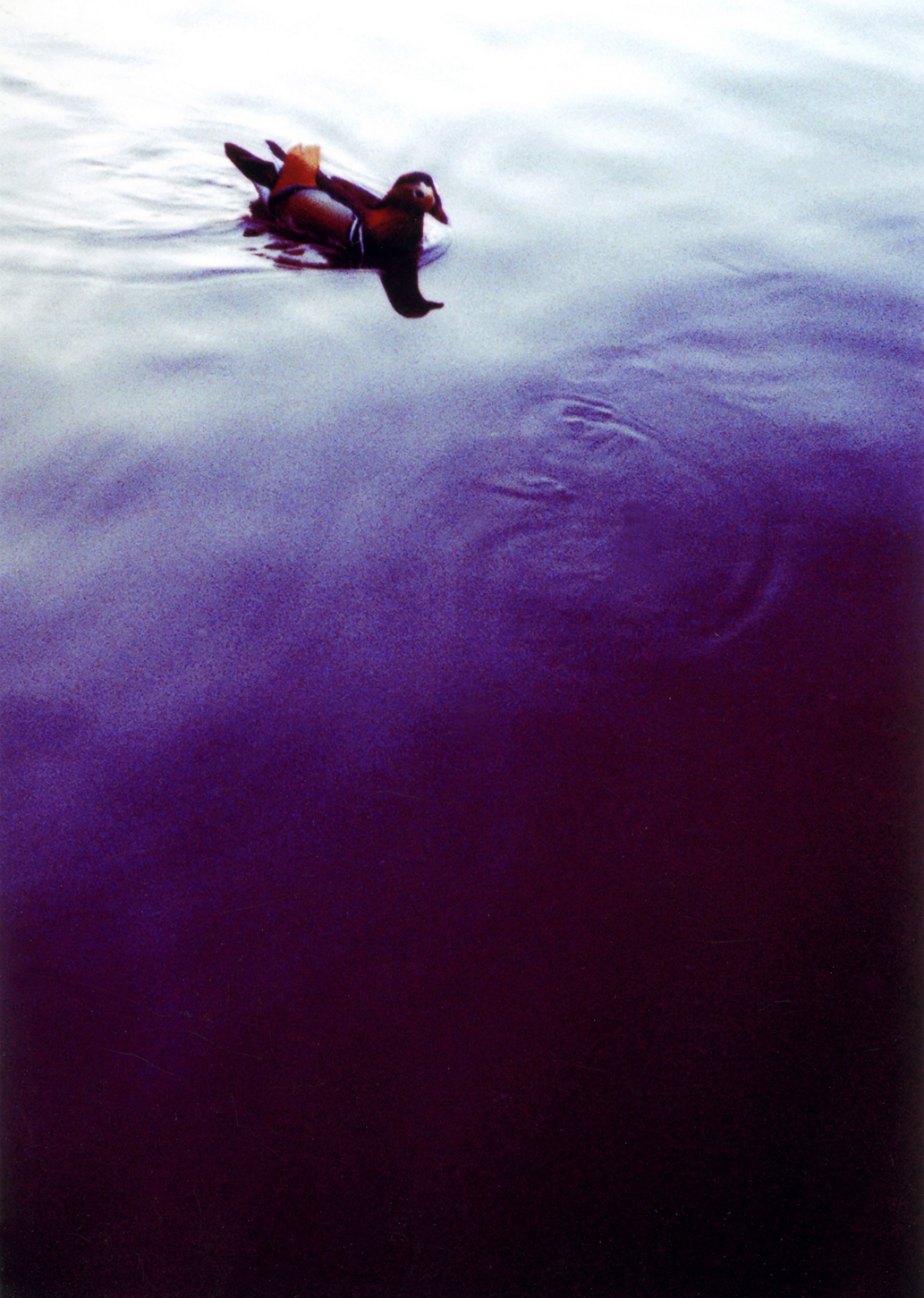
Waterbird, Japan 2006
Light box
24 x 30 cm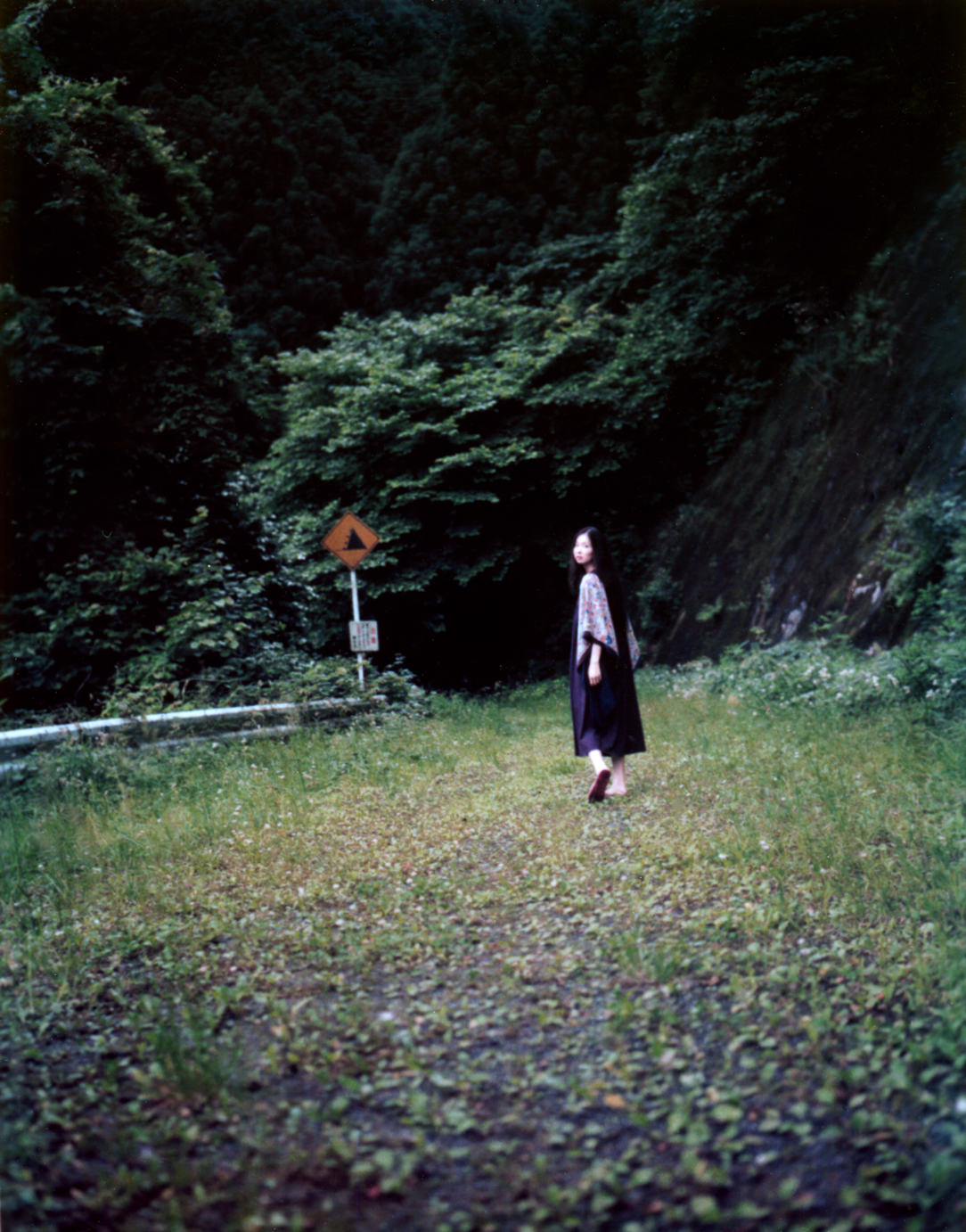
Maki # 1, Japan 2006
Archival pigment print on gauze
125 x 90 cm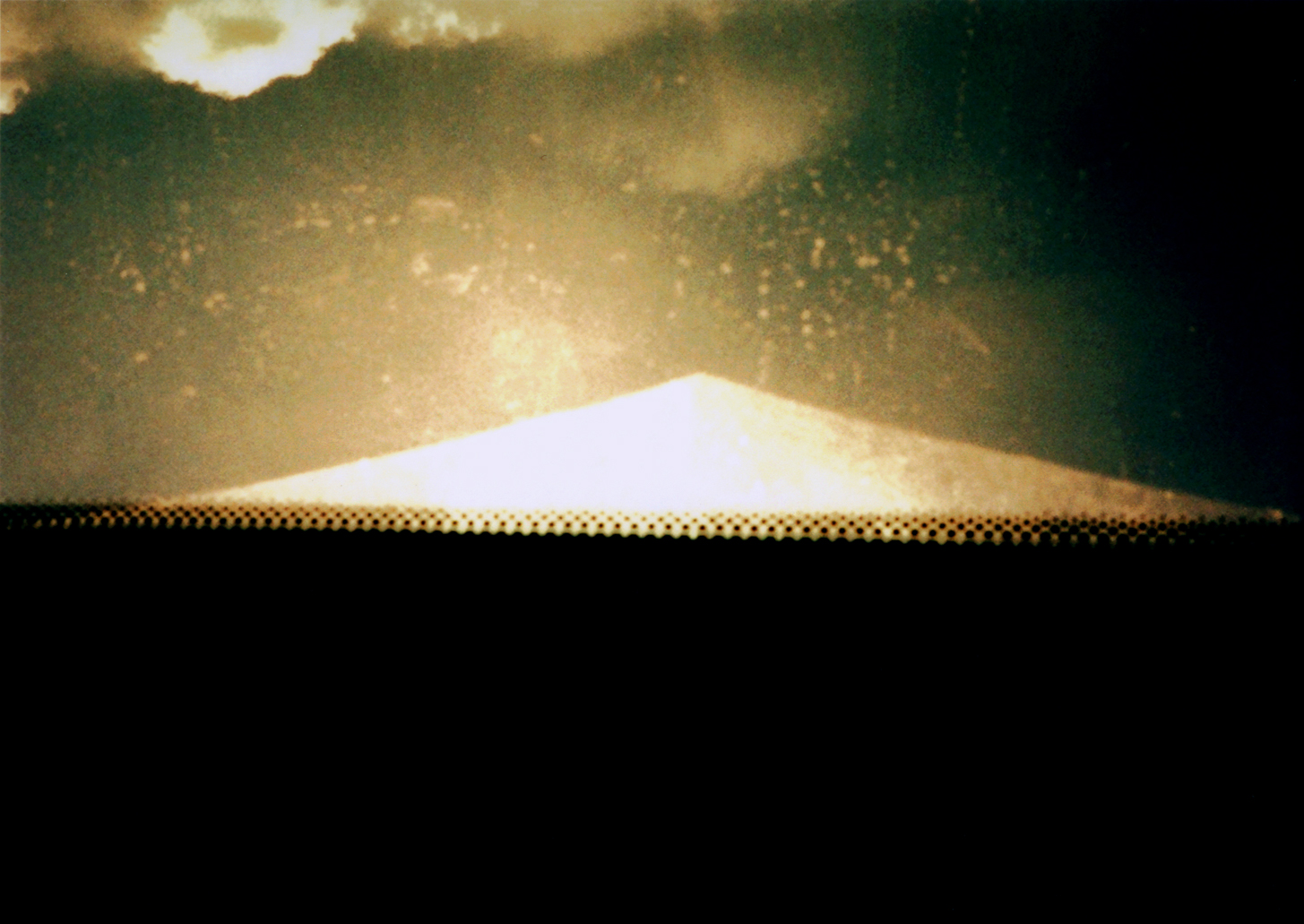
Mirage, Japan 2006
Light box
30 x 24 cm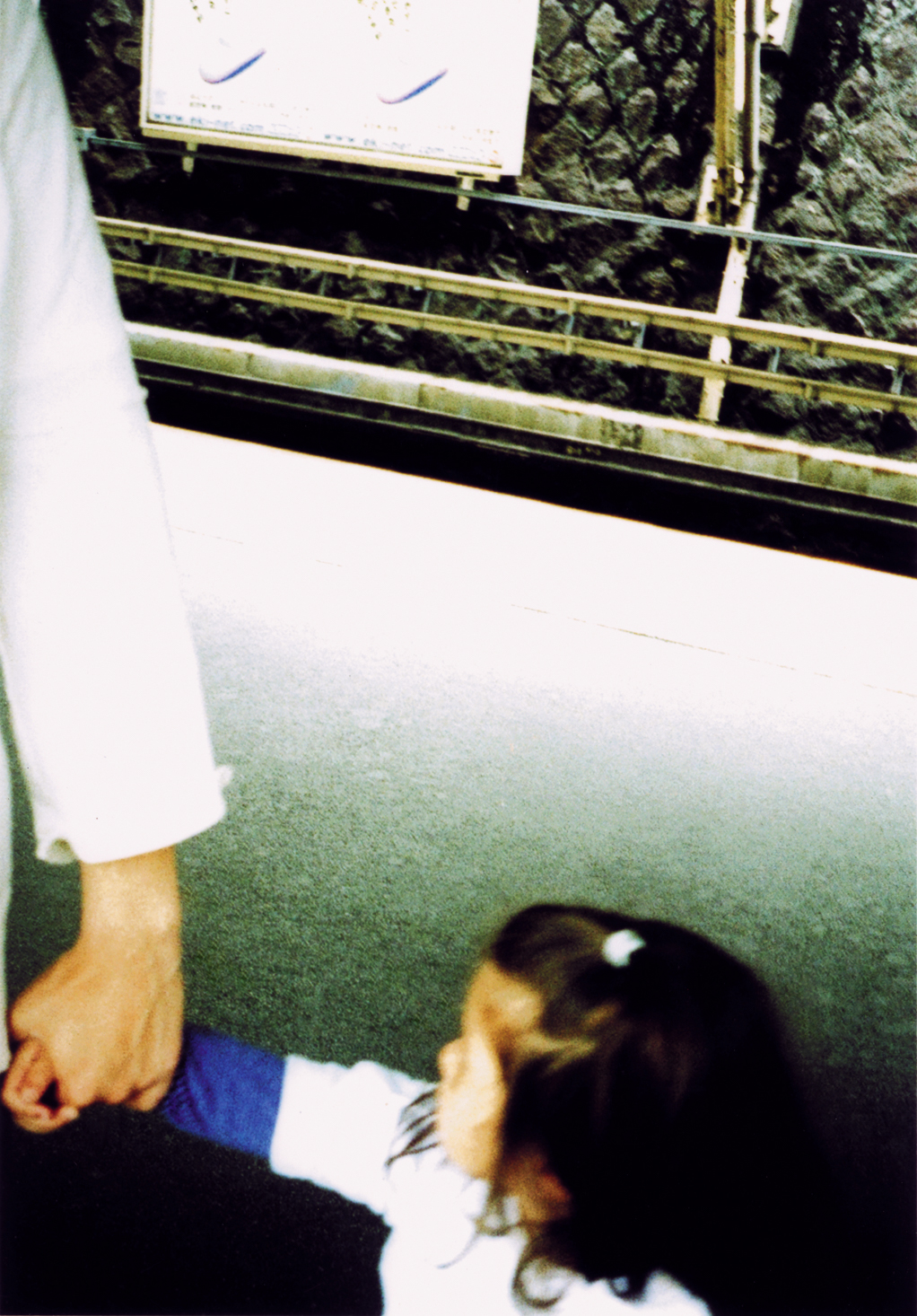
Untitled # 1, Japan 2006
Light box
24 x 30 cm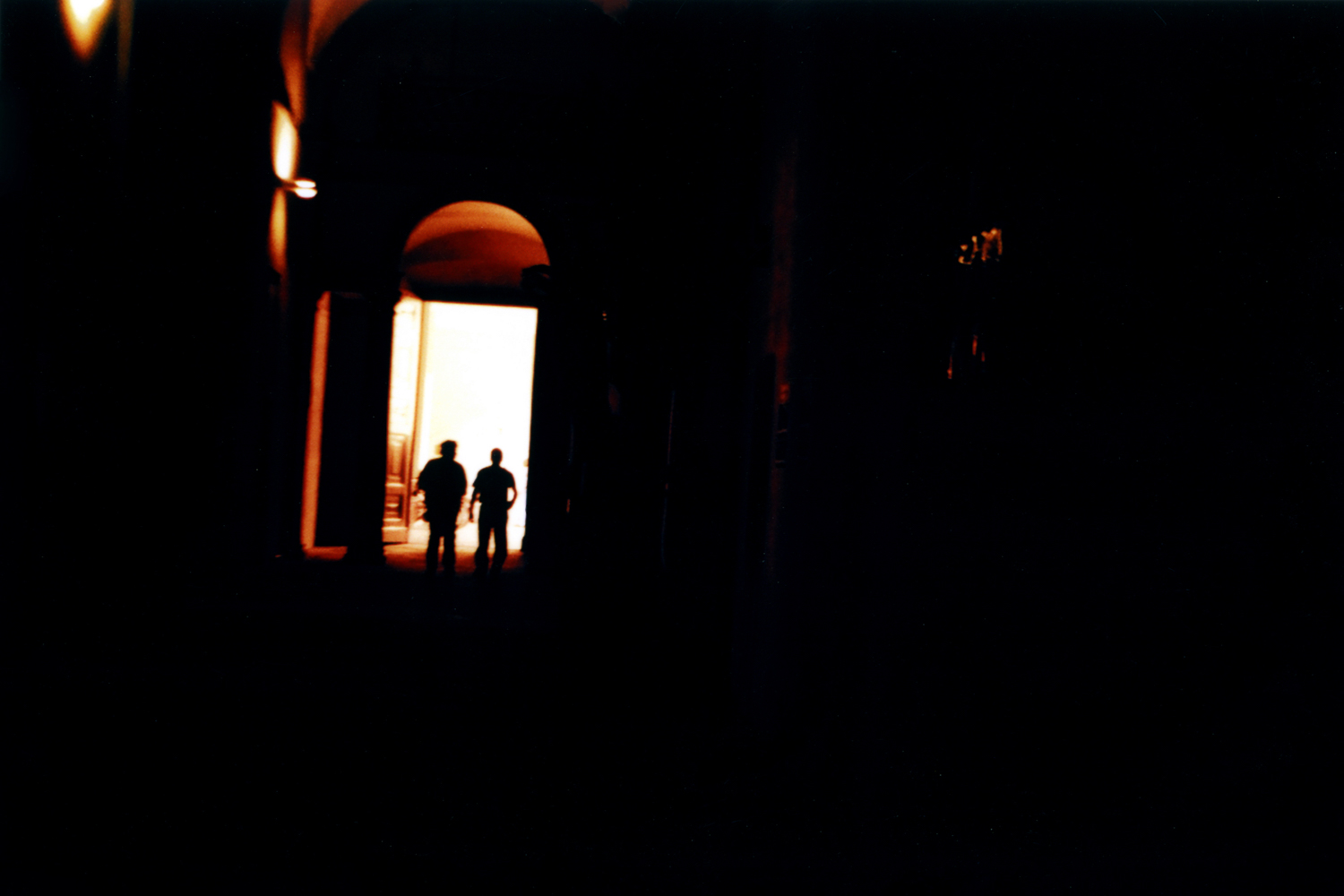
Brera # 1, Milan 2006
Archival pigment print on organic gauze
90 x 125 cm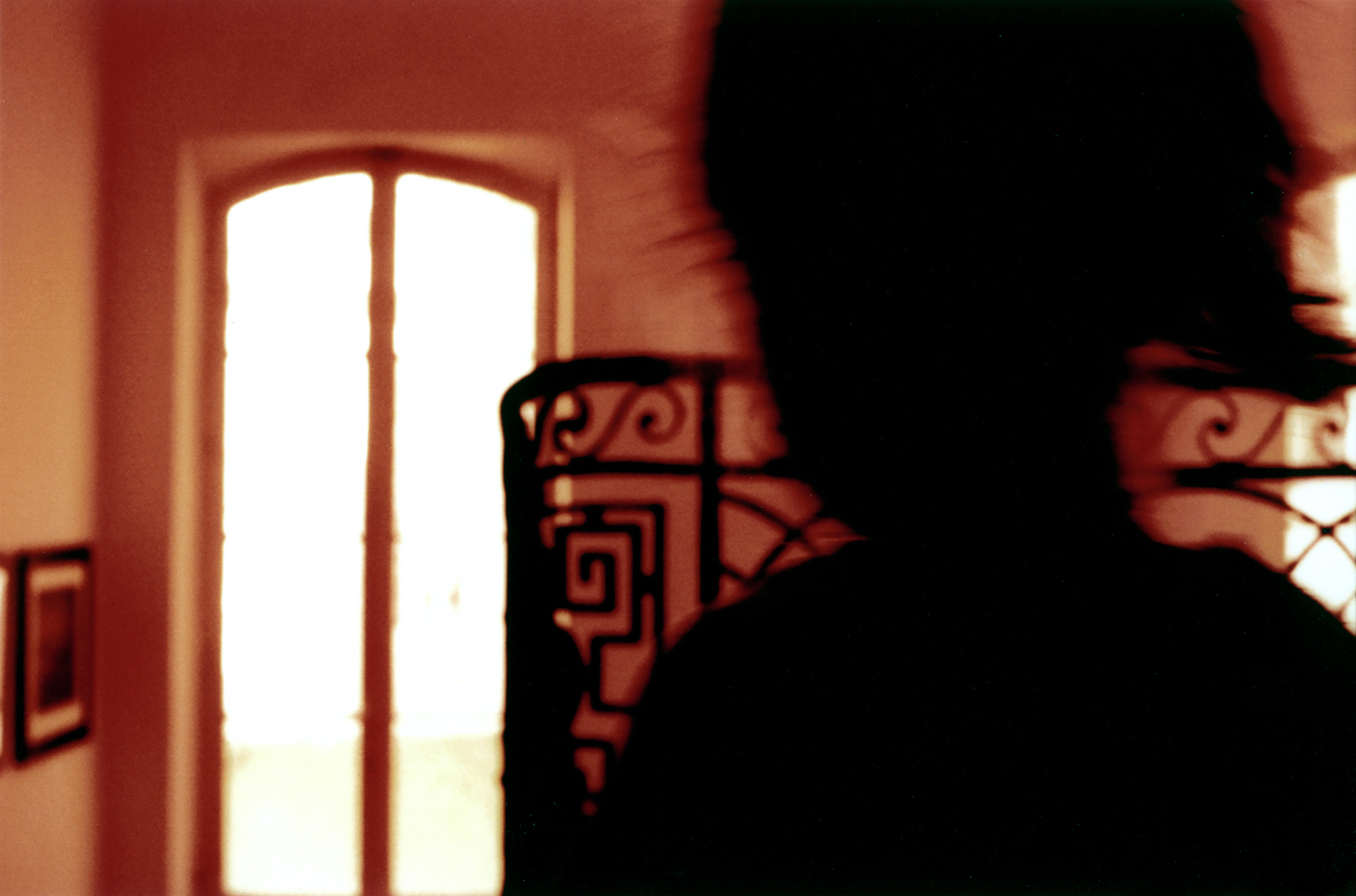
Brera # 2, Milan 2006
Archival pigment print on organic gauze
90 x 125 cm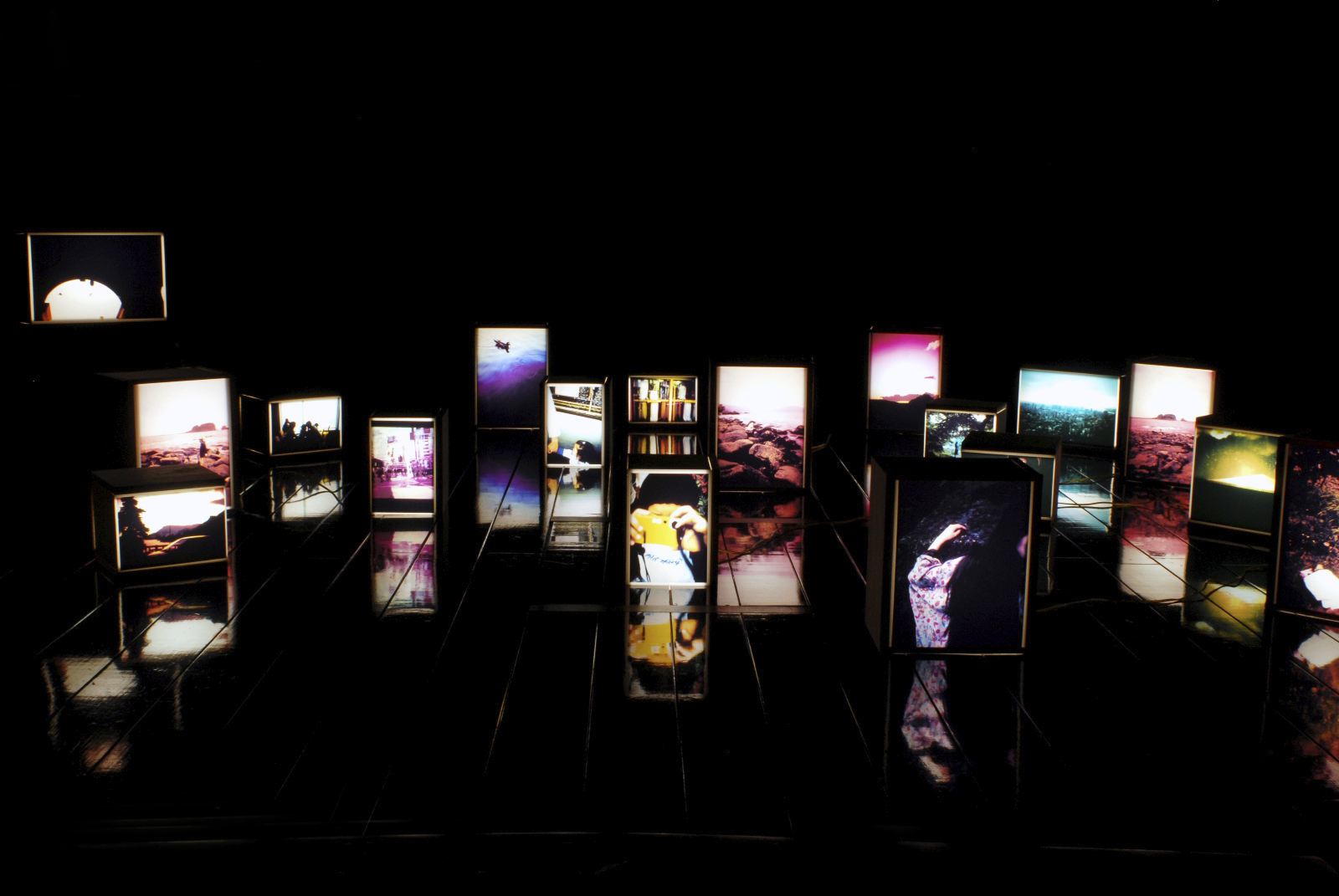
Gallery Ef – Tokyo, 2006
Installation view
Lightboxes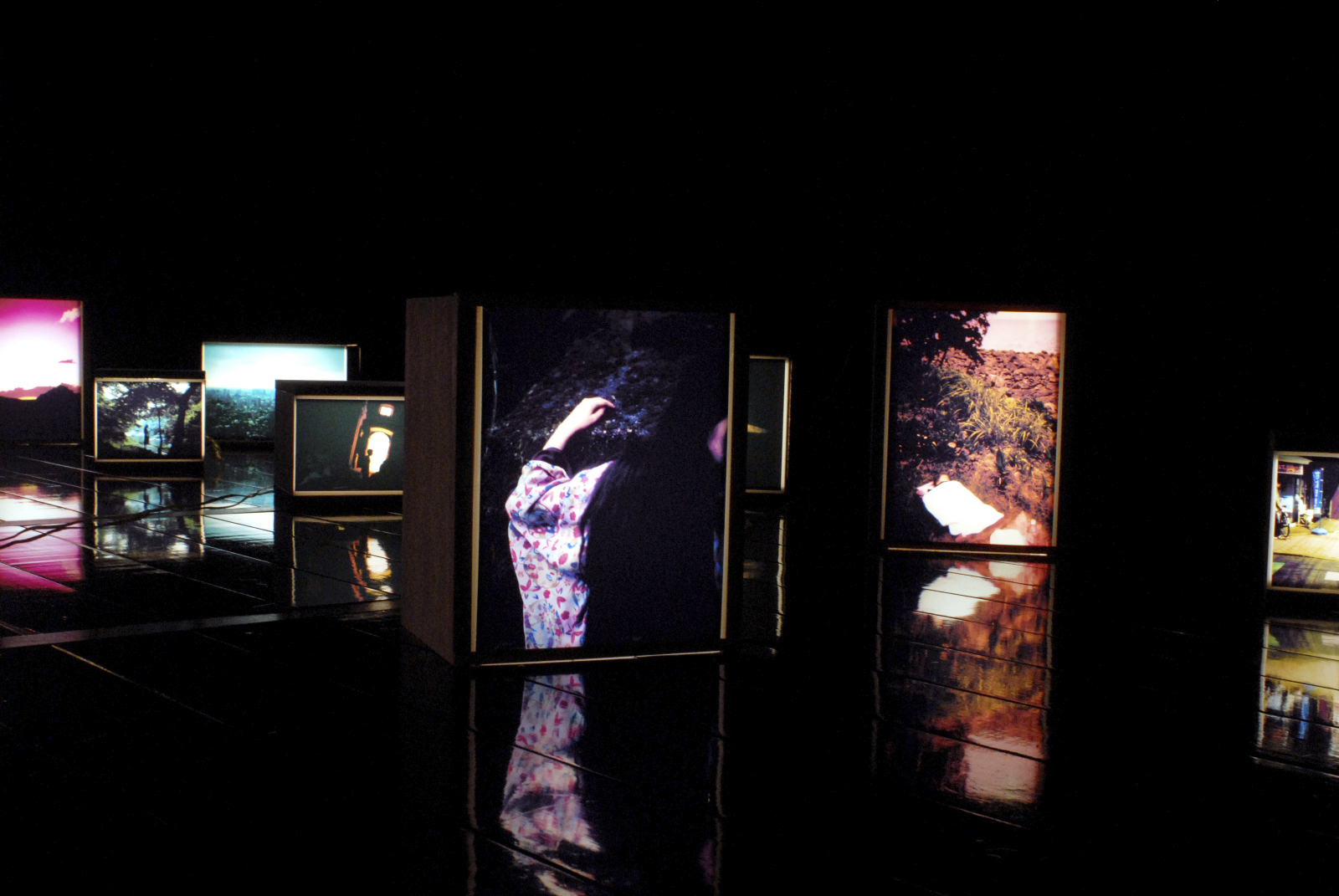
Gallery Ef – Tokyo, 2006
Installation view
Lightboxes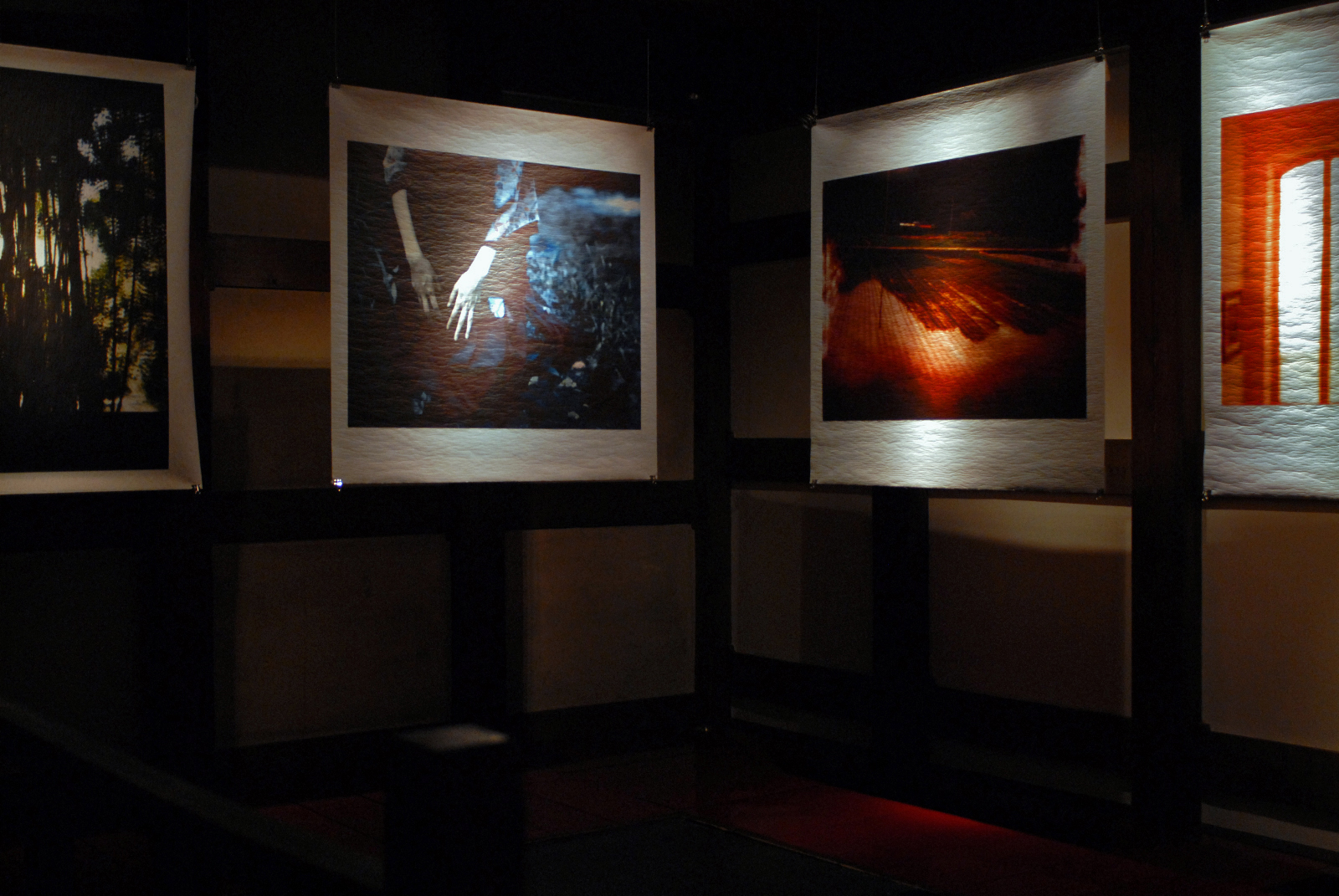
Gallery Ef – Tokyo, 2006
Installation view
Archival pigment prints on gauze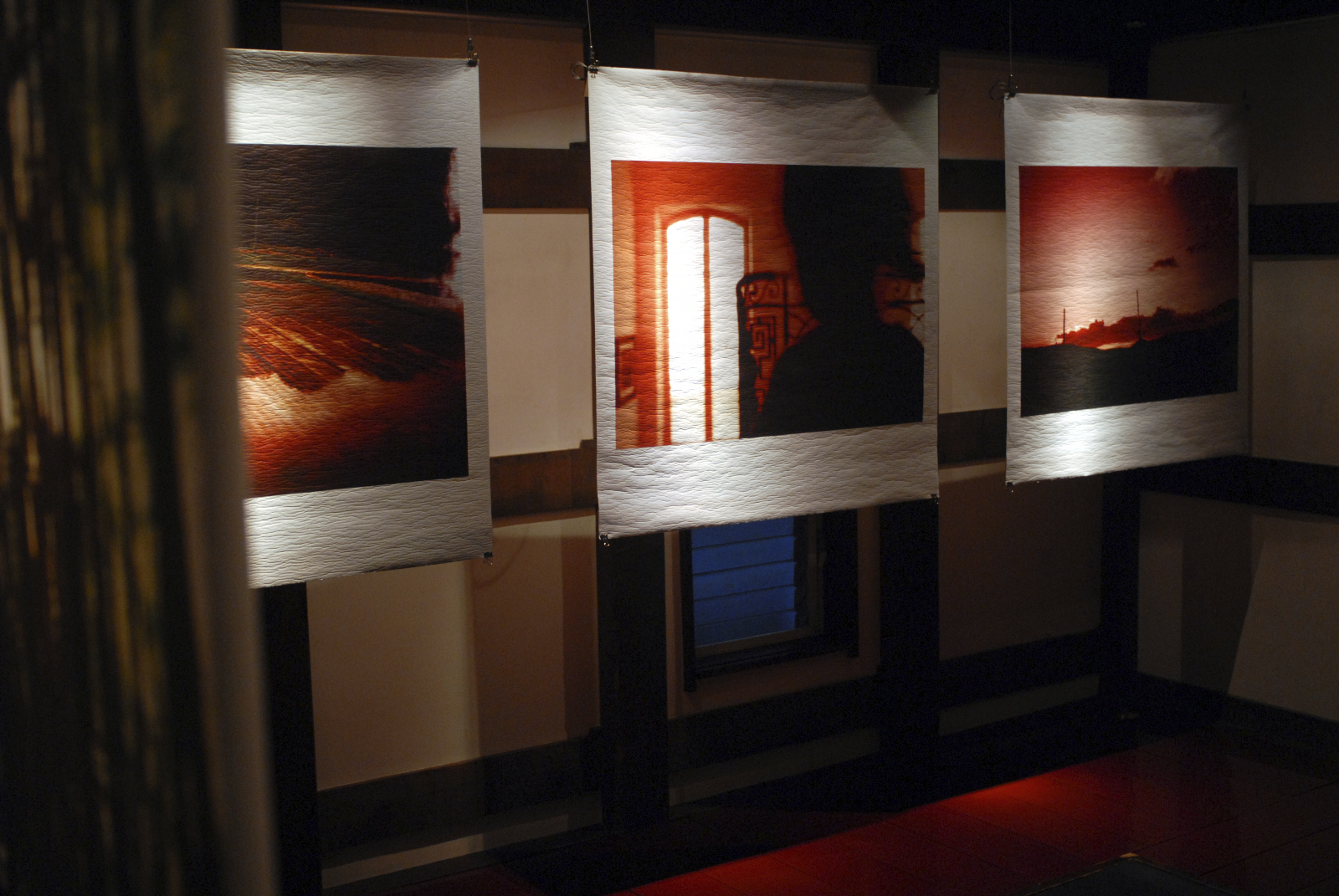
Gallery Ef – Tokyo, 2006
Installation view
Archival pigment prints on gauzeUnveiled at Gallery ef in Tokyo in 2006, Indefinite Path speaks about a poetic journey and reflects an atlas of intimate landscapes between Japan and Europe.
A delicate sensitive shade floats on the surface of the images, the state of things changes: the landscape, the memory and the color of things appear in a way closer to feelings and entwined with the light and the moment of life.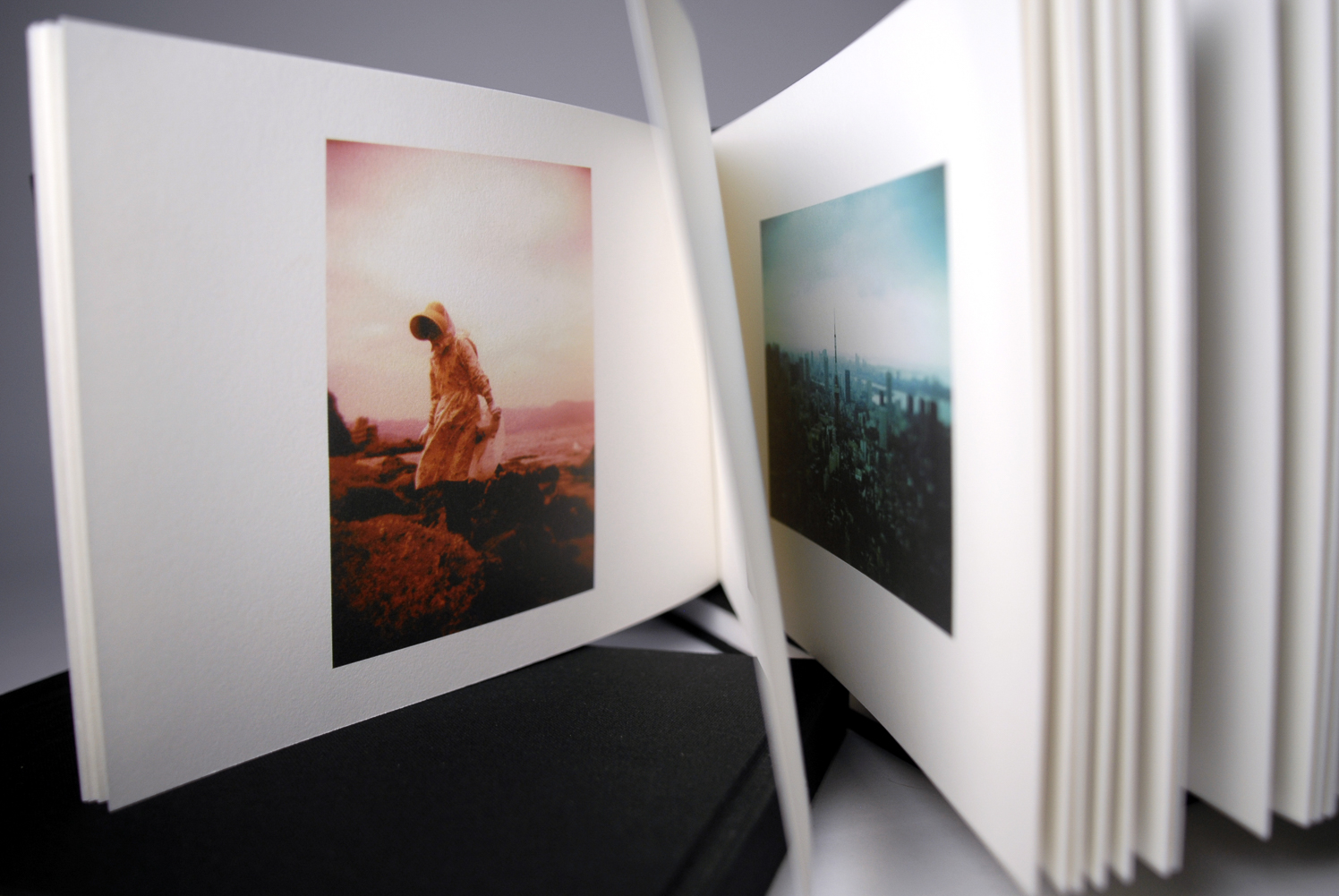
A monograph with photographs by Leo Pellegatta and a short text by author Ishii Shinji was published in 250 copies + 10 limited editions in collaboration with the Japanese fashion designer RouRou and presented during the opening show at Gallery ef .
Words following images, following colours, following places … and indefinite memories, indefinite paths. Everything is in motion, becoming.
We all have our own vision of reality, and reality is transforming itself in every single moment …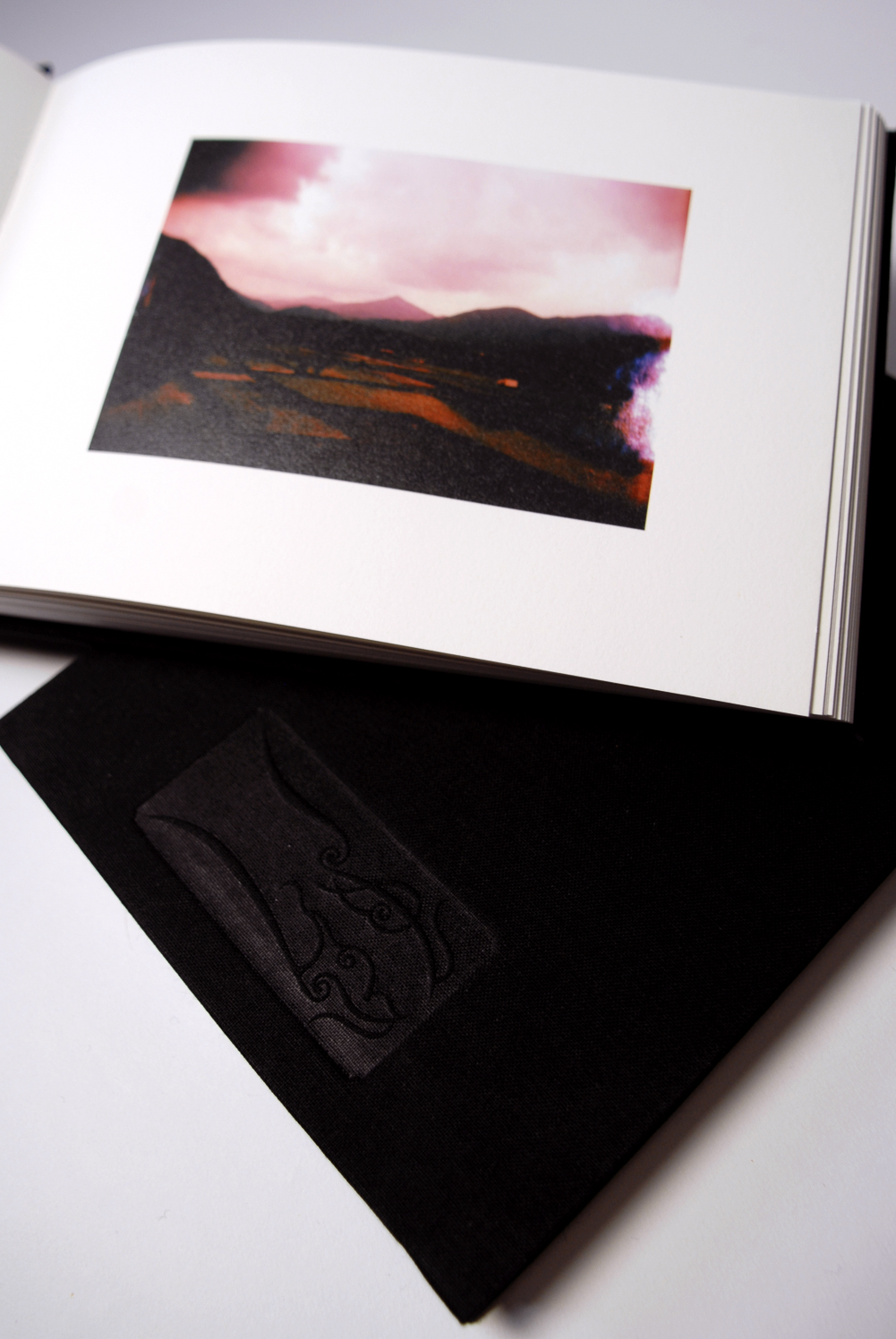
-
Requiem
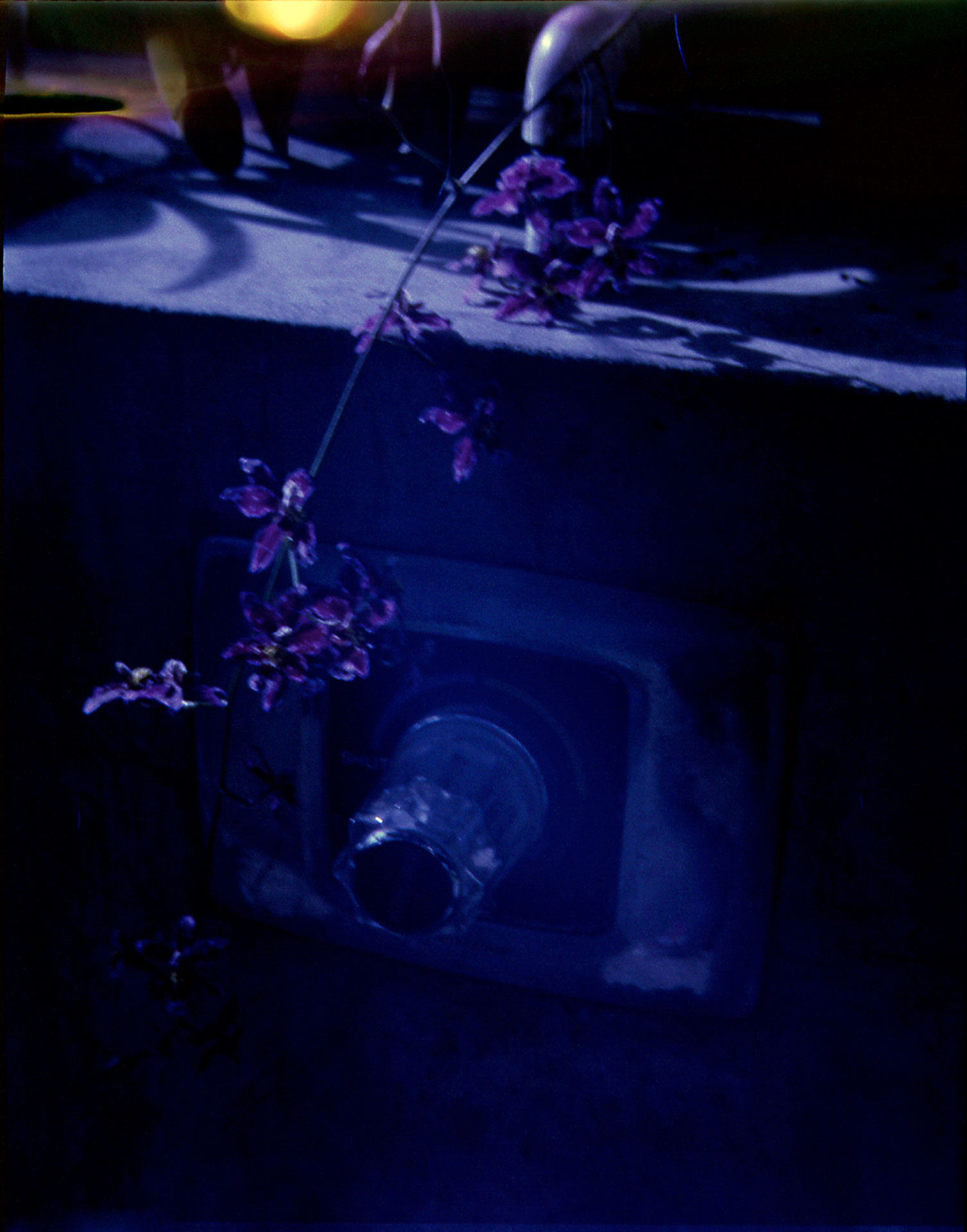
Requiem # 16
Archival pigment print on cotton paper
25 x 20 cm | Edition of 7 + II a.p.
REQUIEM # 8 / Archival pigment print on cotton paper.
Edition: 1 / 7 + II A.P.
21 x 18 cm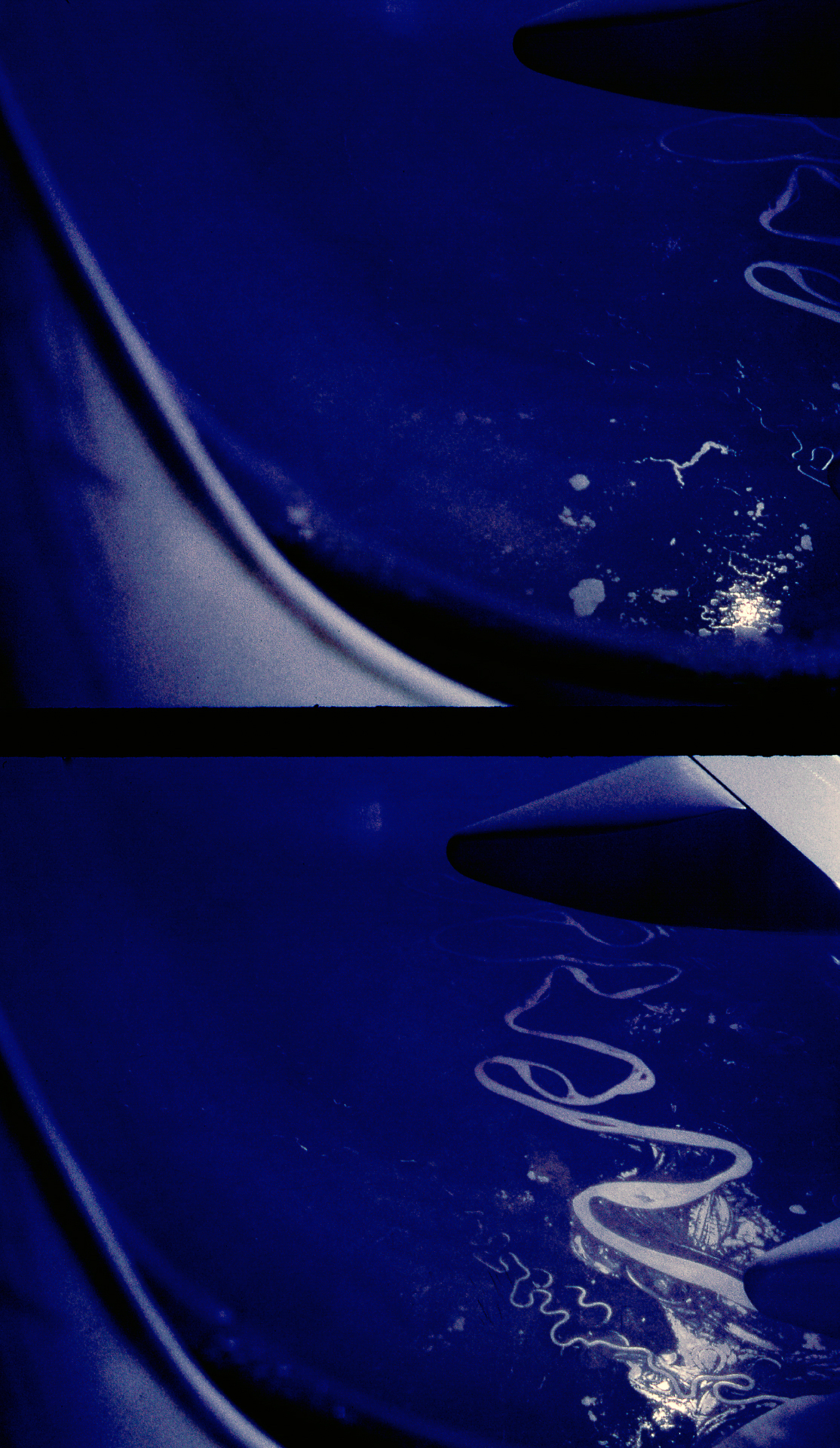
REQUIEM # 9 / Archival pigment print on cotton paper.
Edition: 1 / 7 + II A.P.
30 x 17 cm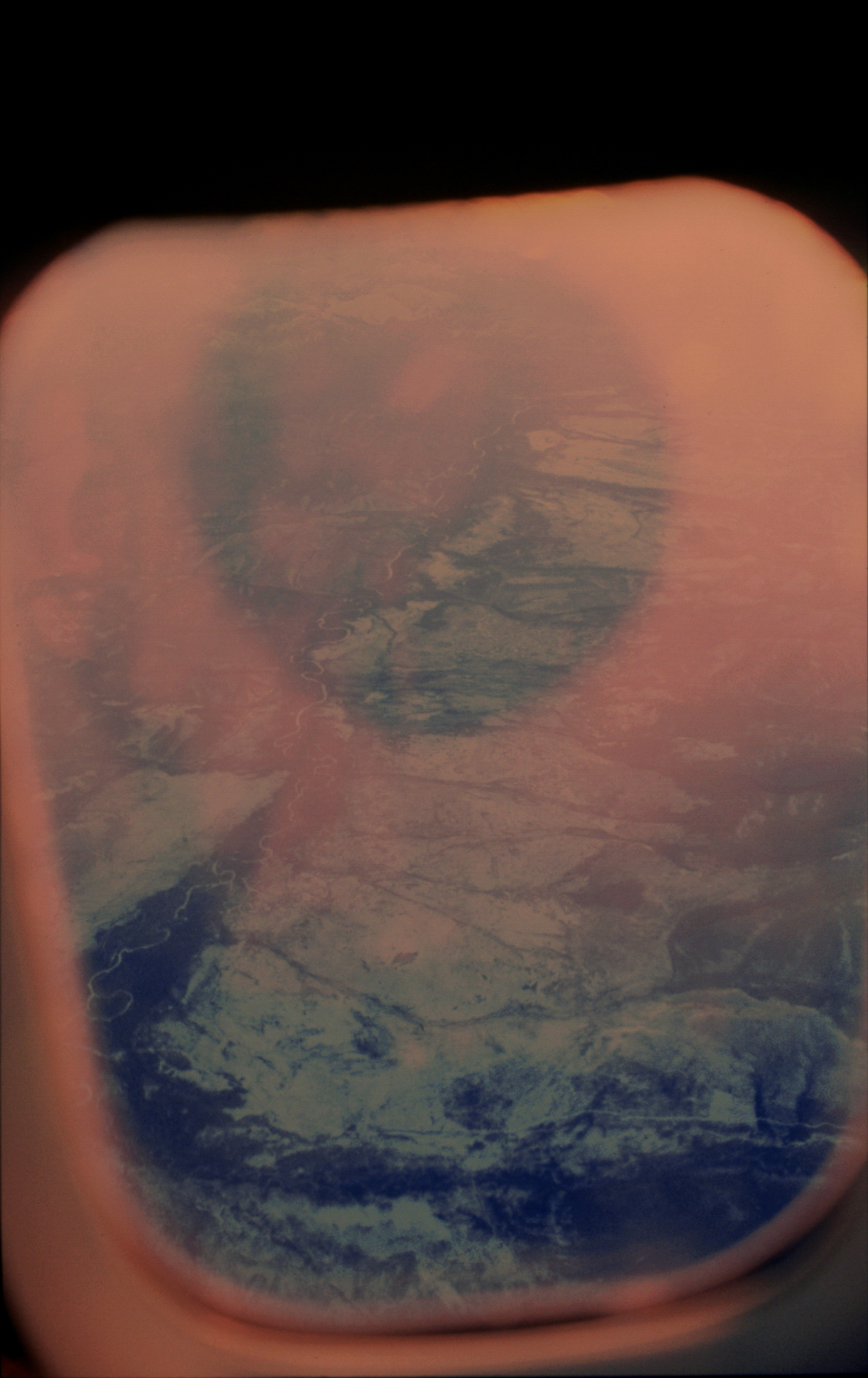
REQUIEM # 21 / Archival pigment print on cotton paper.
Edition: 1 / 7 + II A.P.
30 x 19 cm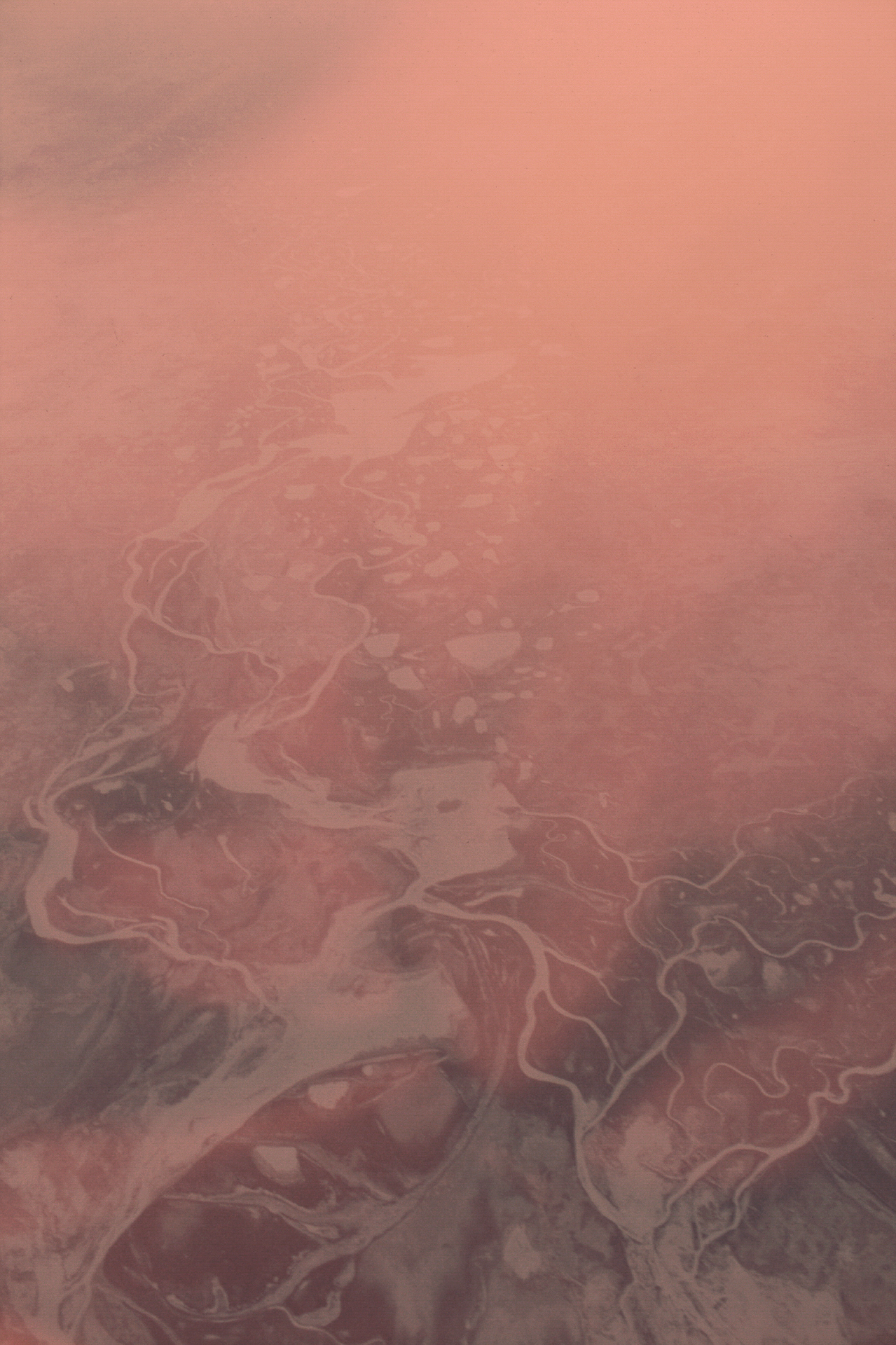
REQUIEM # 22 / Archival pigment print on cotton paper.
Edition: 1 / 7 + II A.P.
30 x 19 cm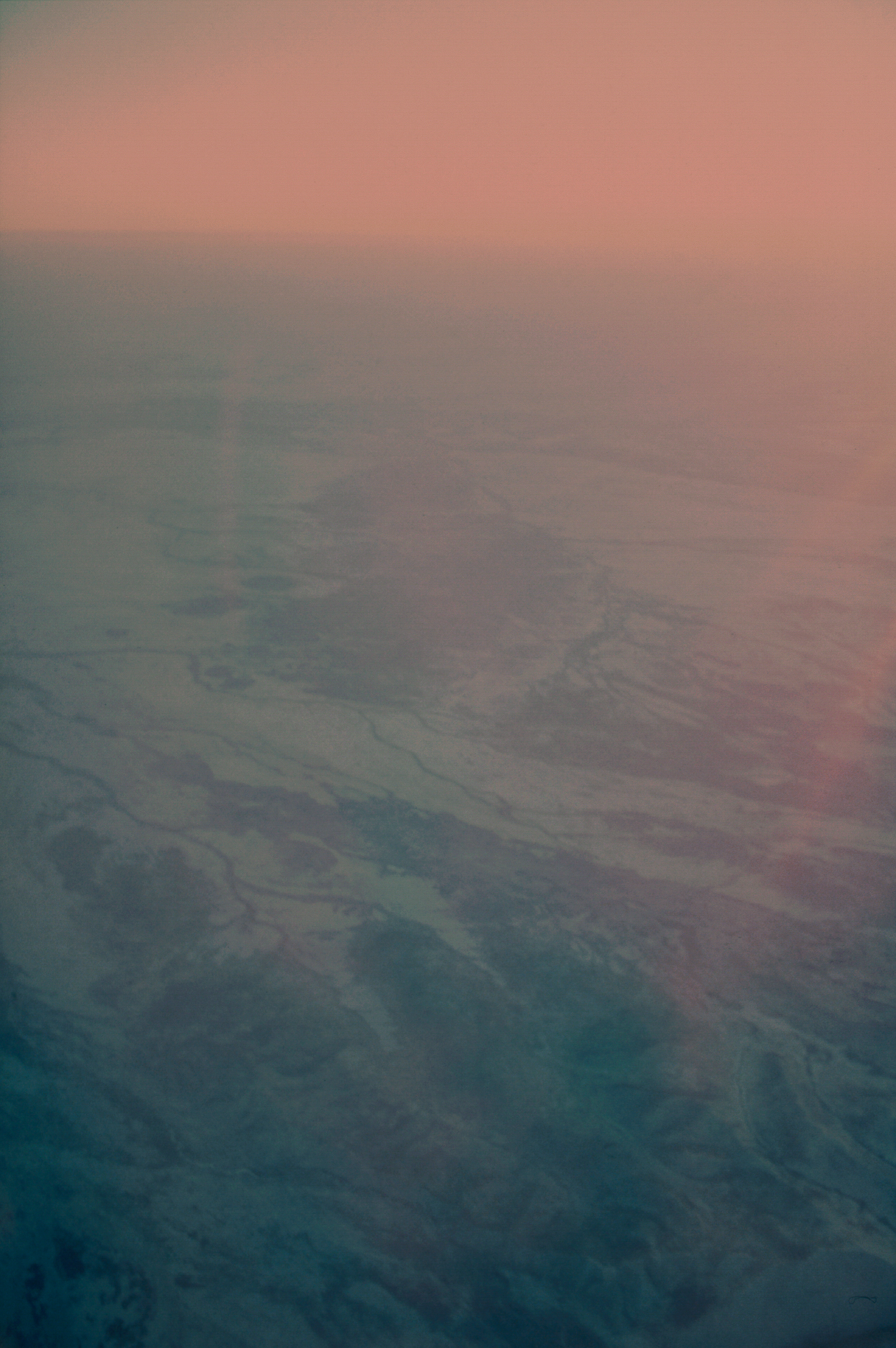
REQUIEM # 23 / Archival pigment print on cotton paper.
Edition: 1 / 7 + II A.P.
30 x 19 cm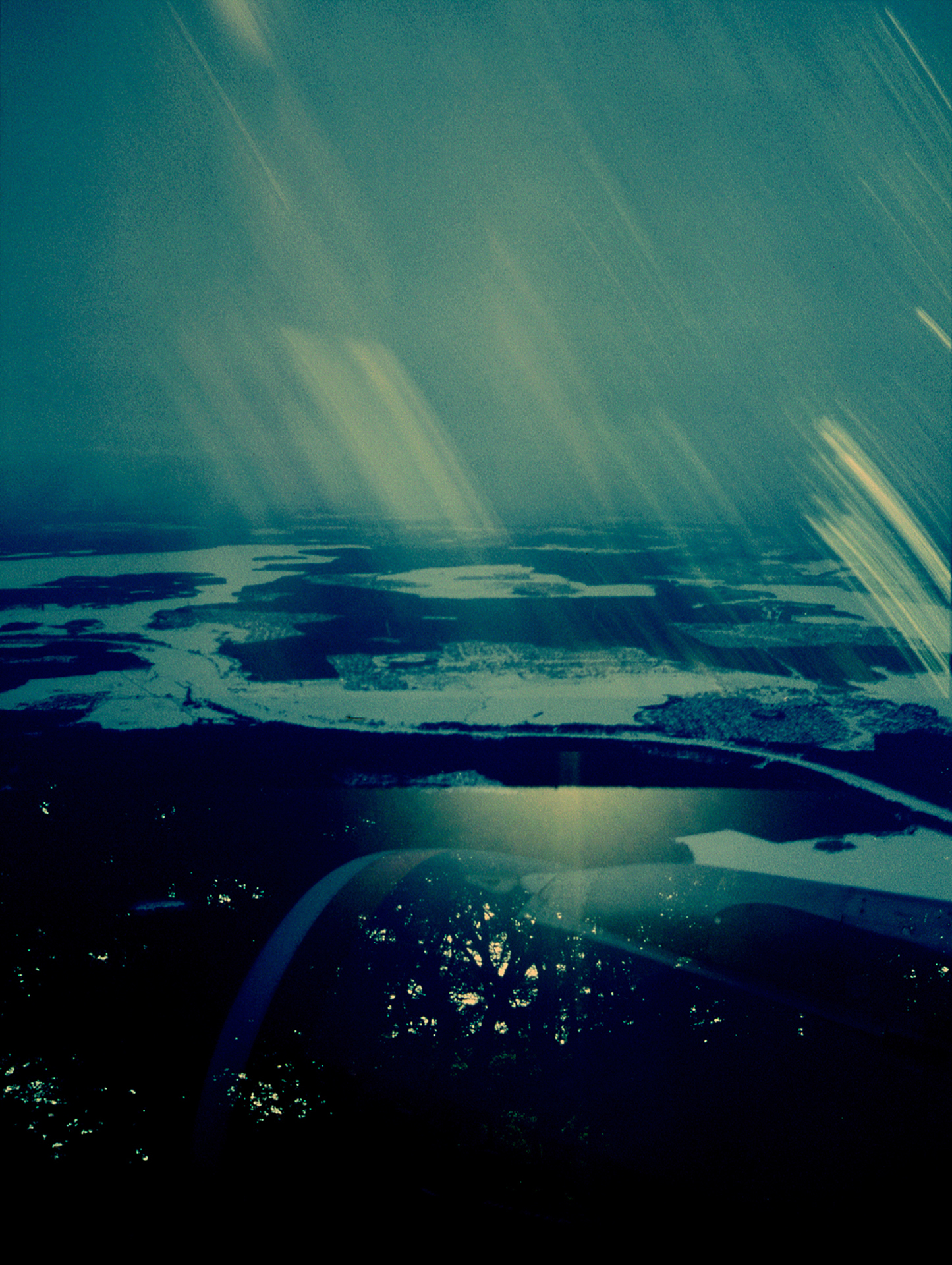
REQUIEM # 26 / Archival pigment print on cotton paper.
Edition: 1 / 7 + II A.P.
30 x 40 cm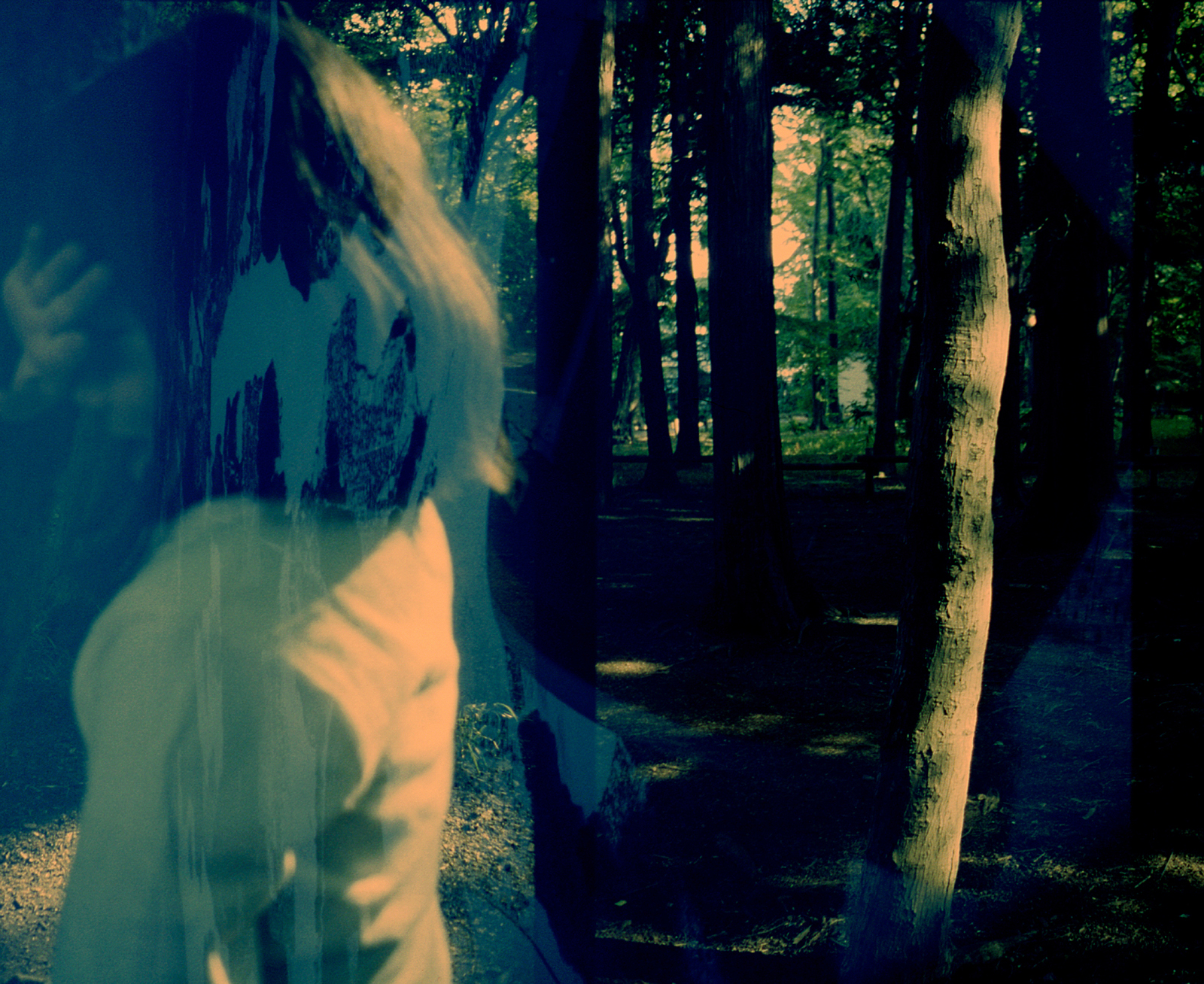
REQUIEM # 29 / Archival pigment print on cotton paper.
Edition: 1 / 7 + II A.P.
20 x 24 cm
REQUIEM # 10 / Archival pigment print on cotton paper.
Edition: 1 / 7 + II A.P.
10 x 15 cm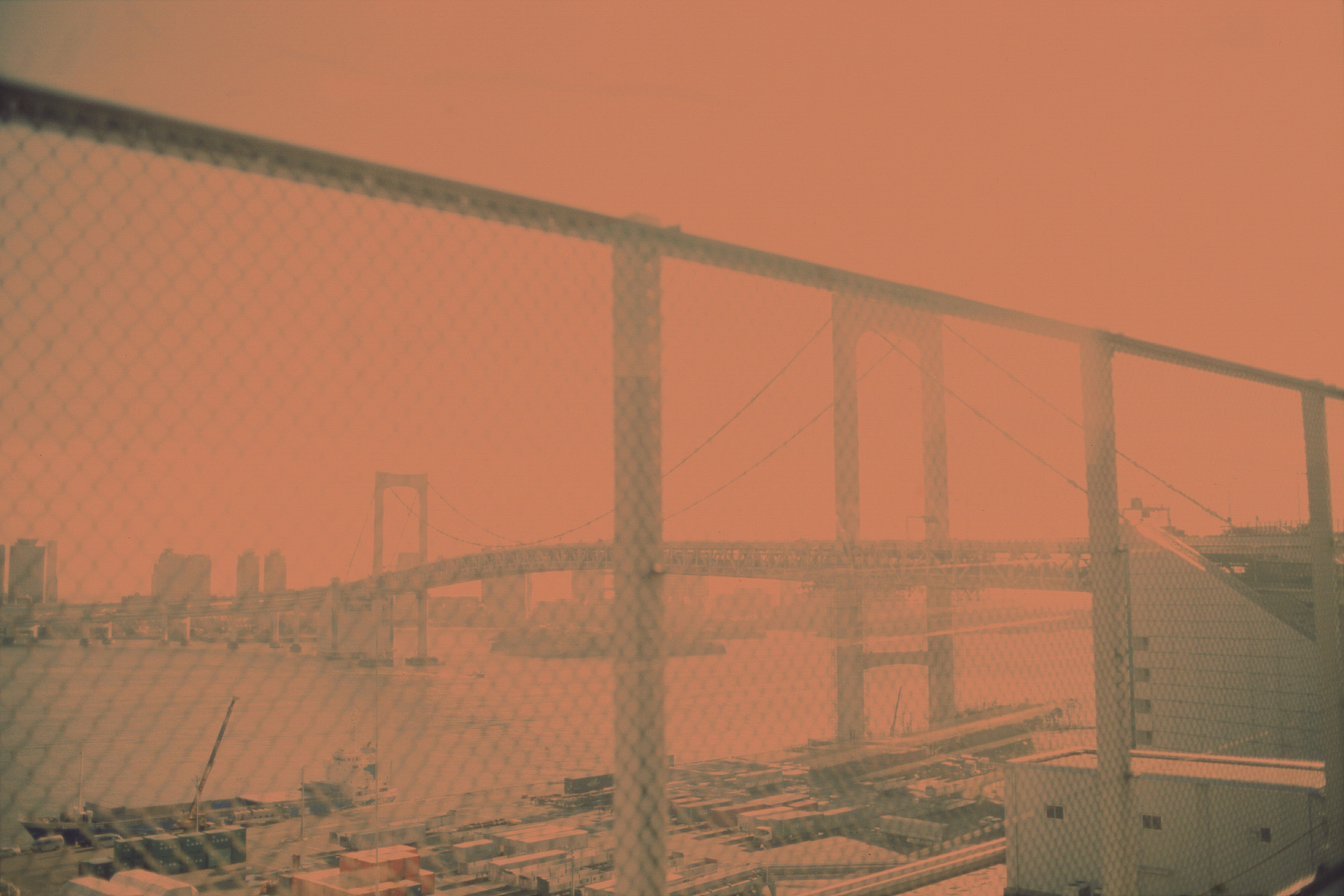
REQUIEM # 20 / Archival pigment print on cotton paper.
Edition: 1 / 7 + II A.P.
14 x 21 cm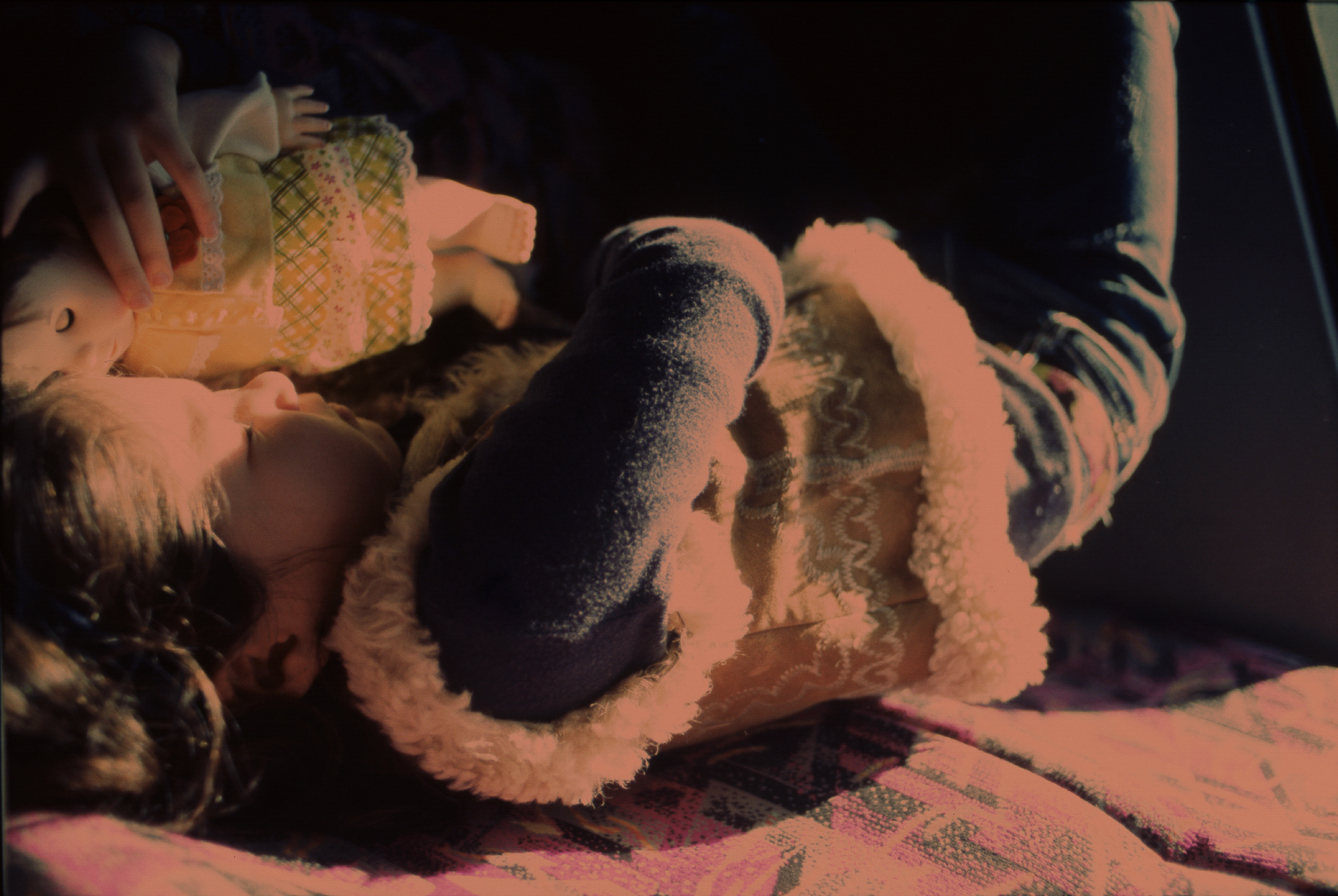
REQUIEM # 19 / Archival pigment print on cotton paper.
Edition: 1 / 7 + II A.P.
14 x 21 cm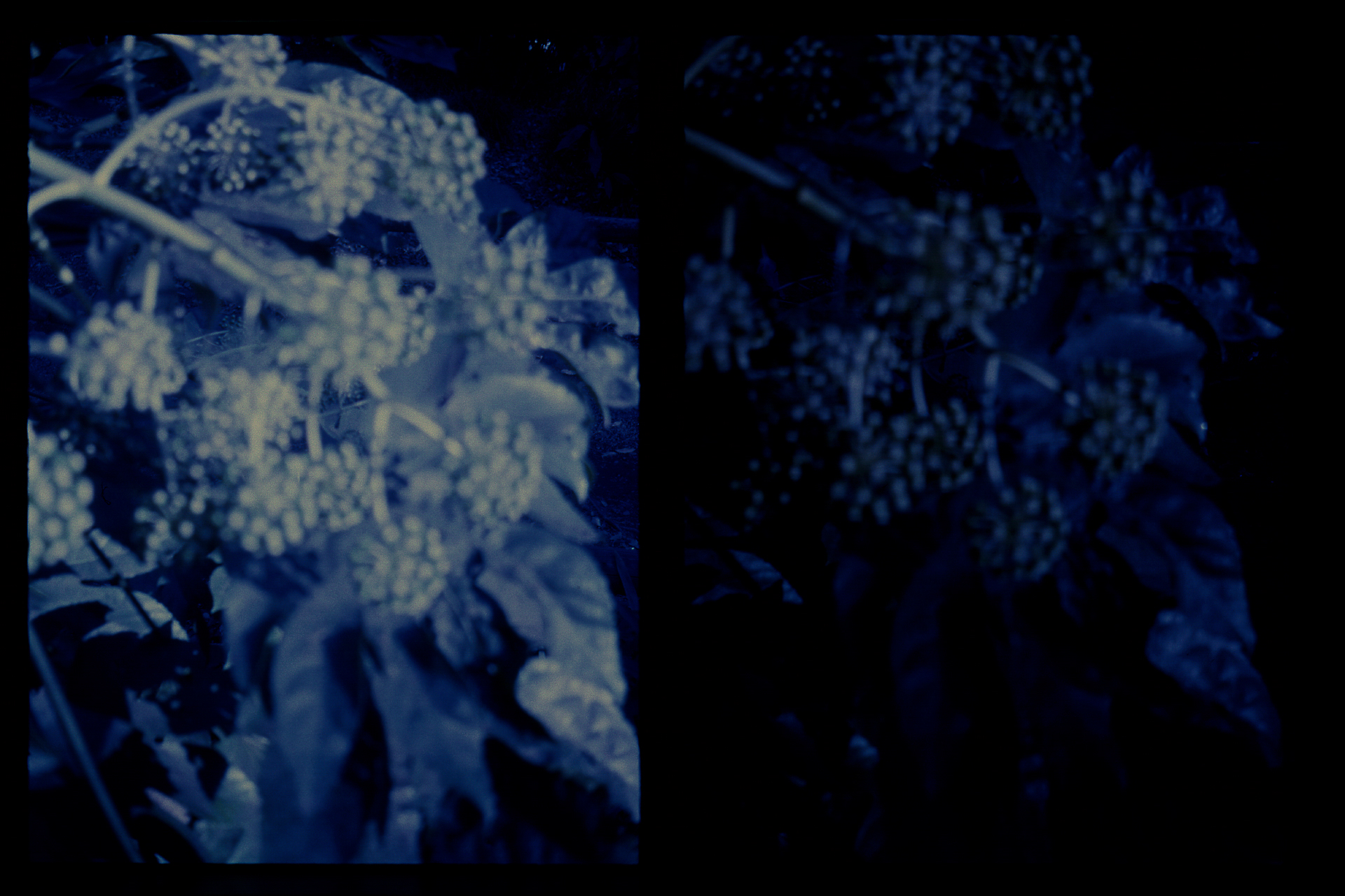
REQUIEM # 12 / Archival pigment print on cotton paper.
Edition: 1 / 7 + II A.P.
18,5 x 27,5 cm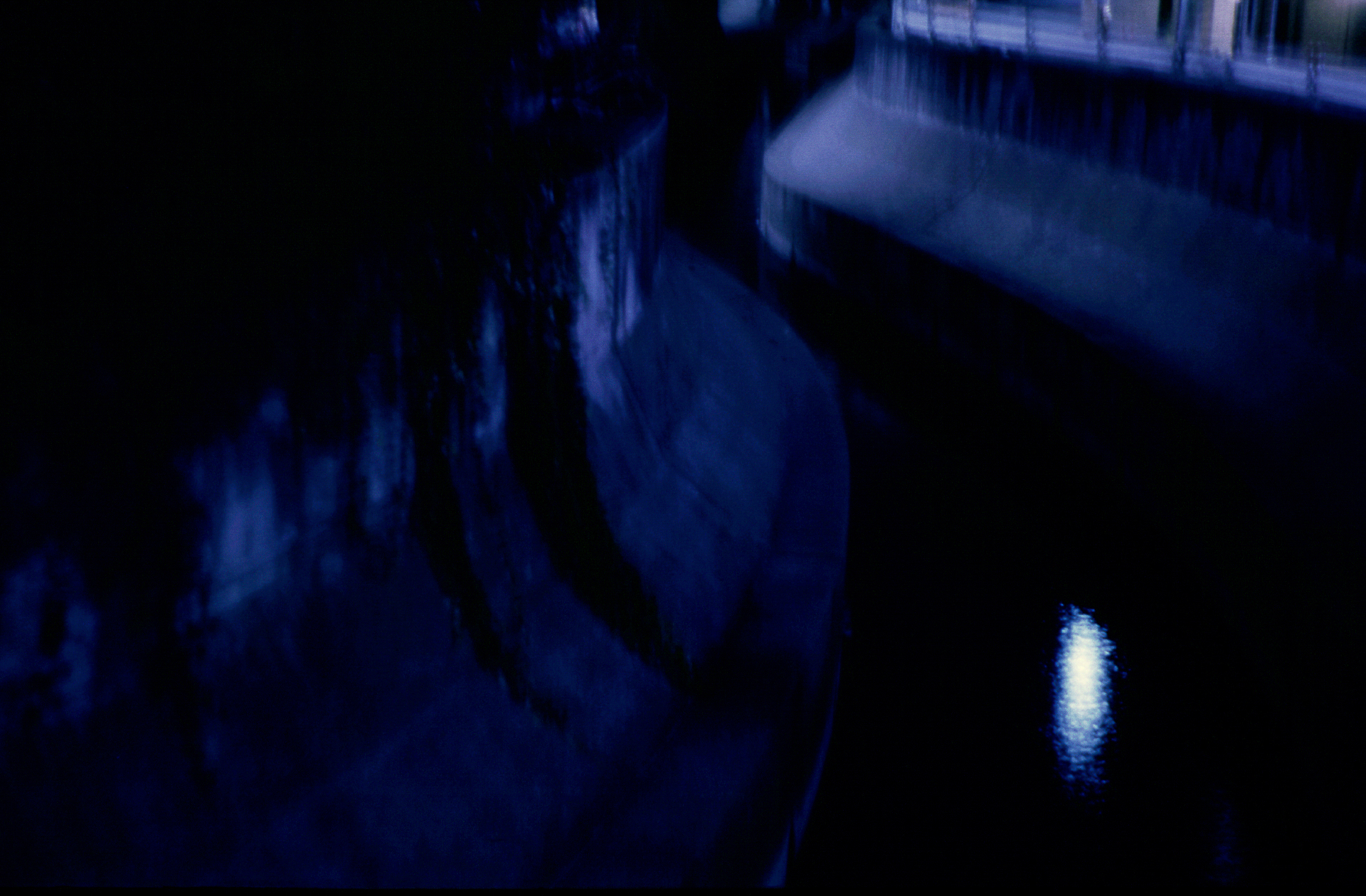
REQUIEM # 15 / Archival pigment print on cotton paper.
Edition: 1 / 7 + II A.P.
25 x 16,5 cm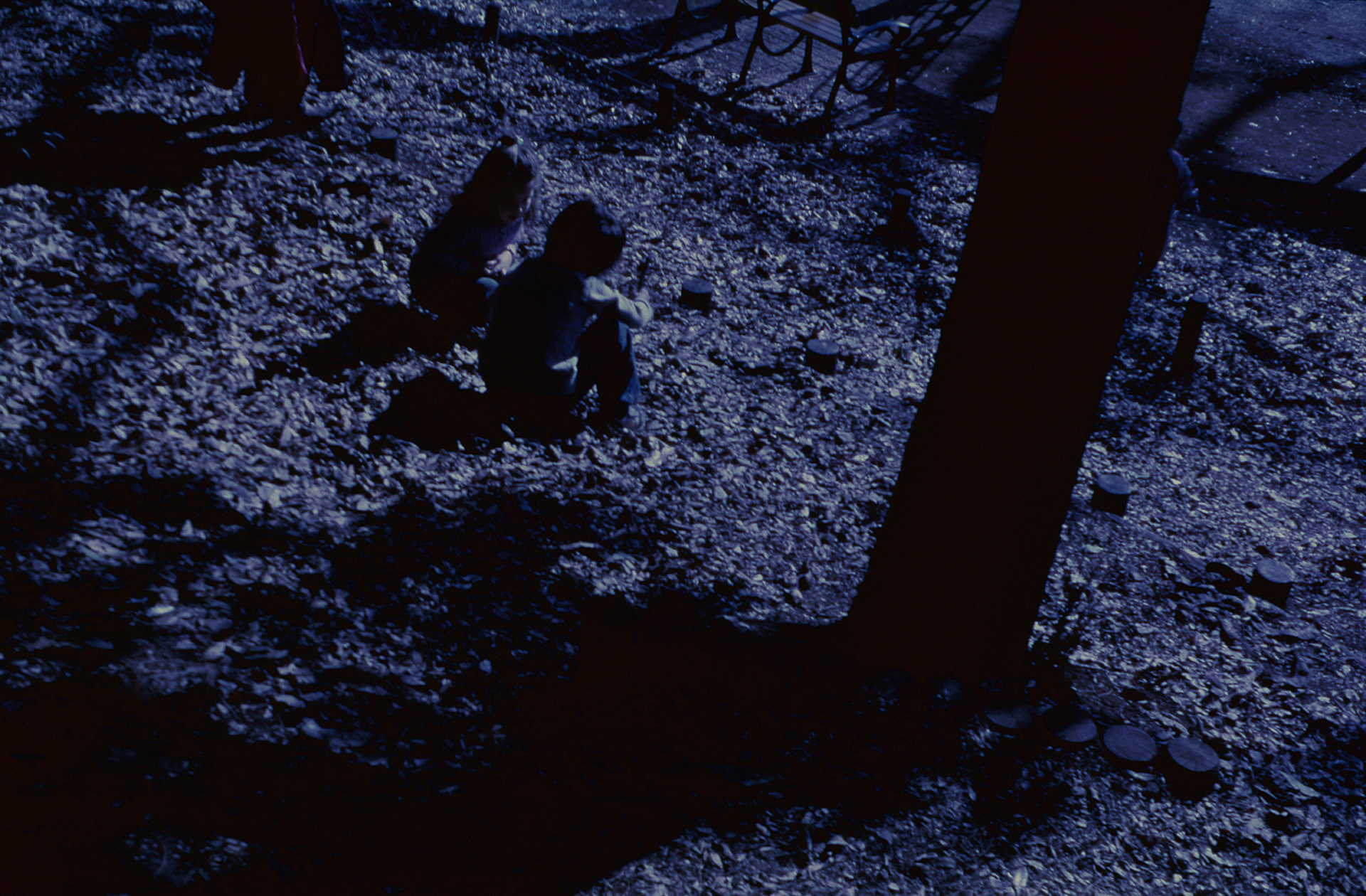
REQUIEM # 13 / Archival pigment print on cotton paper.
Edition: 1 / 7 + II A.P.
16 x 25 cm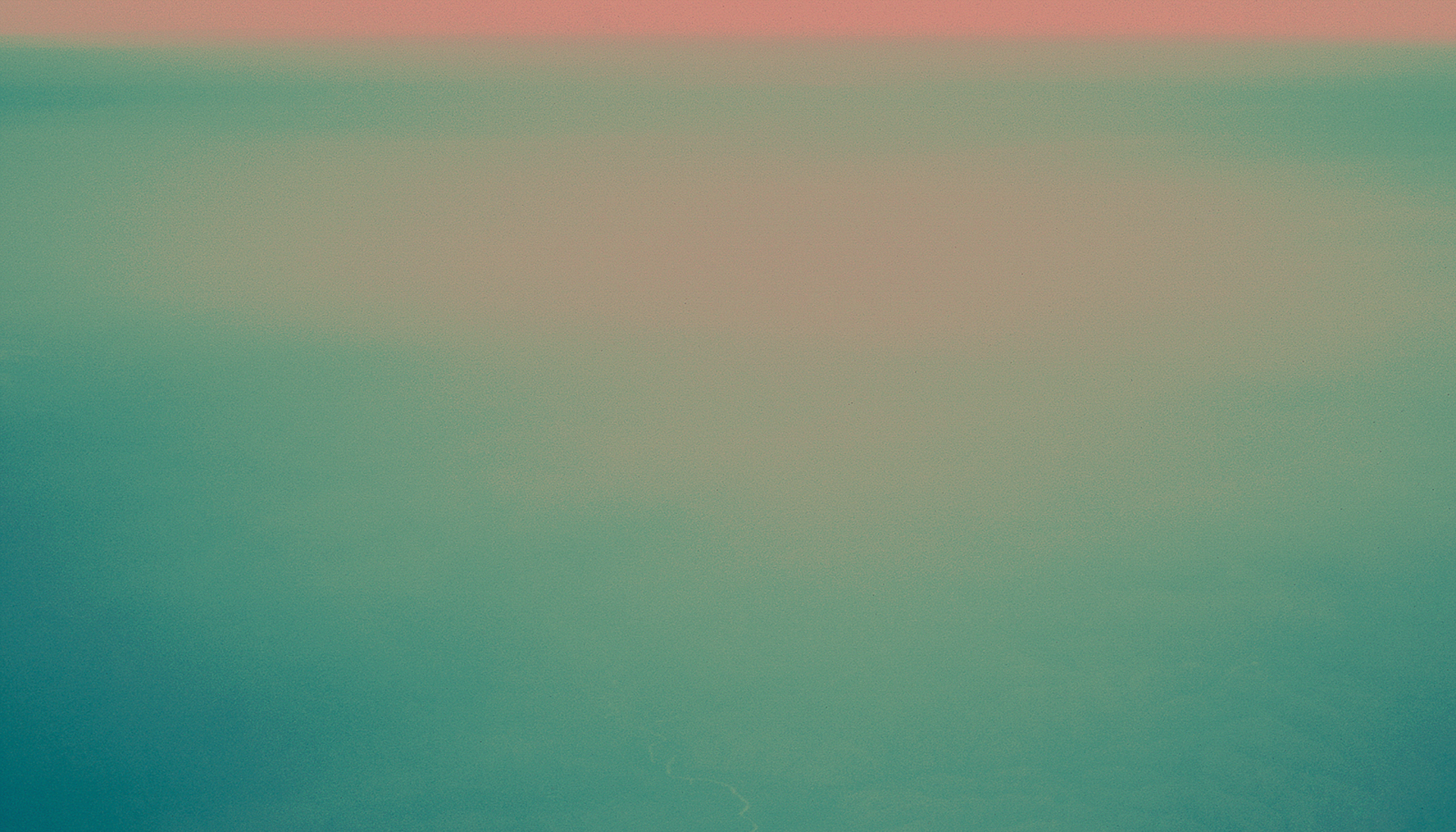
REQUIEM # 2 / Archival pigment print on cotton paper.
Edition: 1 / 7 + II A.P.
80 x 140 cm
REQUIEM # 5 / Series – Archival pigment print on cotton paper.
Edition: 1 / 7 + II A.P.
80 x 140 cm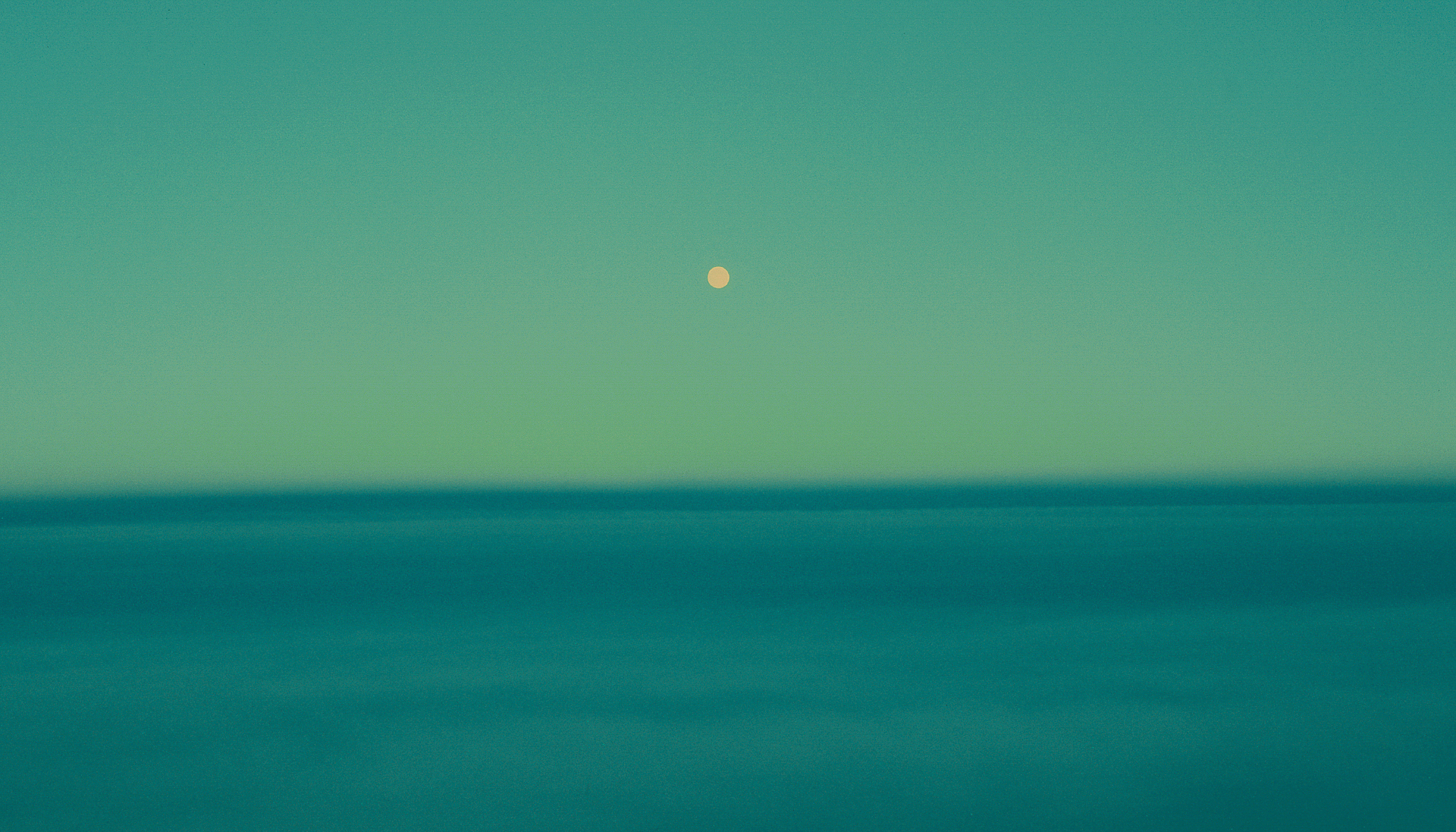
REQUIEM # 4 / Archival pigment print on cotton paper.
Edition: 1 / 7 + II A.P.
80 x 140 cm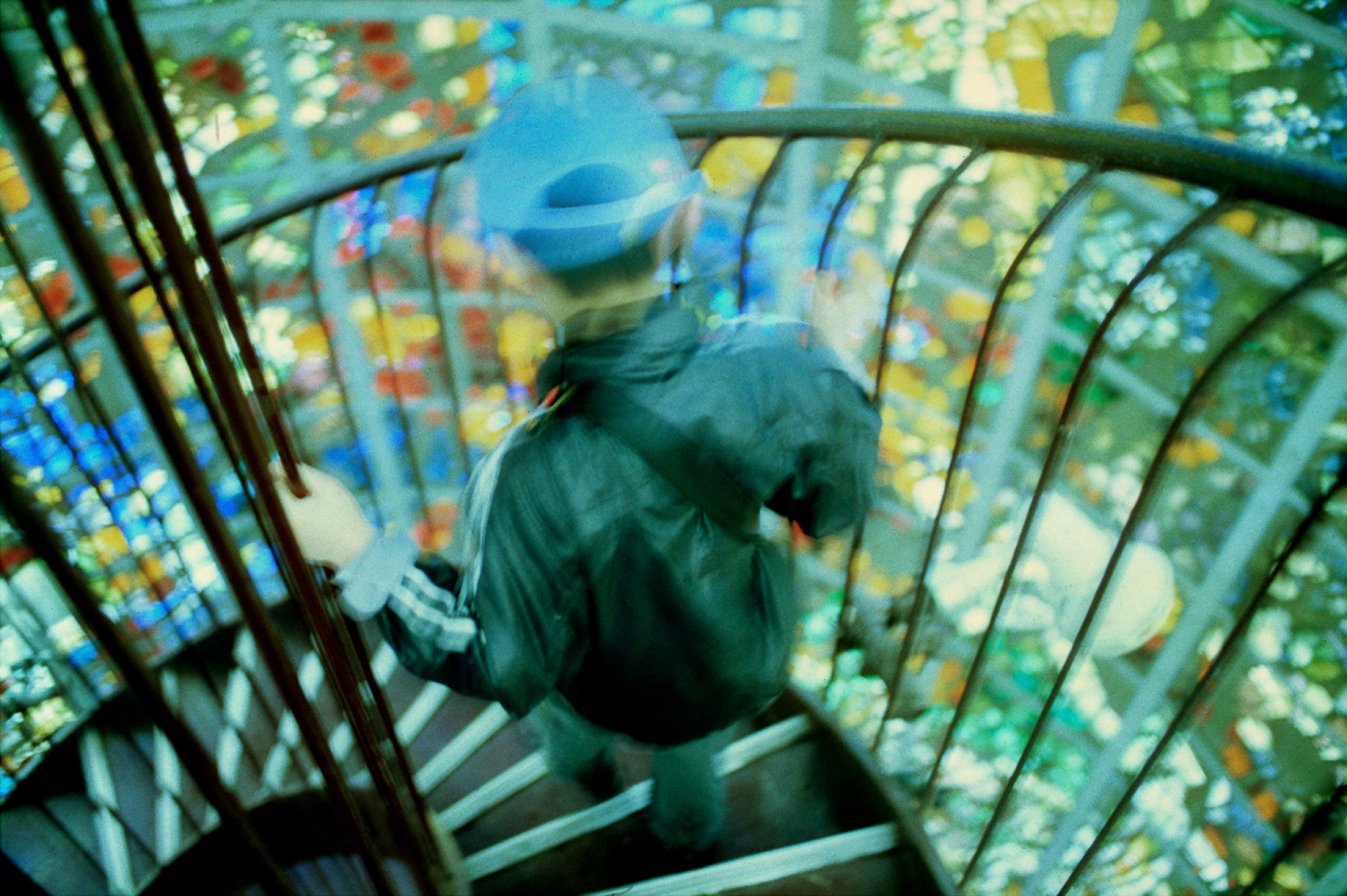
REQUIEM # 31 / Archival pigment print on cotton paper.
Edition: 1 / 7 + II A.P.
30 x 45 cm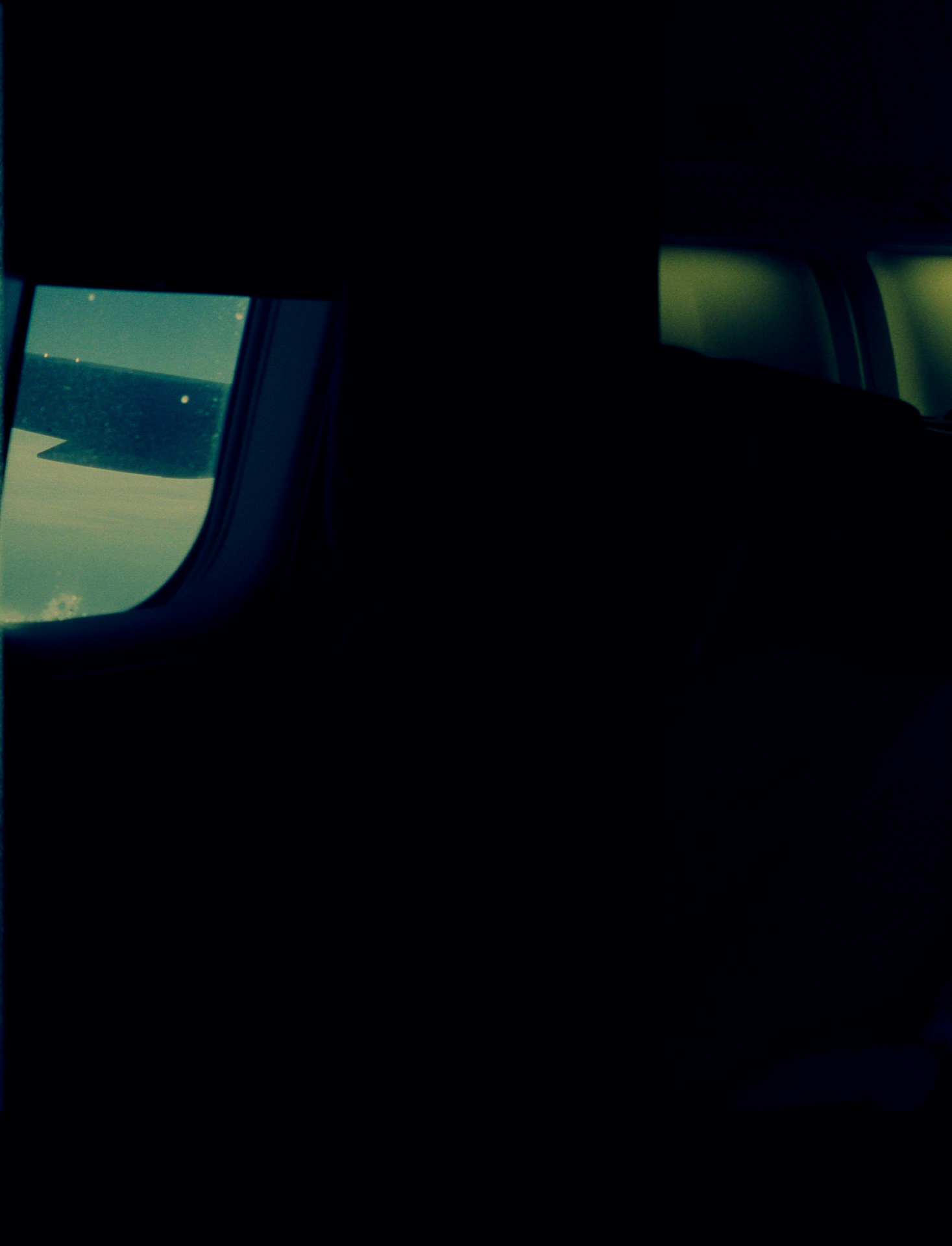
REQUIEM # 30 / Archival pigment print on cotton paper.
Edition: 1 / 7 + II A.P.
14 x 18 cmMany of the photographs in “Requiem” depict air travel between Europe and Japan: land, air, sea and people seen from above, as well as an emotional state tied to memories seen across two countries and geographical spaces apart from each other.
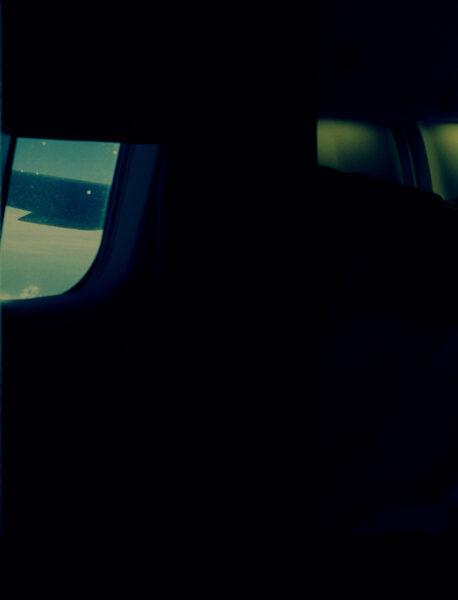
I have always been interested in the way our memory is tied to the landscape we occupy specially, when we are moving through in-between places. When I began this project, I was on a plane, flying between Japan and Europe, going to visit a loved one on the brink between life and death. My son was also about to be born during the same period. So, I began to reflect on this special dimension, suspended between water, sky and earth, as if, in flight, one could experience a new view of the world, observing and greeting life, both for the first and last time.
-
Venise n’existe pas
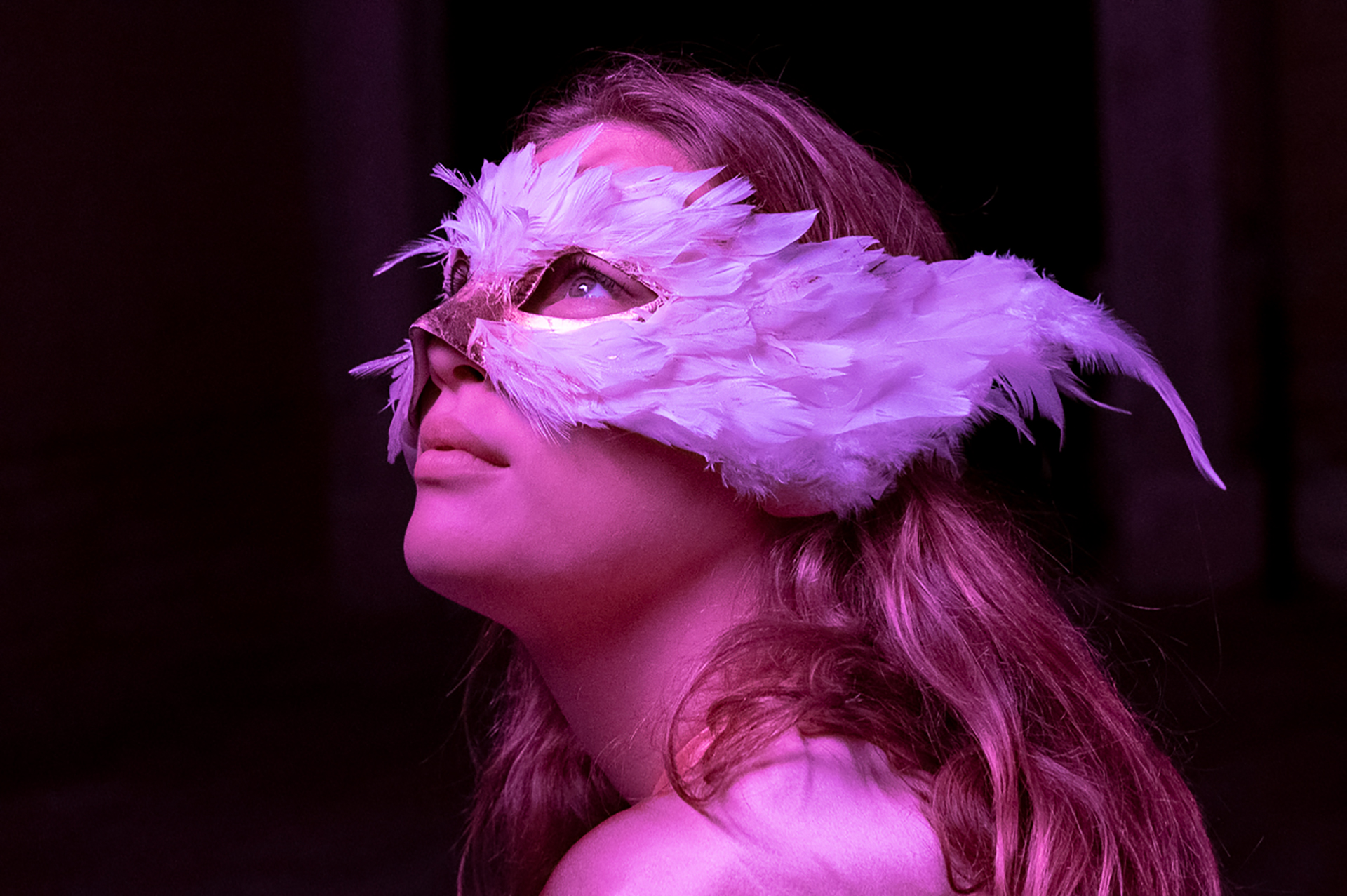
VENISE N`EXISTE PAS_Leo.Pellegatta©2020 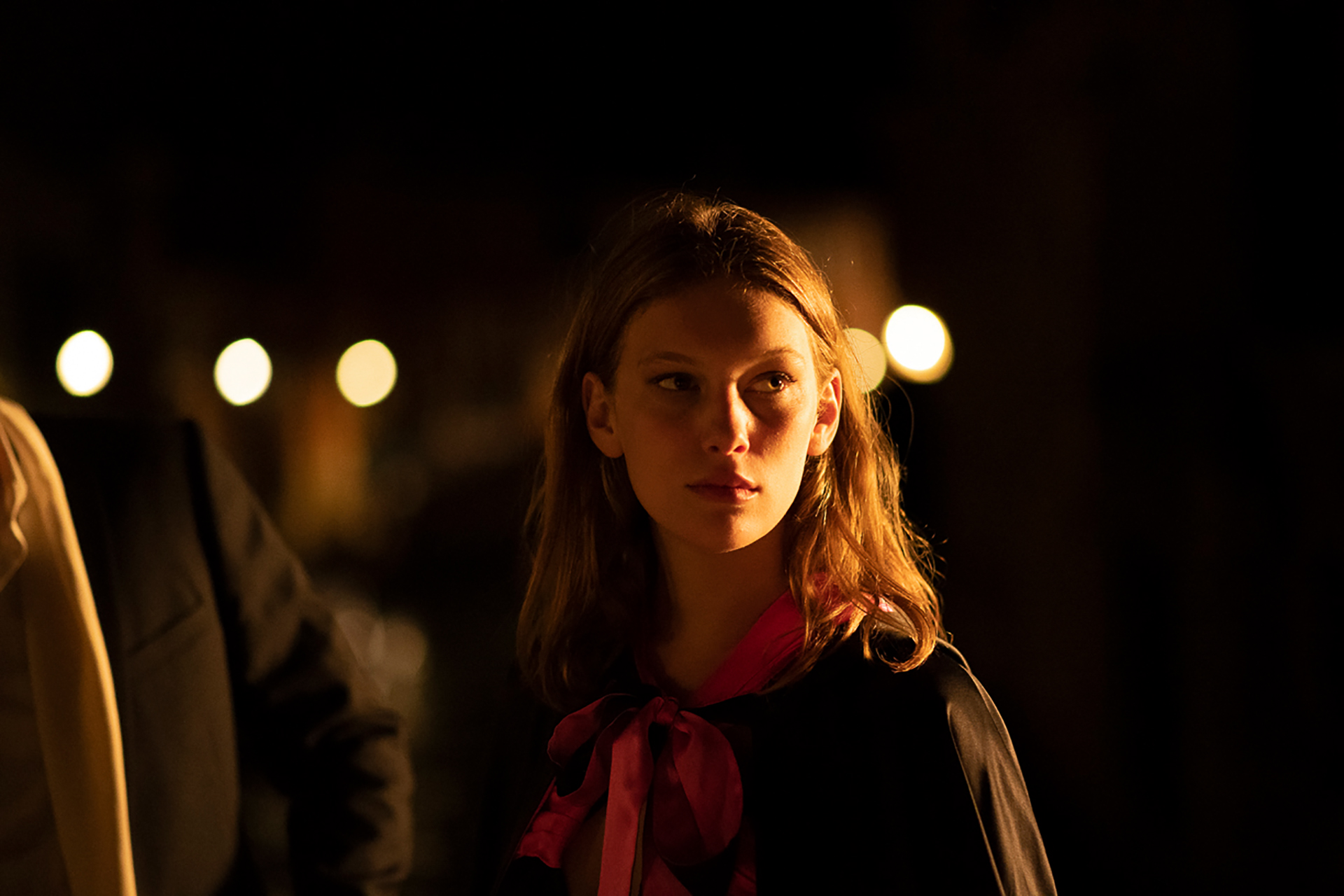
VENISE N`EXISTE PAS_Leo.Pellegatta©2020 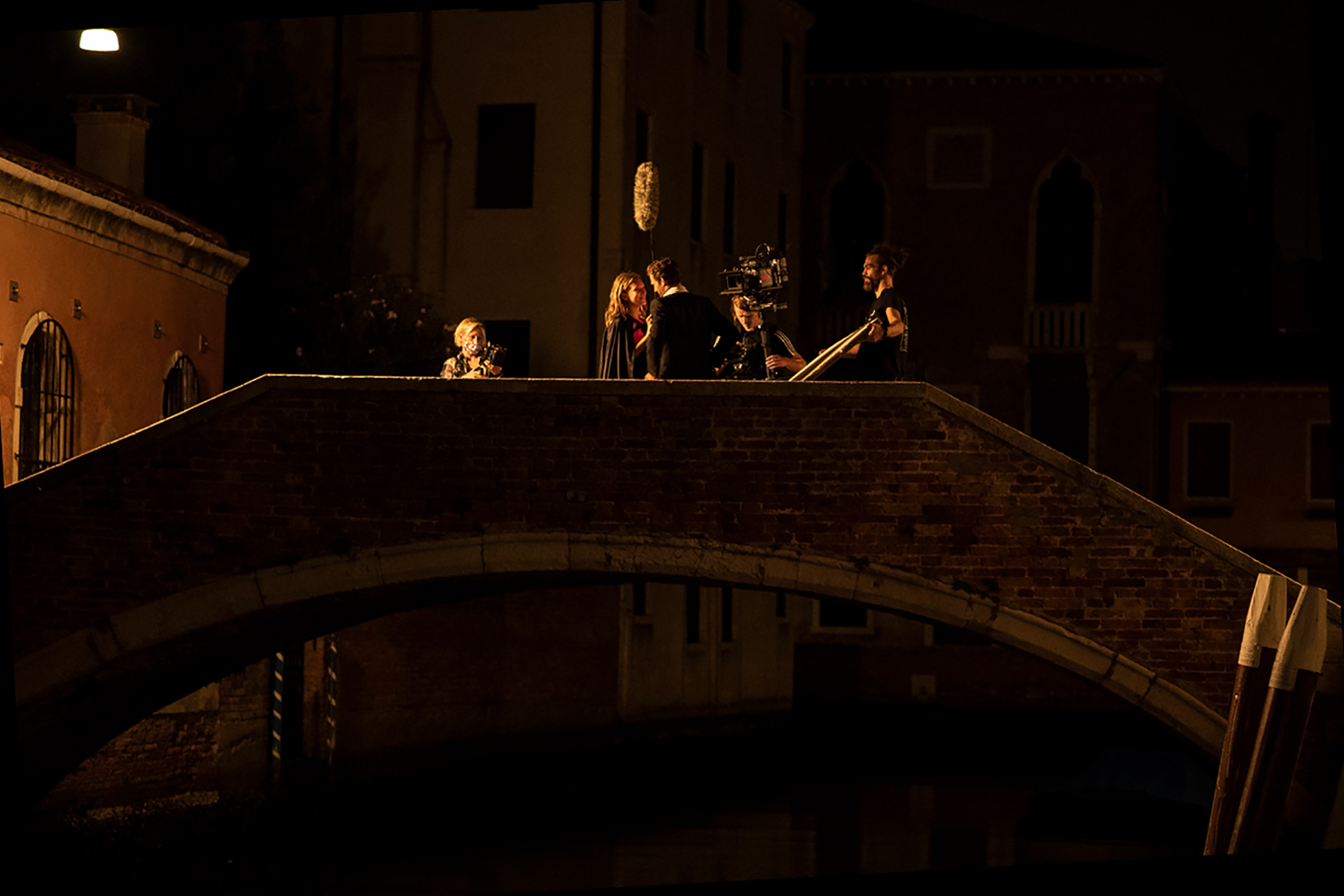
VENISE N`EXISTE PAS_Leo.Pellegatta©2020 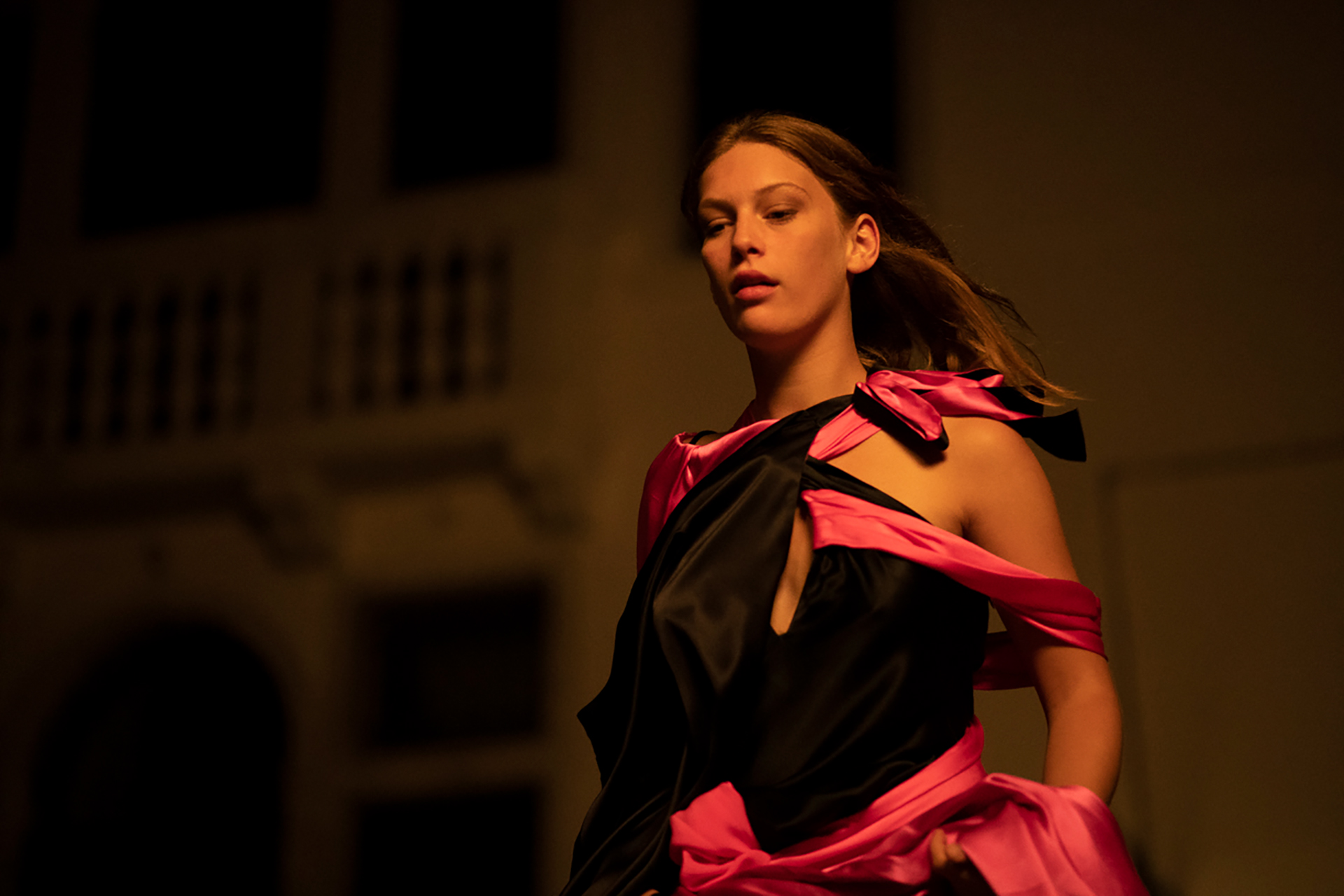
VENISE N`EXISTE PAS_Leo.Pellegatta©2020 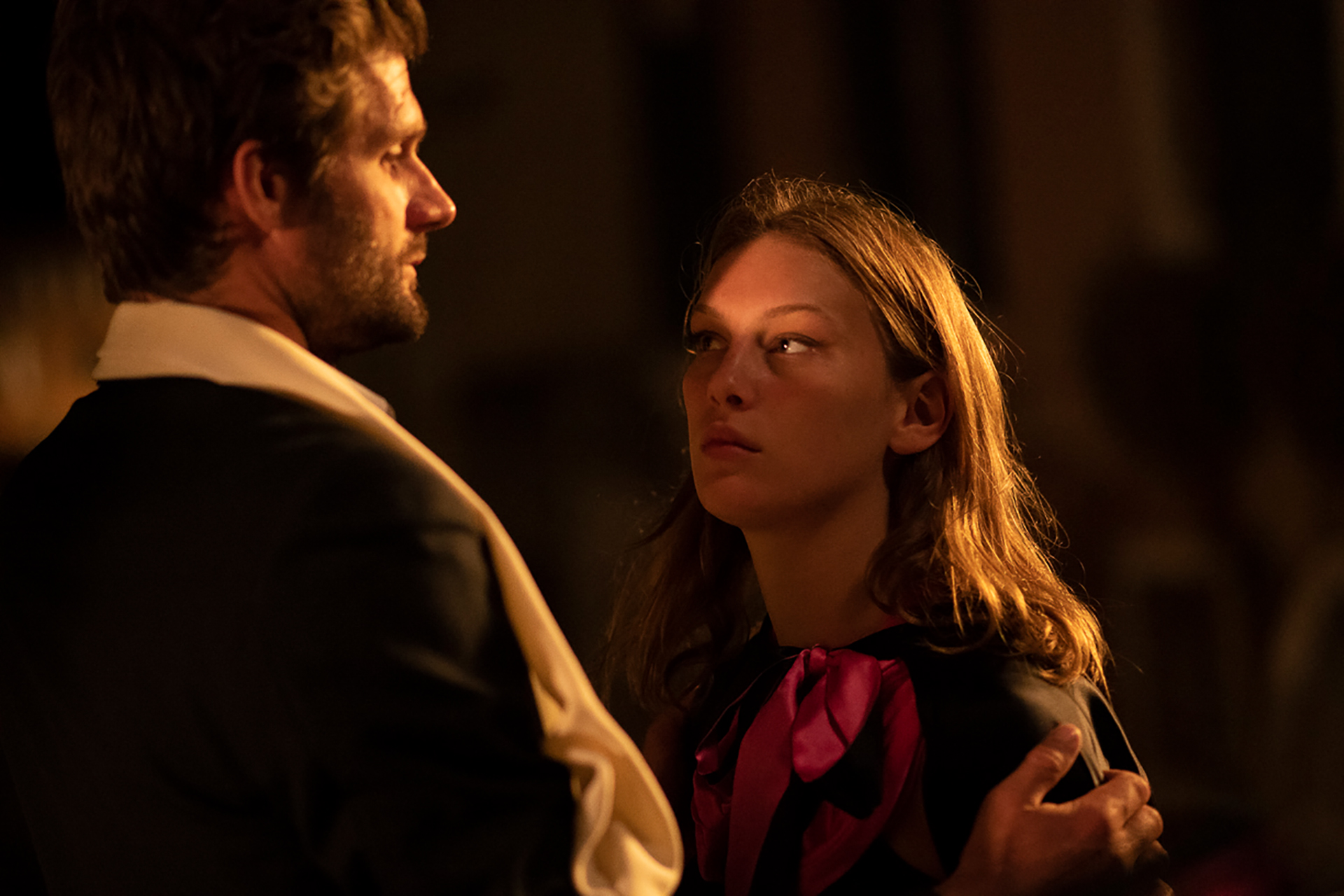
VENISE N`EXISTE PAS_Leo.Pellegatta©2020 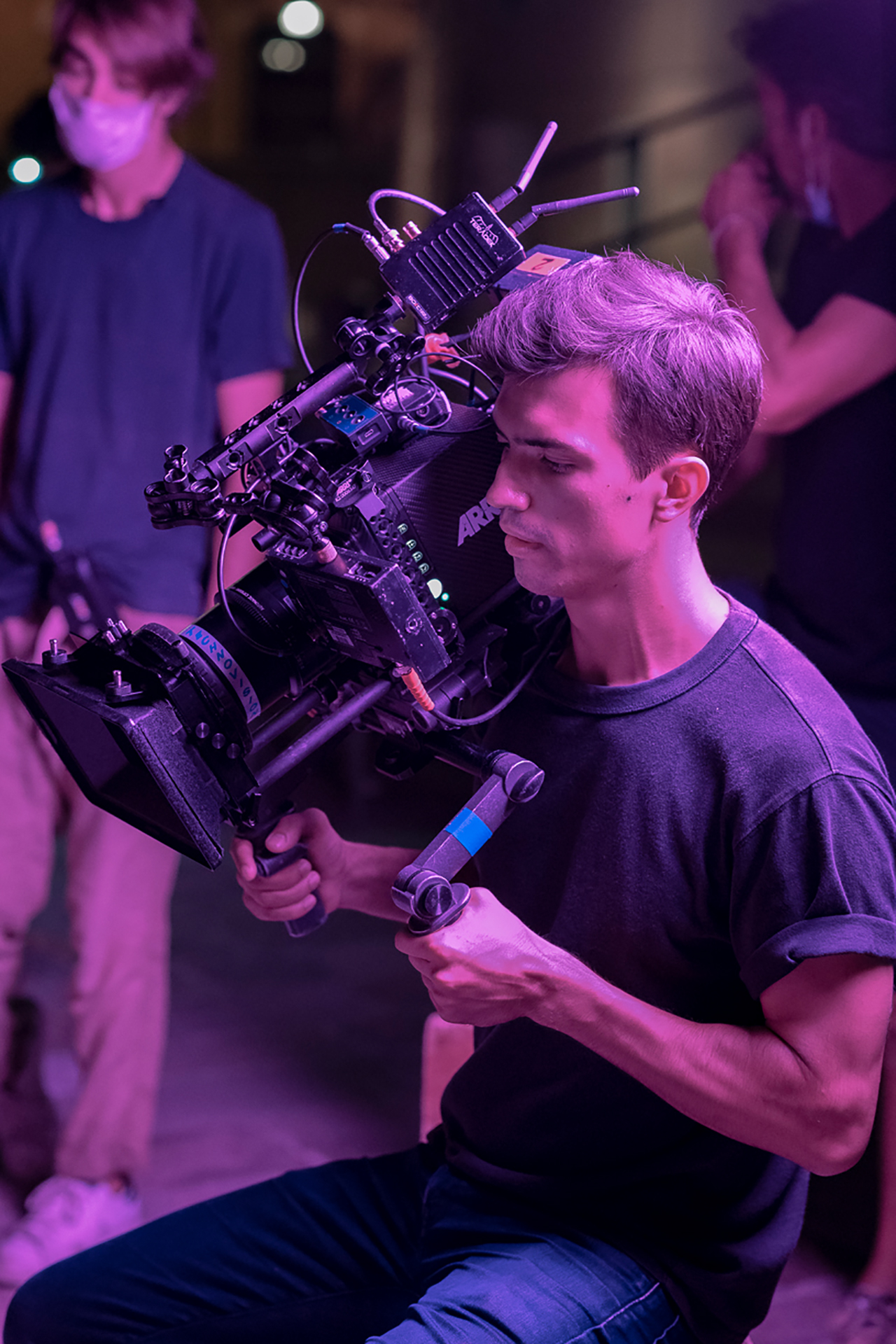
VENISE N`EXISTE PAS_Leo.Pellegatta©2020 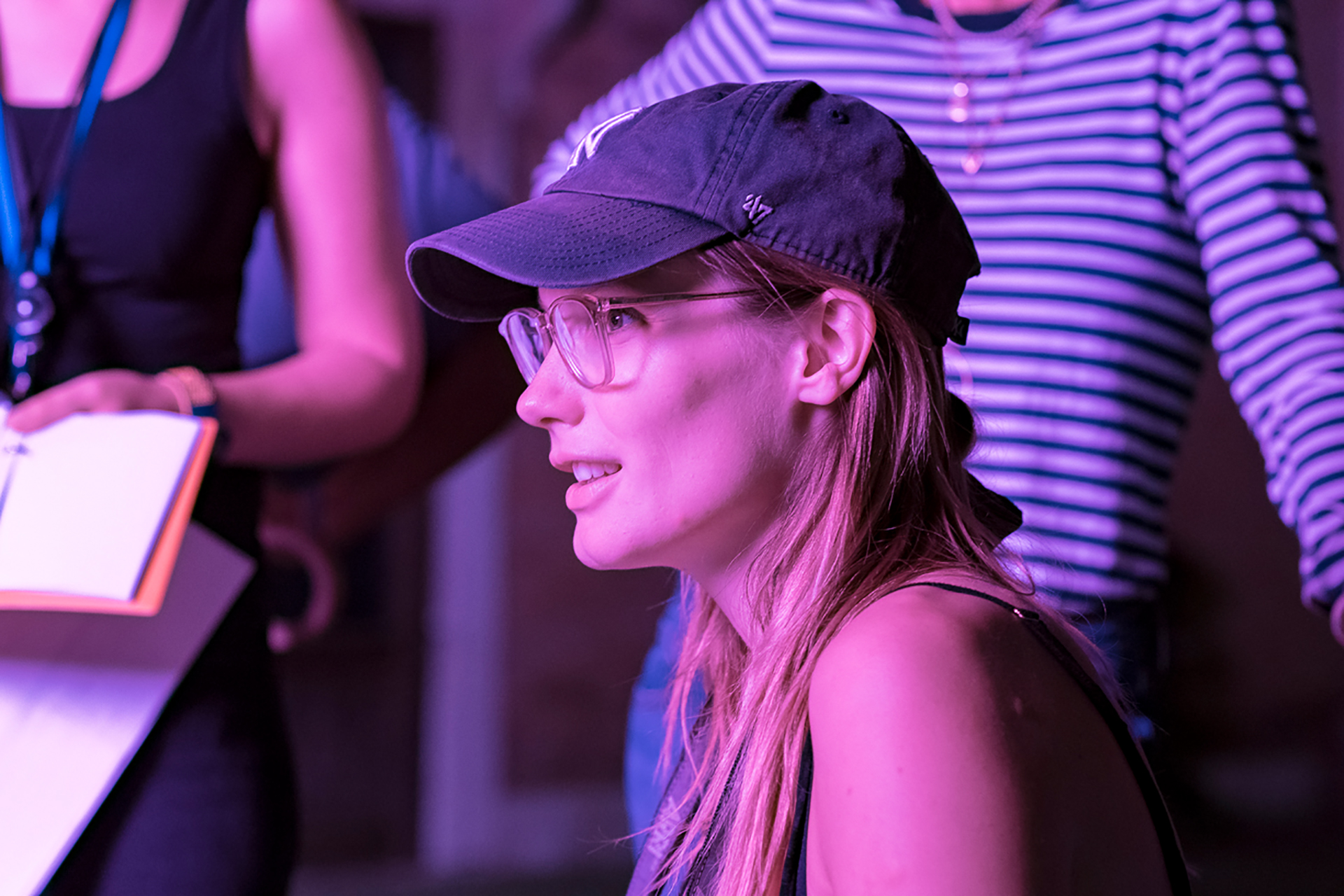
VENISE N`EXISTE PAS_Leo.Pellegatta©2020 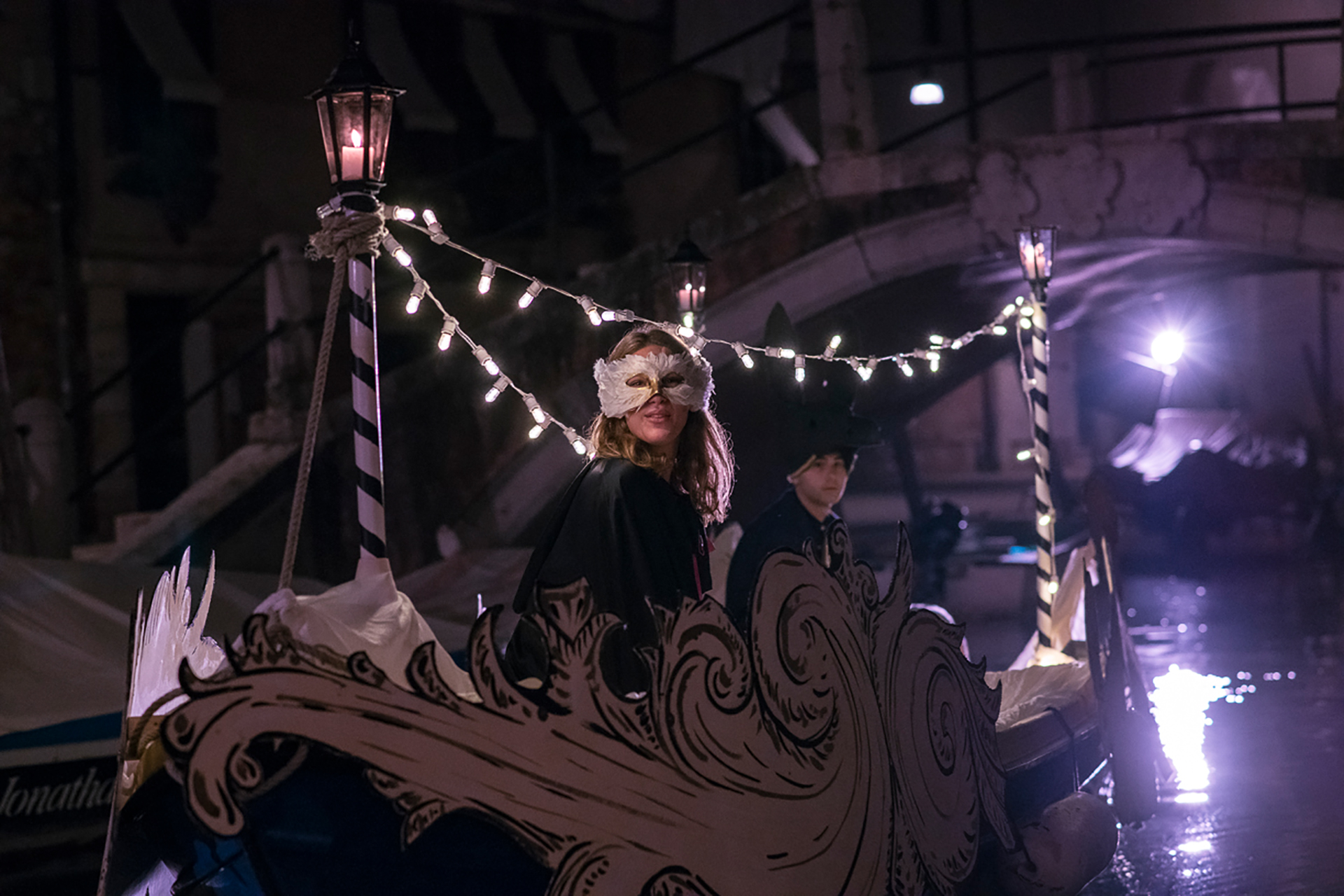
VENISE N`EXISTE PAS_Leo.Pellegatta©2020 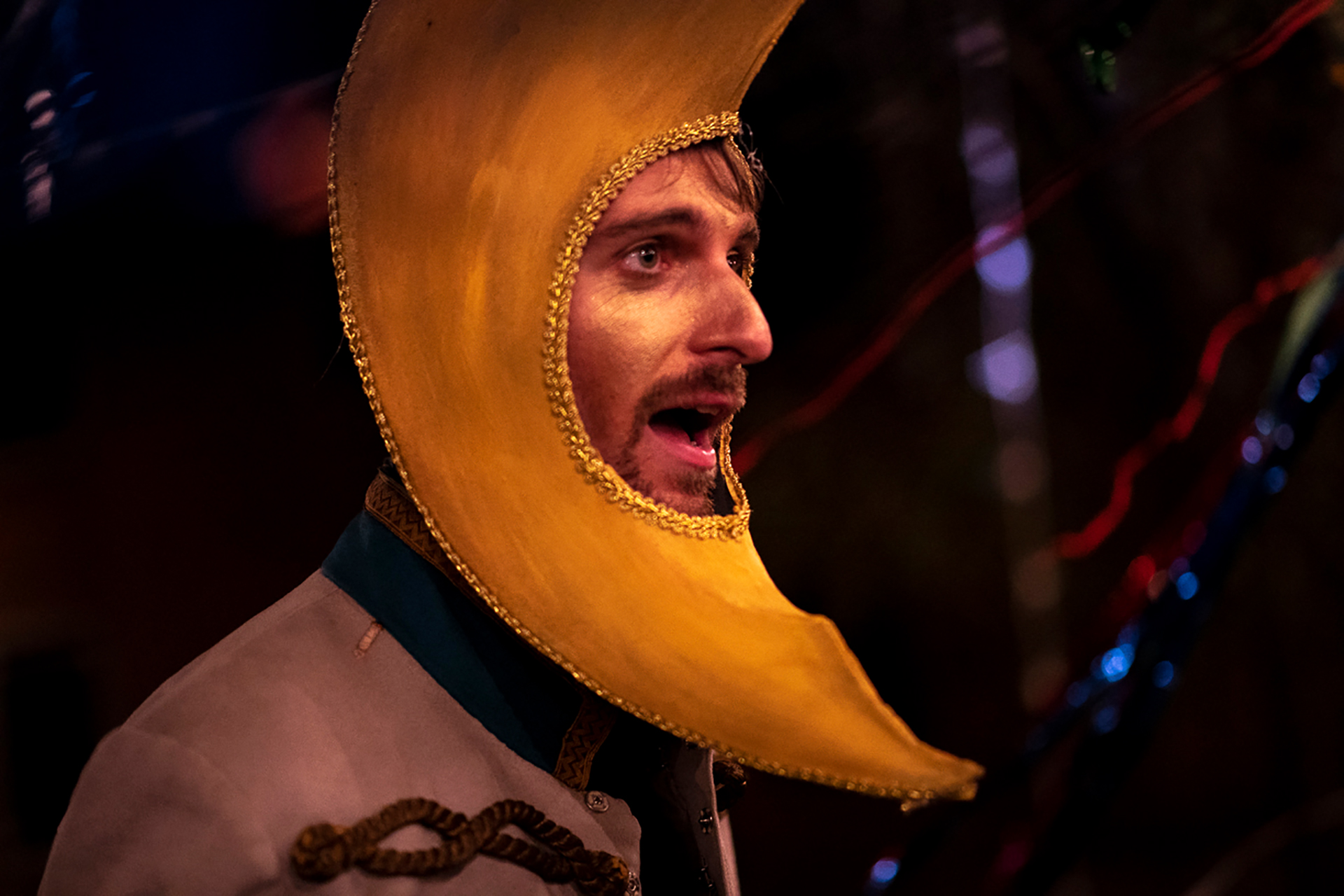
VENISE N`EXISTE PAS_Leo.Pellegatta©2020 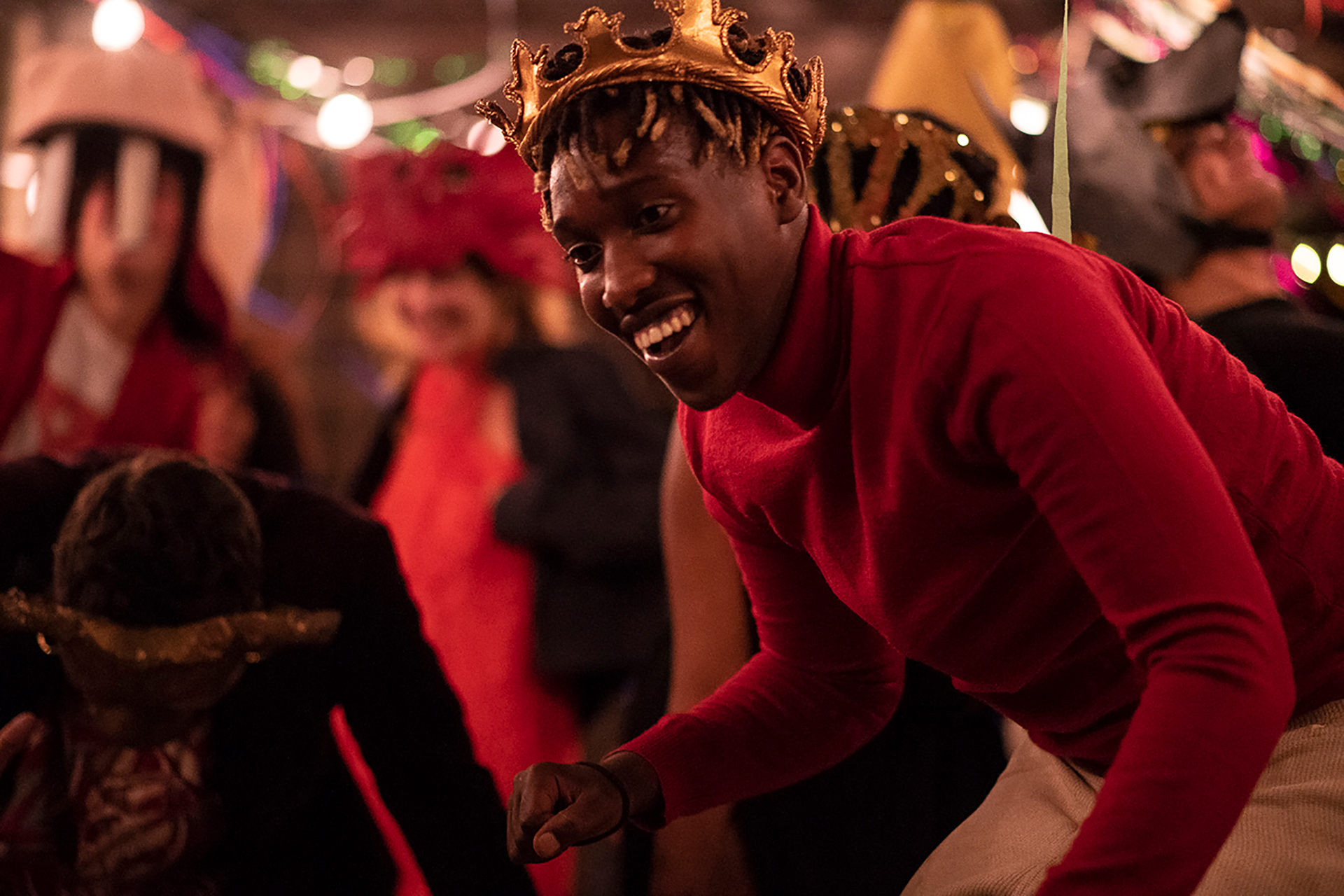
VENISE N`EXISTE PAS_Leo.Pellegatta©2020 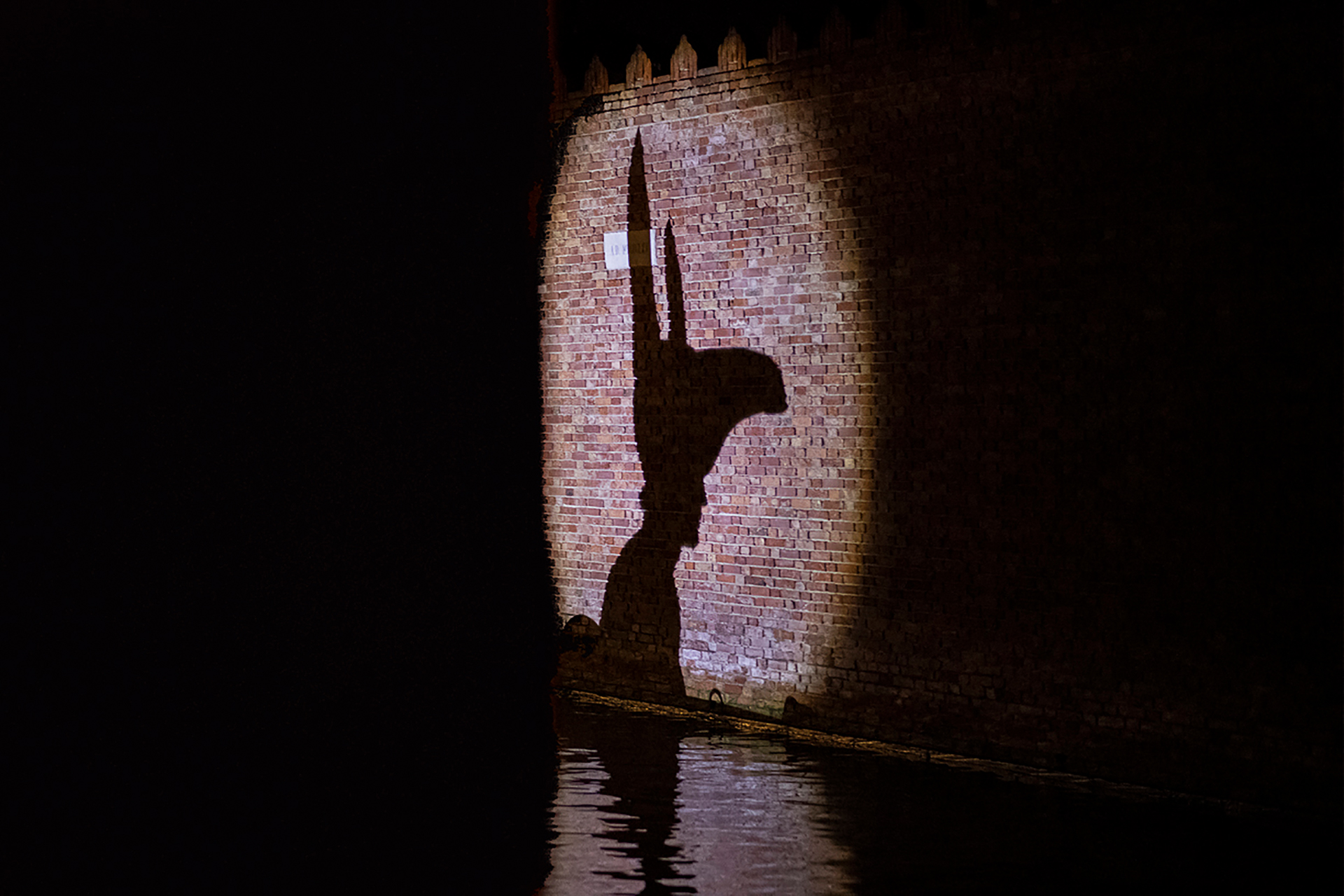
VENISE N`EXISTE PAS_Leo.Pellegatta©2020 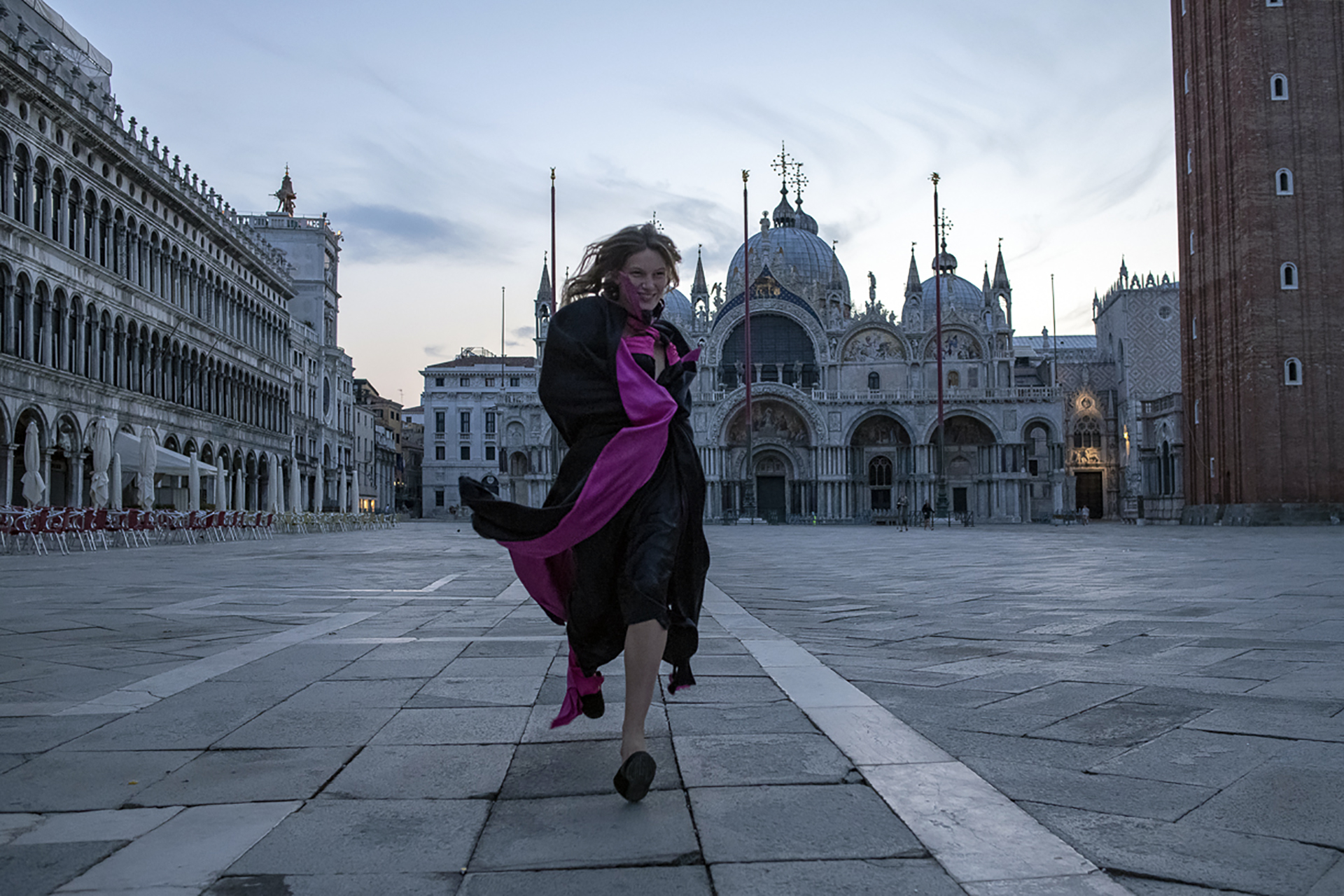
VENISE N`EXISTE PAS_Leo.Pellegatta©2020 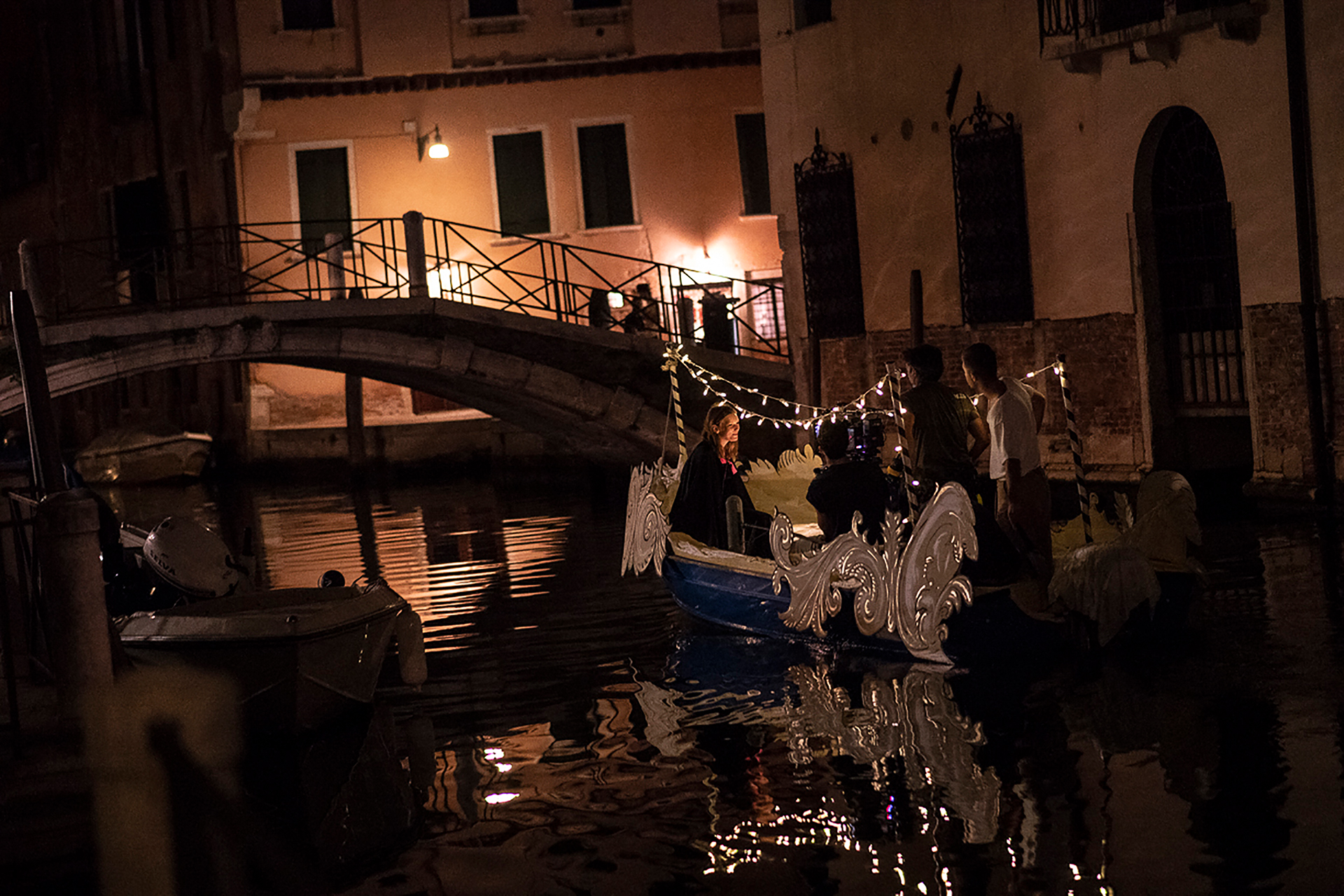
VENISE N`EXISTE PAS_Leo.Pellegatta©2020 
VENISE N`EXISTE PAS_Leo.Pellegatta©2020 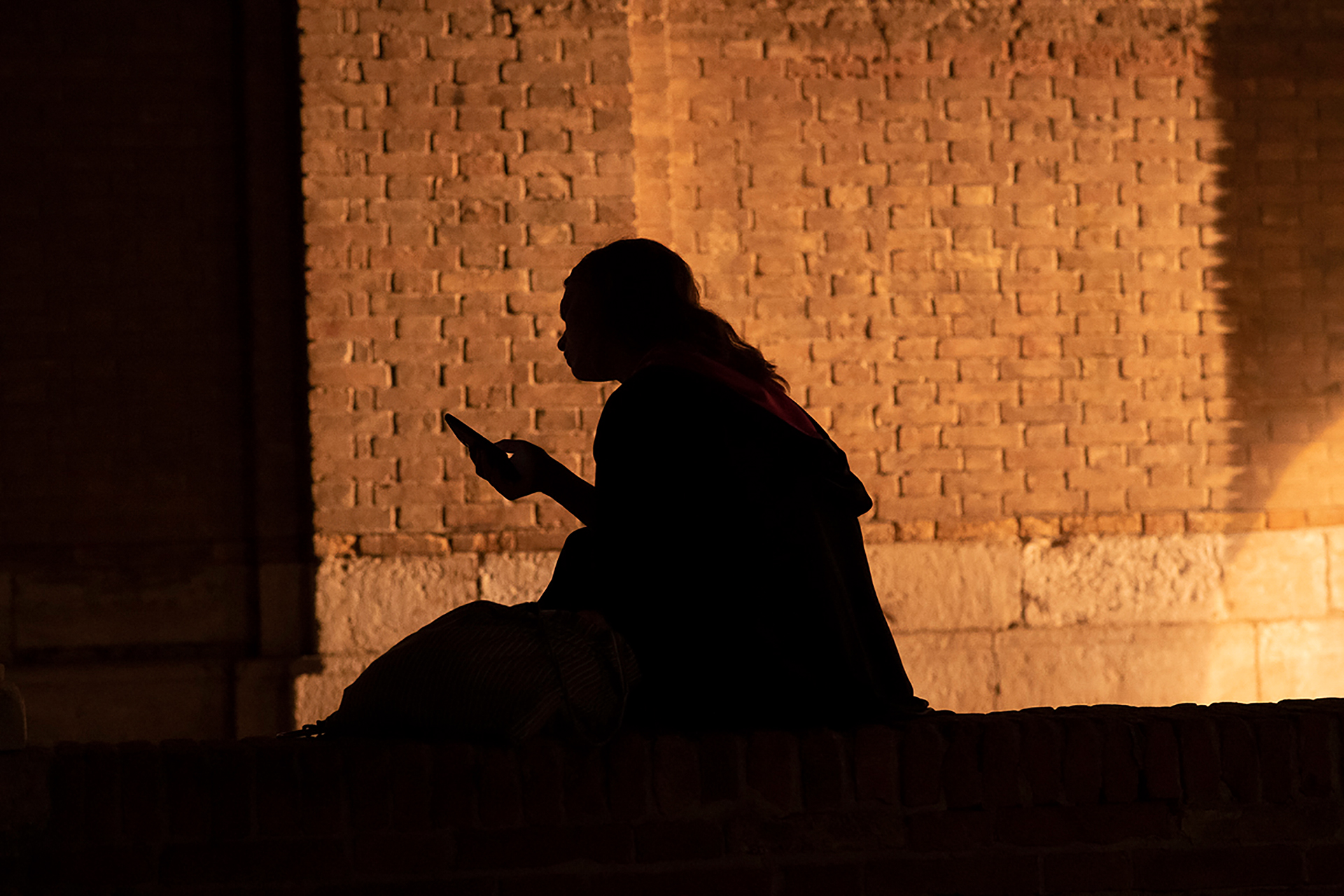
VENISE N`EXISTE PAS_Leo.Pellegatta©2020 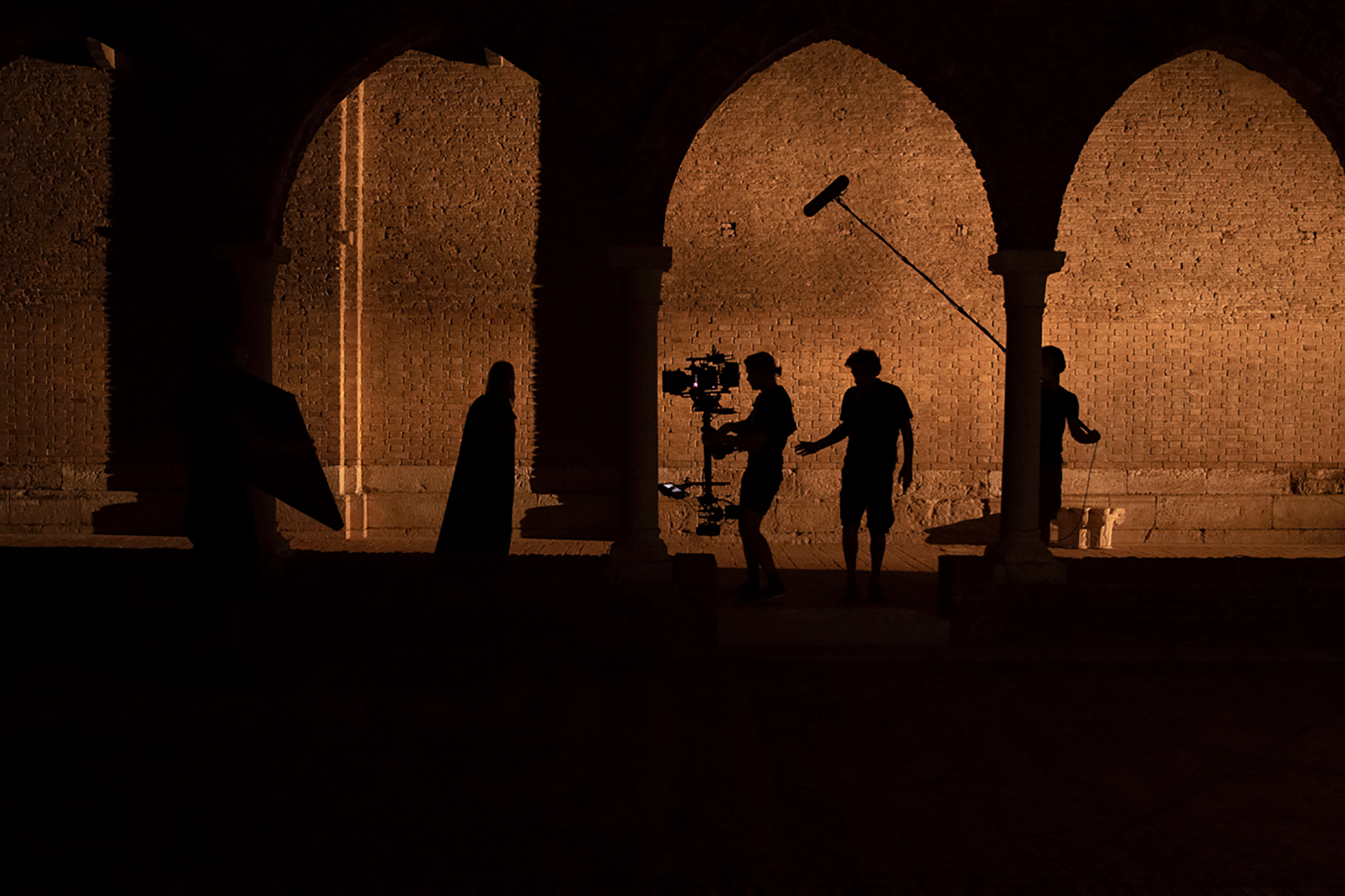
VENISE N`EXISTE PAS_Leo.Pellegatta©2020 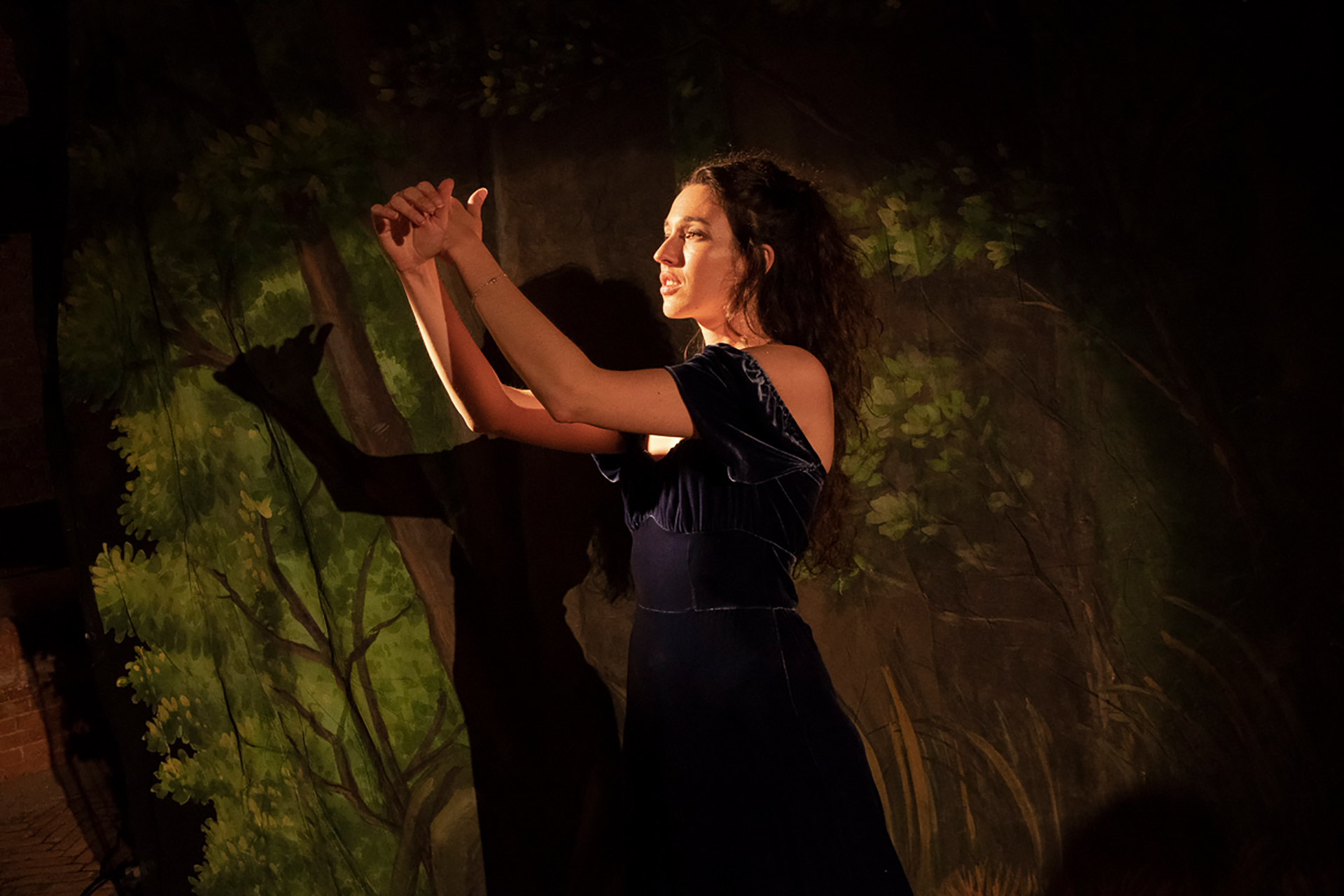
VENISE N`EXISTE PAS_Leo.Pellegatta©2020 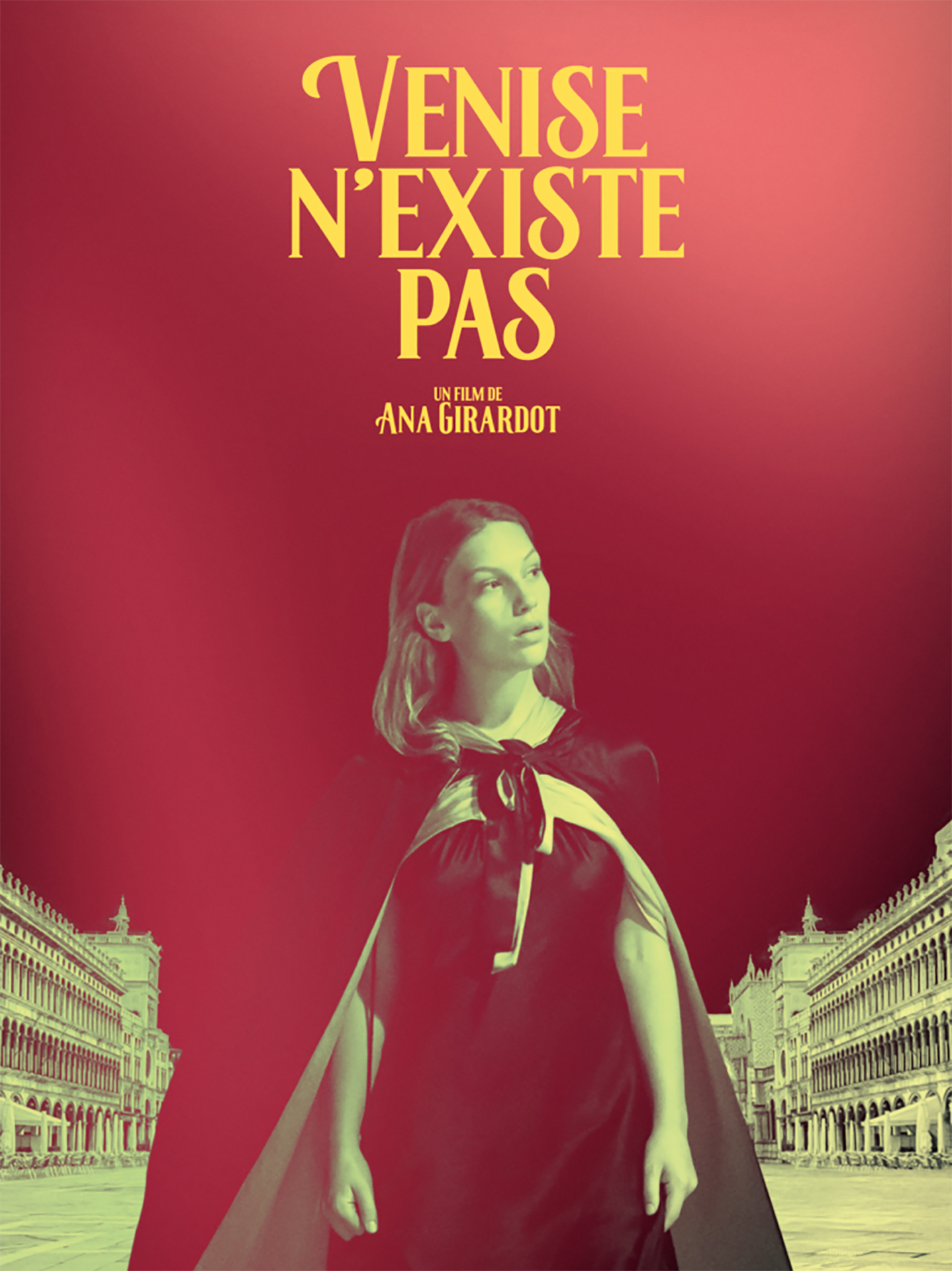
Still photography on the set of “Venise n`existe pas” .
A film by Ana Girardot with Lou Lampros, Alexcis Michalik, Arturo Giusi, Isabel OteroProduction: Octopolis, Mémo Film, Wisepictures
2020 | 17min | France | Drama
The film was shot in the magic setting of a desert Venice for 4 white nights in a raw.
Synopsis:
Venice, a special evening. Louise is convinced that Charles will finally ask her to marry him. But things don’t always go as you imagined and so – As walking through the mirror of her own dream, Louise gets lost in the night of Venice, a very different Venice from what she had imagined and, thanks to the meeting with Giacomo, she discovers a new version of herself.
-
Faou & Mariko Mori







Beretta overview
-
Terra Events
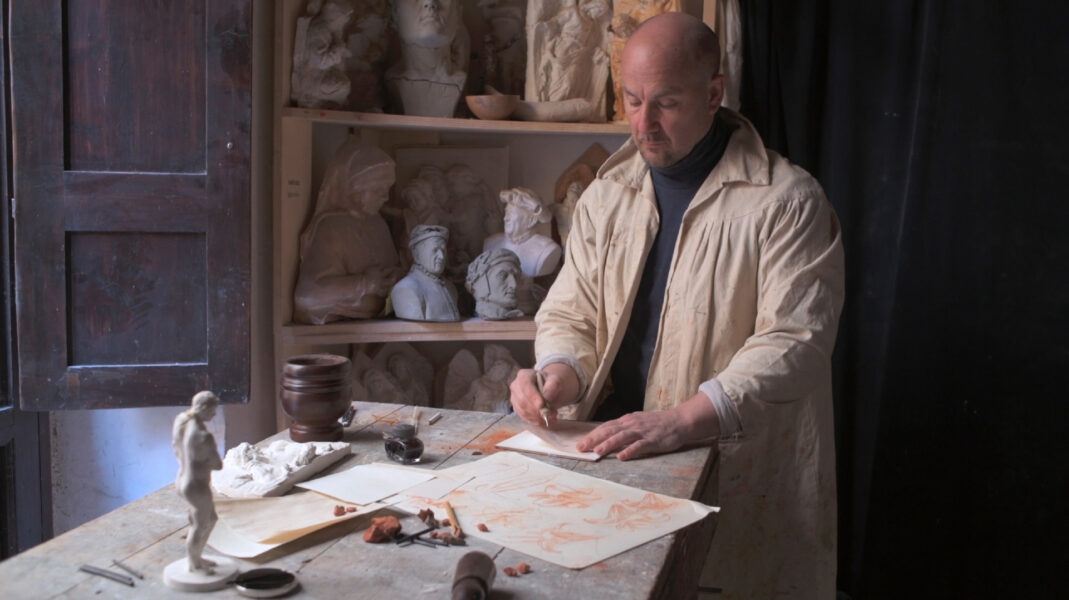

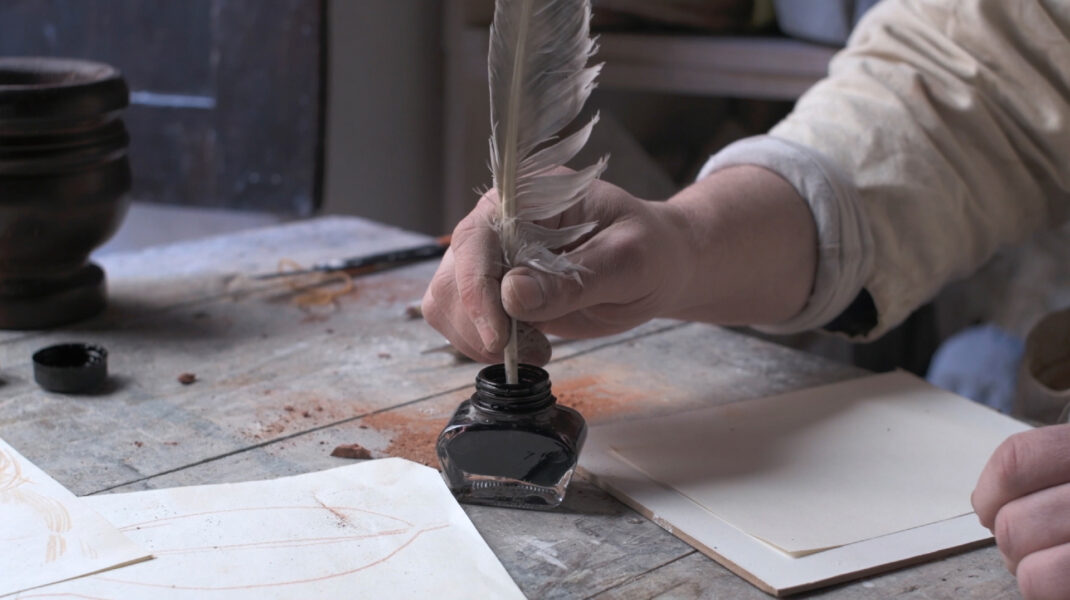
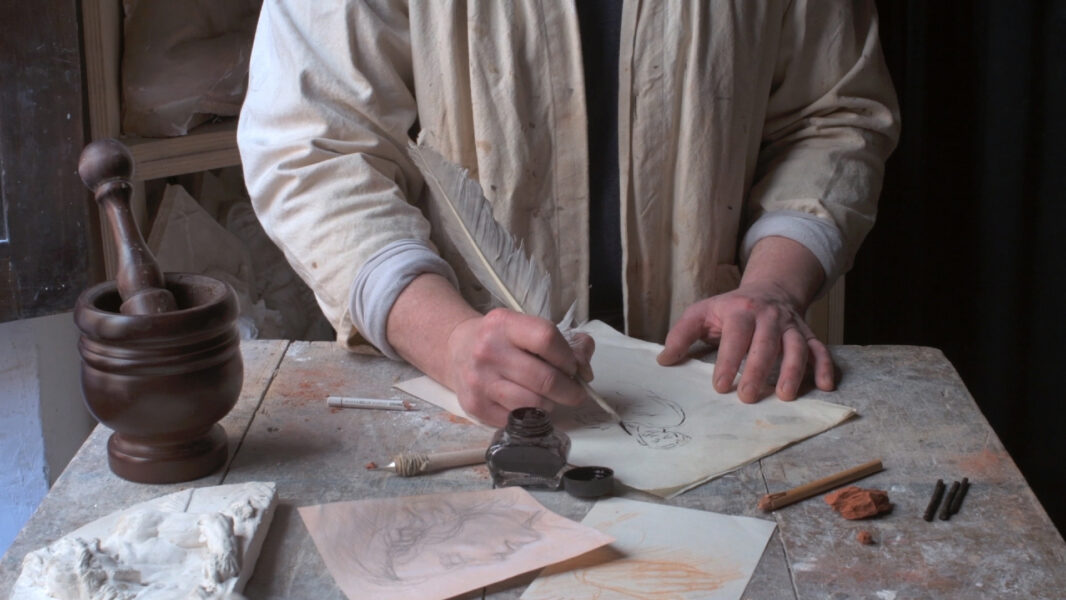
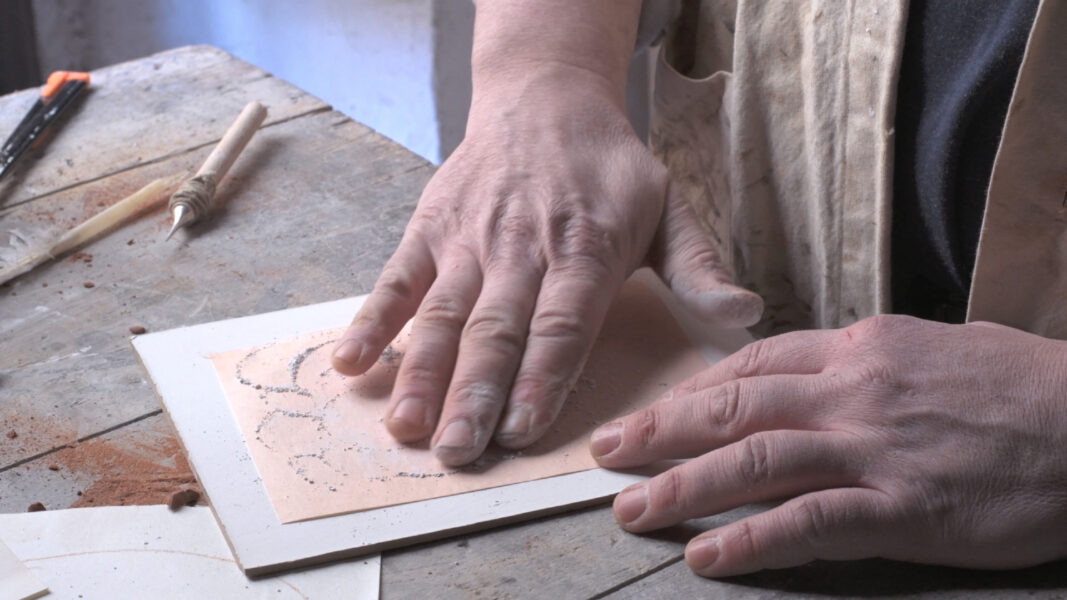
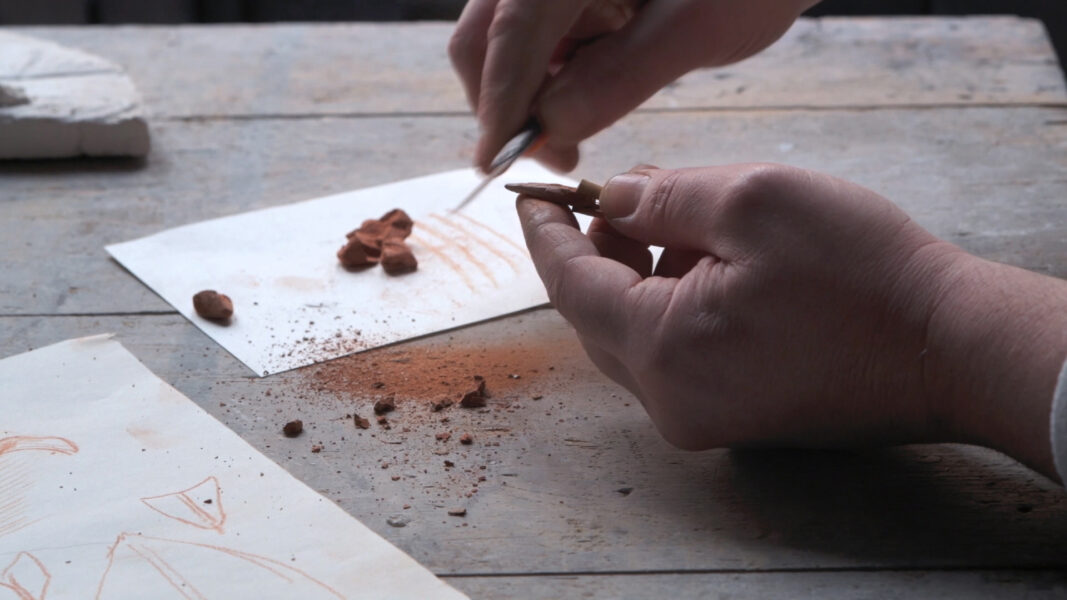


Beretta overview
-
Milan Design Week
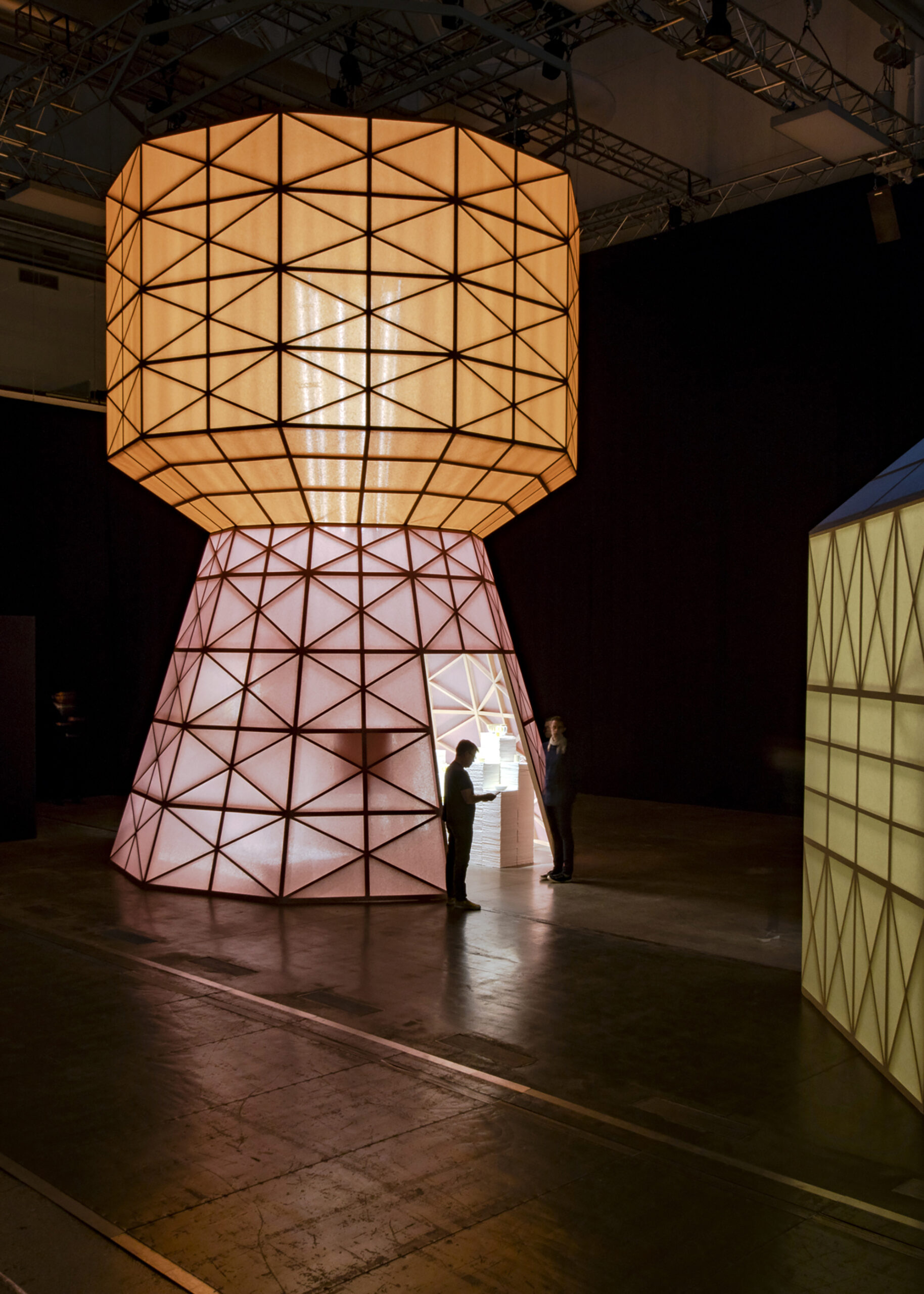
Hermès Maison_Pelota, Brera
Milan Design Week / Salone del Mobile 2022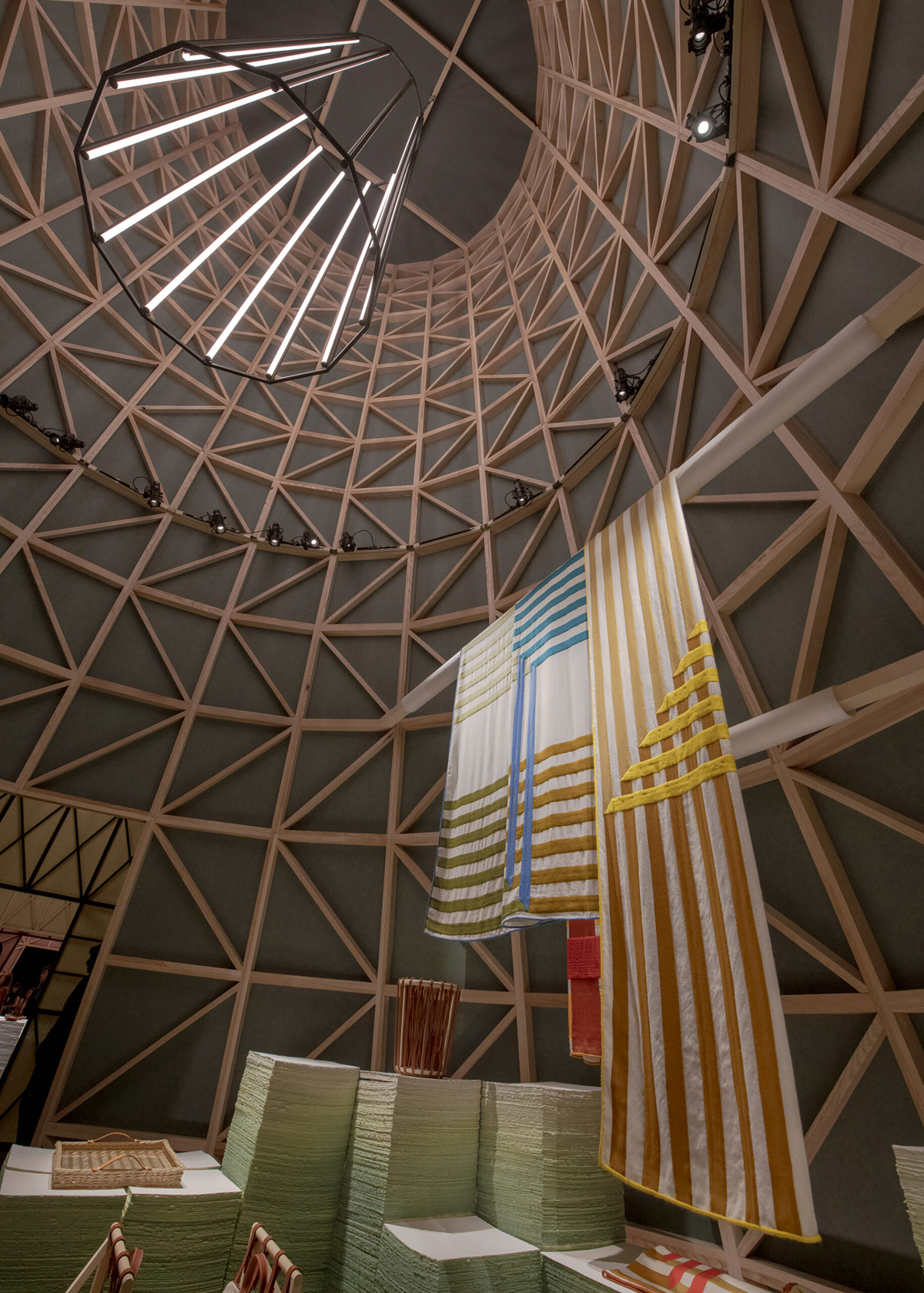
Hermès Maison_Pelota, Brera
Milan Design Week / Salone del Mobile 2022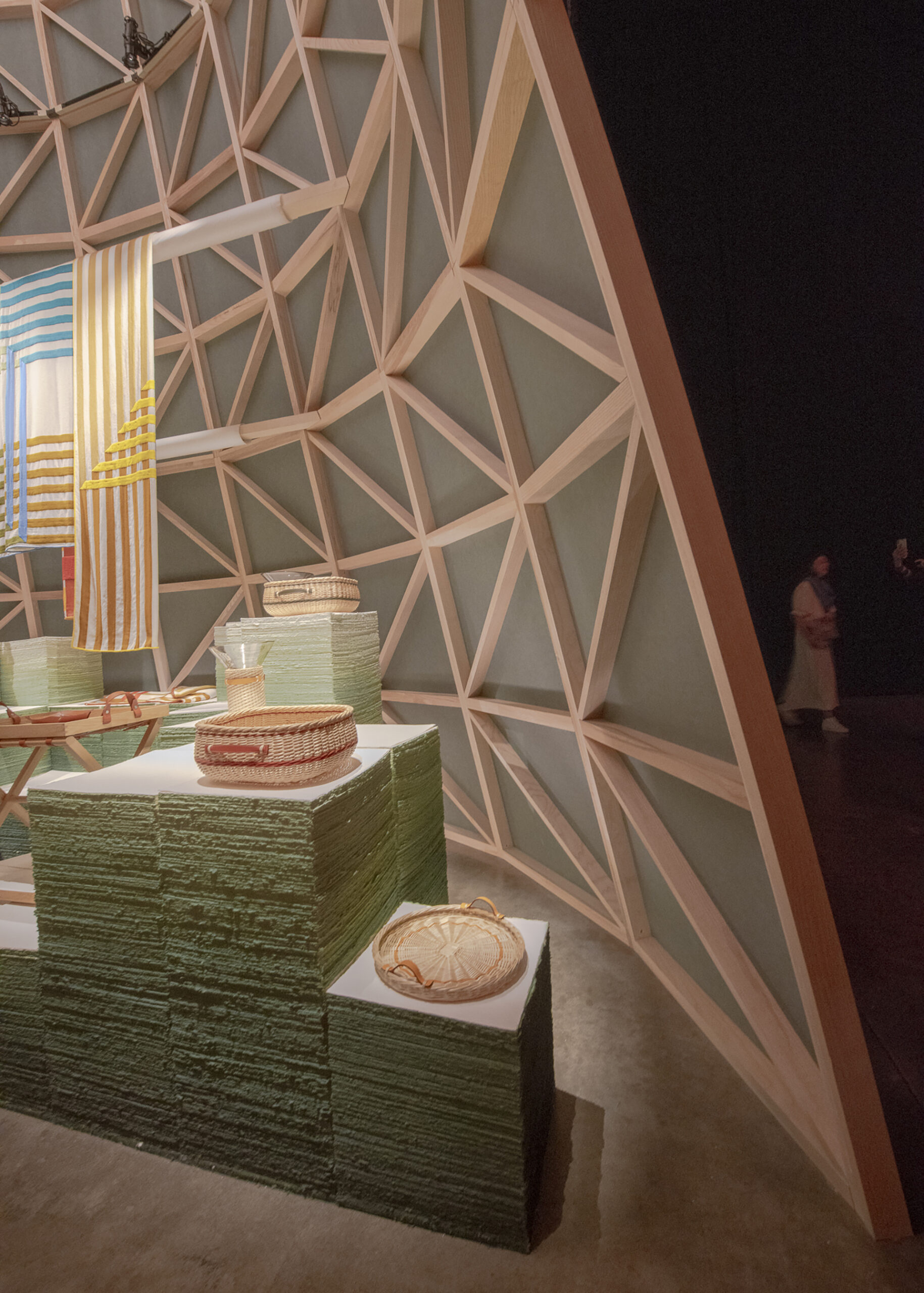
Hermès Maison_Pelota, Brera
Milan Design Week / Salone del Mobile 2022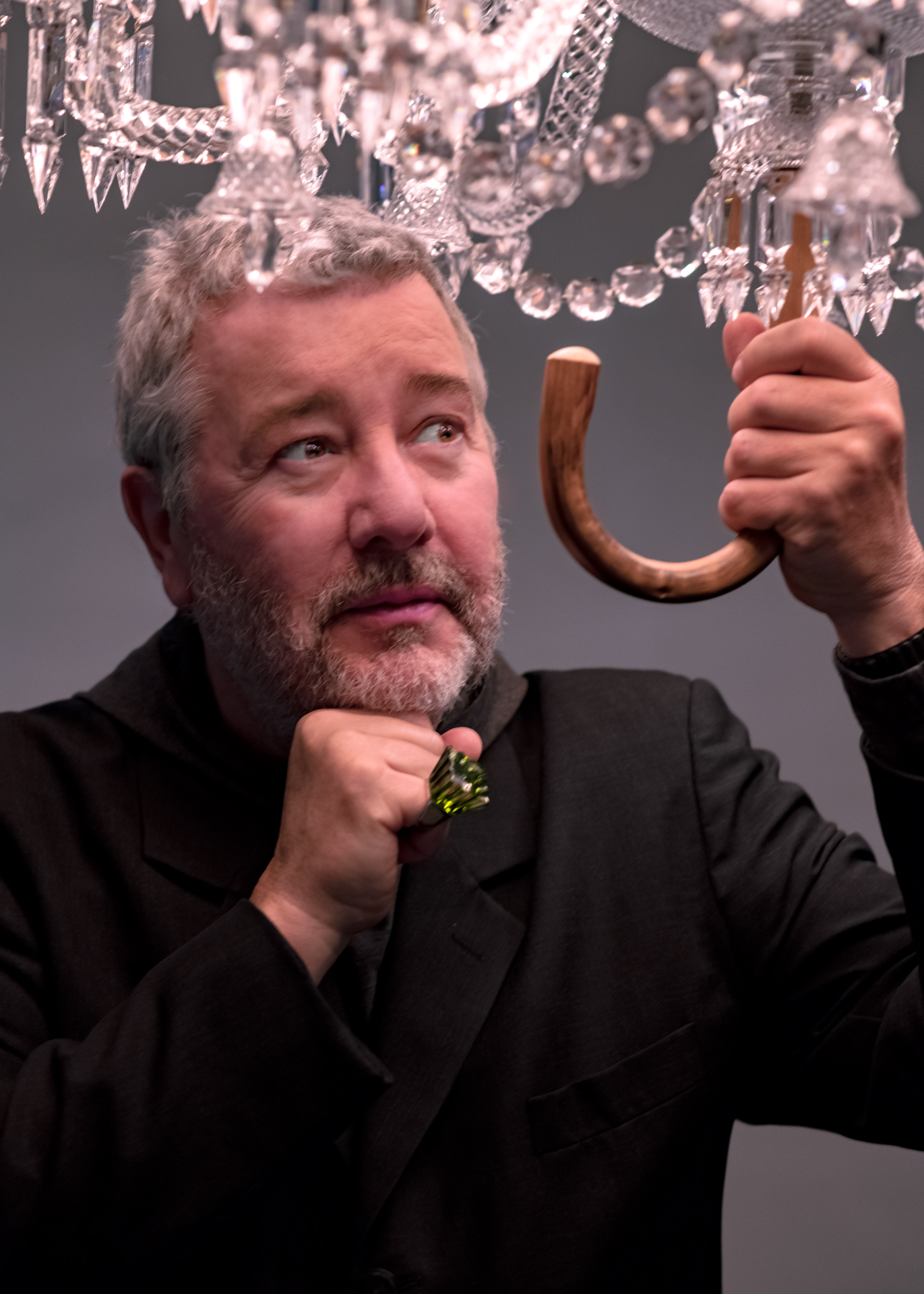
Philippe STARCK for Baccarat
Milan Design Week / Salone del Mobile 2022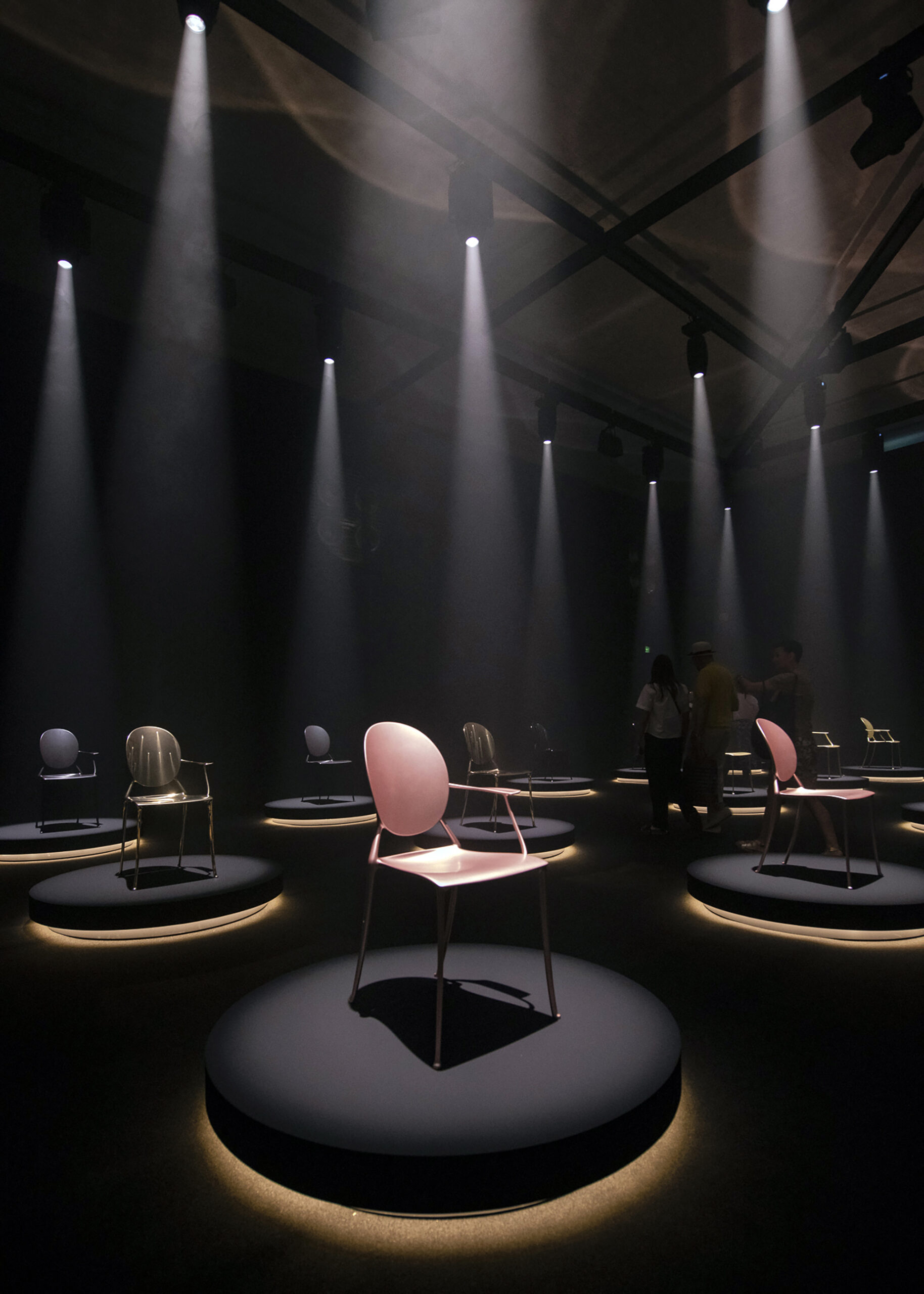
Dior by Stark – Palazzo Citterio_Brera
Milan Design Week / Salone del Mobile 2022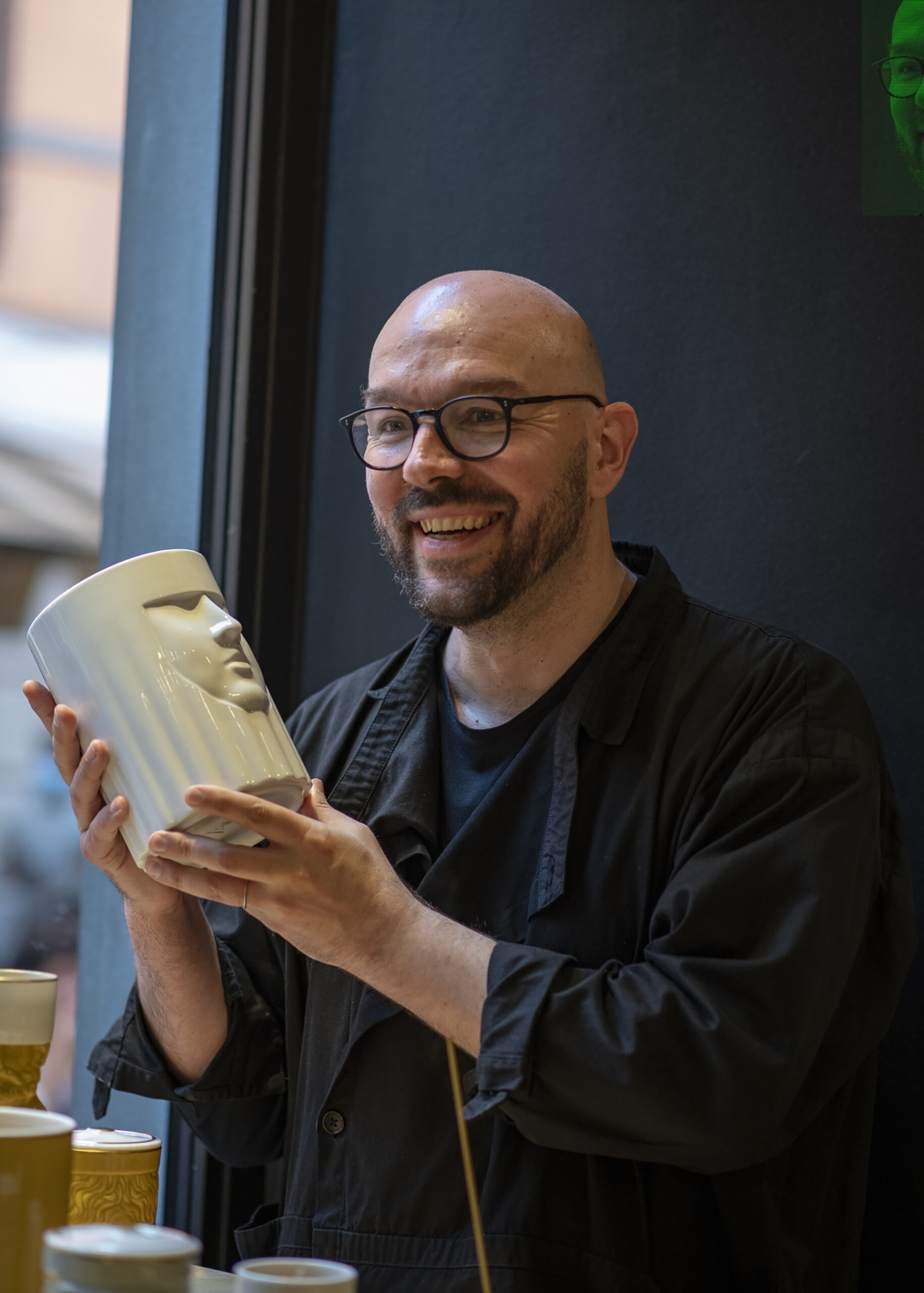
Ginori 1735_Luca Nichetto
Brera Design Week / Salone del Mobile 2022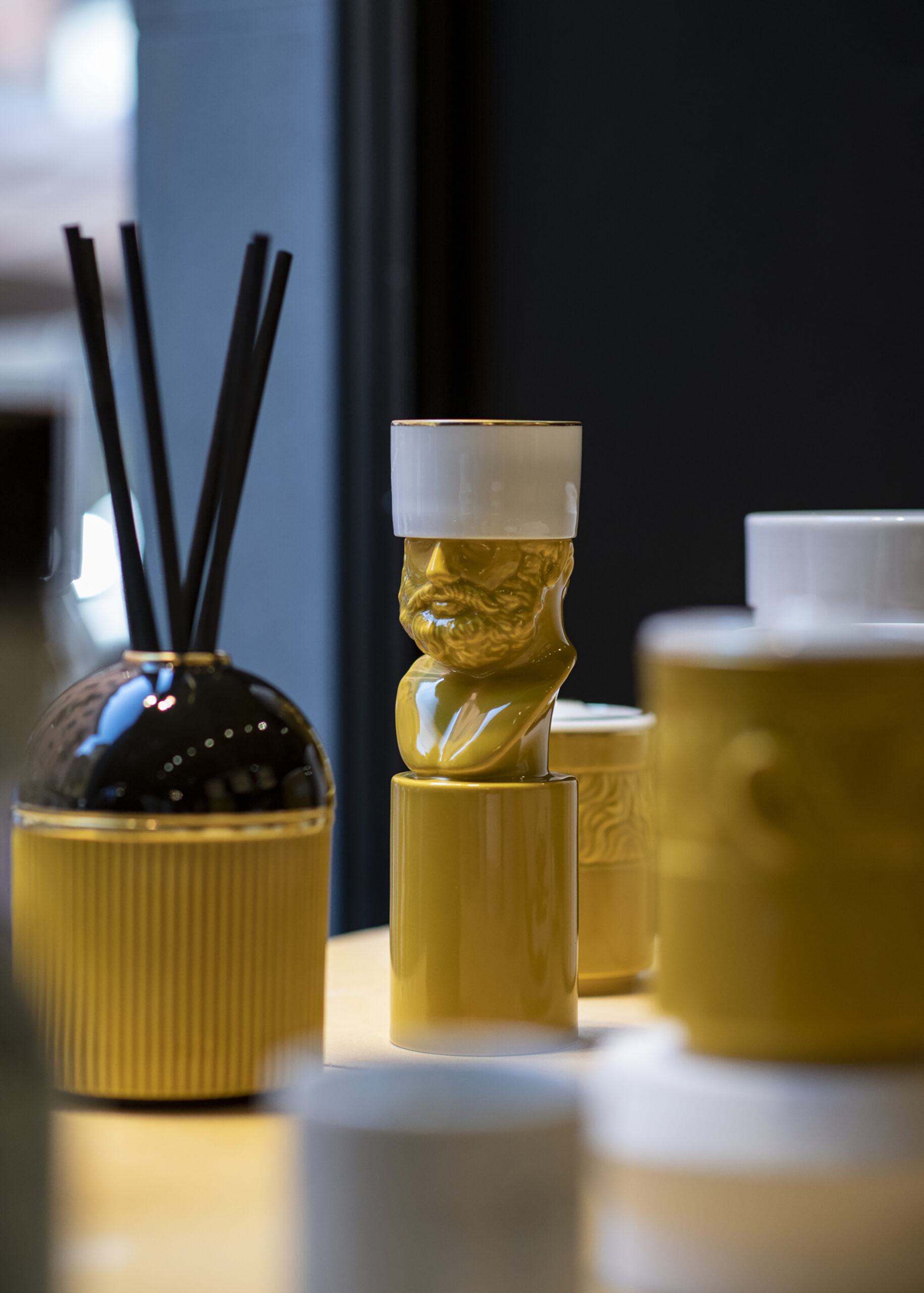
GINORI 1735_Luca Nichetto
Brera Design Week / Salone del Mobile 2022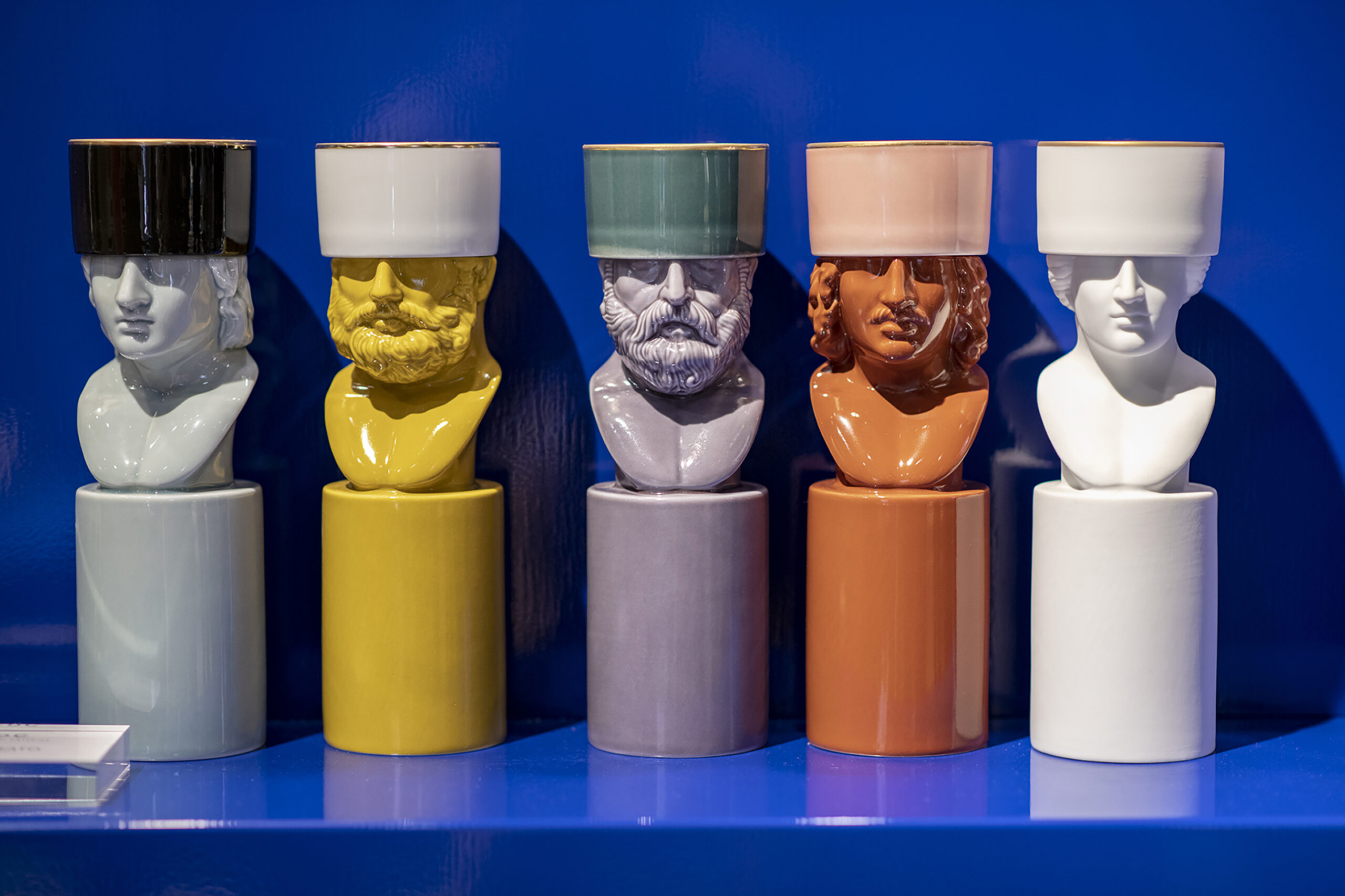
Ginori 1735_Luca Nichetto
Brera Design Week / Salone del Mobile 2022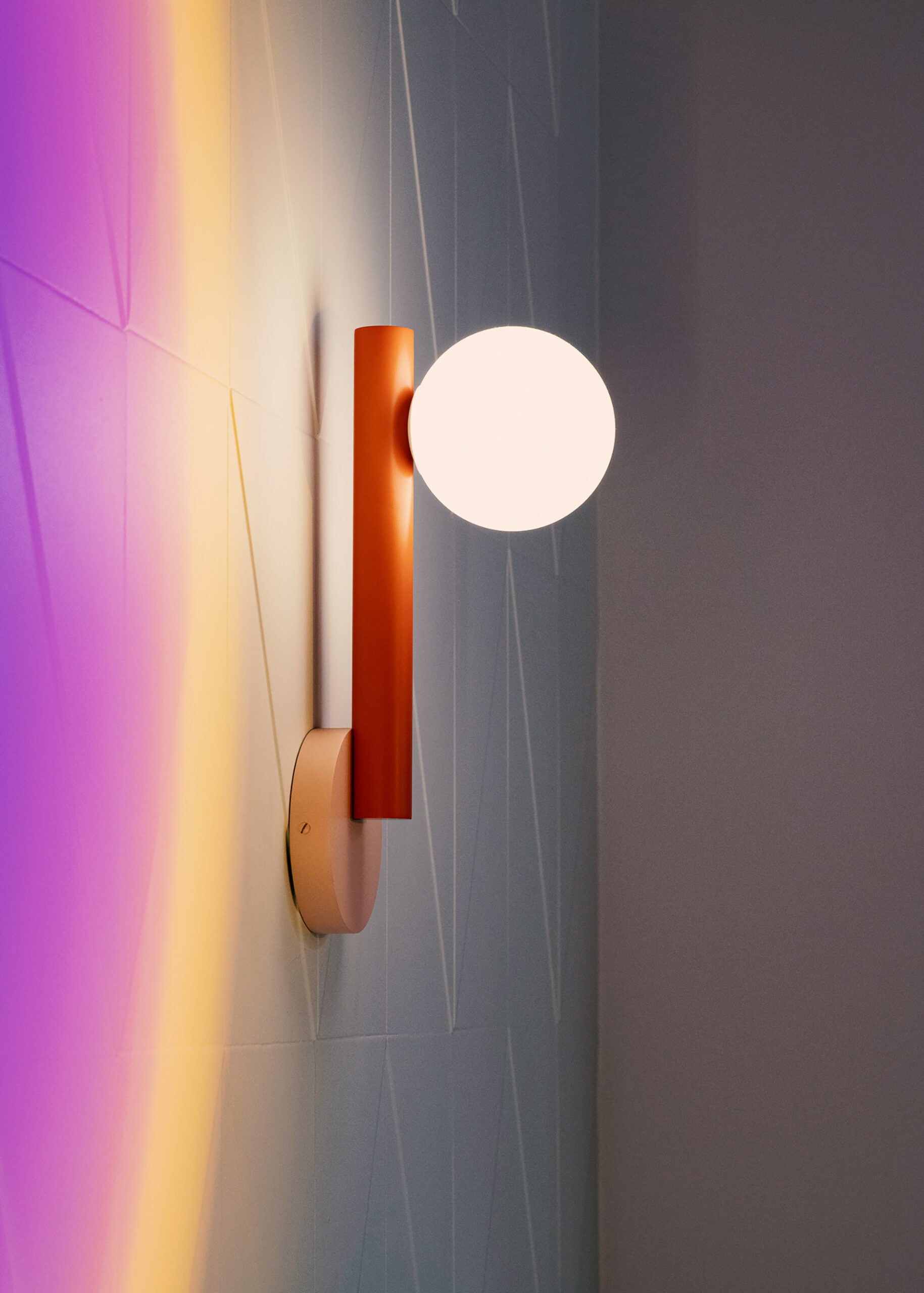
Elisa Ossino_Apartment Brera
Milan Design Week / Salone del Mobile 2022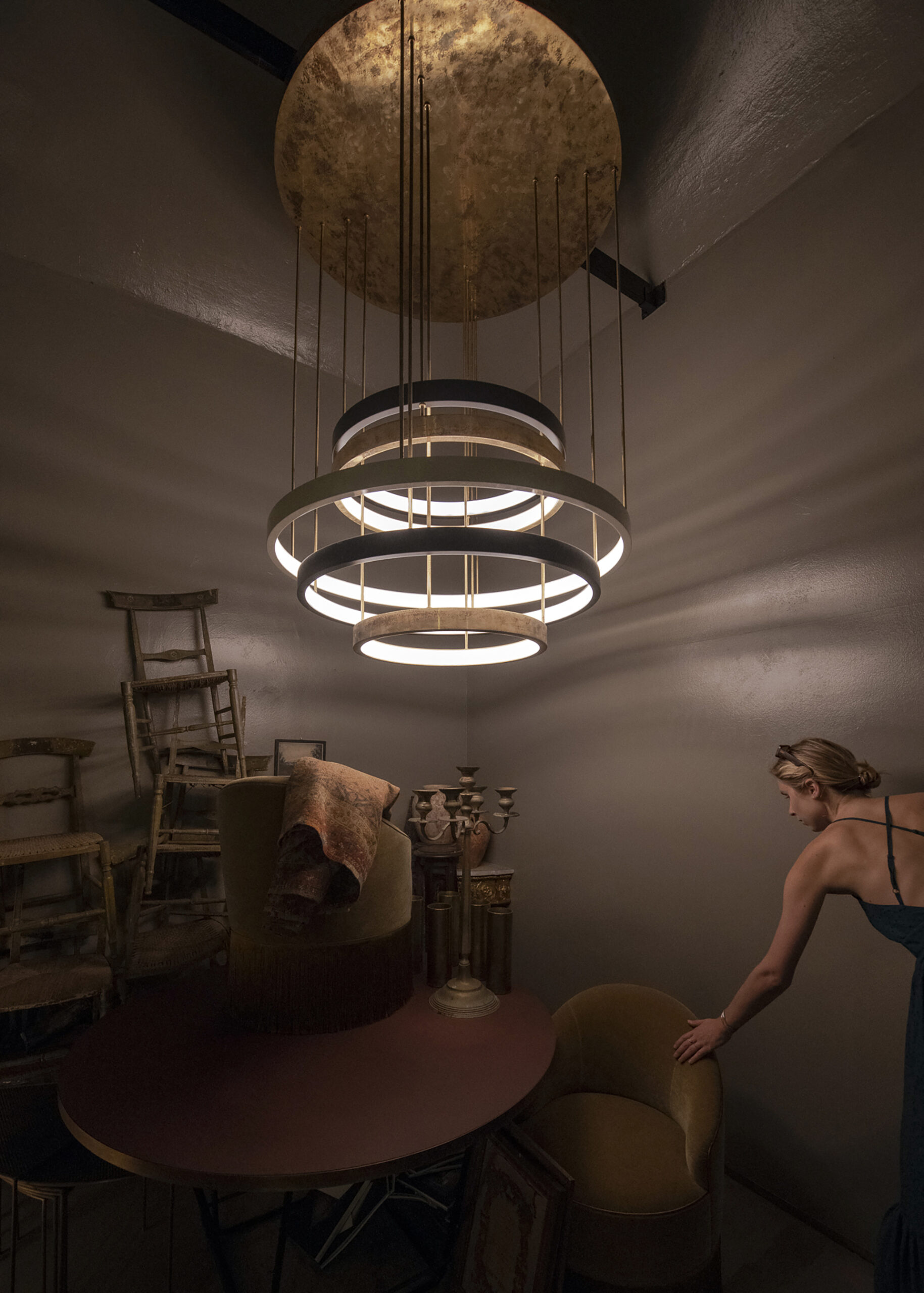
Elisa Ossino_Apartment Brera
Milan Design Week / Salone del Mobile 2022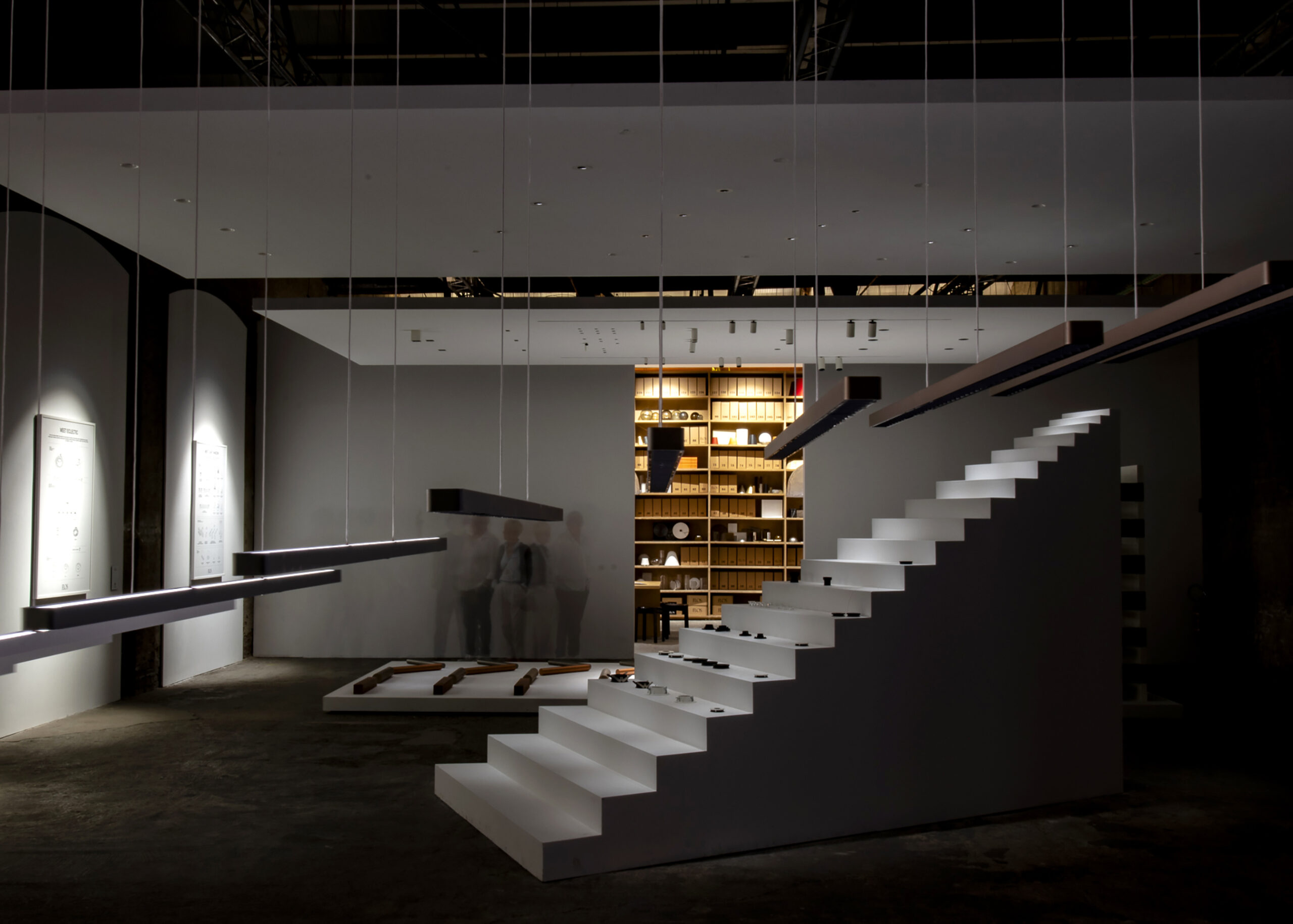
FLOS Ecletic_Fabbrica Orobia
Milan Design Week / Fuori Salone 2022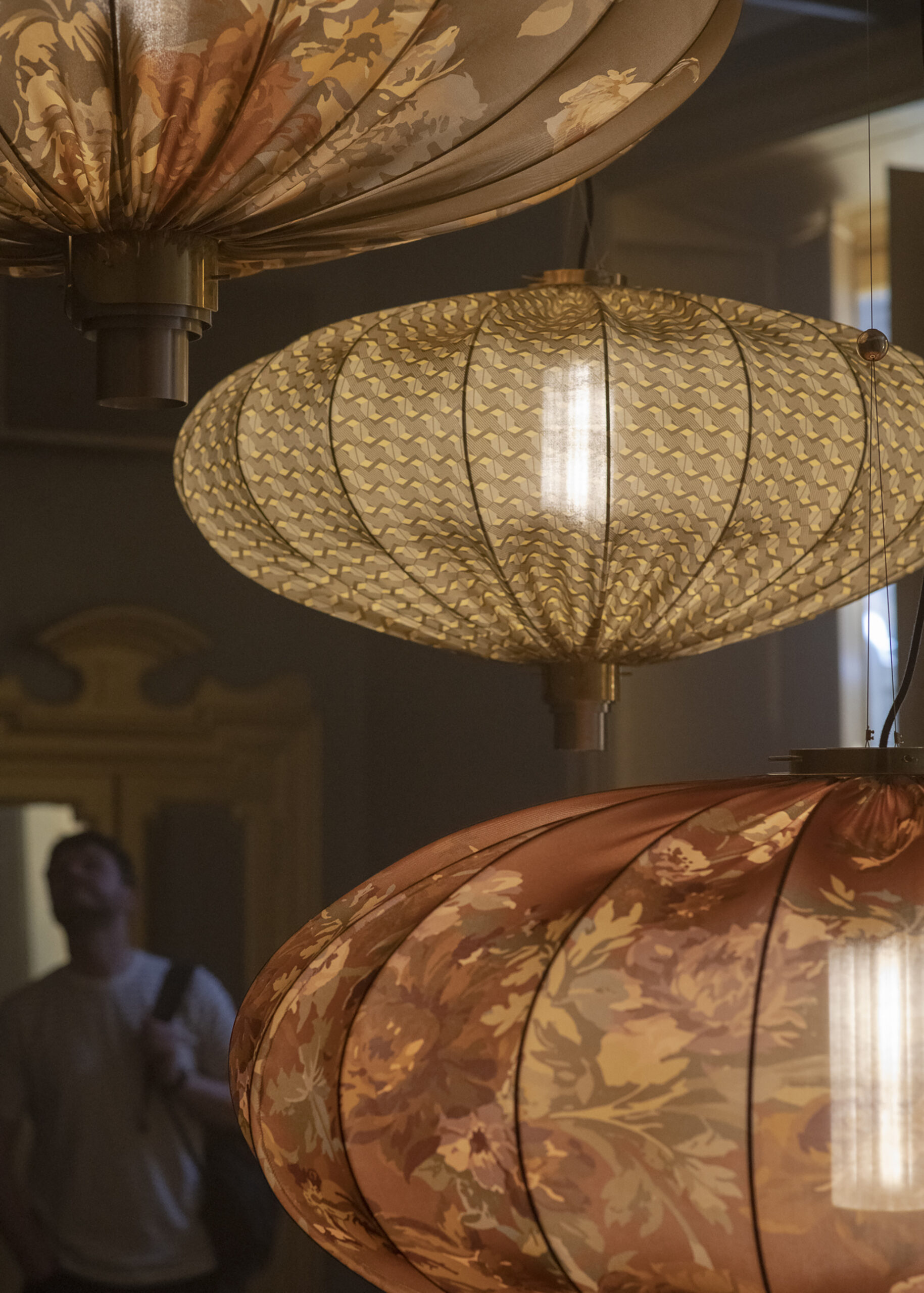
DIMORE_Oubliè
Brera Design Week / Salone del Mobile 2022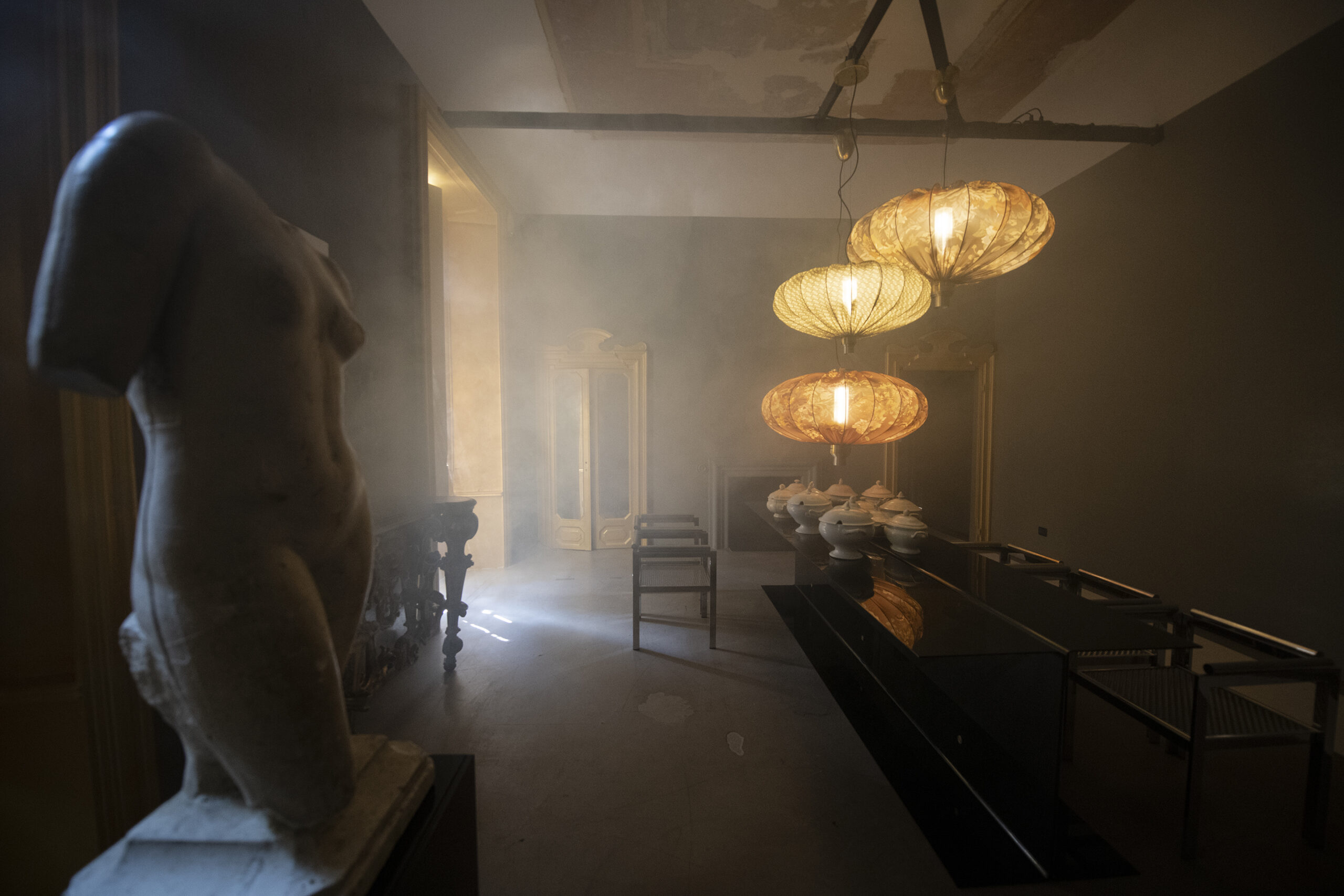
DIMORE_Oubliè
Brera Design Week / Salone del Mobile 2022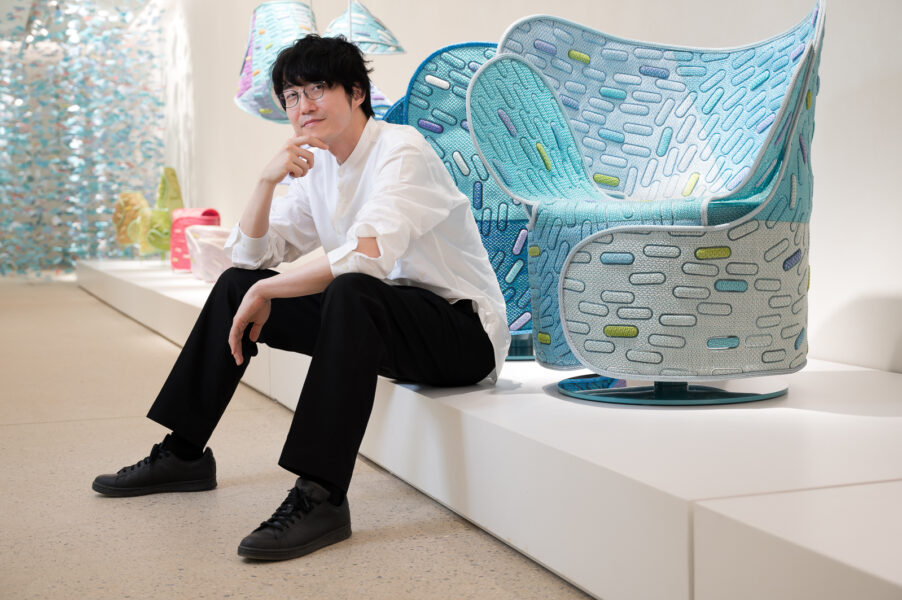
DIMORE_Oubliè
Brera Design Week / Salone del Mobile 2022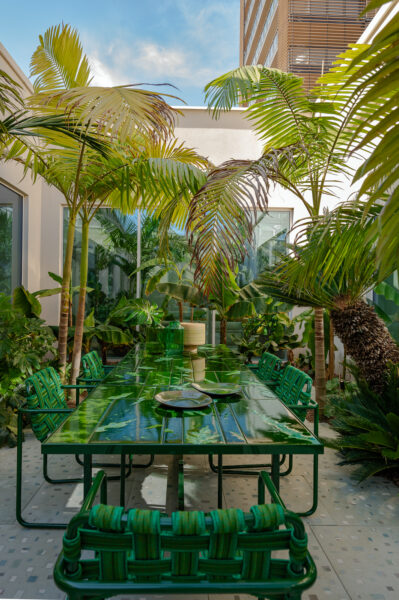
DIMORE_Oubliè
Brera Design Week / Salone del Mobile 2022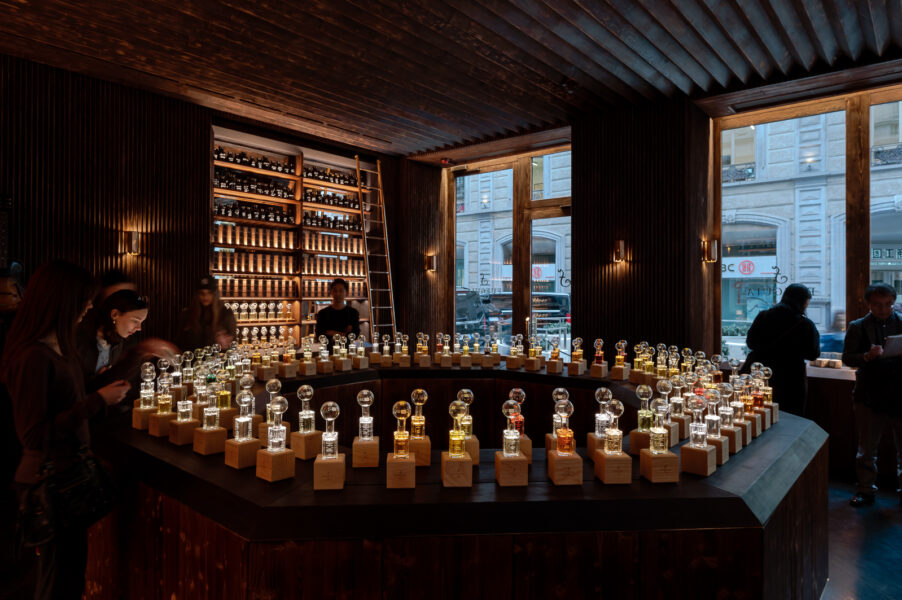
DIMORE_Oubliè
Brera Design Week / Salone del Mobile 2022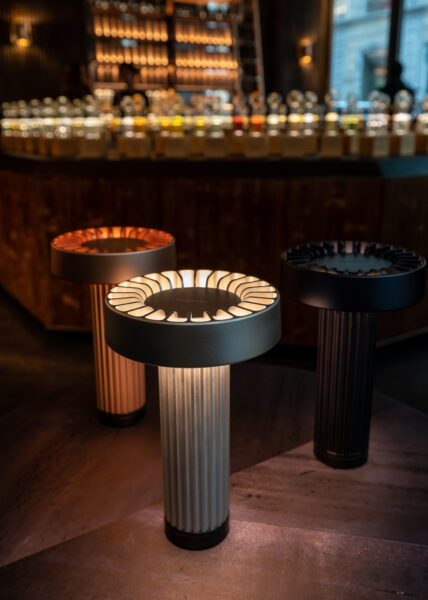
DIMORE_Oubliè
Brera Design Week / Salone del Mobile 2022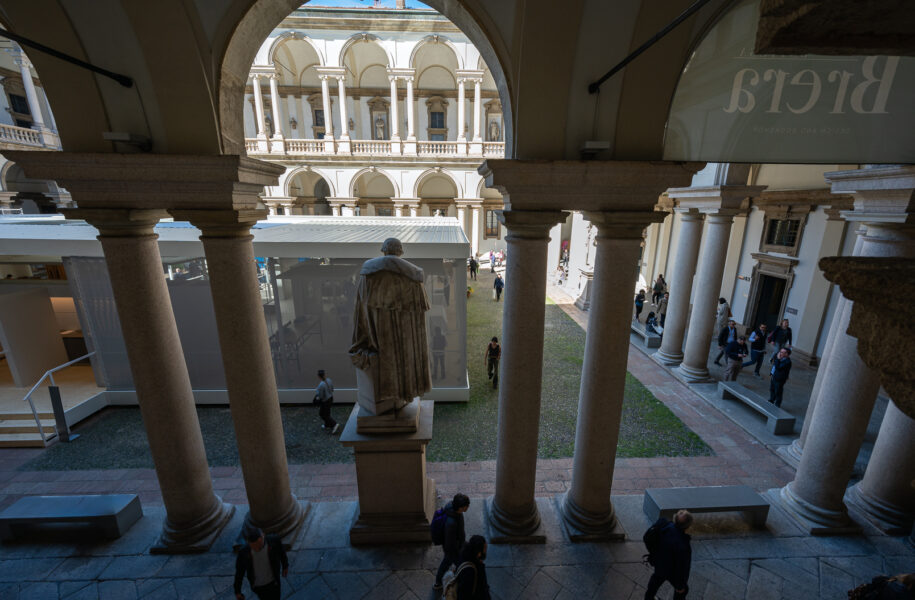
DIMORE_Oubliè
Brera Design Week / Salone del Mobile 2022
MOLTENI & VAN DUYSEN @ MDW2024 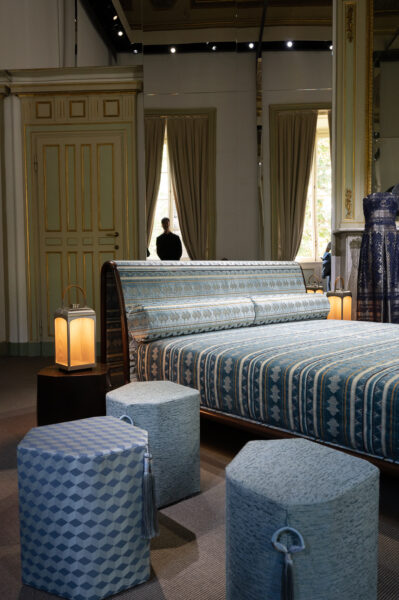
ARMANI CASA @ MDW2024 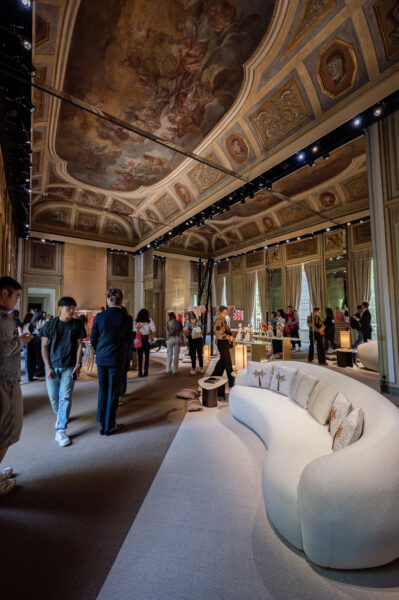
ARMANI CASA @ MDW2024 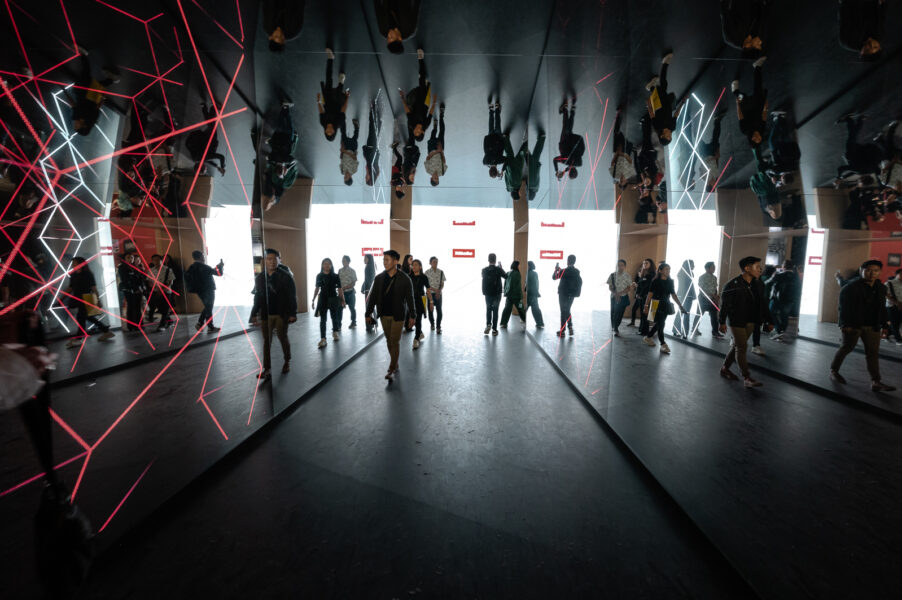
DIMORE_Oubliè
Brera Design Week / Salone del Mobile 2022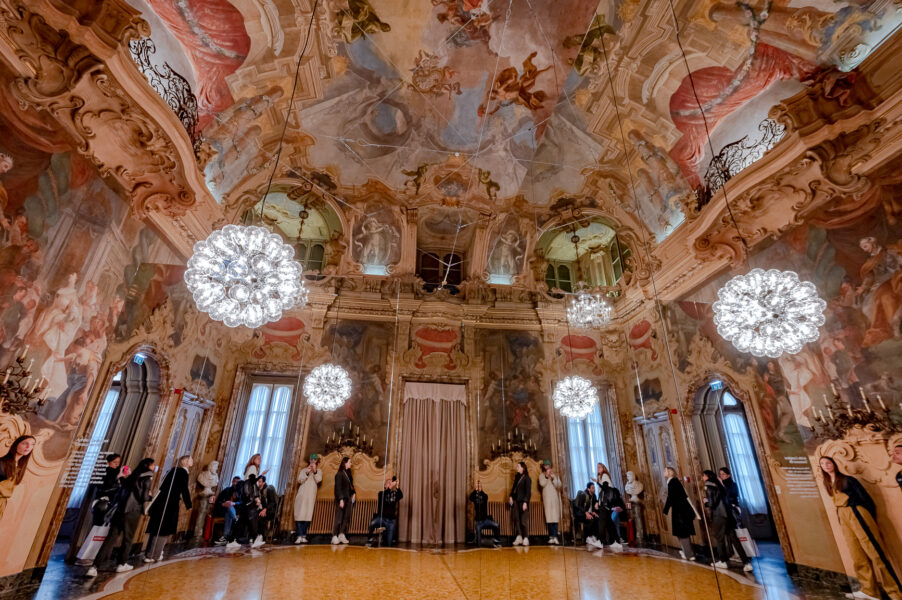
FLOS @ MDW2024 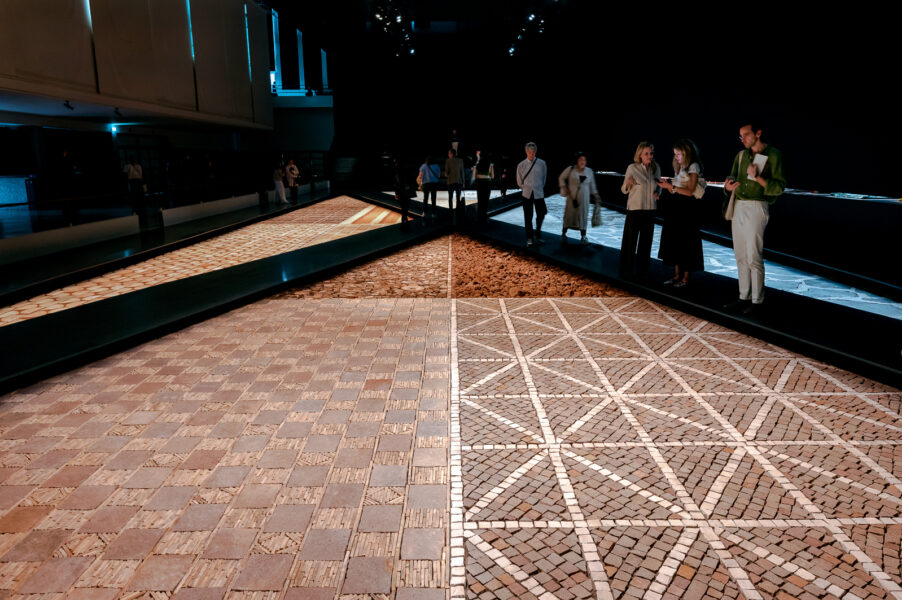
DIMORE_Oubliè
Brera Design Week / Salone del Mobile 2022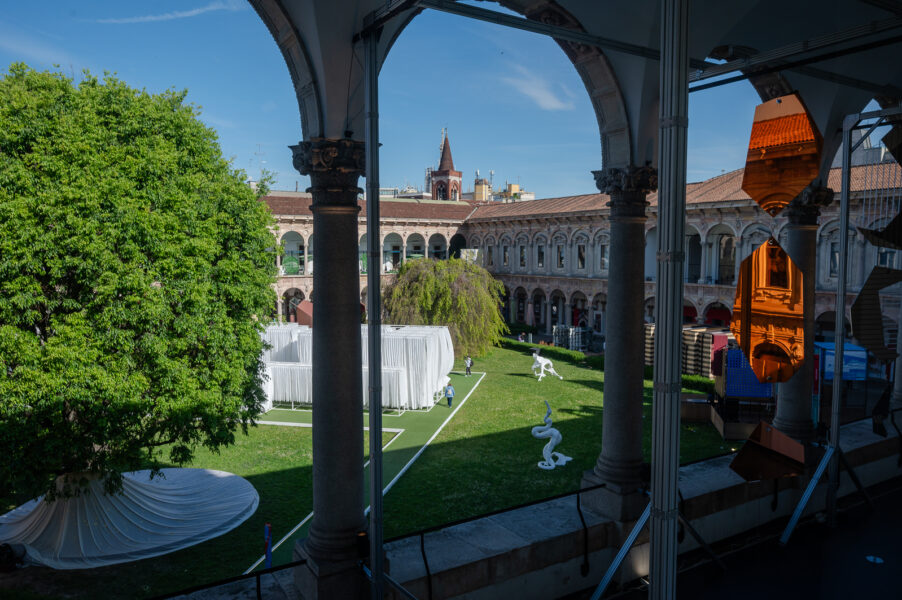
DIMORE_Oubliè
Brera Design Week / Salone del Mobile 2022
Milano Design Week is held at the beginning of Spring with the Salone del Mobile, Fuori Salone and Rho Fiera Milano and countless installations and events spread throughout the city.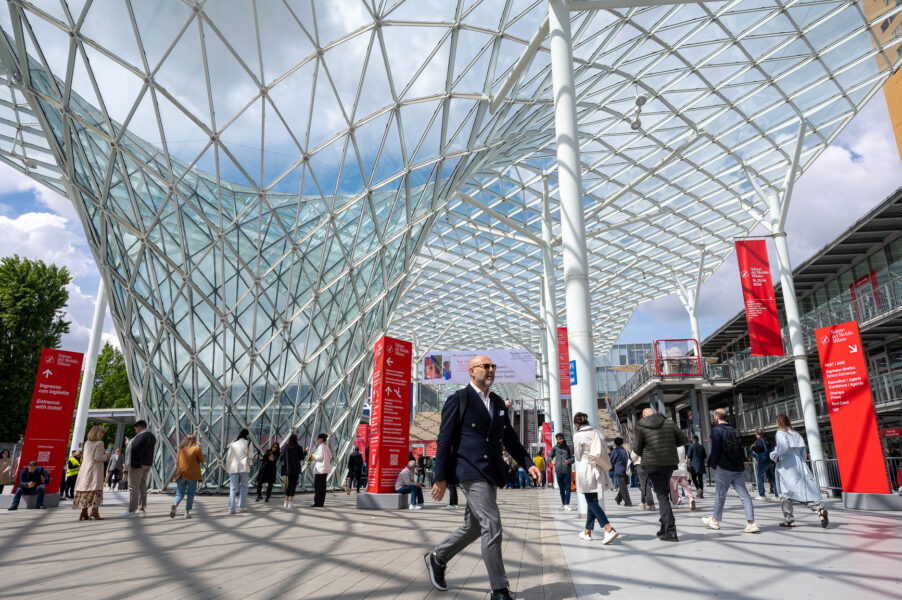
MDW 2024 _ Fiera / Exterior views for Kateigaho Since it’s first set up in 1961, the Salone Internazionale del Mobile is a hub of experimentation and cross-pollination, a meeting point and a place for new opportunities to reflect on the world of design and planning.
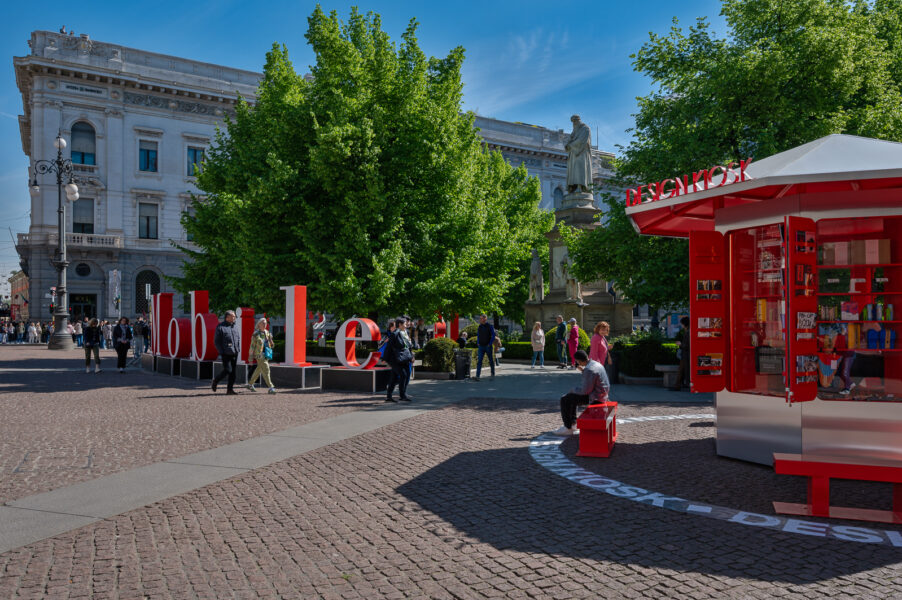
Here above you’ll find an extensive series of portraits of designers, products and architectural spaces gathered across assignments for Kateigaho and Modern Living Japan in occasion of the last three editions of the Milan Design Week 2022 ~ 24.
-
Beretta
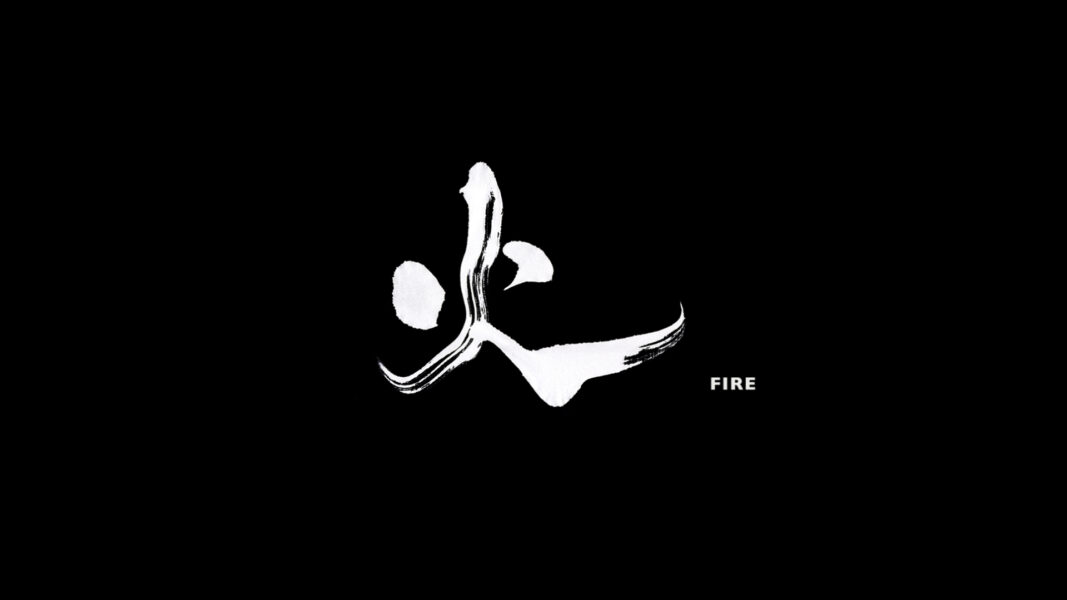
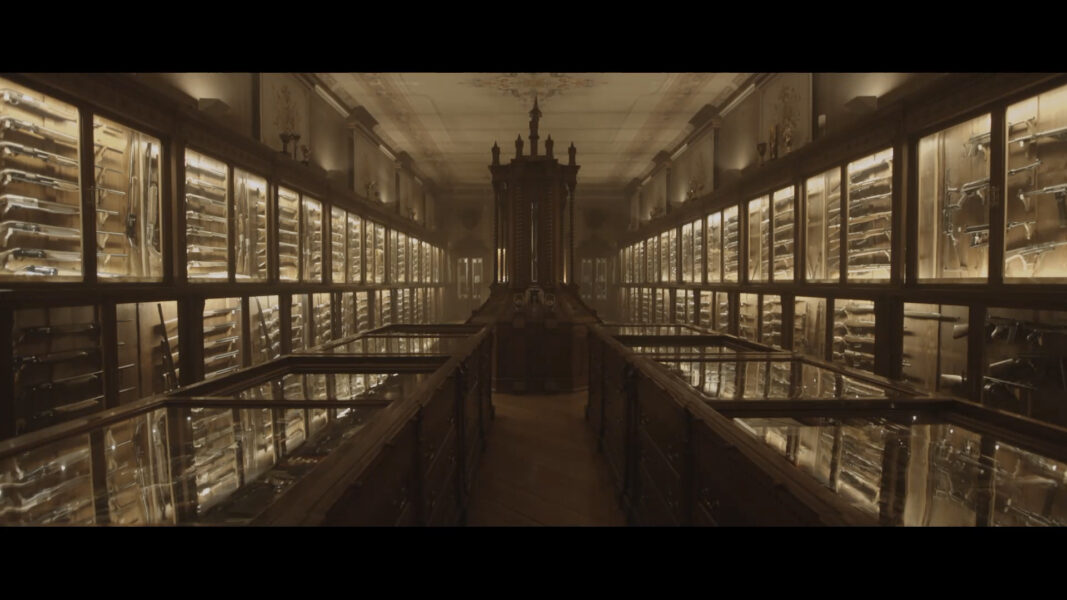
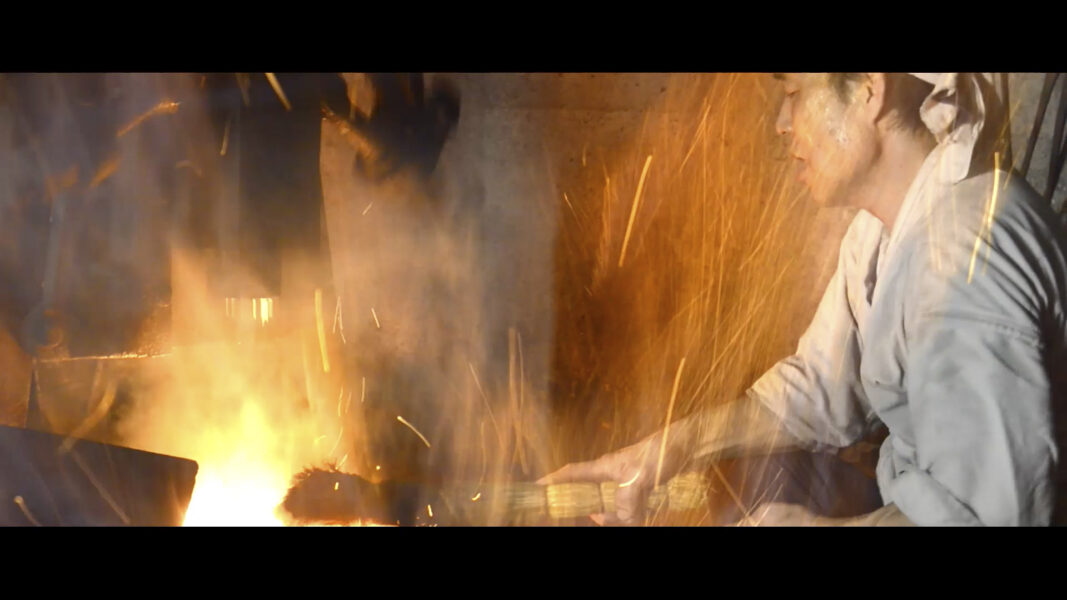
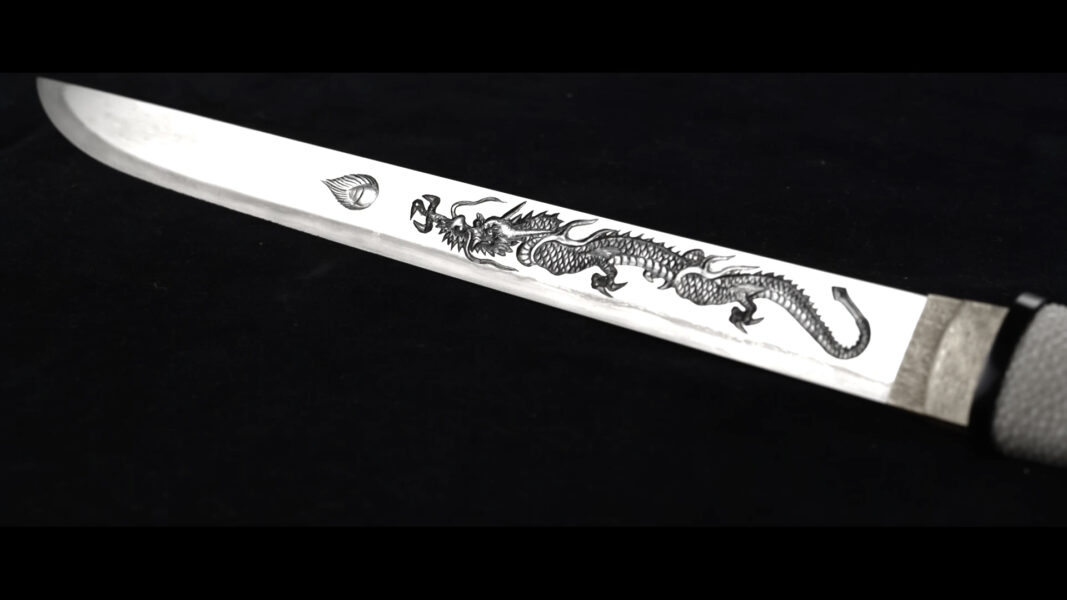
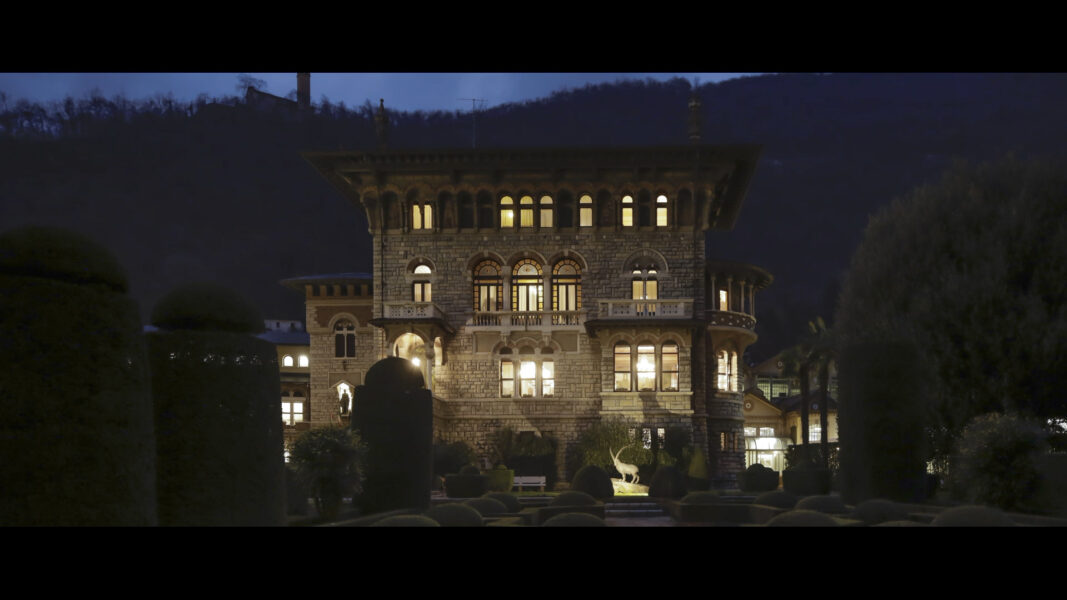
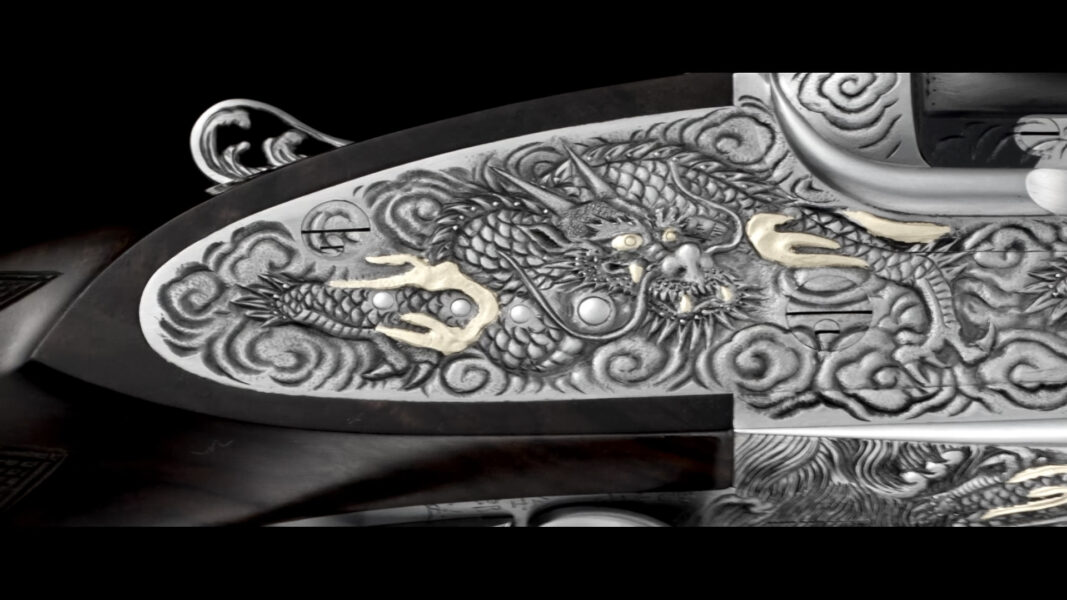
Beretta overview
-
Jadeite
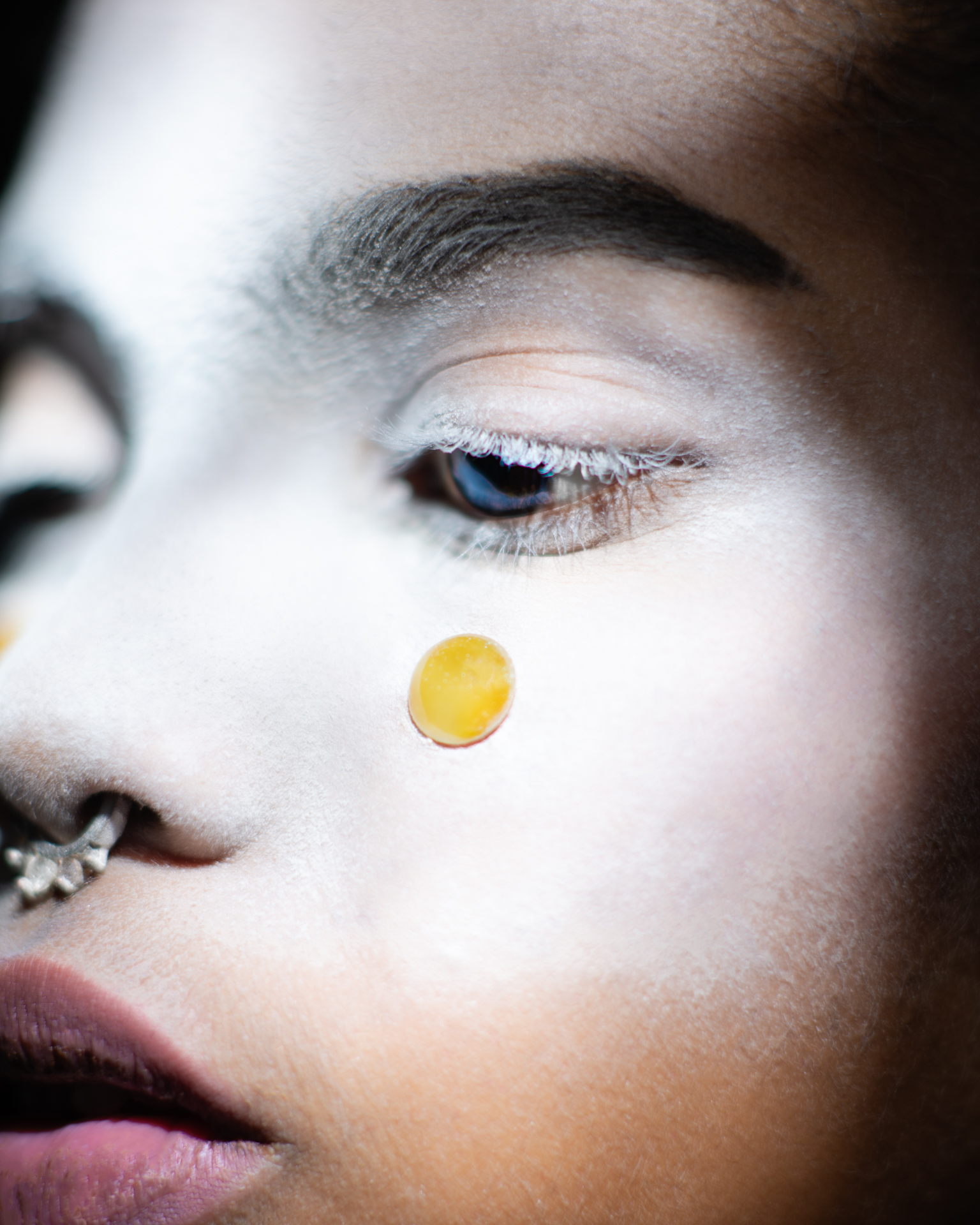
Jadeite # 01_2023 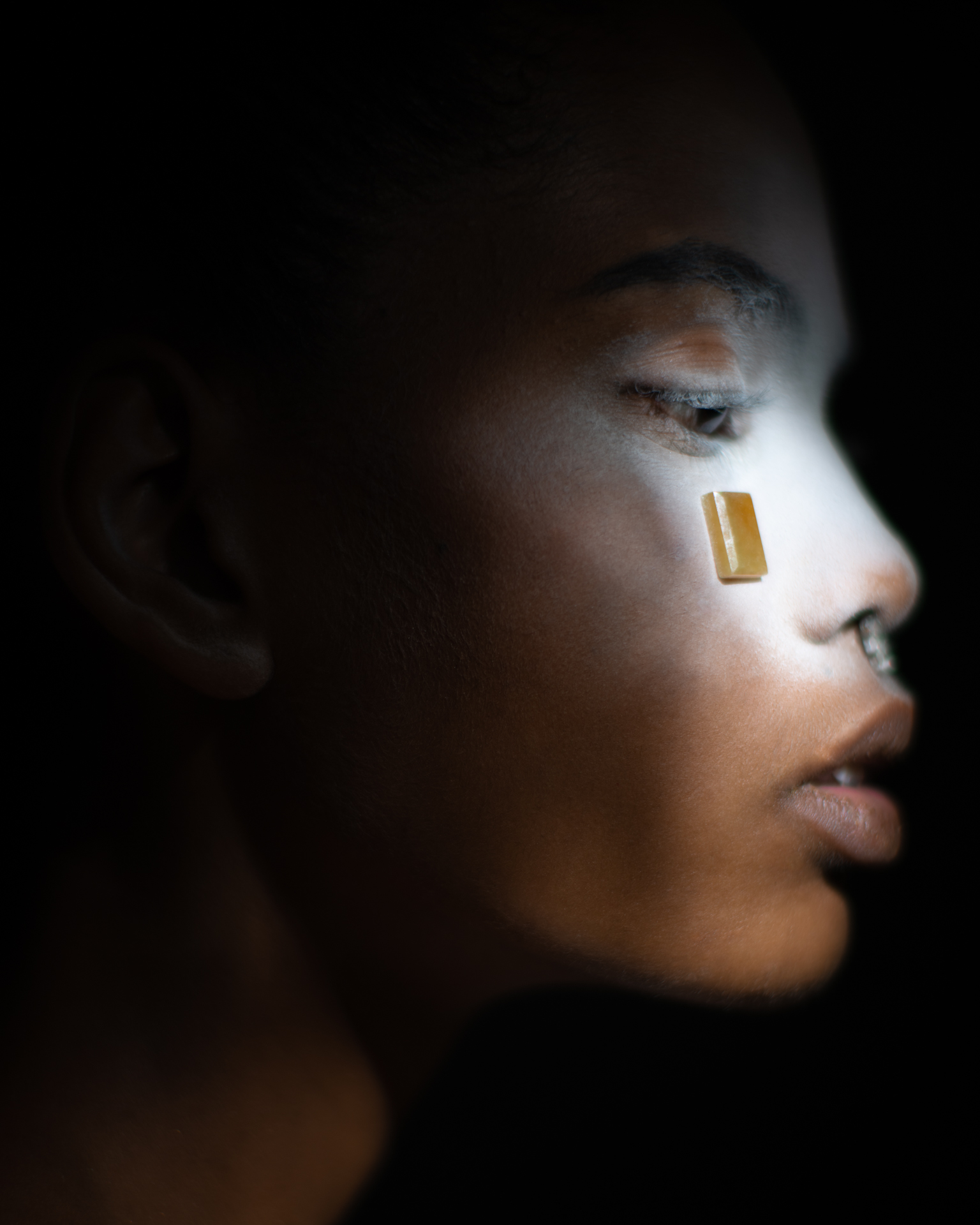
Jadeite # 02_2023 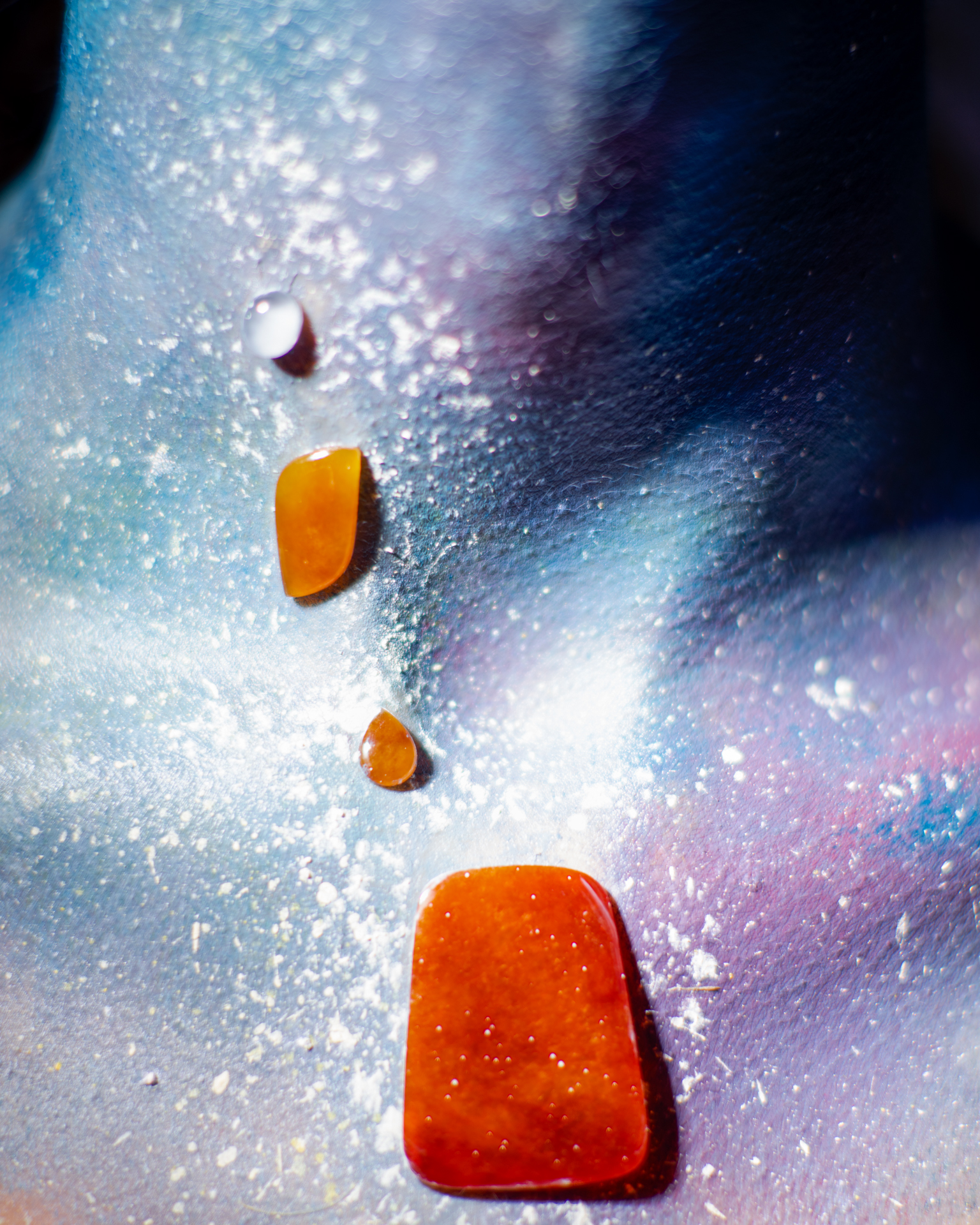
Jadeite # 03_2023 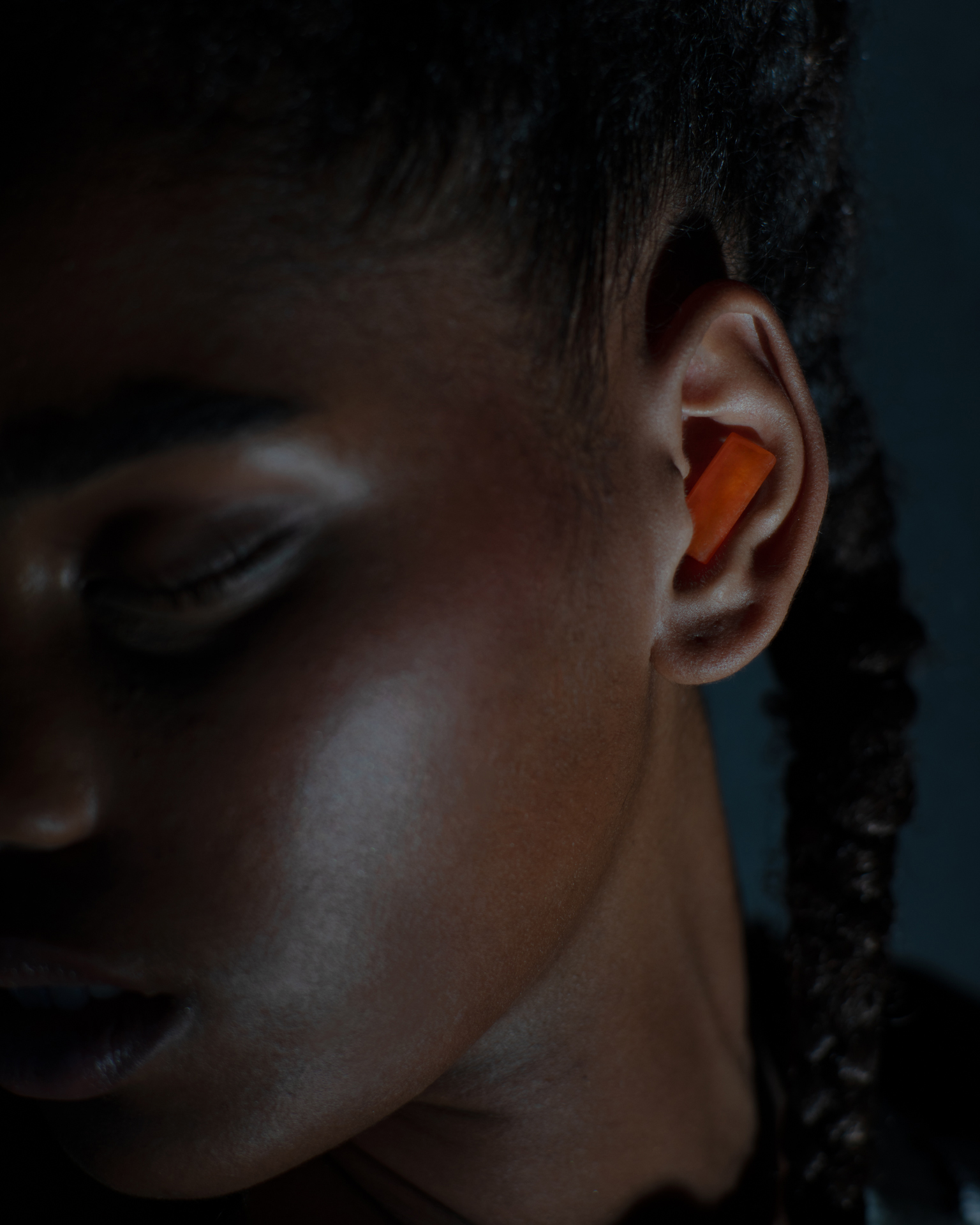
Jadeite # 04_2023 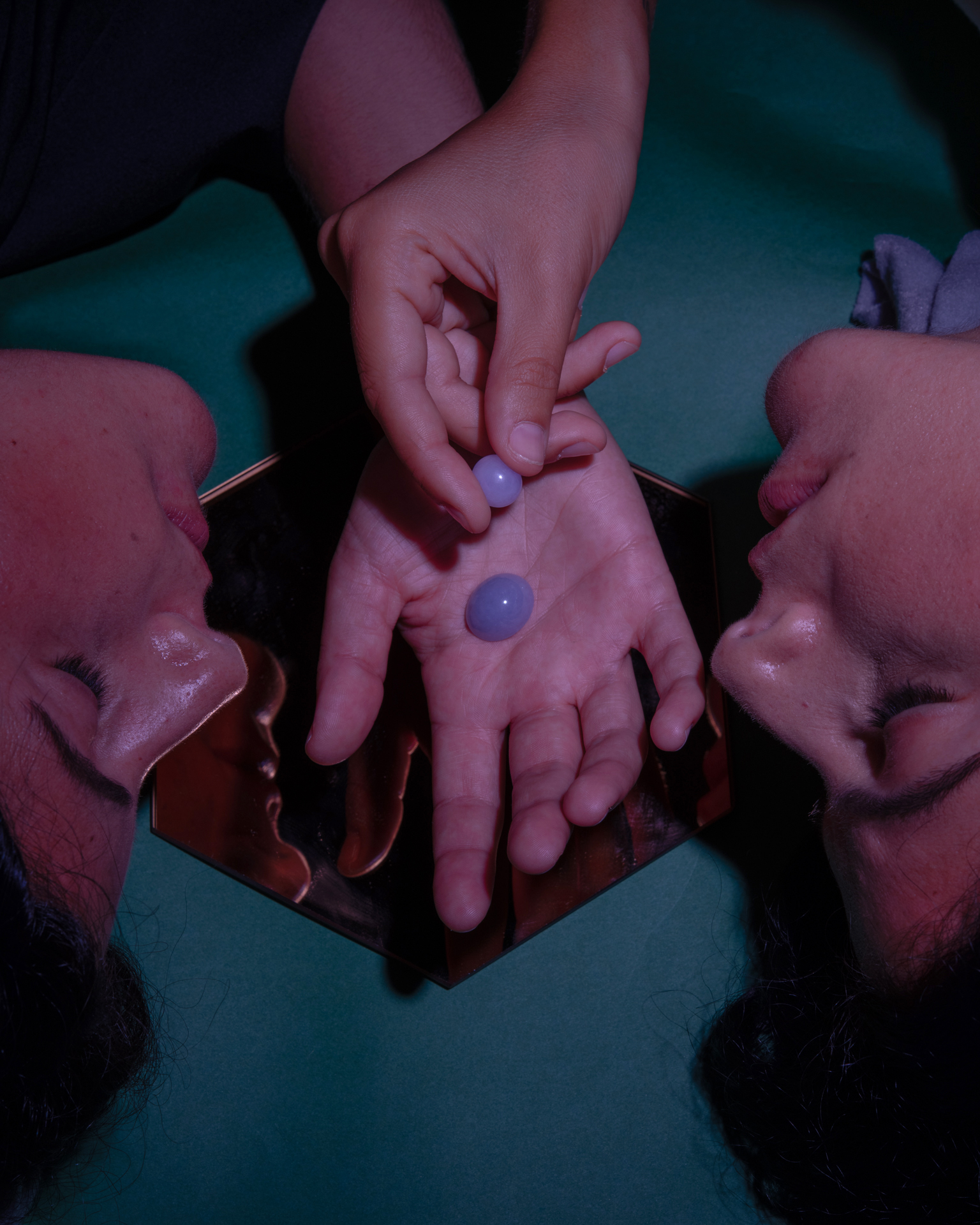
Jadeite # 05_2023 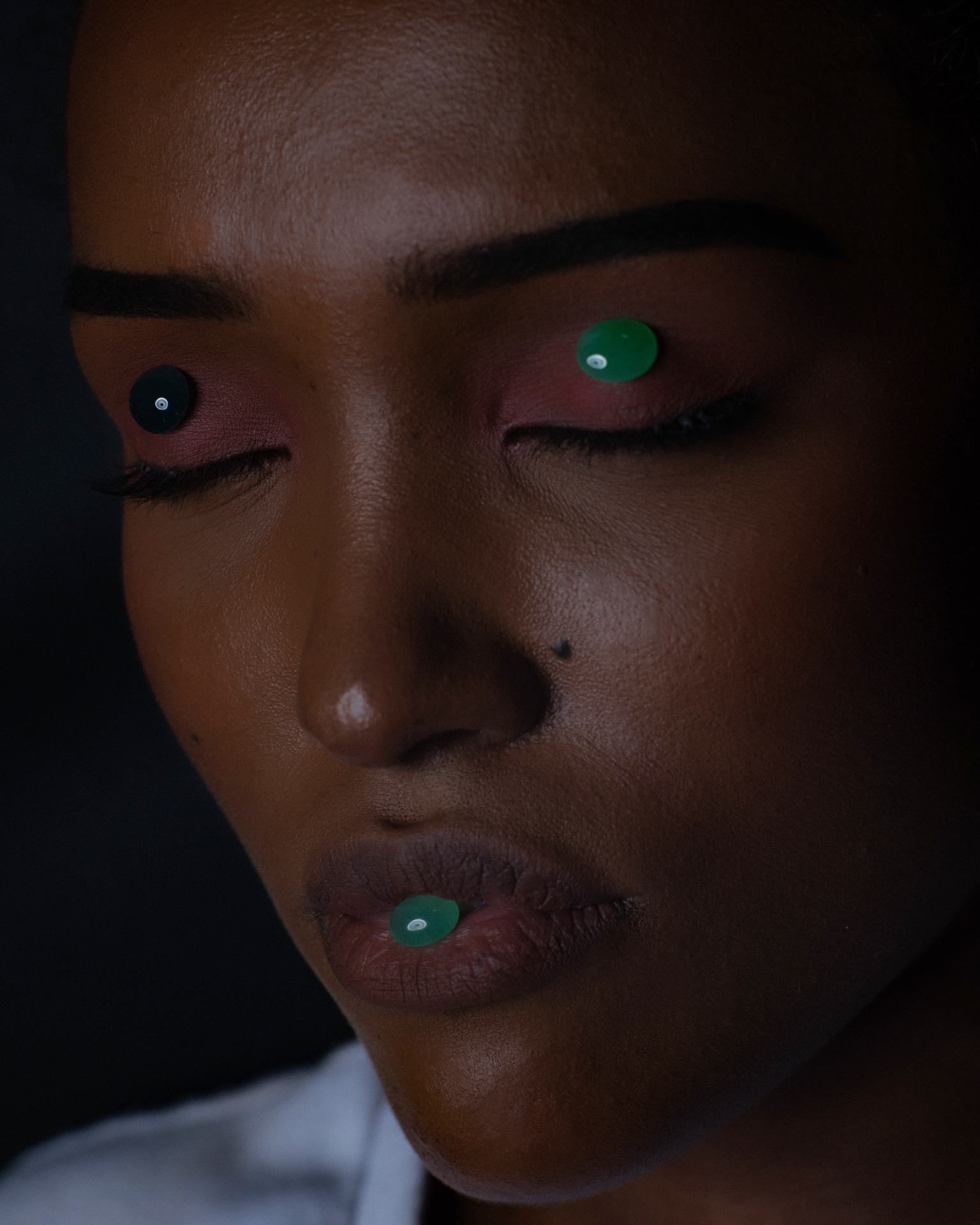
Jadeite # 06_2023 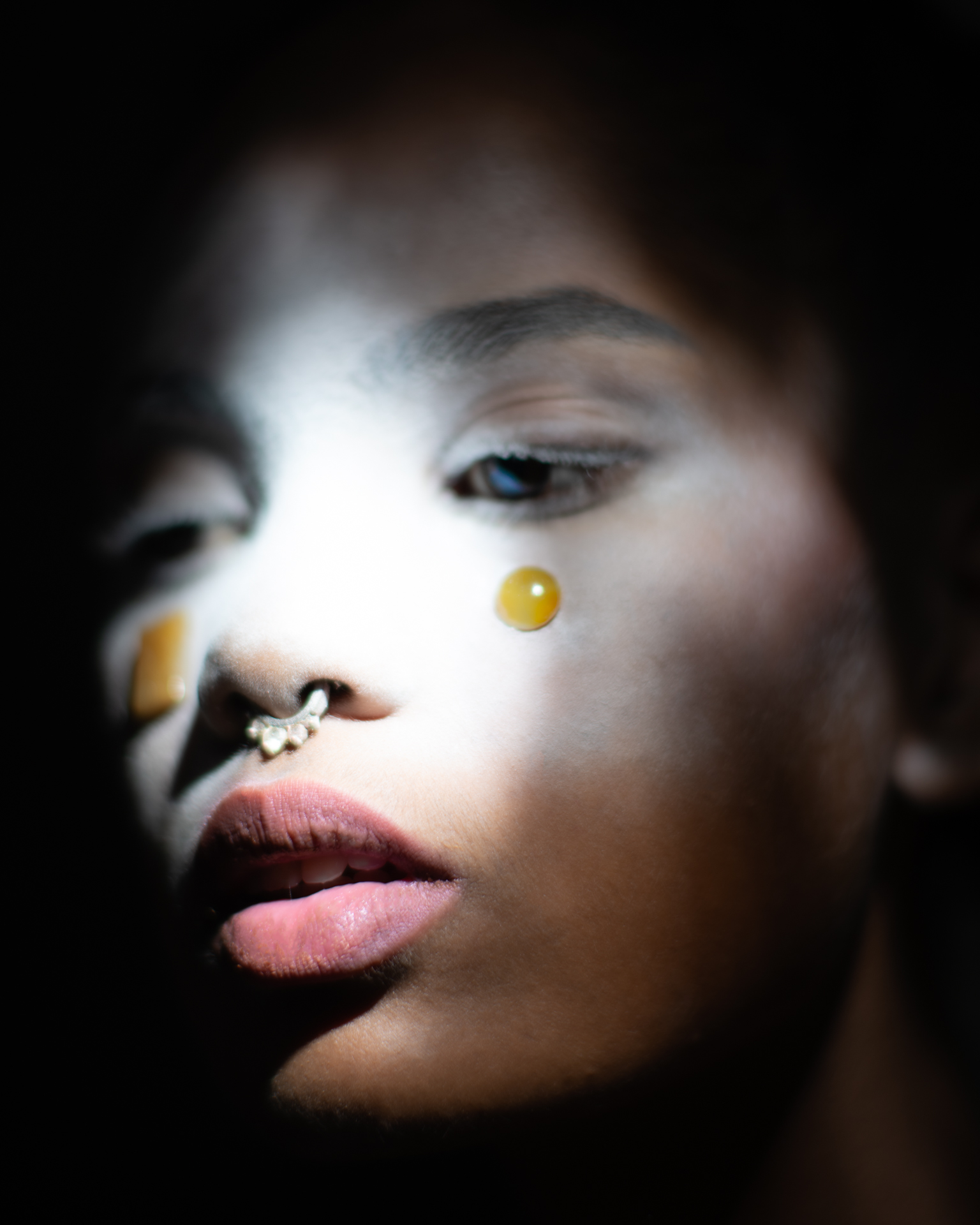
Jadeite # 07_2023 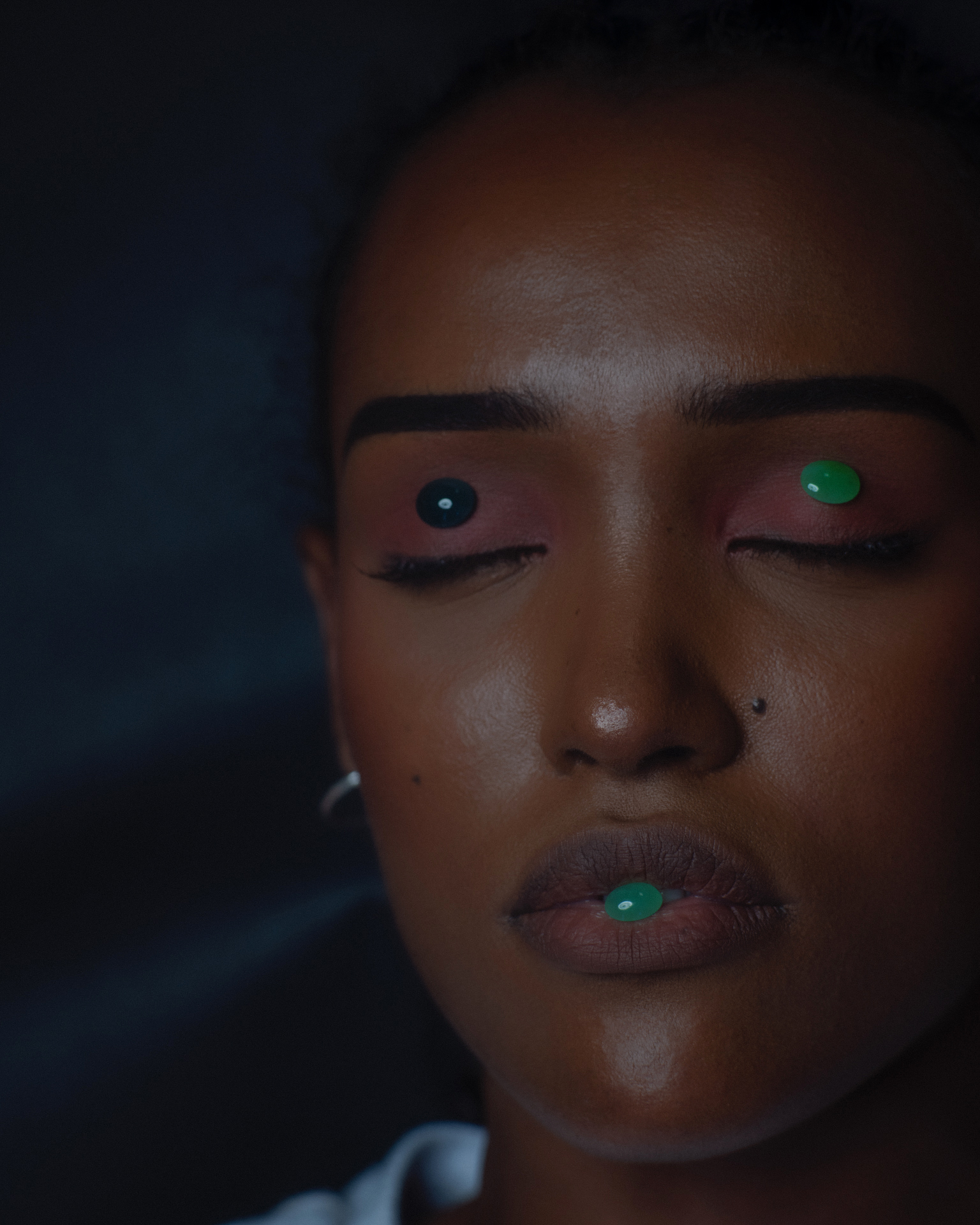
Jadeite # 09_2023 
Jadeite # 08_2023 Jadeite is a project for an innovative Chinese brand exploring the connection in between humans and gemstones. In the history of the art of the Chinese empire, jade has had a special significance, comparable with that of gold and diamonds in the West.
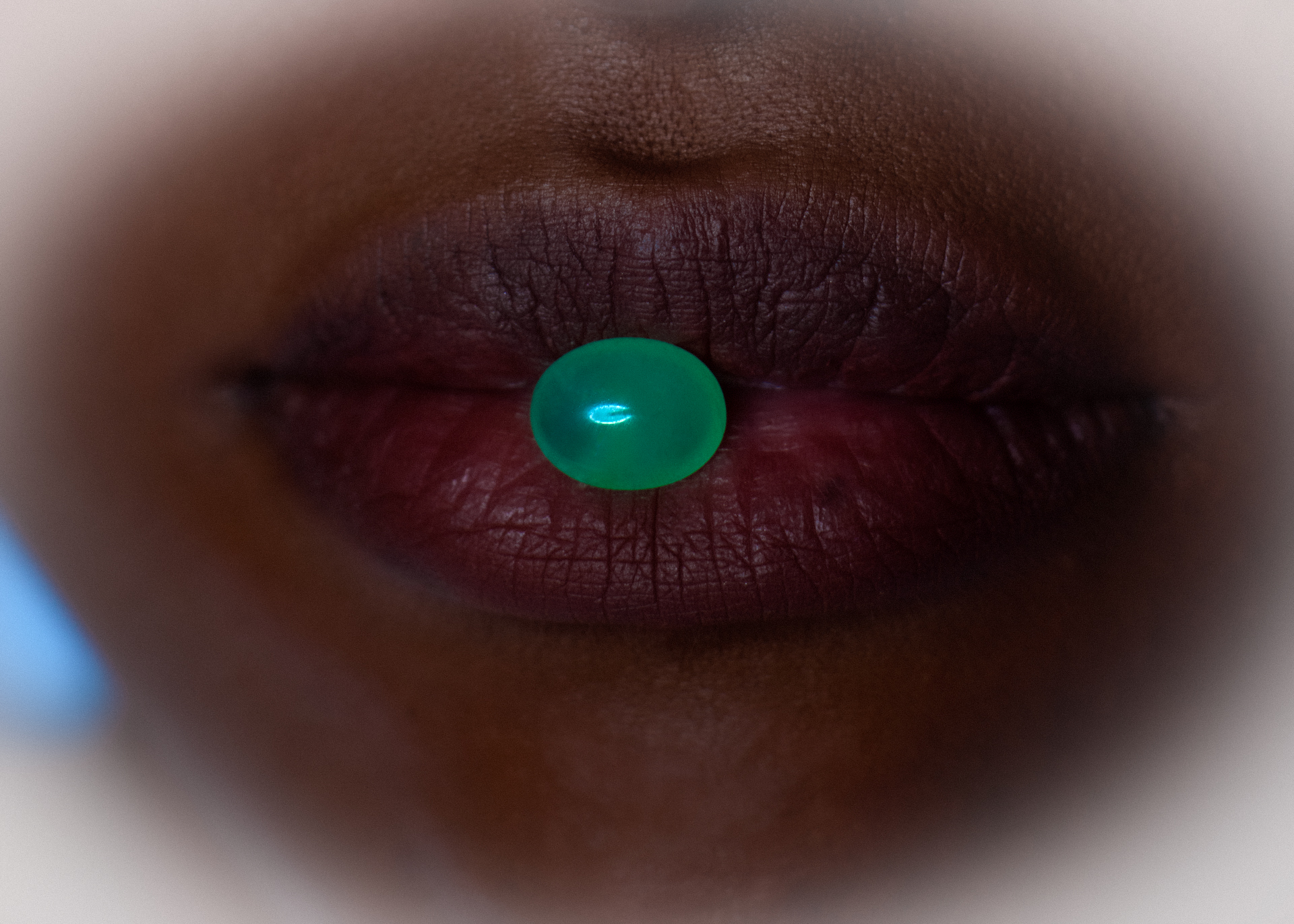
Jade was used for the finest objects and cult figures, and for grave furnishings for high-ranking members of the imperial family. As a spiritual companion, a high quality pure gem bead not only serves as part of a person’s jewellery but also takes you on an alchemical journey engaging your joy, energy and vitality in life.